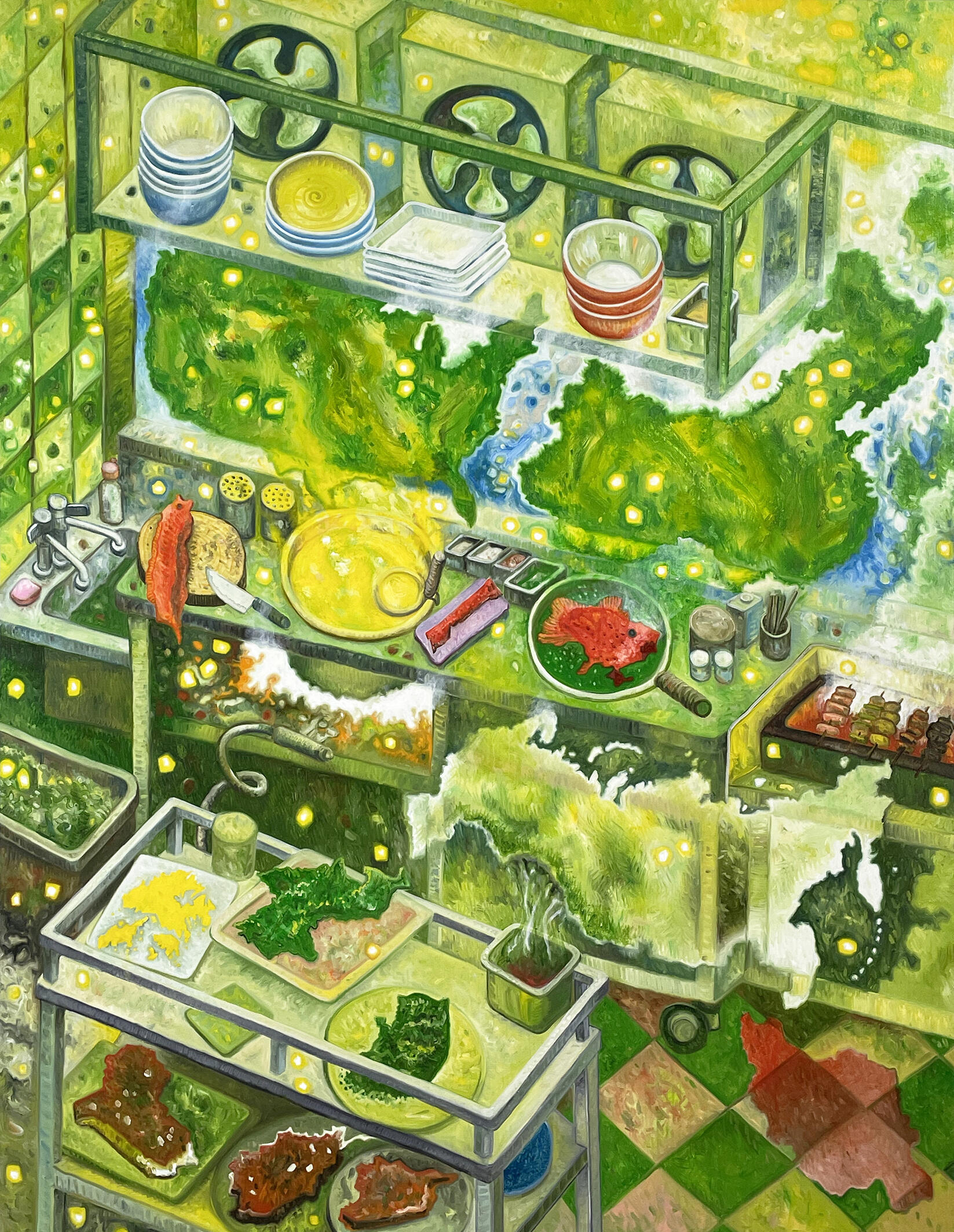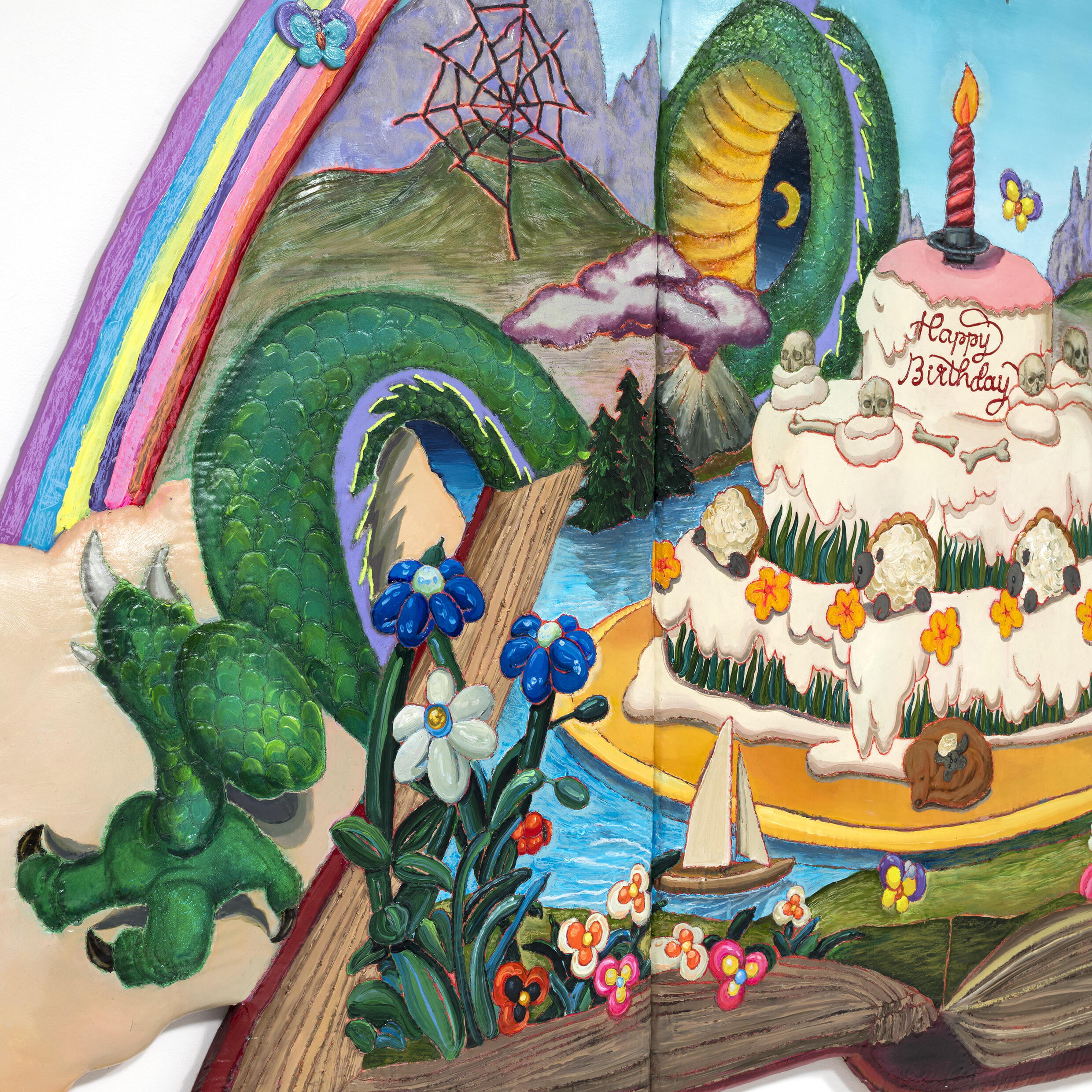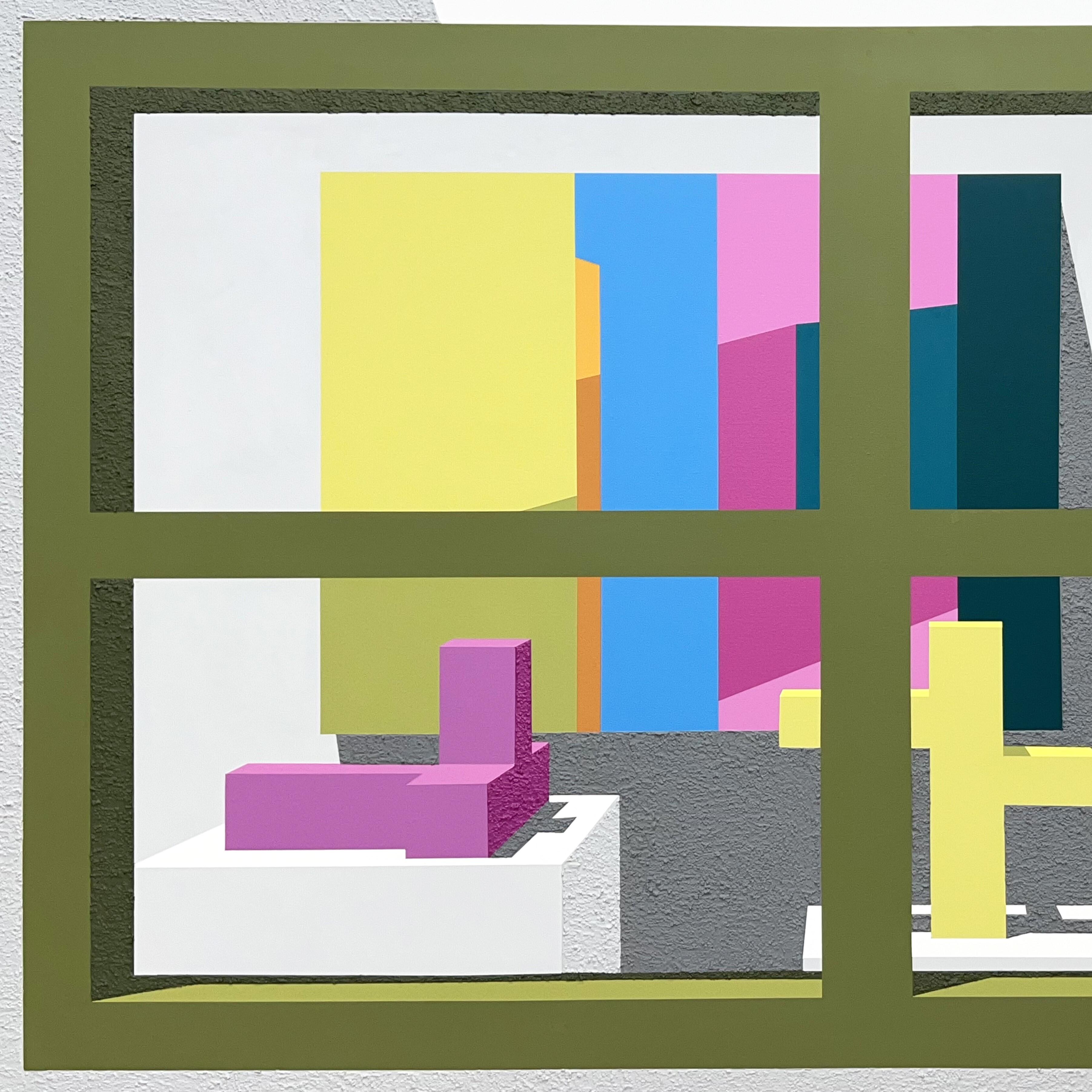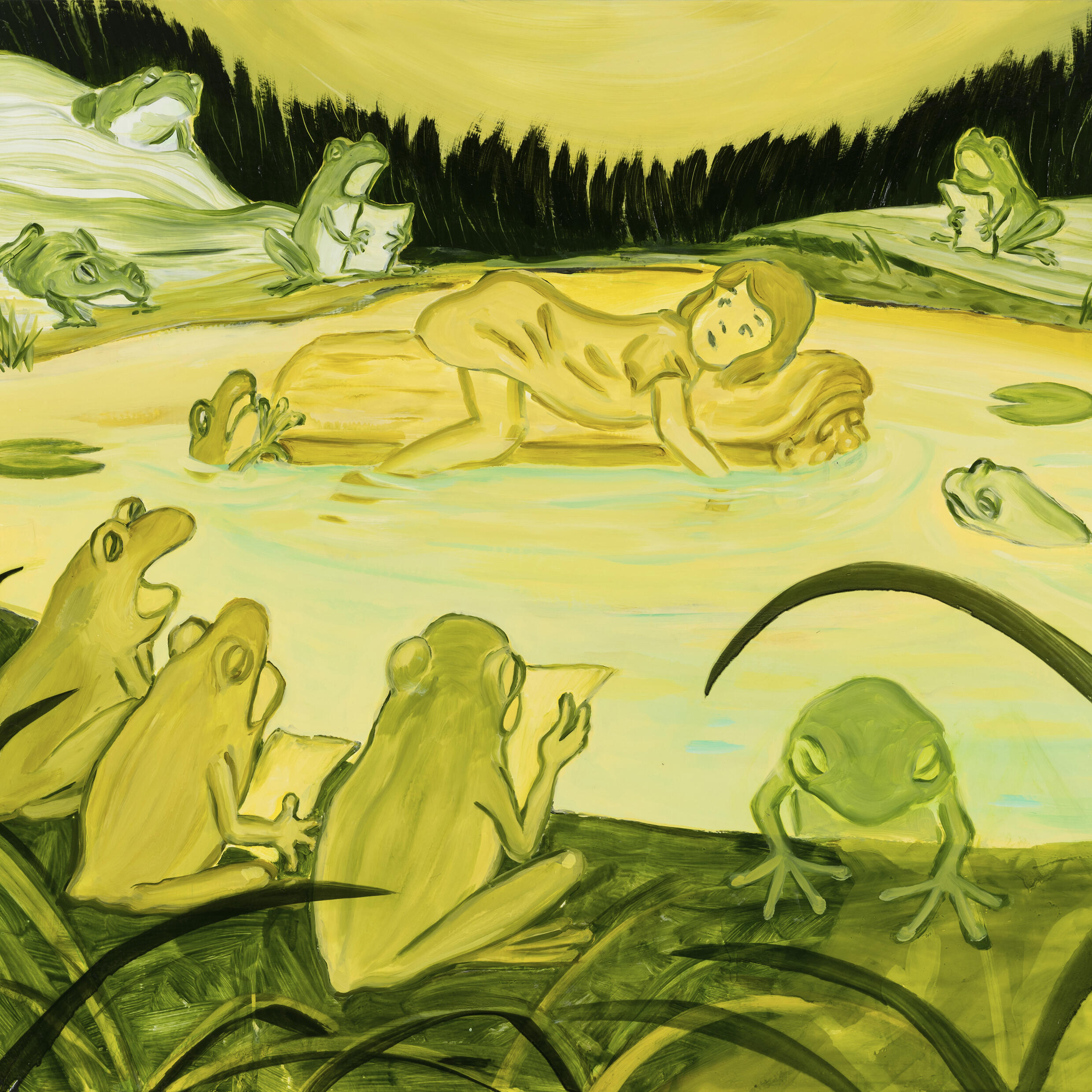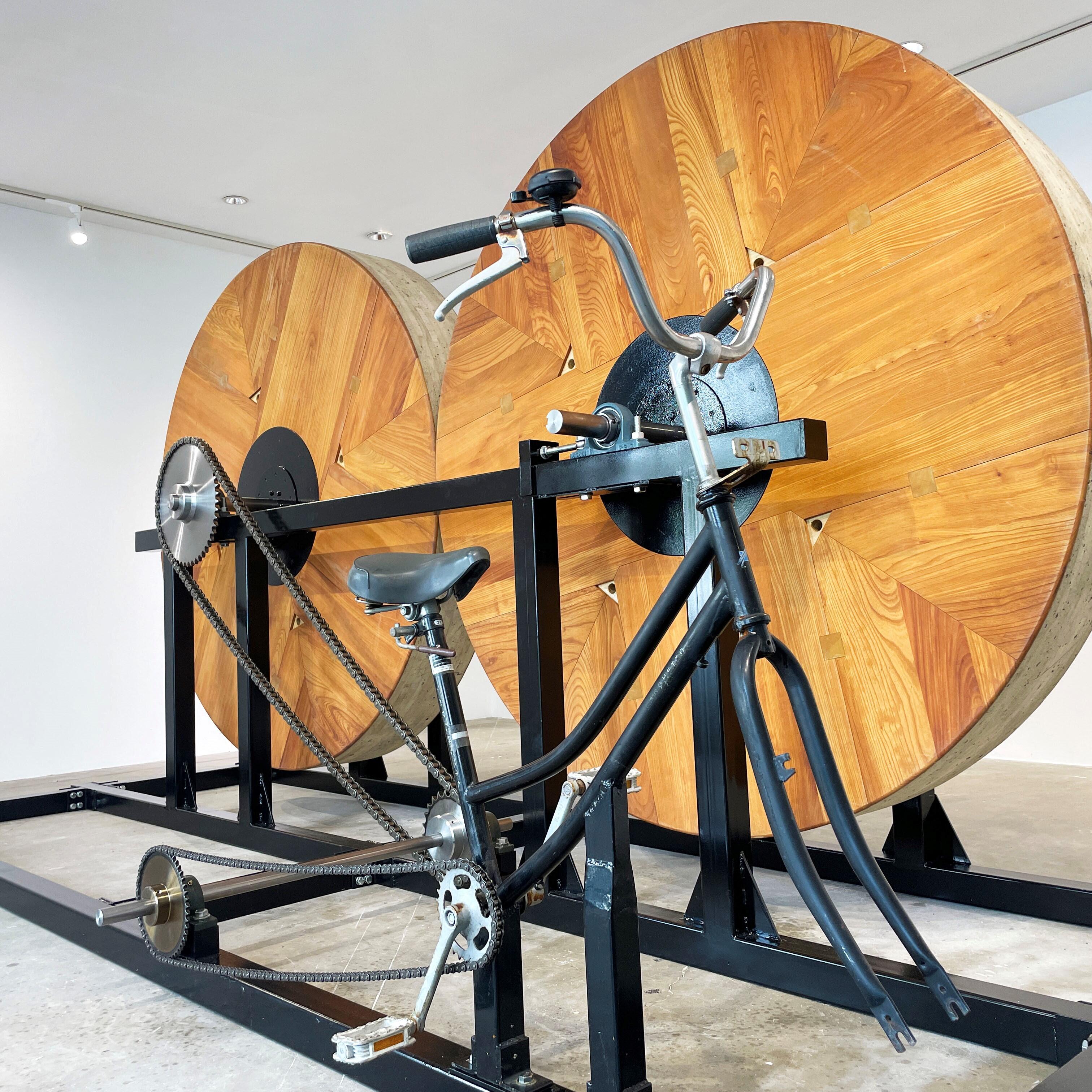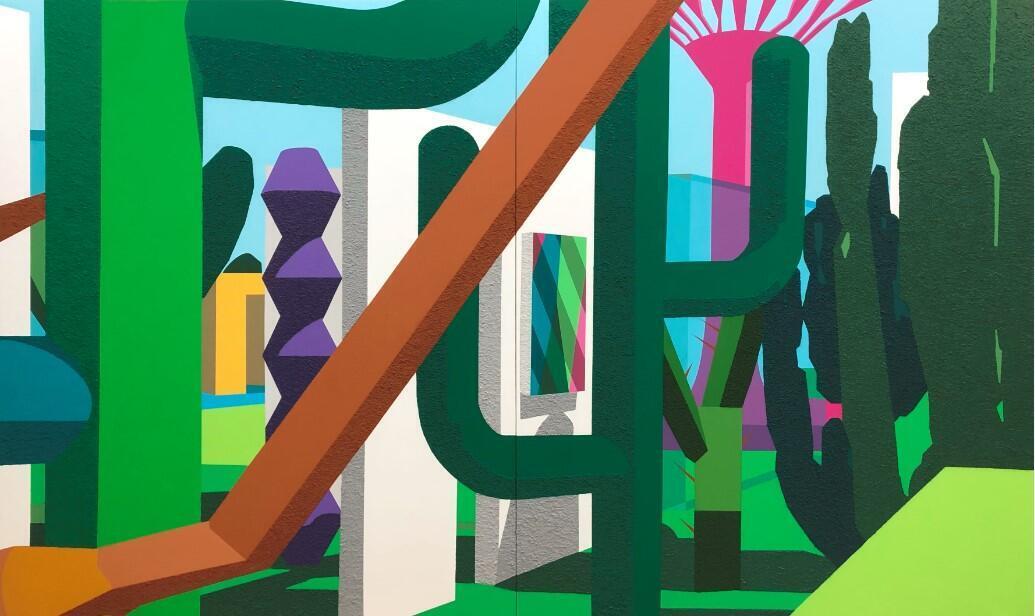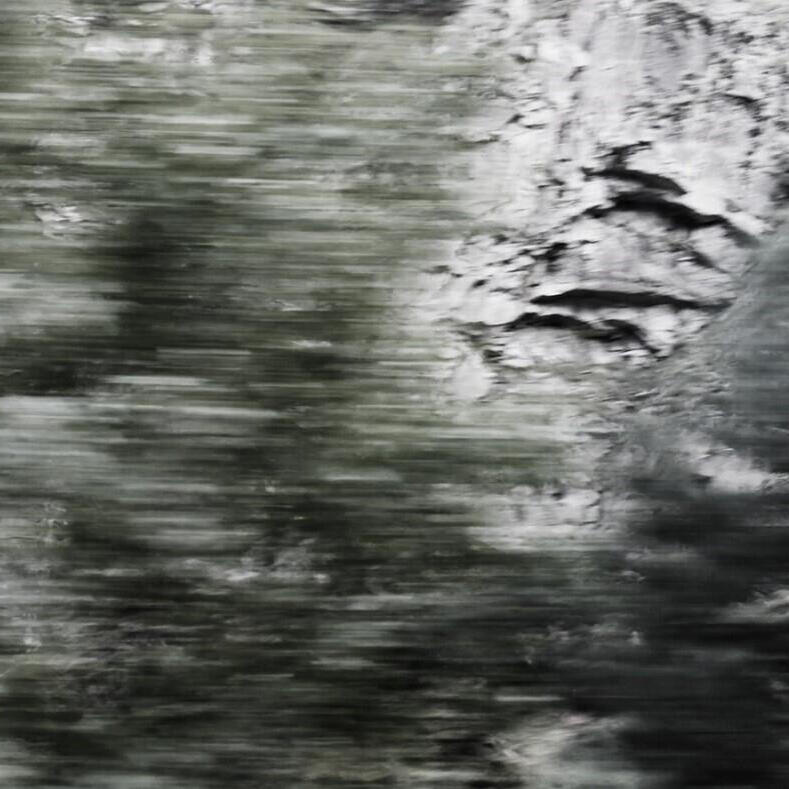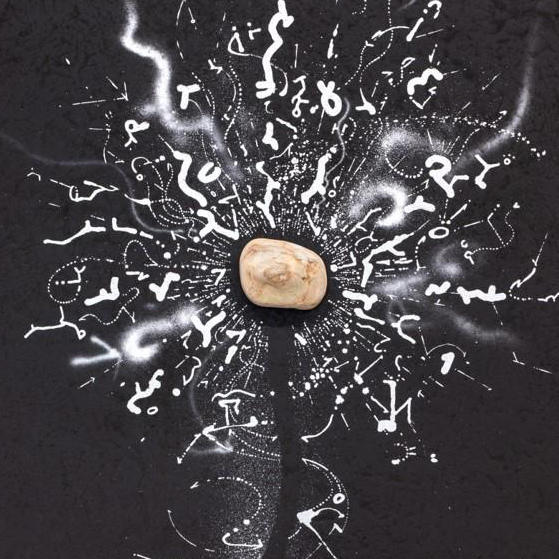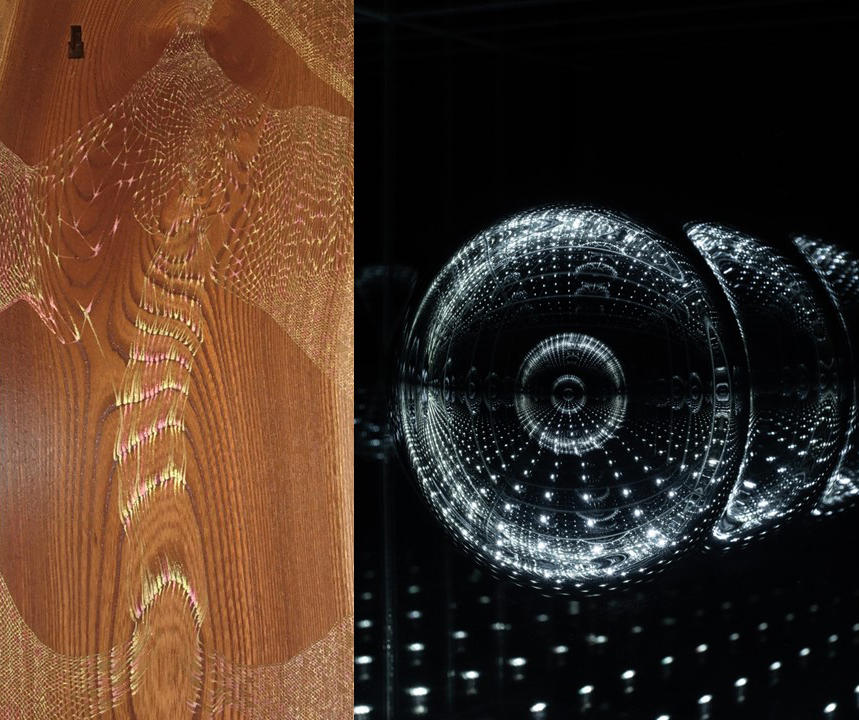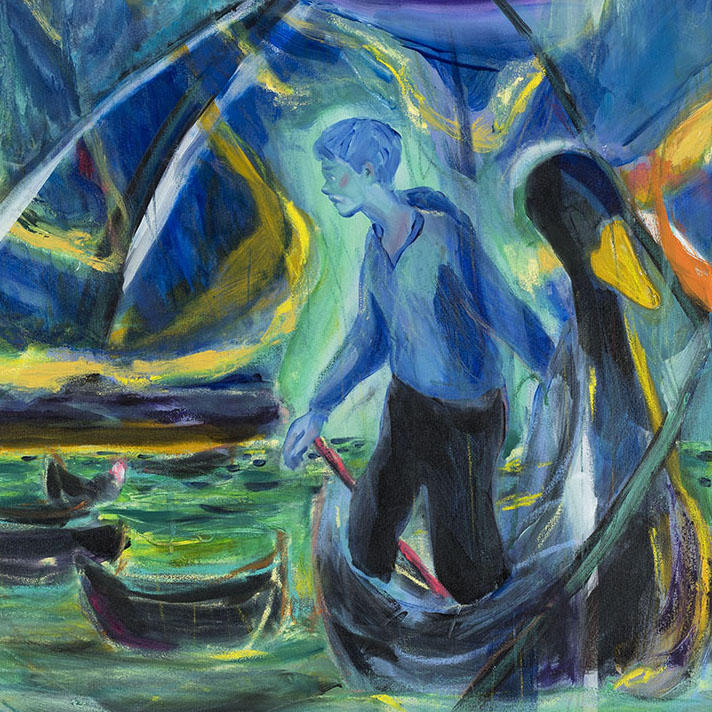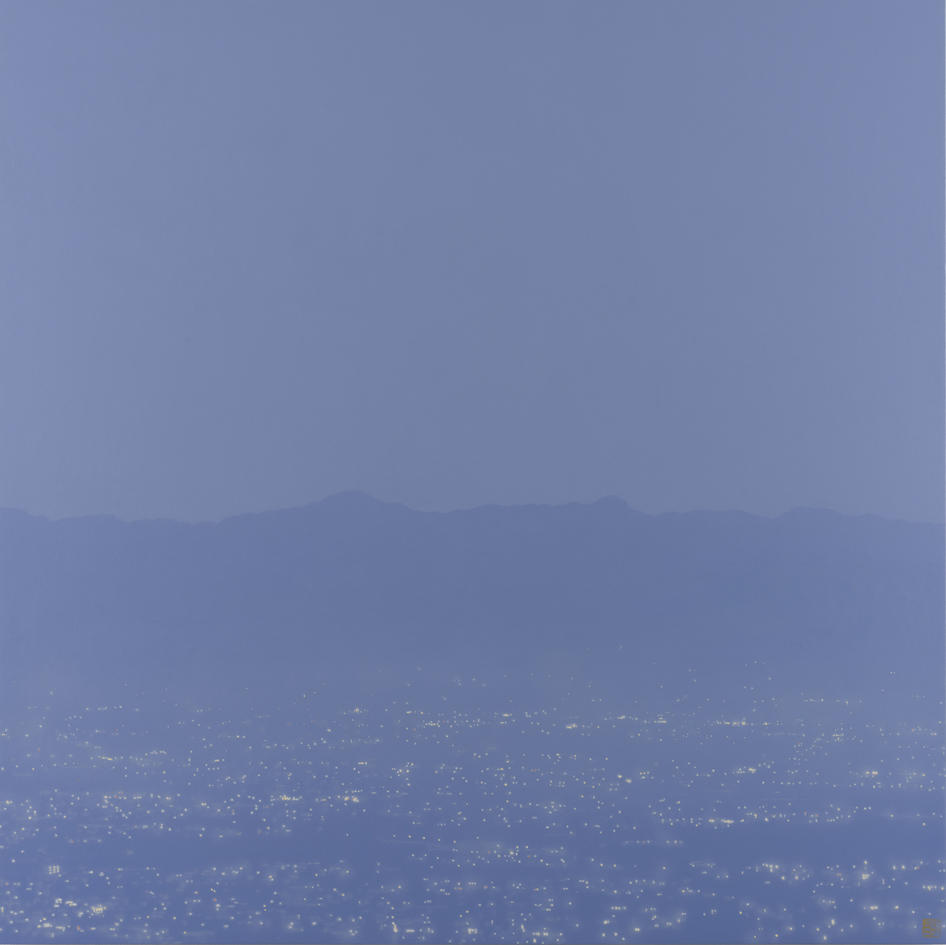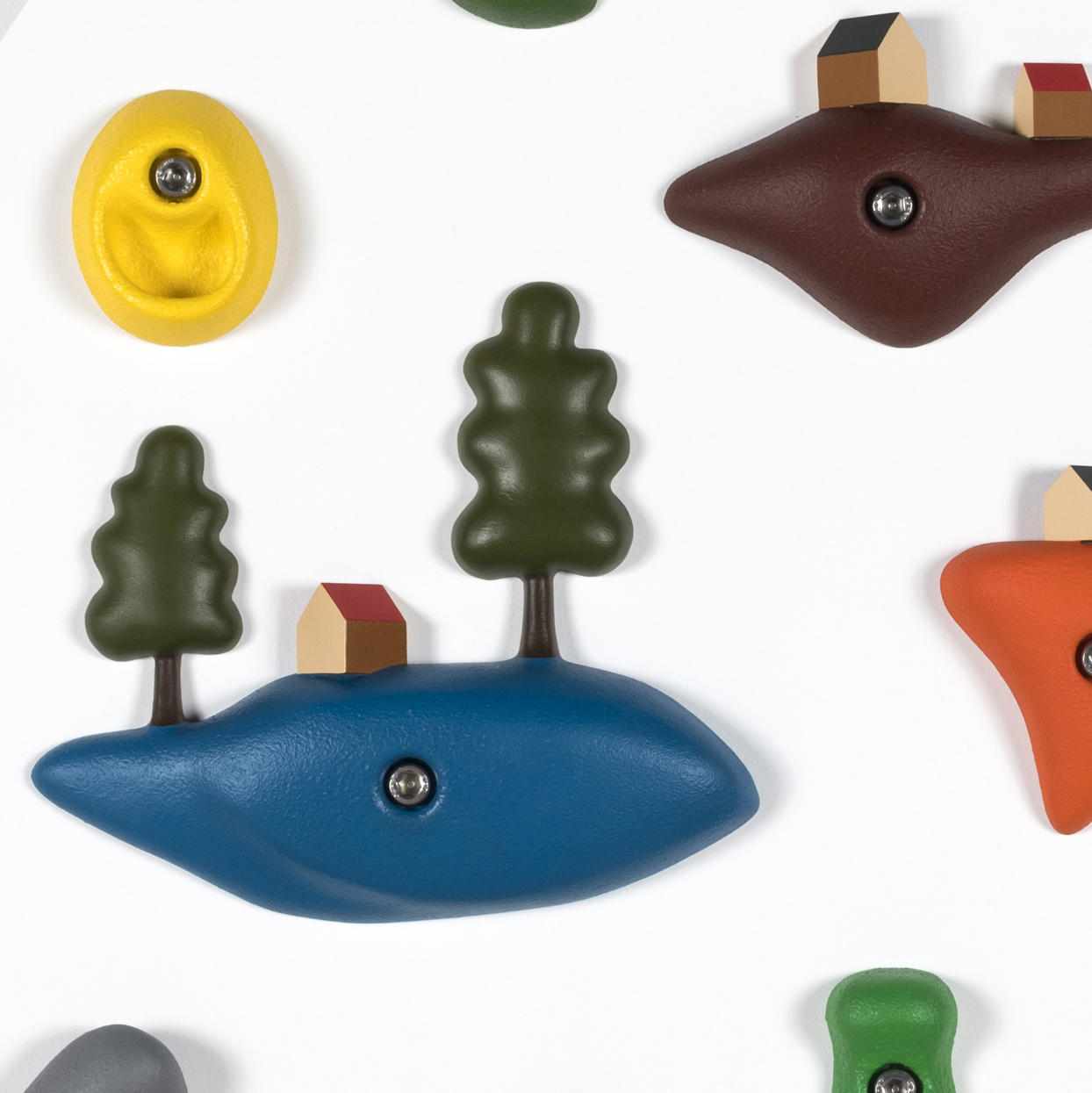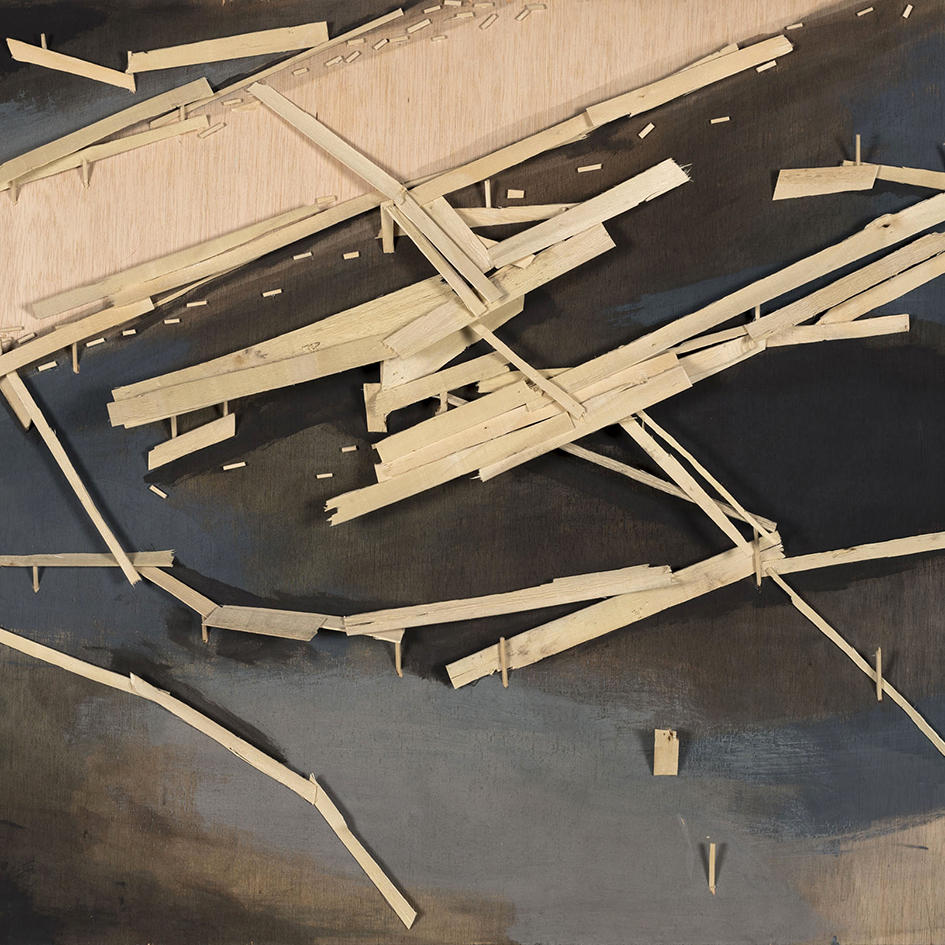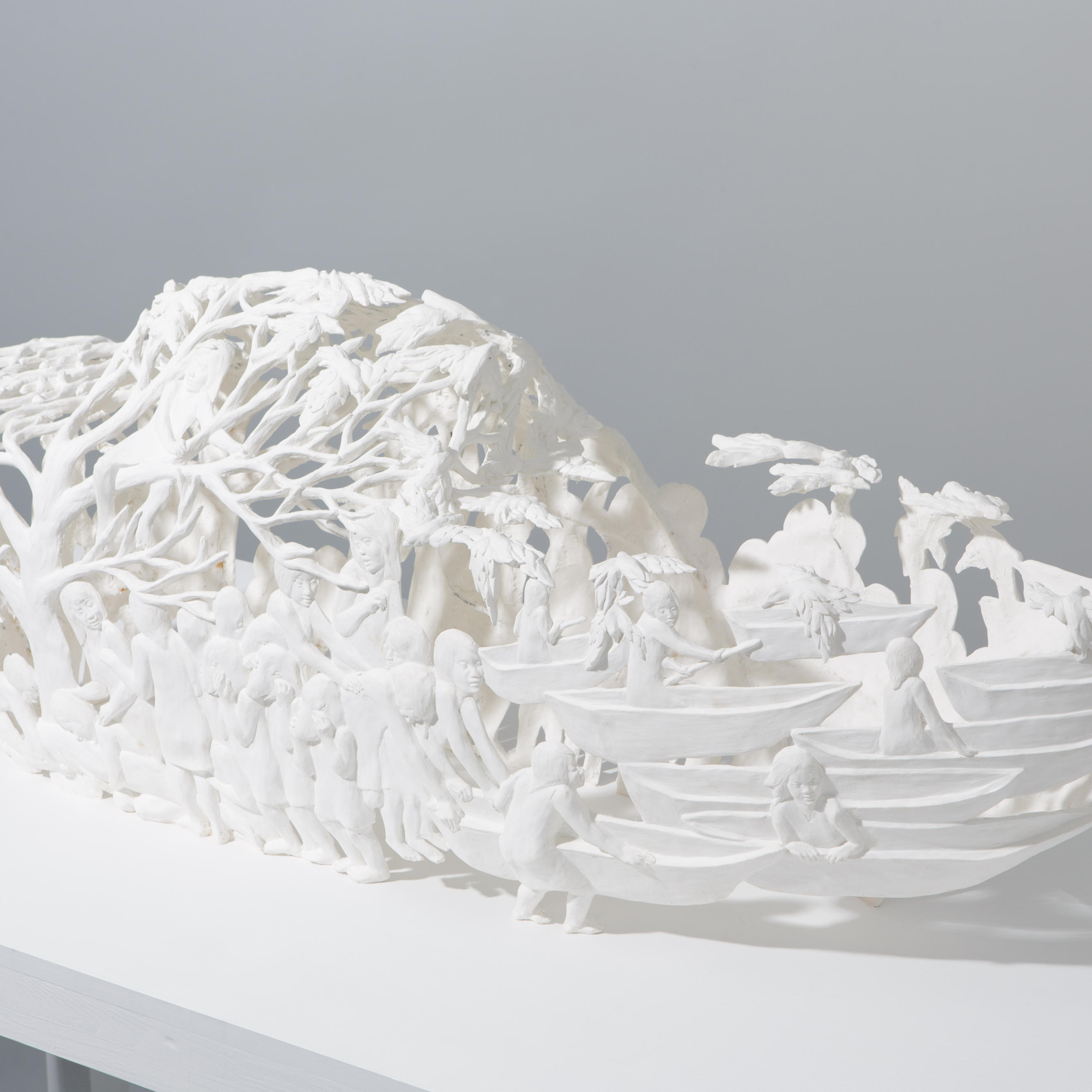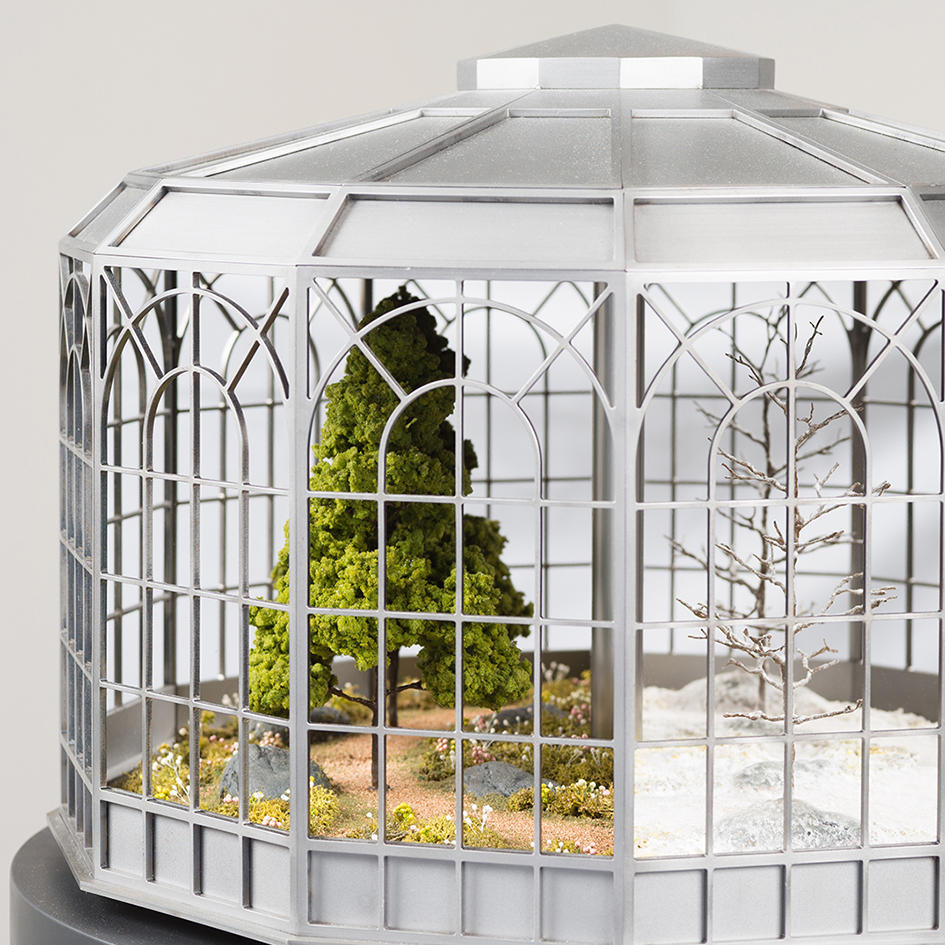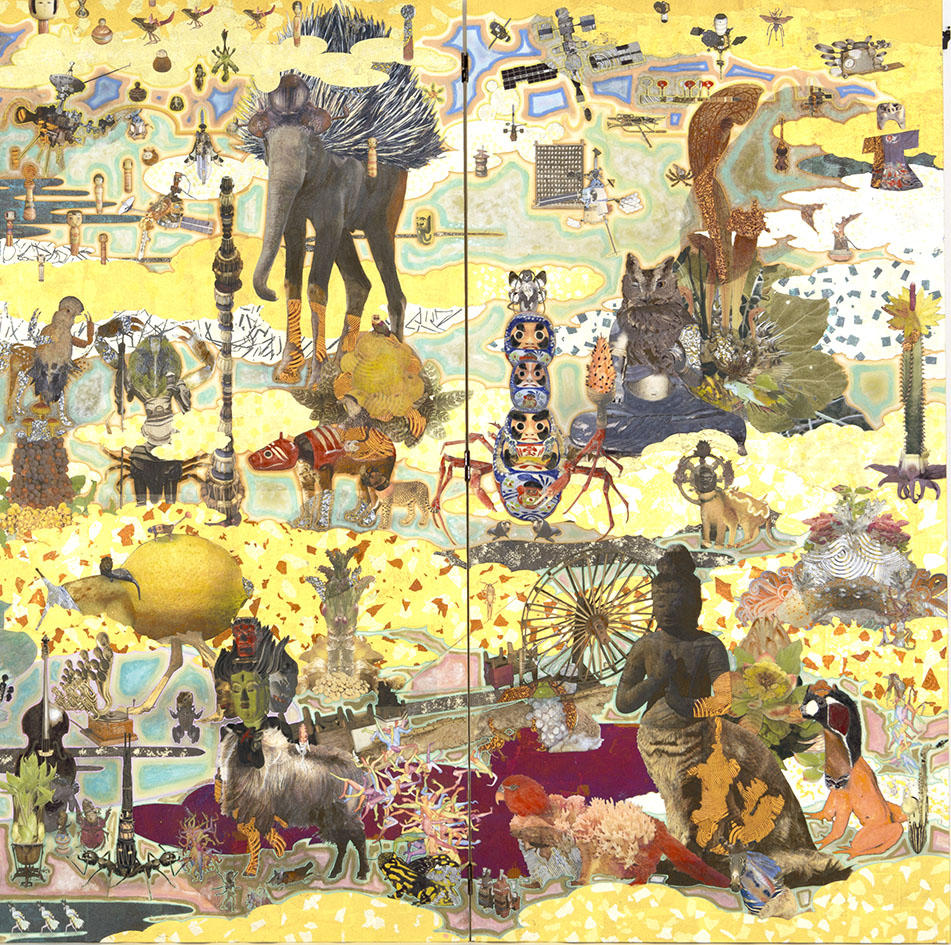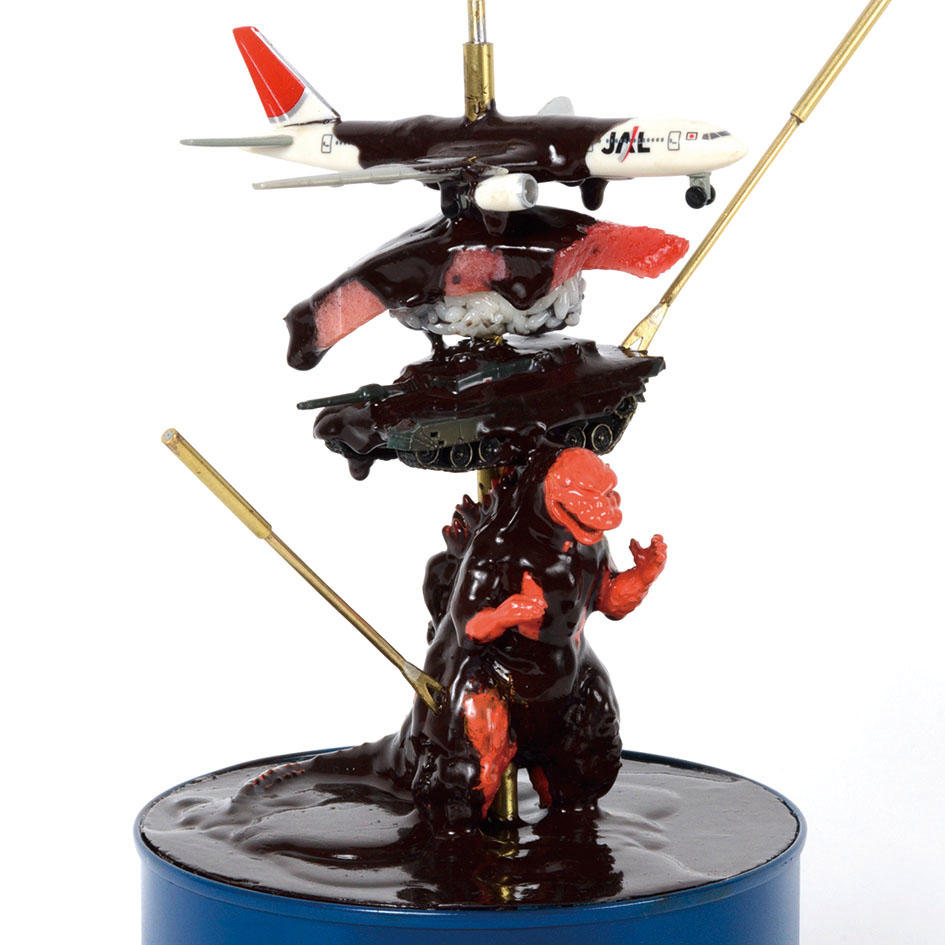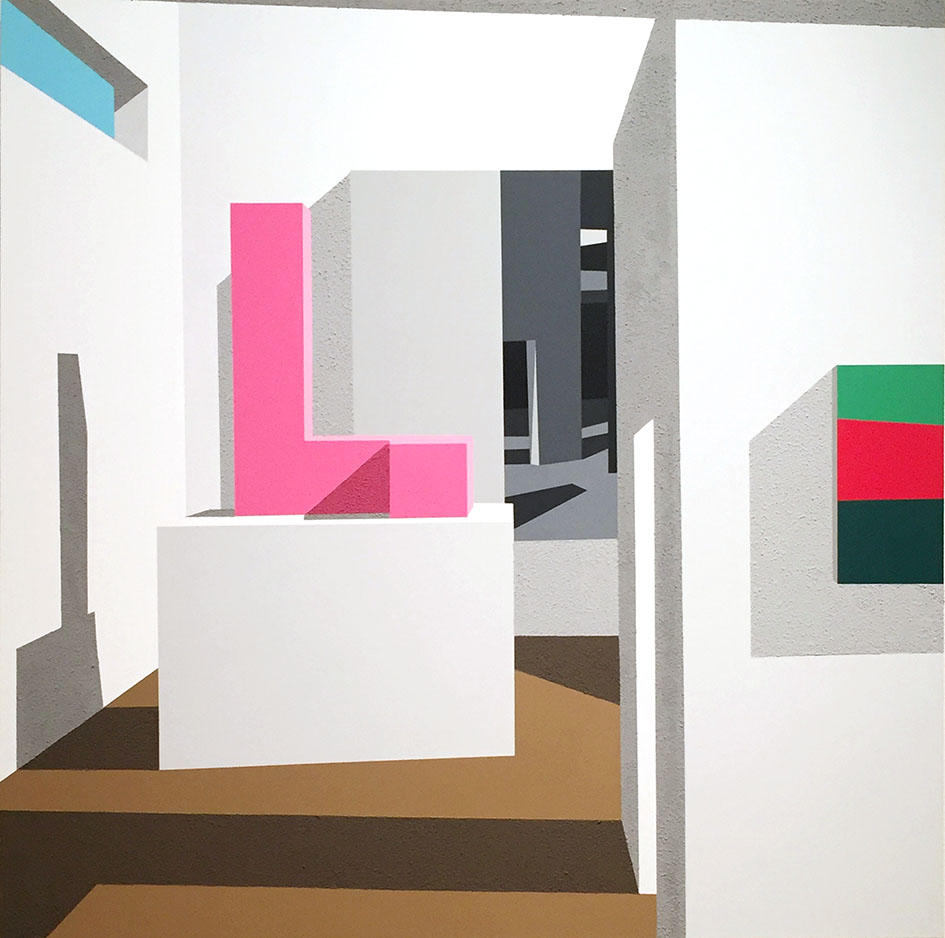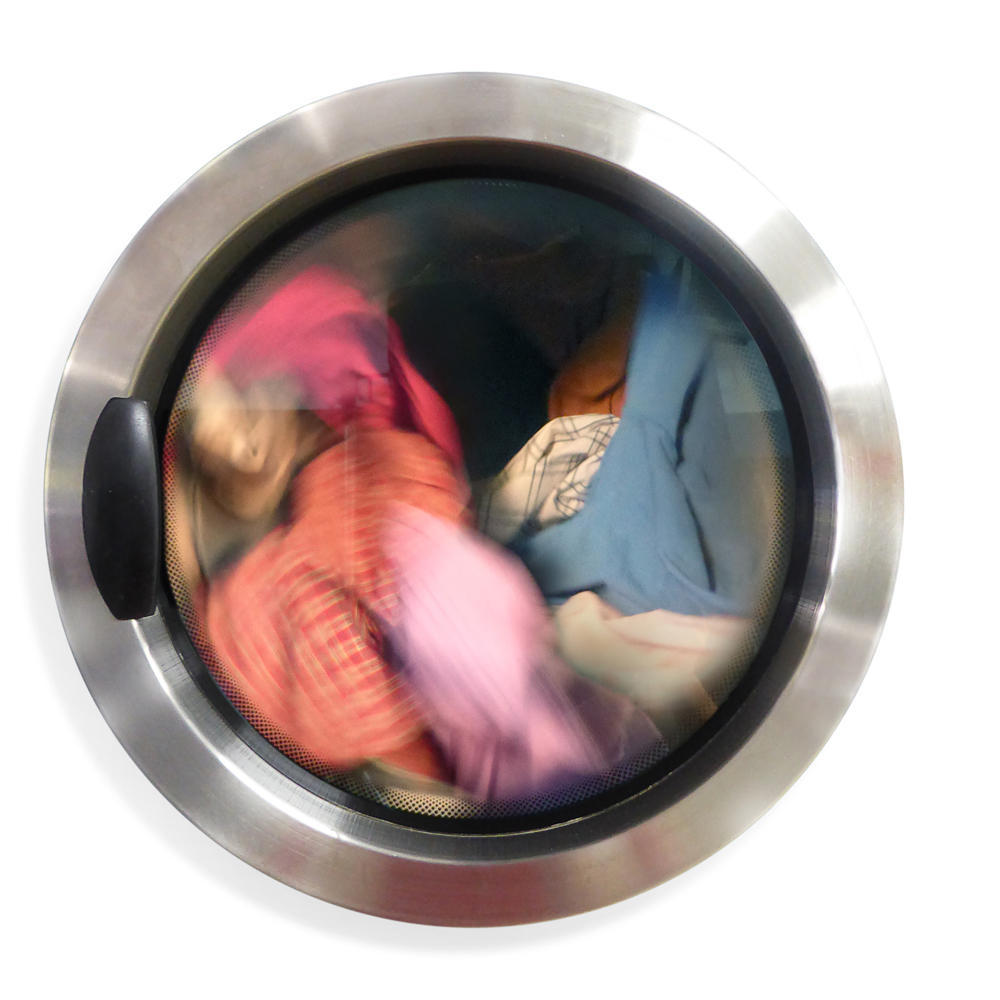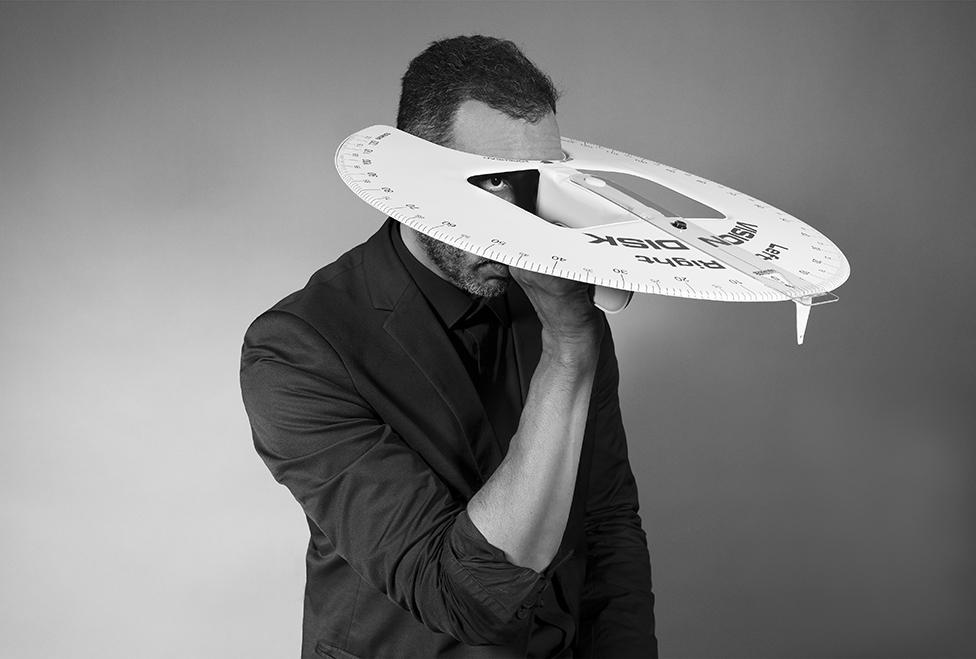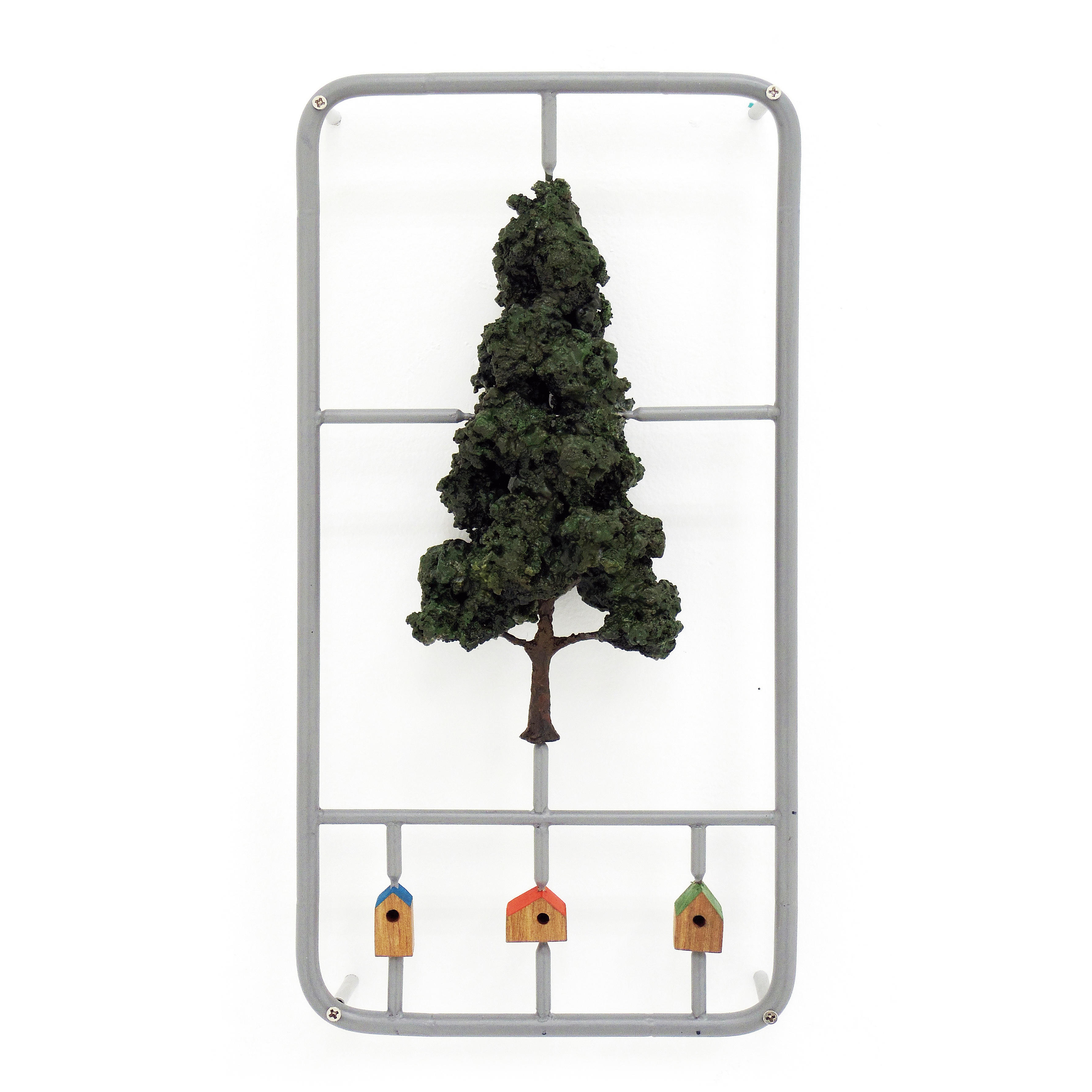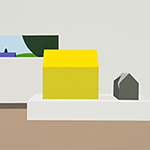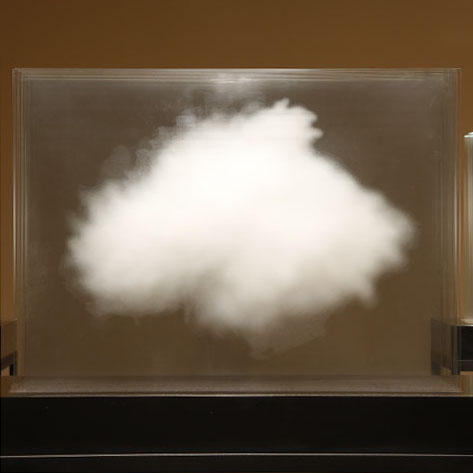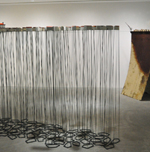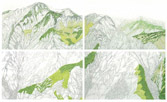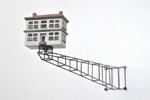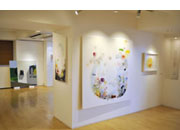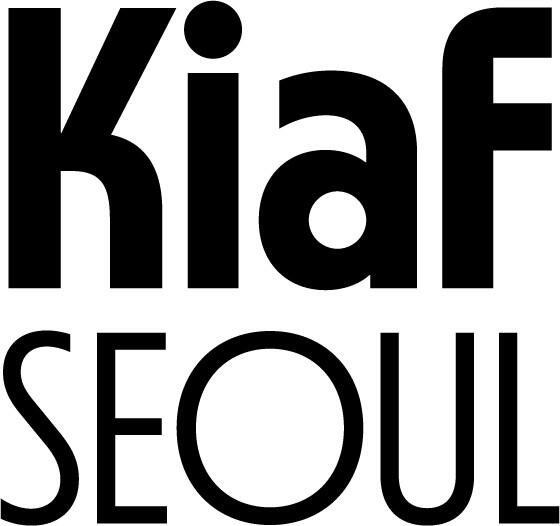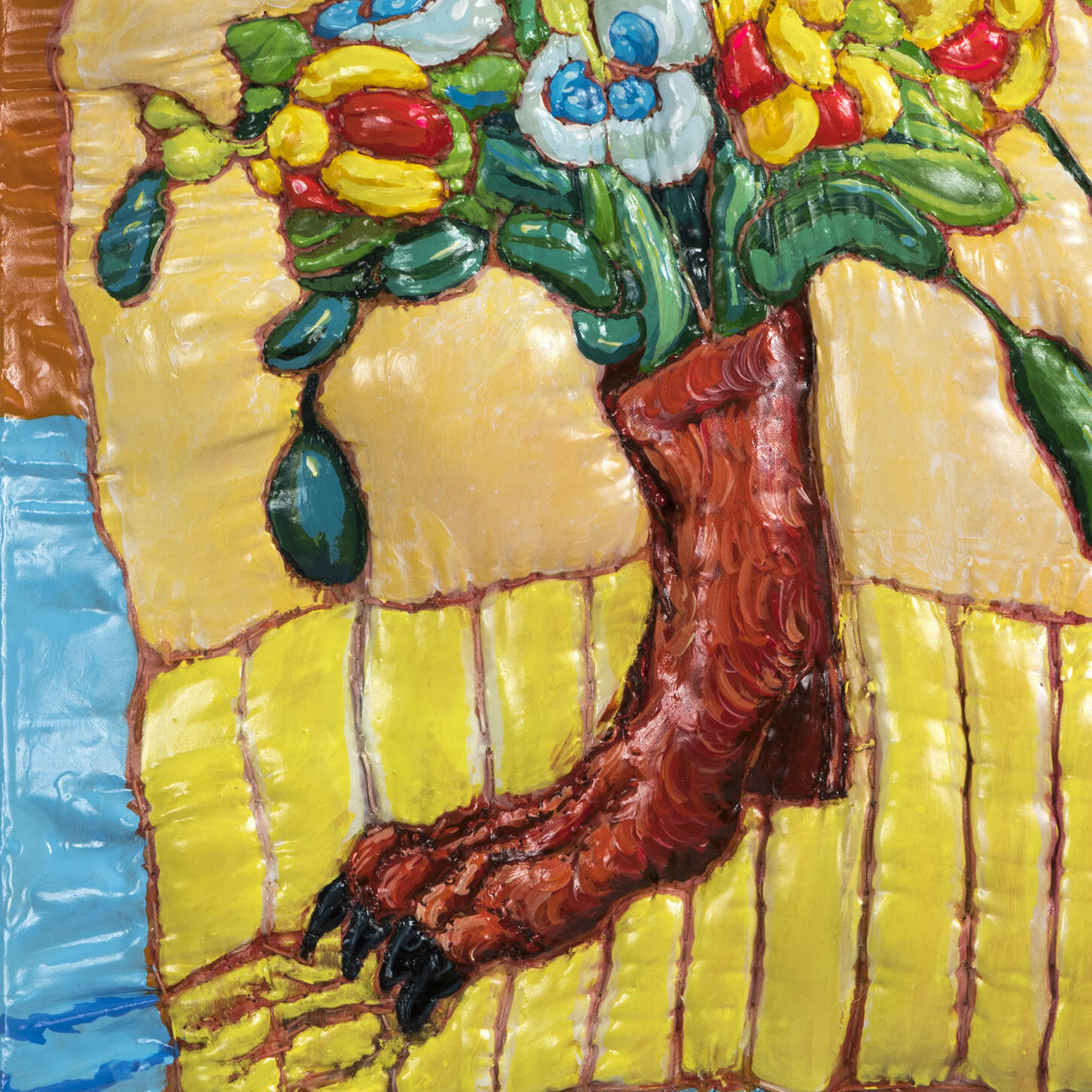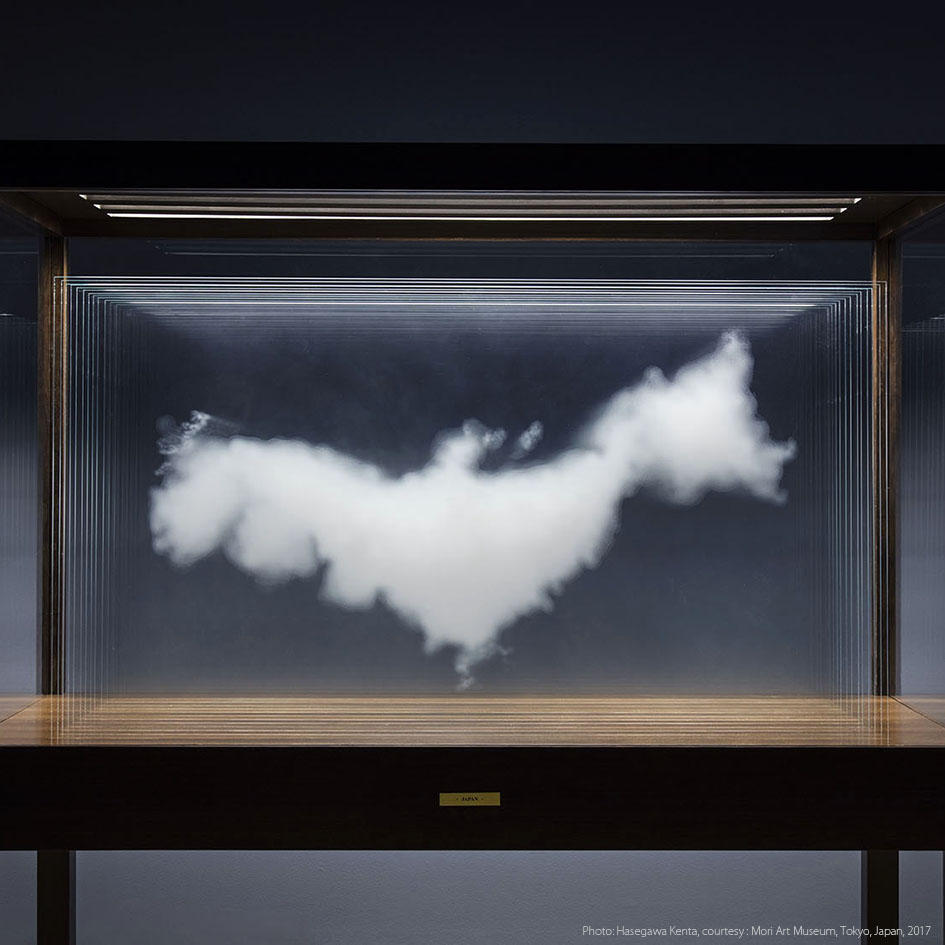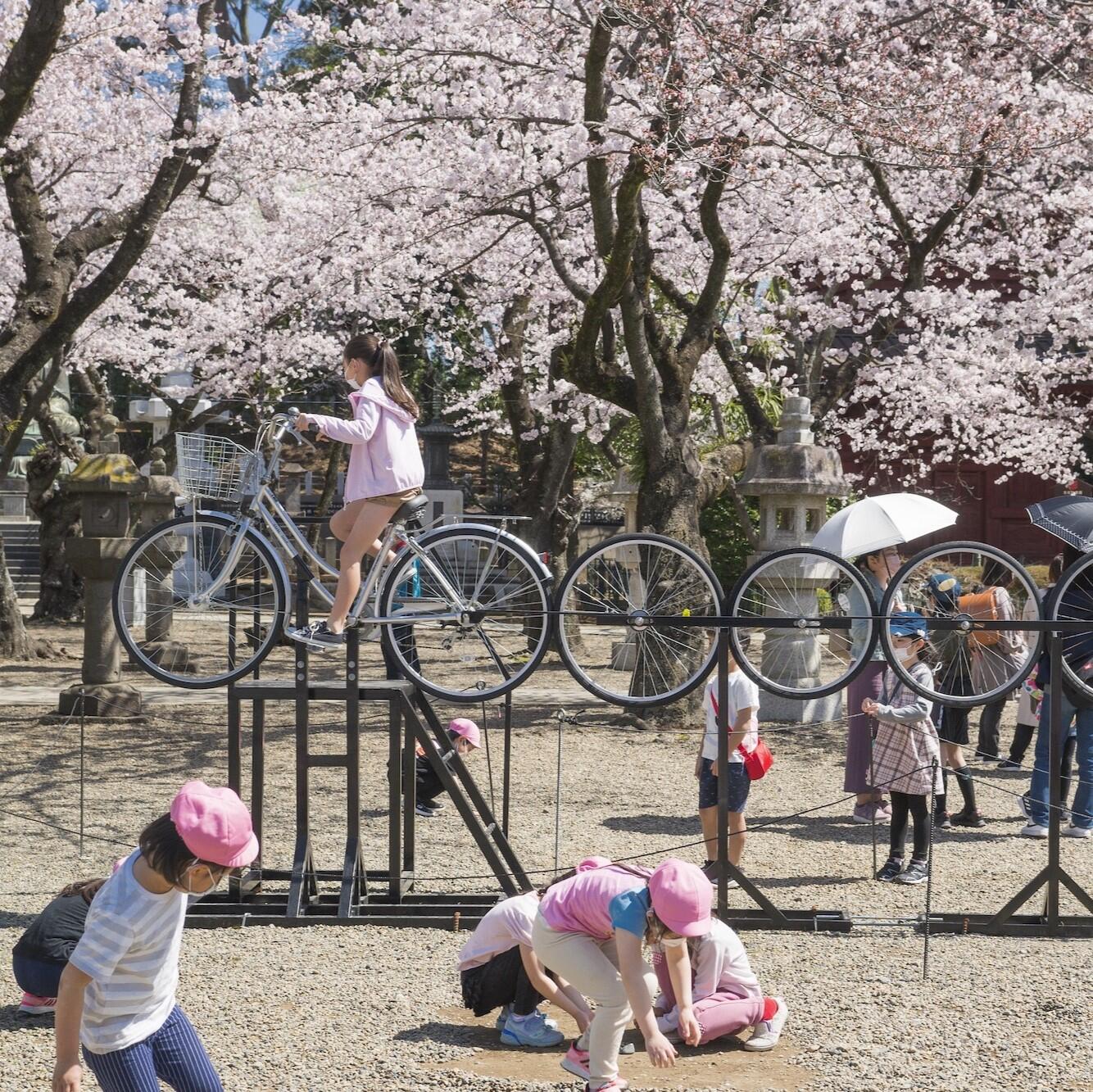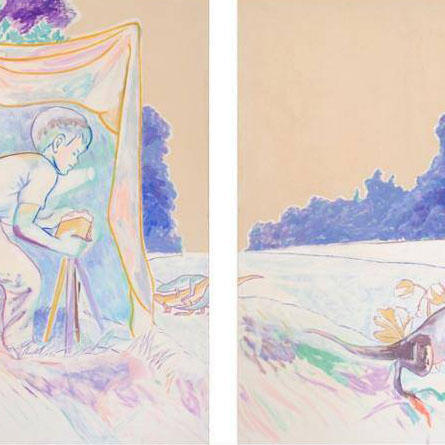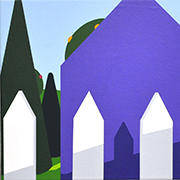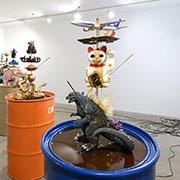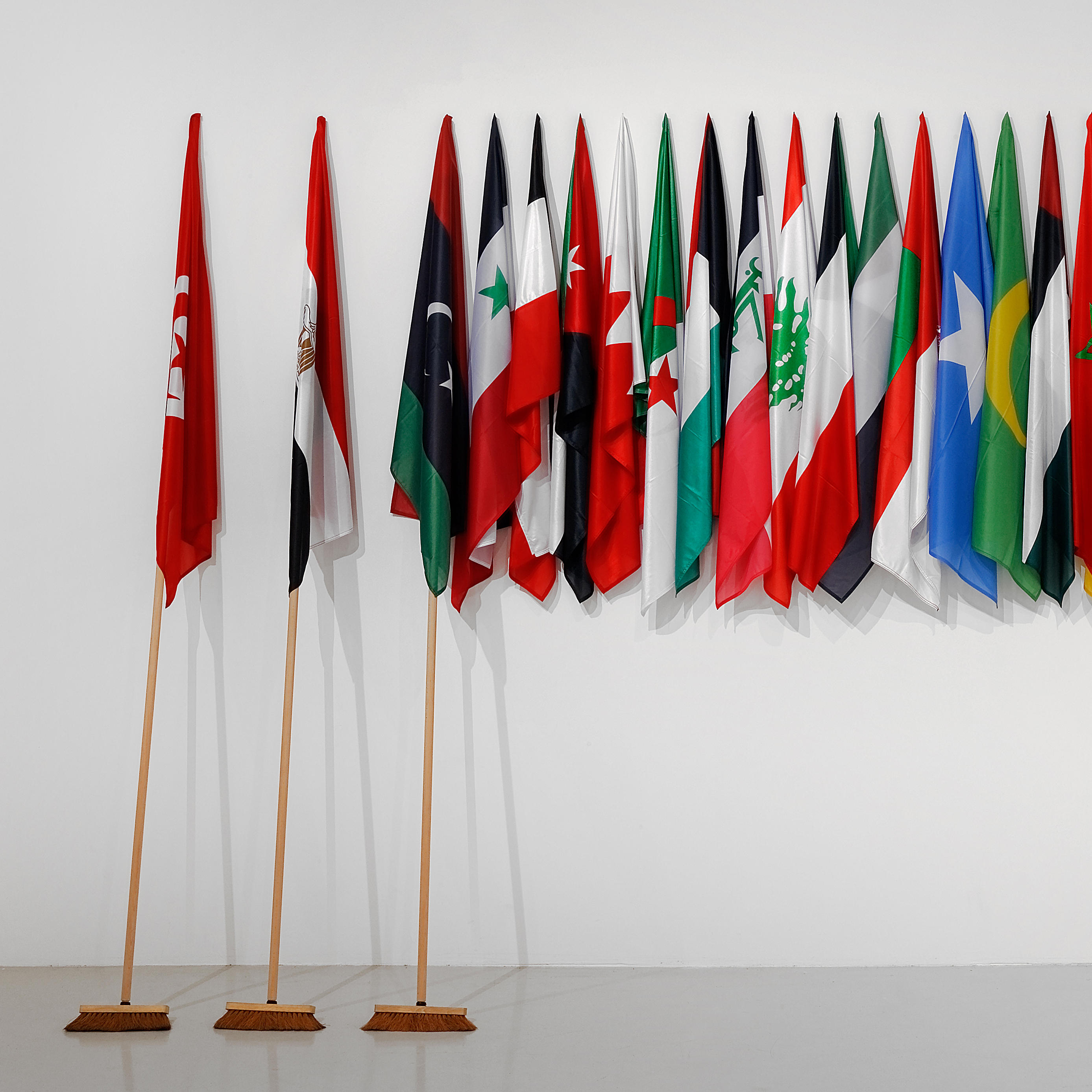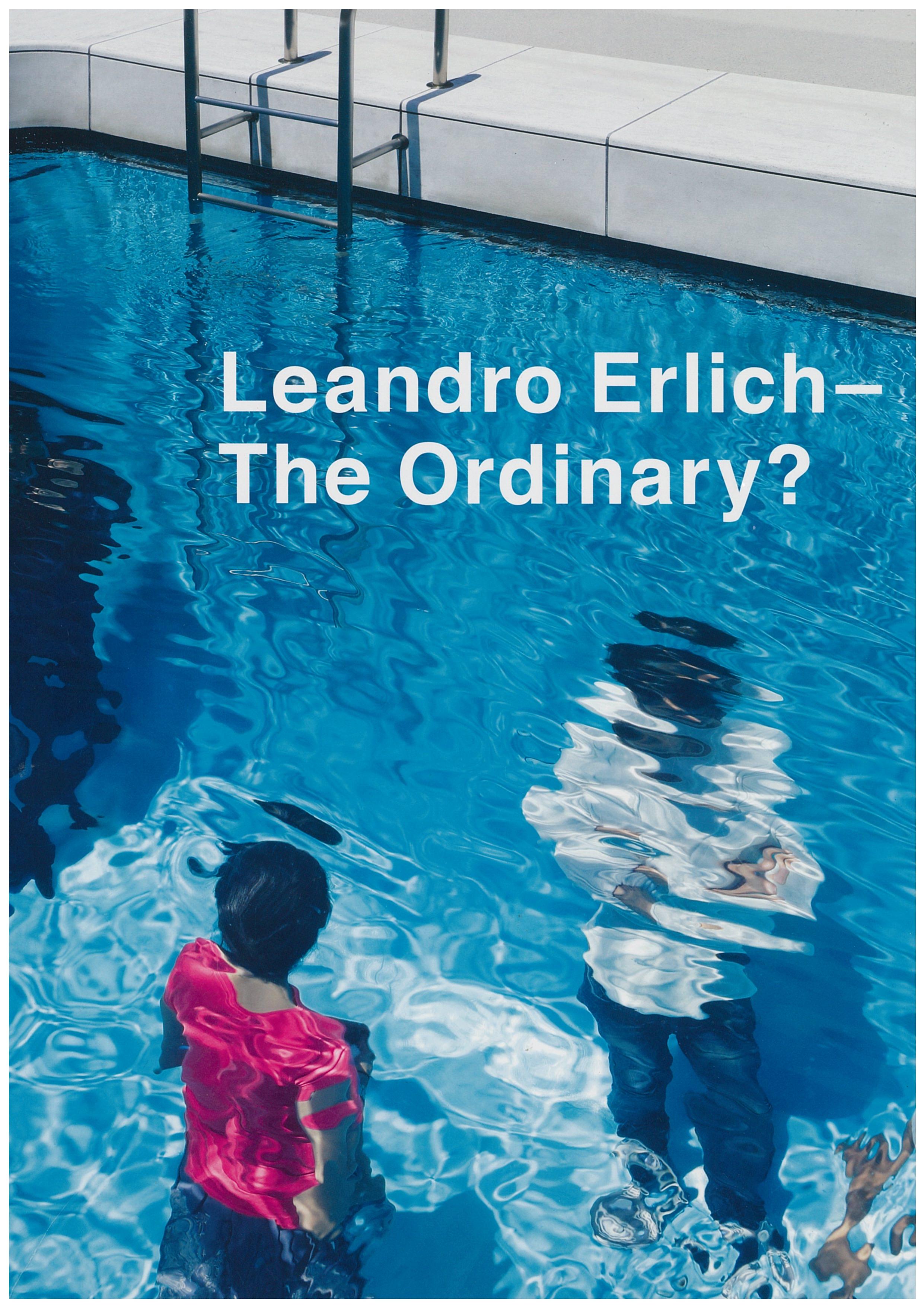Project
Kiaf SEOUL 2023 / 키아프 서울 2023
Gallery
September 6, 2023 (VIP, Press Opening) / September 7-September 10, 2023 (VIP, Preview, General Admission)
We are happy to announce that Art Front Gallery is going to participate to Kiaf SEOUL this year.
Artists
角文平 / Bunpei Kado
原田郁 / Iku Harada
井村一登 / Kazuto Imura
石田恵嗣 / Keiji ishida
東弘一郎 / Koichiro Azuma
レアンドロ・エルリッヒ / Leandro Erlich
ムニール・ファトゥミ / Mounir Fatmi
水戸部七絵 / Nanae Mitobe
冨安由真 / Yuma Tomiyasu
青山夢 / Yume Aoyama
| Date | September 6, 2023 (VIP, Press Opening) / September 7-September 10, 2023 (VIP, Preview, General Admission) |
|---|---|
| Venue | COEX 1F, Hall A&B, Grand Ballroom (513, Yeongdong-daero, Gangnam-gu, Seoul ) |
| Booth | B02 (ART FRONT GALLERY) |
"Every day Enigma: Reimagining Contemporary Life"
This time, Art Front Gallery would like to presents a captivating blend of contemporary artworks that delve into the intricacies of daily life, transforming the mundane into the extraordinary. Drawing inspiration from the concept of a showroom at IKEA, the artworks curate an immersive experience where visitors step into rooms resembling familiar spaces like bedrooms and living rooms. Yet, these rooms offer a twist—an uncanny feeling that subverts the ordinary.
Art Front Gallery booth assembles a collection of artworks that evokes a cozy and strange ambiance simultaneously. Each piece is carefully selected to recreate the atmosphere of an IKEA showroom or an ordinary room, where the furniture and decor seem perfectly normal at first glance. However, upon closer inspection, the subtle oddities woven into each piece invite viewers to question their perceptions of the ordinary.
"Every day Enigma" showcases a fusion of media, including paintings, sculptures, and installations. We try to reinterpret the components of daily life, infusing them with a contemporary twist. The bedroom and living room setups, reminiscent of IKEA displays, become stages for a dialogue between the familiar and the uncanny. Visitors are invited to immerse themselves in an exploration of the dual nature of the everyday, leaving them with a fresh perspective on the seemingly mundane aspects of their lives.
As you navigate the exhibition, you'll find yourself intrigued by the juxtaposition of comfort and unease, familiarity and unfamiliarity. "Every day Enigma" invites you to step into a realm where the ordinary is reassembled into a thought-provoking tapestry of contemporary art, challenging your perceptions of what it means to live an assembled yet enigmatic life.
角文平 / Bunpei Kado (1978- )
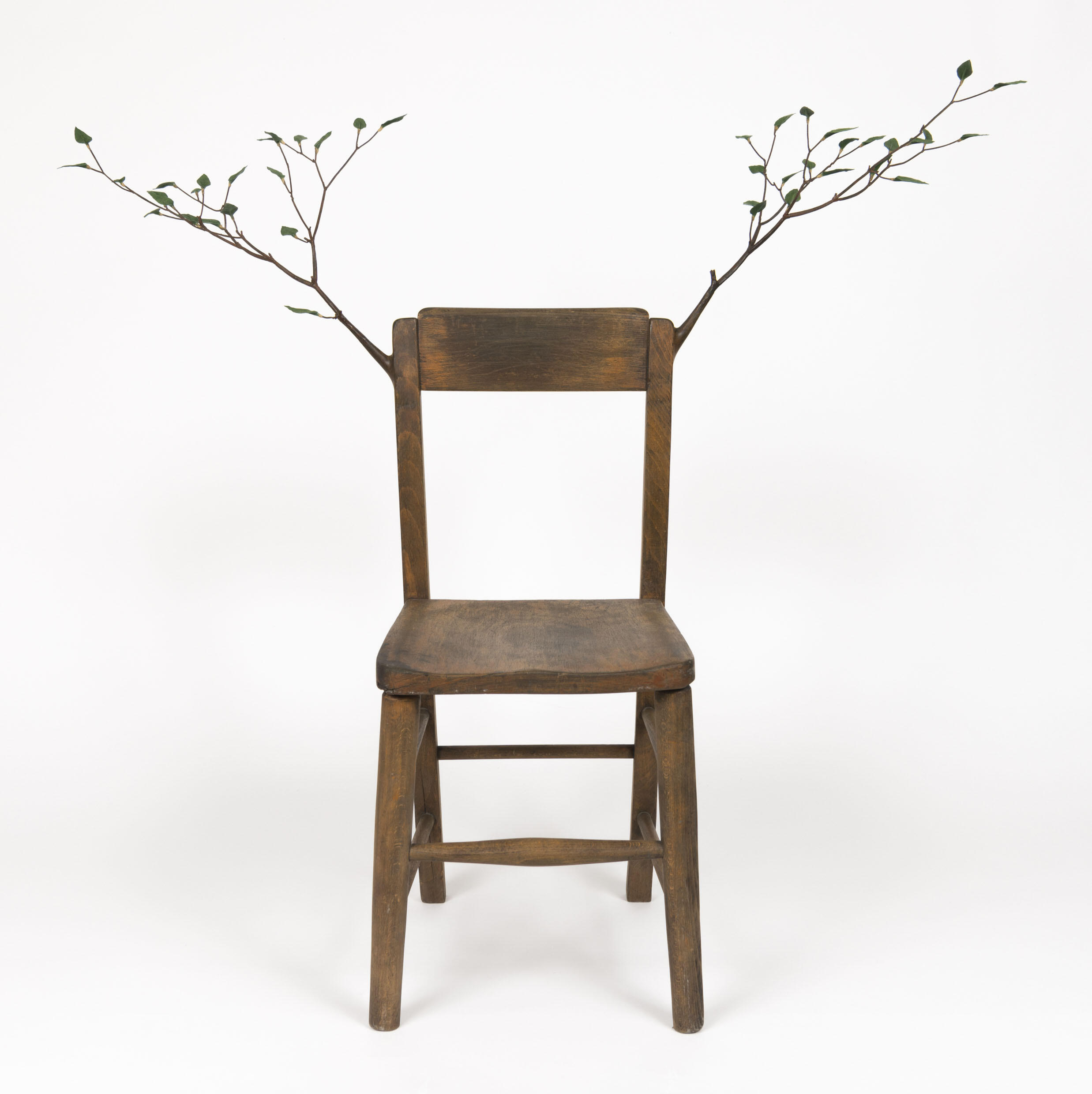
Bunpei Kado《Memory of the Wild -Chair-》Reference work
A characteristic of Kado's work is to begin production by creating stereotyped objects using materials at hand. If they were not stereotypical, they could not function as 'signs', but would signify something more.
Another peculiarity is his generation of new meaning by combining objects into forms like jigsaws, and creating a divergence between the original function and the new meaning. It is fascinating how Kado's work clearly looks interesting as an object as a result of a combination of familiar objects. The oscillation of meaning generated by this method has broadened in scope over the past few years.
Kado will present several works at the fair.
One is 'Floating Island', a work in which a bouldering hold is transformed into an island, which became the focus of public attention this summer as window art at the Maison Hermès in Ginza.
This series has appeared frequently in Kado's developments in recent years and will continue to develop in the future.
The second is the latest work in the Caned Forest series.
The work of the same title, shown for the first time in Korea, consists of a forest and a house stored in drums and was included in an exhibition at the Paradise City Hotel in Inchon.
This time, the soil and wood are contained in a transparent container that resembles a 500 mml can.
As before, it can be seen as a message to preserve the forest for the future.
This time, the exhibition is presented together with a fridge that appears in a space representing everyday life, making the message of nature and preservation easy to read.
Lastly, there is 'Memories of the Wild'. This series has been around since the artist's early days and was inspired by his residency in France.
The beauty of old wooden furniture and tools at antique markets in Europe made him think of what they would have looked like if they had been alive, and he came up with the idea of reviving the memory of wood through the sprouting of trees as a sign of life.
Kado's greatest feature may be its ability to give form to fantasies that everyone has at one time or another considered.
原田郁 / Iku Harada (1982- )
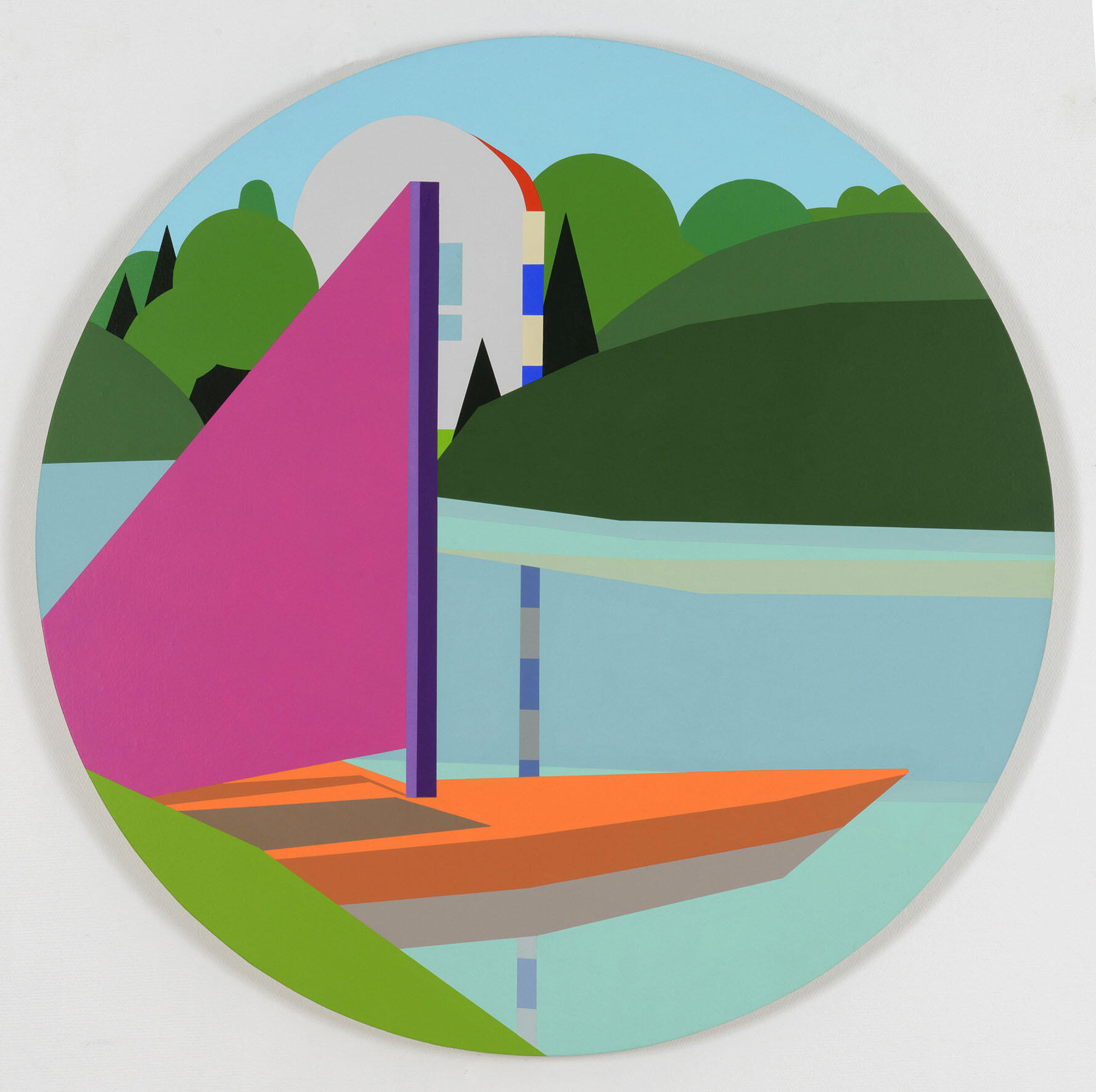
Iku Harada 《Garden-Piece 2017 (circle) #2》acrylic on canvas / 2017 / 90x90cm
Iku Harada was born in Yamagata, Japan in 1982. She was born in the 1980s, when home PCs were born shortly afterwards. In Harada's childhood, PCs began to enter households in earnest with the introduction of windows 95, and in the 2000s, when Harada was studying at the Tokyo Zokei University, Windows 2000, Apple's iMAC and other PCs began to be connected to real life in earnest. It was also around this time that the image of polygon processing became recognized through games such as PlayStation 2.
Harada creates a 3D virtual space on the computer and nests it with the real world. Harada thought that everything in daily life has been depicted throughout history, and she wanted to create something that fulfilled these three elements: something that no one had depicted before, something that would continue to be depicted in the future, and something that could be developed by the artist herself. As a result, she came up with the idea of creating her own world through computer graphics, which she called "inner world.”
In the early stages of her career, Harada's style was simply to physicalize the virtual space by painting its simple 3D form on canvas, but over the past 20 years, she has made numerous attempts to develop this style into a painting motif that is unique in the world. In addition to materializing the virtual reality space, she has also developed her works to reflect the spatial motifs of the real world in the virtual space, making the viewer move back and forth between the two worlds.
Harada is one of the most promising artists. She is also preparing for a solo-exhibition at La Luna gallery, which will be held in Seoul at the same time as this fair.
The work presented at our booth will be from the window series that was also presented at that solo exhibition. The circular works were inspired by the round windows that were found on the site of a project in which she once participated. The window works on the other hand also transcend the framework of painting and have been converted into relief, showing the affinity of her work with architecture.
井村一登 / Kazuto Imura(1990- )
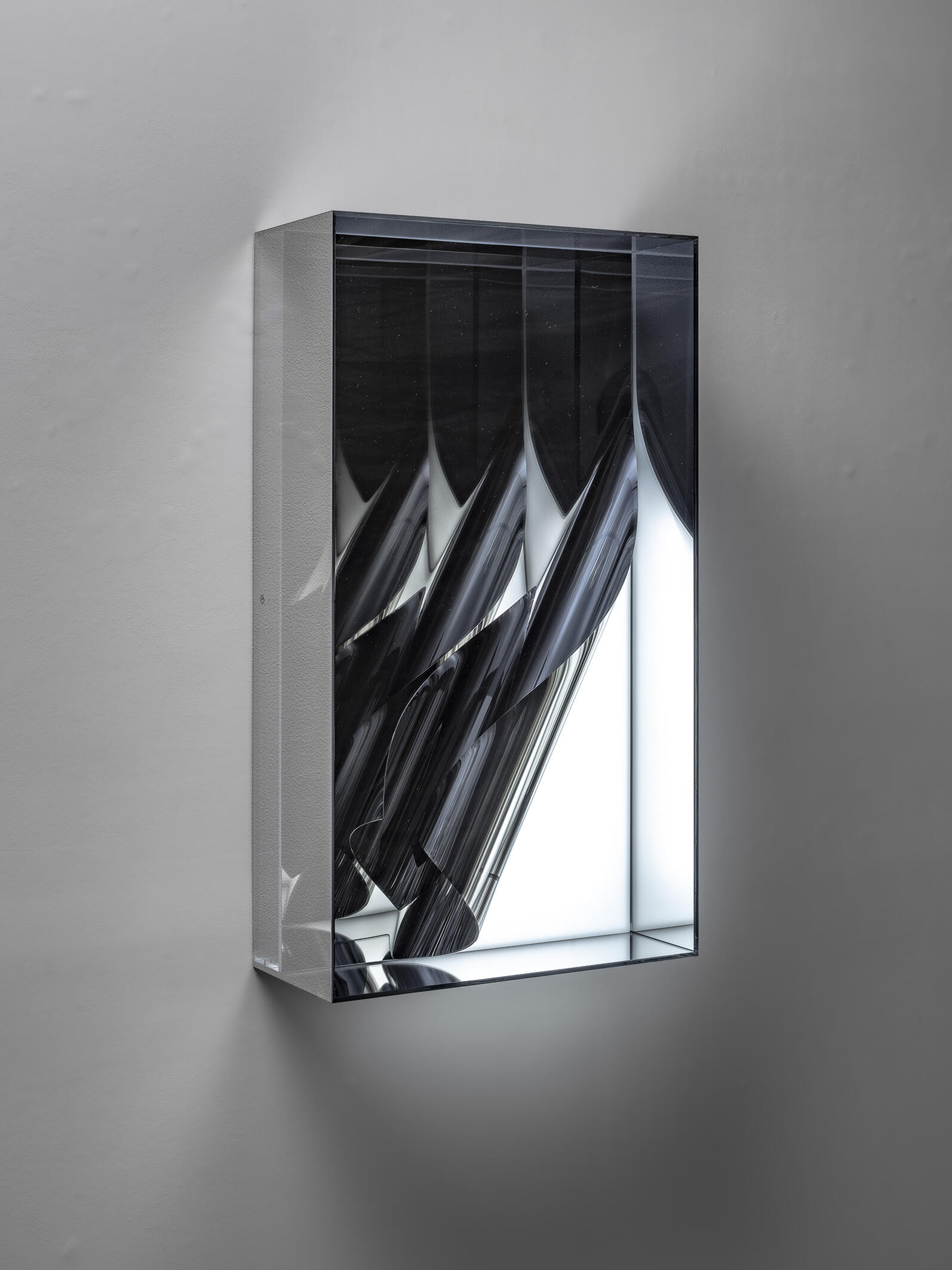
Kazuto Imura《box-ordered peeling diagonal》mirror, stainless, LED / 2023 / 80x45x20cm
Imura was born in 1990 in Kyoto, Japan.
He creates optical works related to vision and perception using half mirrors, spherical mirrors, and LEDs. In recent years, he has been expanding the possibilities of his work by using various materials, including a mirror that "does not reflect itself" by unraveling the history of mirrors and reconstructing their materials and techniques.
In the Setouchi Triennale 2016, he installed a work in the "Bamboo Tea House" designed by Kazusa Kidozaki of Kyoto University of Art and Design, and in recent years, commissioned works created from local materials and themes have been collected by pharmaceutical companies and hotels, giving luster to places that have become part of our lives. At the Matsumoto Architectural Art Festival in 2022, a mirror made of obsidian from Wada pass nearby was displayed along the stairs of the Matsumoto Performing Arts Center, creating a space that blends lightly with architect Toyo Ito's design.
In "box-ordered peeling diagonal," a sequence of numbers is visualized by mirror images created by reflections between mirrors in a box. The sequence of numbers is dependent on the shape of the mirrors, with a flat surface producing a sequence of equal-sized images, and a curved surface producing a different order. By collaging planes, convex surfaces, and light sources within the mirror box, the work is an assemblage using depth.
He will also exhibit a self-portrait work, "tele portrait," in which spectator does not appear in the work. Using the mirror "mirror in the rough" (one of his past works) as a subject, he took a self-portrait in which he does not appear in the picture. The act of printing a photograph of a mirror on a mirror is an act of taking away the mirror's function of reflection by overlapping the mirror with a mirror, and the self-portrait without reflection also reproduces the role of a mirror without reflection.
Imura, who has been deepening his exploration of materials while building his concept around "mirrors," has focused on the fact that "mirrors," which were originally water surfaces, have changed materials over history, such as obsidian, copper mirrors, and painted glass, and their existence has also changed from mysterious to something that captures the everyday image. He is one of the artists who sublimates the familiar "ordinary" into works of art. The "mirror" that one looked at this morning to get cleaned up and the "mirror" that Imura expresses. This will be an encounter with a work of art that will give you a new perspective on your daily life.
石田恵嗣 / Keiji ishida(1975- )
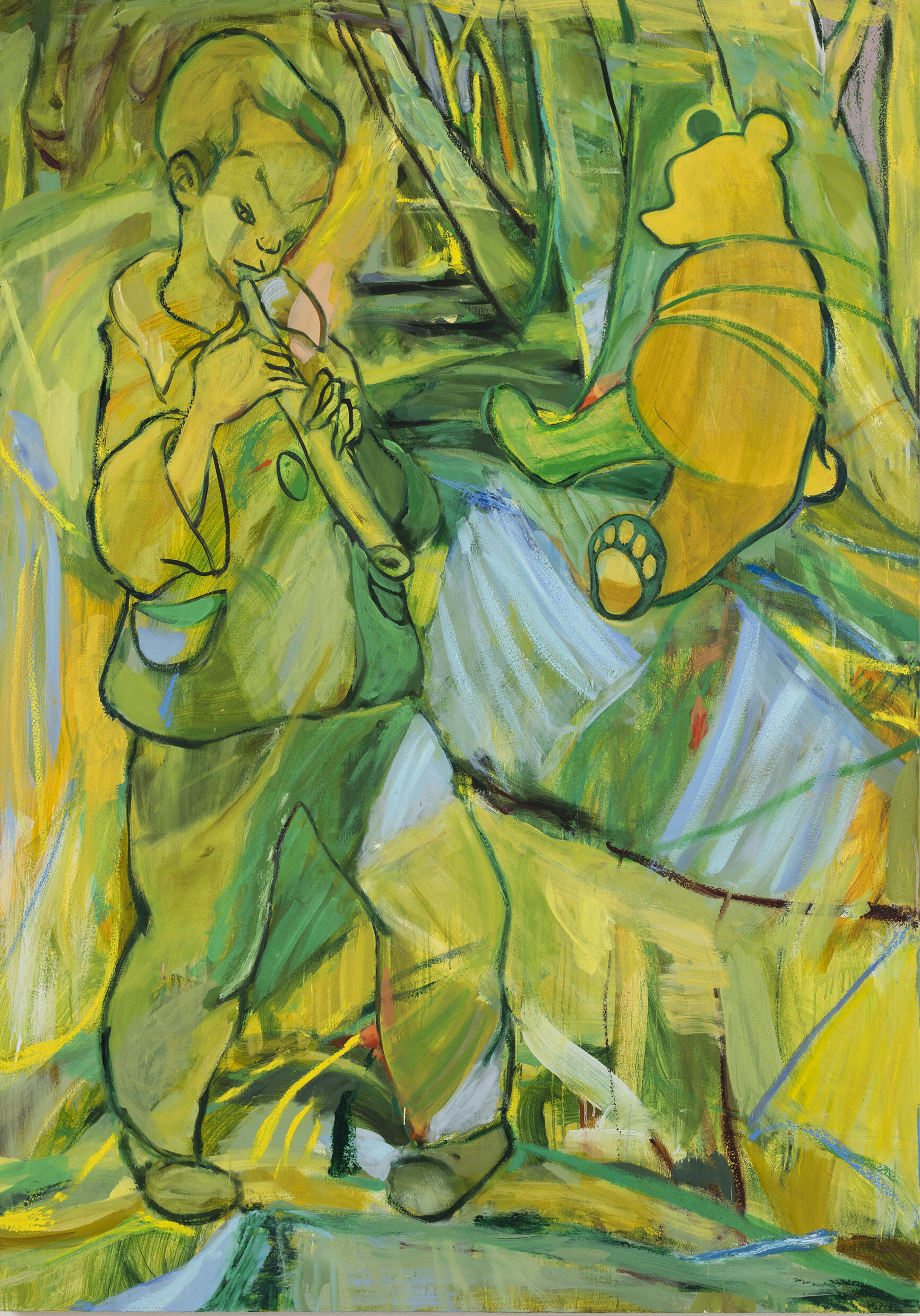
Keiji ishida《少年と笛》oil on canvas / 2022 / 180x126cm
Keiji Ishida was born in Chiba, Japan in 1975 and moved to the UK in 2006, graduating from Chelsea College of Art before going on to RCA, graduating from the same school in 2013. Through his extended stay in the West, he was exposed to history and culture, and was greatly influenced by his interactions with potential European star painters such as Oscar Murillo and Daniel Clew Chubb, as well as contemporary artist Yuma Tomiyasu, who is currently emerging in Japan. He then moved to Germany for two years and has been active mainly in Europe, including being exhibited at art fairs by British galleries.
The appeal of Ishida's paintings lies in the bold brushstrokes of his energetic abstract paintings and the unpredictable narrative created by the characters extracted from existing illustrations such as picture books, illustrated books, and manga. The viewer follows the situations of the characters as if solving a mystery. The viewer is confronted with a sudden situation created by combining illustrations of different stories, and cannot help but think about the narrative, but when he or she looks at the surroundings, he or she is immediately thrown off the screen by the flowing brushstrokes and the colors applied without regard to the shape of the objects, and never arrives at the existing story that he or she knows. The viewer never arrives at the existing story that he or she knows. This instability brings the viewer back to the image of the character, and to the never-ending story.
A baby bear (stuffed?) and a boy playing a flute are depicted in this painting, which is marked by seemingly rampant, strong brushstrokes of paint. The characters, extracted by the artist from one of his picture books, stray from the storyline because of their strange combination, driving it into strangeness. The intense brushstrokes seem to respond to the overlapping of the known narrative into the painting, brought about by the images of the characters. Through this painting, the viewer will be able to perceive a stronger sense of the suspension of meaning and language. If we put the incidents and events that occur every day side by side, the everyday life we live may not be so different from this one.
東弘一郎 / Koichico Azuma (1998- )
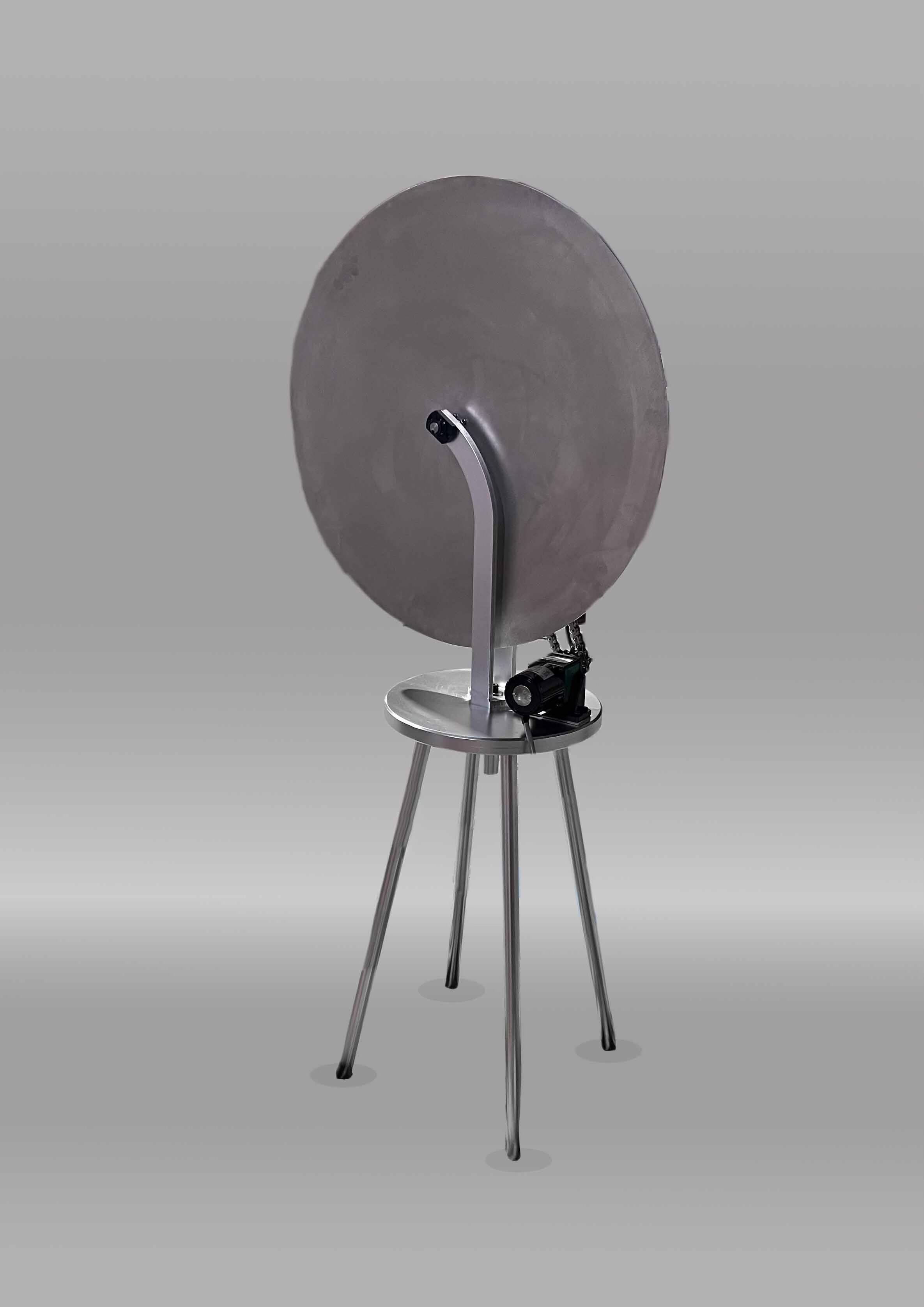
Koichico Azuma《machinery duchamp》Reference image
Koichiro Azuma creates his works based on a dialogue with a certain place. Artworks possess the ability to express social issues, cultural backgrounds, worldviews, personal experiences and feelings. Azuma’s creations are like devices that evoke feelings and thoughts in the audience to facilitate empathy and sympathy.
When Azuma lived in the city of Toride, he collected dozens upon dozens of old bicycle and used them to create sculptural artworks with movable wheels. Installed in the urban space of the city, the audience is able to freely set the wheels in motion using the power of their muscles. These works form a symbolic visualization of the way things, though stopped at some point in the past, can begin to move again. Their moving wheels possess an ability to bring to mind a number of feelings and thoughts – from Toride’s history as the “city of bicycles” to more personal memories of abandoned ideas, things that one couldn’t finish or had simply given up on, or thoughts that weren’t followed to the end – and give them new momentum. Through his art, Azuma not only raises awareness of various social issues, he also reminds us that communication requires empathy and understanding.
We hope that Azuma’s new works, in which he devoted himself to the simple concept of the wheel, will challenge methods and mannerisms born from the collective experiences of generations from a contemporary point of view.
レアンドロ・エルリッヒ / Leandro Erlich(1973- )
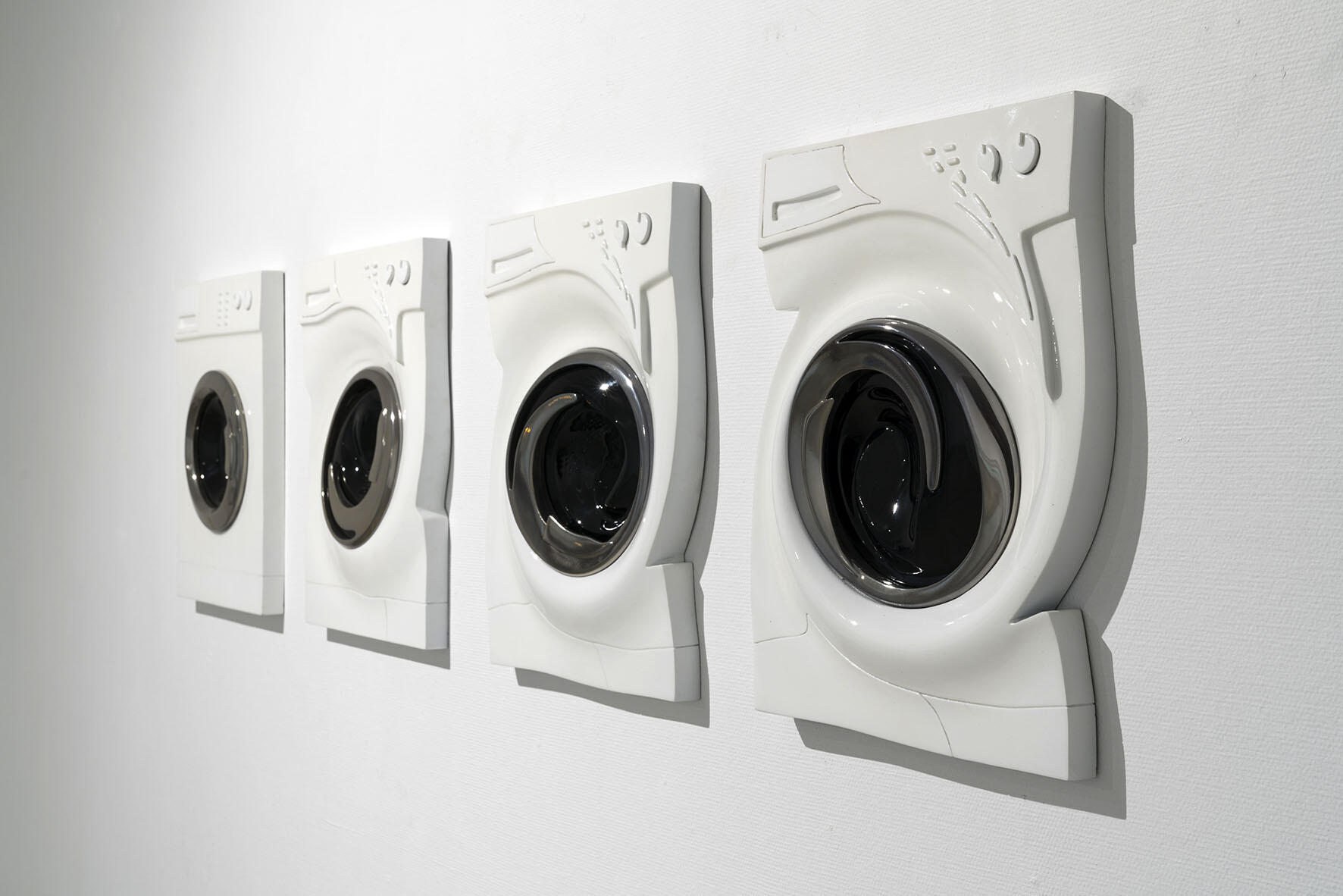
Leandro Erlich《Washing Machine - The Fate of Function》set of 4 / 2018 / aluminum casting, chrome painting / 41x29cm each
Born in Argentina in 1973, Leandro Erlich lives and works in Buenos Aires (Argentina) and Montevideo (Uruguay).
As a conceptual artist, his work explores the perceptual bases of reality and our capacity to interrogate these same foundations through a visual framework.
Everyday architecture is a recurring motif in Erlich’s art, aimed at creating a dialogue between what we believe and what we see, just as he seeks to close the distance between the museum or gallery space and daily experience.
The work to be exhibited this time is a relief work of a washing machine. The shape itself undulates and rotates as if linked to the washing machine's function of washing clothes. What would happen if the movement of washing clothes were to appear on the surface and change the shape of the material itself? This work seems to generate a form of such a question born out of everyday life.
His major recent solo exhibitions include “Leandro Erlich: Seeing and Believing” (Mori Art Museum, Tokyo, 2017), “Liminal” (Latin American Art Museum of Buenos Aires, 2019), and “The Confines of the Great Void” (Central Academy of Fine Arts Museum, Beijing, China, 2019).
ムニール・ファトゥミ / Mounir Fatmi (1970-)
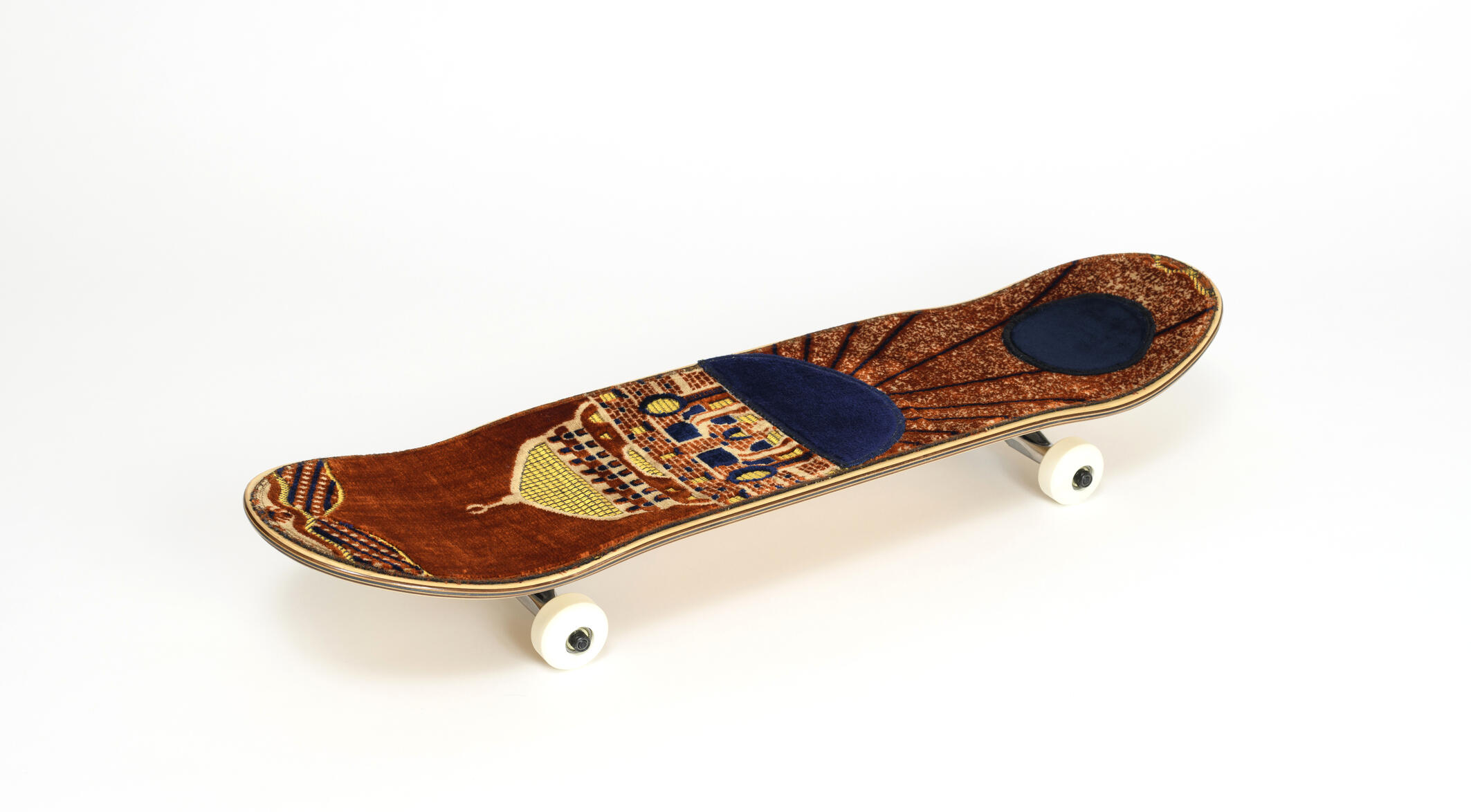
Mounir Fatmi《Maximum Sensation 13》skateboard,rug for prayer / 2019 / 14x22x81cm
Born in Tangiers, Morocco in 1970 and currently working in Paris. Having studied at a fine arts graduate school in Rome, he is an artist whose work covers a great deal of different media, including film, illustration, painting and carving amongst others. He held his solo exhibitions, participated in group exhibitions and solo exhibited his works at various biennales around the world. In 2017, he exhibited his work in Venice Biennale, in the planning of Tunisia, the “Absence of Path” in various places on the island of Venice. In 2006, his work received the Senghor prise at the Dakar biennale. In 2010 he received the grand prize at the Cairo Biennale. In 2013, he was shortlisted for the Jameel Prize of the Victoria & Albert Museum. In Japan, his work was exhibited on the exhibition Africa Remix at the Mori Museum in 2016. In 2016, he was invited to the Setouchi Triennale. In 2017, Mounir participated in a group show Diaspora now ! In the Museum of Fine Arts, Gifu.
The work on view at Kiaf is ”Maximum Sensation” where Islamic prayer rug is pasted onto the skateboards: The artist comments as follows.
"The rug implies quietness, concentration and meditation,
whereas the skateboard represents speed, urban life and fun. Both objects share a sense of mobility, as they are meant to accompany their users.
Yet once reunited, their specificities cancel each other out. ''
Fatmi's work has been featured in the concept store organized by Dior as part of their collaboration at Frieze Seoul. The bags as artwork of Mounir Fatmi are displayed in the architecture that has appeared in Seongsin Seoul (on view through September 17).
水戸部七絵 / Nanae Mitobe
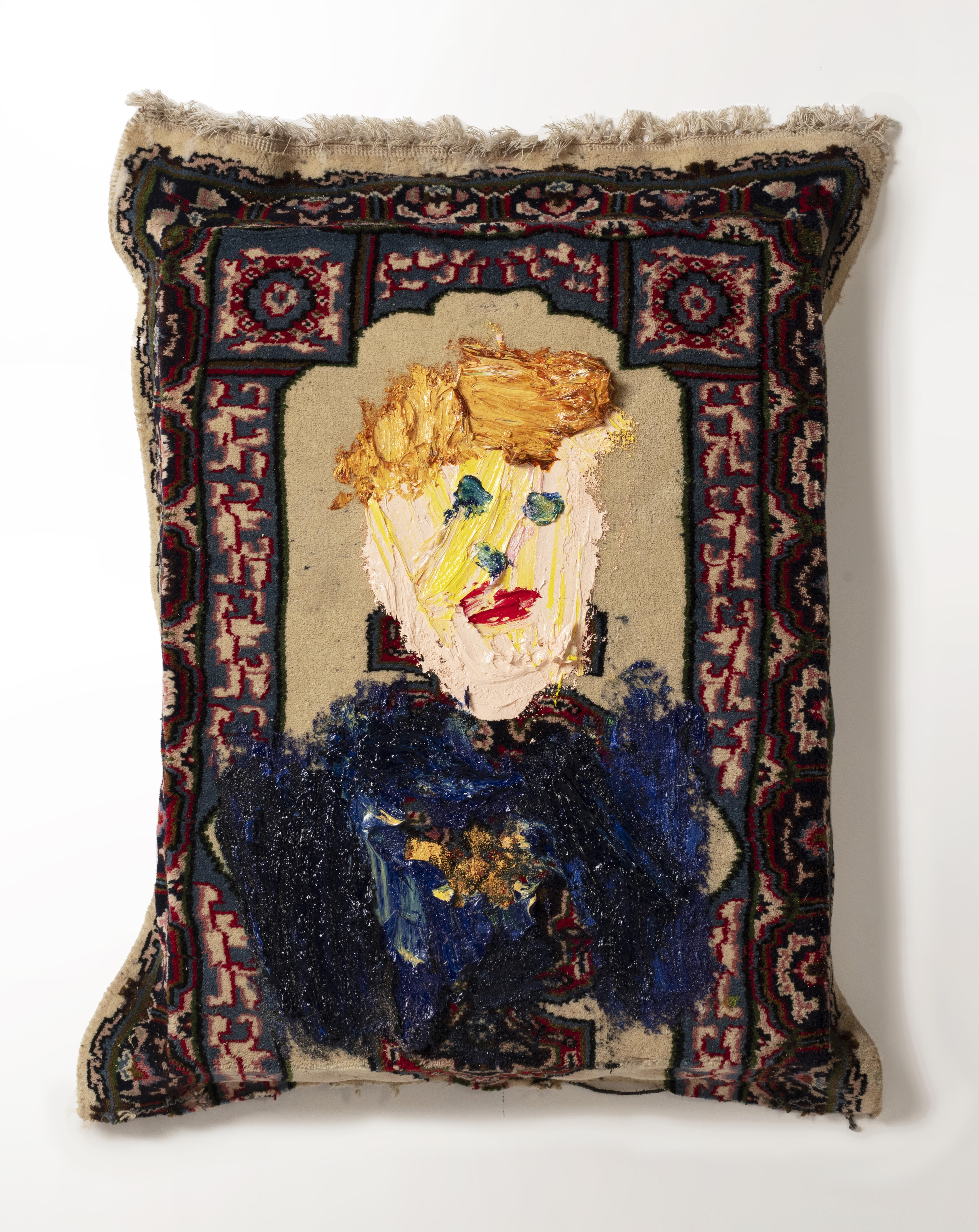
Nanae Mitobe《He's a great family man.》oil on carpet / 2023 / 71x56cm
She paints thick, heavy paintings by boldly grabbing oil paints from Ittokan (a cuboid tin can of 18-20 liters) with her hands. She has been painting portraits of public figures as motifs for several years, and a residency in the United States in 2014 led to her DEPTH series of anonymous faces, which was exhibited at the Aichi Prefectural Museum of Art in 2016. I am a yellow from the series was acquired by the same museum in 2020.
In recent years, she received the VOCA Encouragement Award from the Ueno Royal Museum in 2020 and held a solo exhibition at the Tokyo Opera City project N in 2022. She has produced the cover art for Masaki Sugata's CD album Last Scene, and appeared in the PR campaign for CASIO's G-SHOCK 2100 Series. Her representative works include STAR Series featuring pop icons such as Michael Jackson and David Bowie, and Picture Diary depicting current global events that appear on the SNS platforms.
Major exhibitions include solo show "Green and Red" at GUCCI NAMIKI in Ginza (2023),"war is not over" at void+ (2022), "OKETA COLLECTION: THE SIRIUS" at Spiral Garden (2022), "project N 85 Nanae Mitobe / I am not an Object" at Tokyo Opera City (2022), "VOCA Exhibition 2021" at Ueno Royal Museum (2021), "Rock is Dead" at biscuit gallery (2021), "-Inside the Collectorʼs Vault, vol.1-Unleashed Collection Exhibition" at WHAT (2020), "I am yellow" at Maki Fine Arts (2019), "APMoA, ARCH vol.18 DEPTH - Dynamite Pigment - "at Aichi Prefectural Museum of Art (2016).
冨安由真 / Yuma Tomiyasu (1983 - )
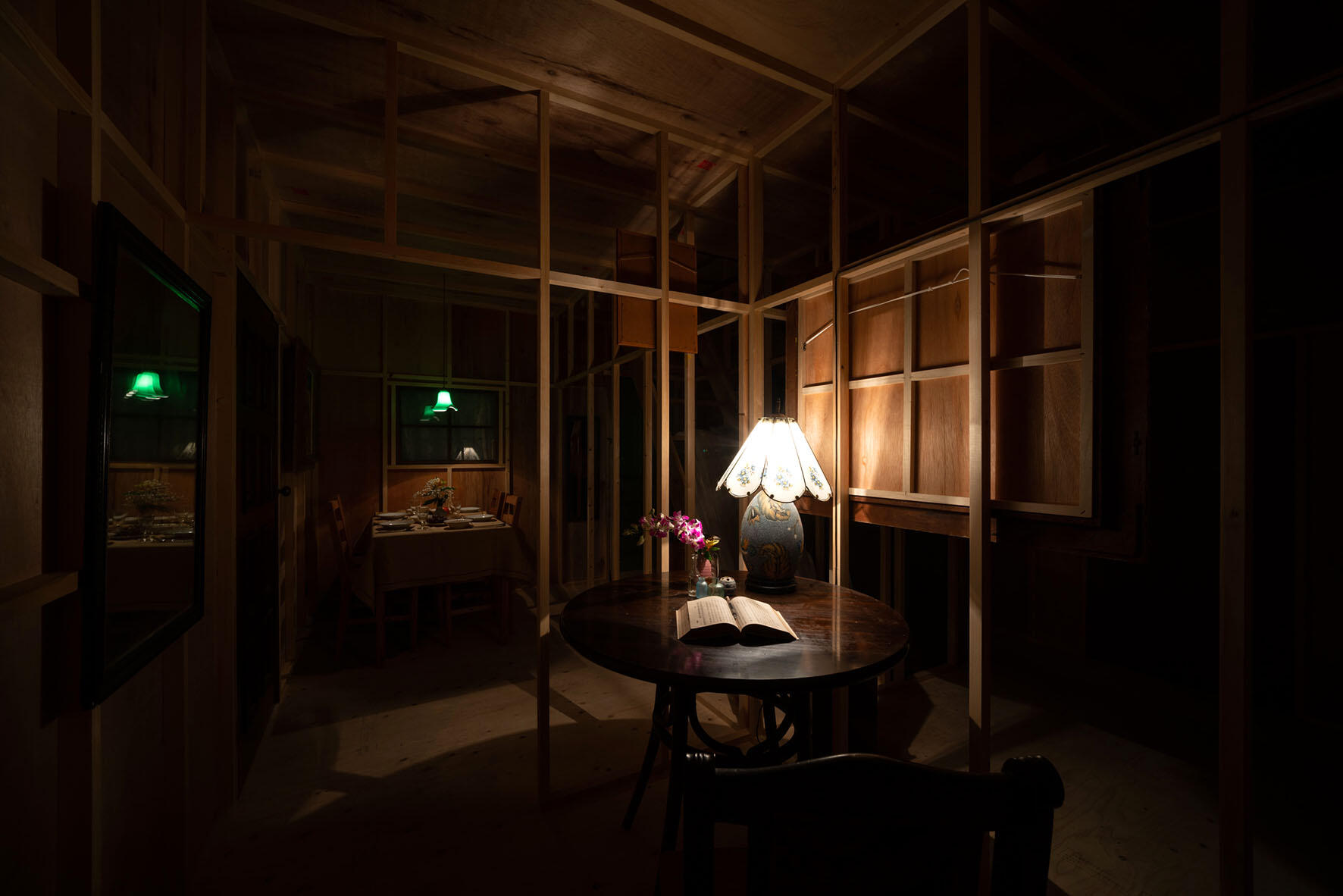
Yuma Tomiyasu, reference work 《Making All Things Equal》2019
Born in Hiroshima Prefecture in 1983.
Yuma Tomiyasu is interested in those narrow interstices between reality and non-reality occurring in our daily lives. Her work considers these--and attempts to have viewers experience them artificially--by considering the kinds of perceptions and sensibilities deeply layered into human psychology or otherwise invisible, and thus not entirely scientifically explainable. Viewers stepping into Tomiyasu's installations may just happen to encounter certain aspects of their own inner unconscious worlds.
Tomiyasu's exhibit at this year's fair is a work featuring flickering antique lamps. This work, which symbolizes inexplicable phenomena and events that occur in daily life and seem to stir up anxiety in the mind, may play the role of reminding viewers of a "consciousness" that is something different from the usual and that cannot be expressed in words.
Major exhibitions include solo exhibition “In Presence of Shadow” (Maruki Gallery For The Hiroshima Panels/2023), Setouchi Triennial 2022” (Teshima/2022), solo exhibition “Aperto 15 TOMIYASU Yuma The Pale Horse” (21st Century Museum of Contemporary Art, Kanazawa/2021-22), solo exhibition “Shadows of Wandering” (KAAT Kanagawa Arts Theater/2021), solo exhibition “shiseido art egg 12: Yuma Tomiyasu, Obsessed With Dreams” (Shiseido Gallery/2018), and solo exhibition “guest room 002: Yuma Tomiyasu, Rooms of absence/presence: Iconography of Spirit, dream and unconsciousness” (Kitakyushu Municipal Museum of Art/2018). Major awards include a special prize of The 21st Taro Okamoto Award for Contemporary Art (2018).
青山夢 / Yume Aoyama (1997 - )
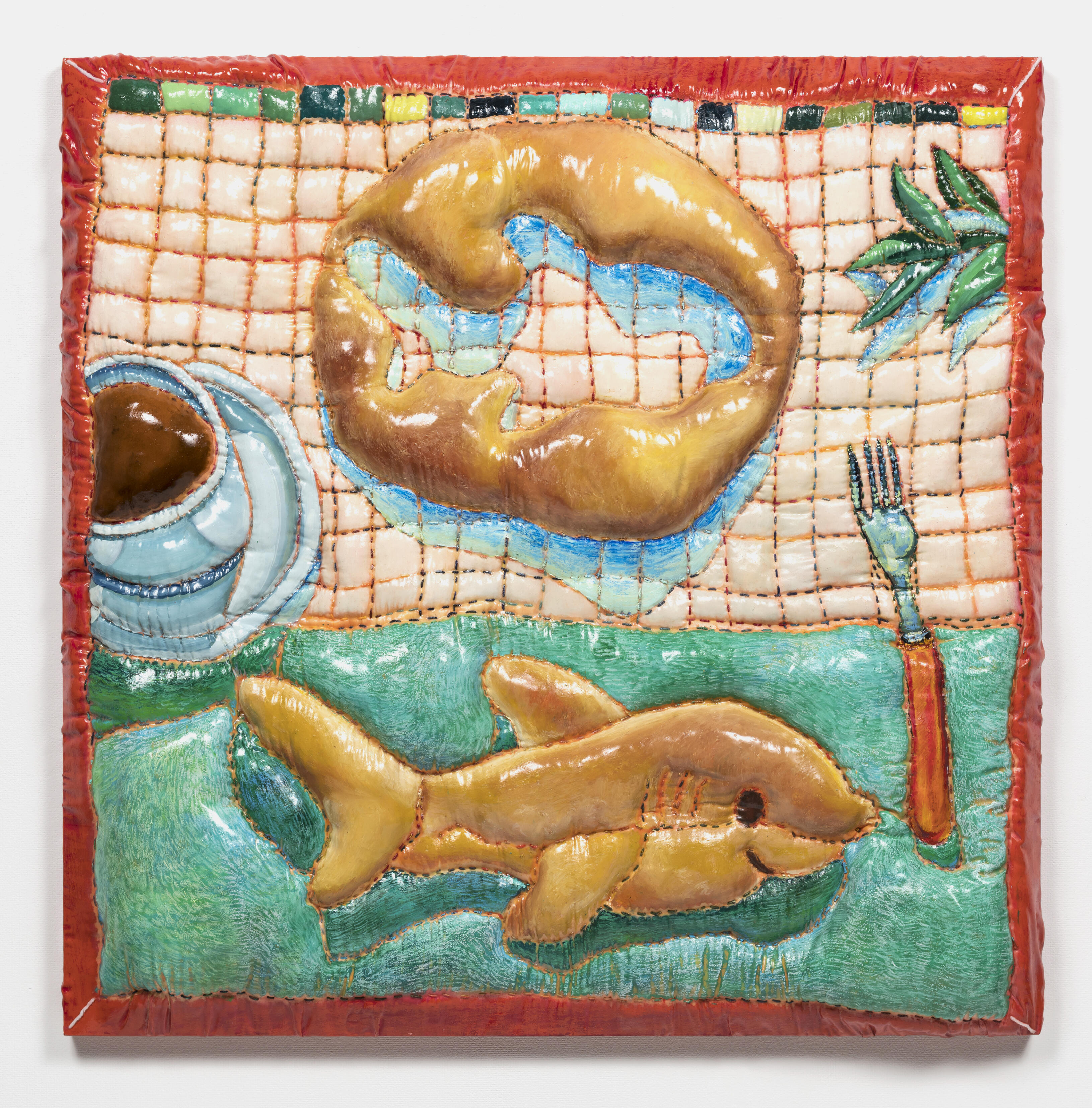
Yume Aoyama《朝食を泳ぐサメ》silk, acrylic, thread / 2023 / 91x91x10.5cm
Born in Ibaraki, Japan, in 1997. She researches the symbiosis between humans and nature, which repeatedly heals and destroys themselves, by observing modern life with a mythological mindset. She is interested in animals which can travel everywhere without boundaries even when the disaster strikes. And Yume Creates works using their skins and hair of various animals as materials before disposal.
■Kiaf SEOUL
ART FRONT GALLERY [booth B02]
Venue
513, Yeongdong-daero, Gangnam-gu, Seoul
COEX 1F, Hall A&B, Grand Ballroom
Date
September 6, 2023
13:00 - 20:00 (VIP, Press Opening)
September 7, 2023
11:00 - 19:30 (VIP, Preview)
13:00 - 19:30 (General Admission)
September 8 - 9, 2023
11:00 - 19:30 (VIP, Preview, General Admission)
September 10, 2023
11:00 - 17:00 (VIP, Preview, General Admission)
Official Website/a>
Related News


![[Bunpei Kado] Participation in the international group exhibition](https://artfrontgallery.com/whatsnew/assets_c/2025/06/6413c9b8da805a040e7a50eb099ad522a6a33eb2-thumb-1440x1080-12792.jpg)







![[Art Fair] ART SG 2025 in Singapore](https://artfrontgallery.com/whatsnew/assets_c/2024/12/Eko%20Nugroho_bubunn-thumb-961x961-12427.jpg)








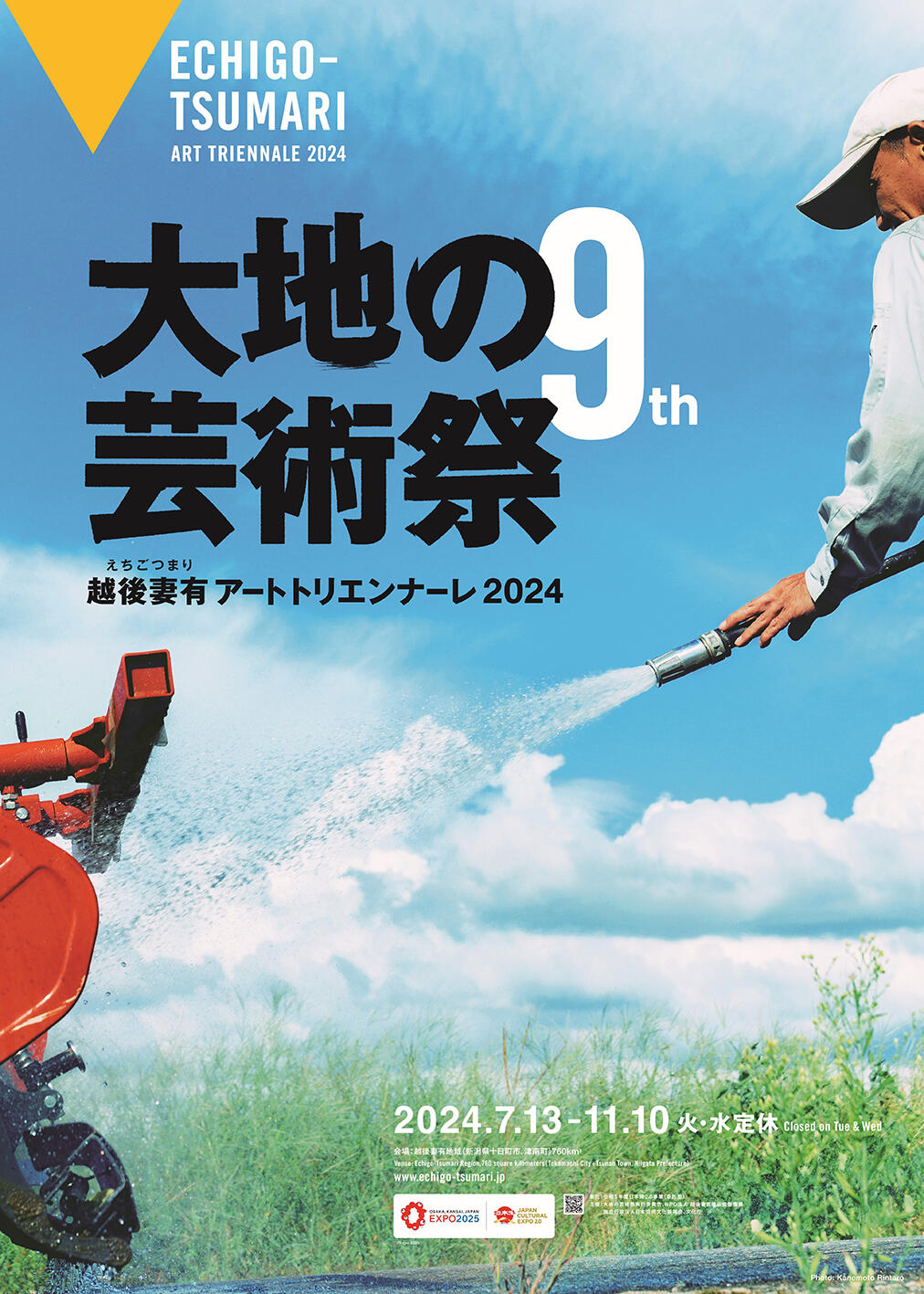
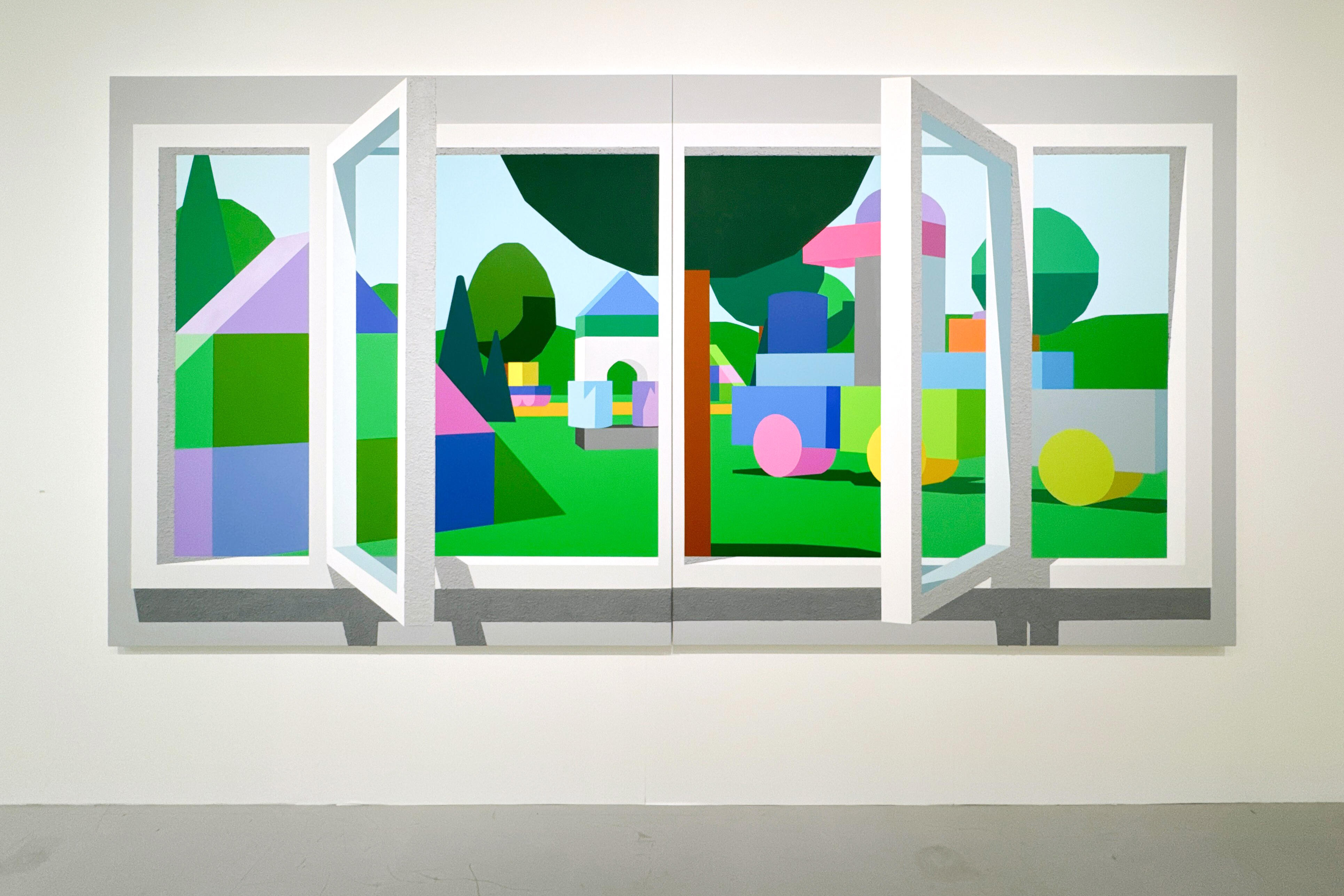
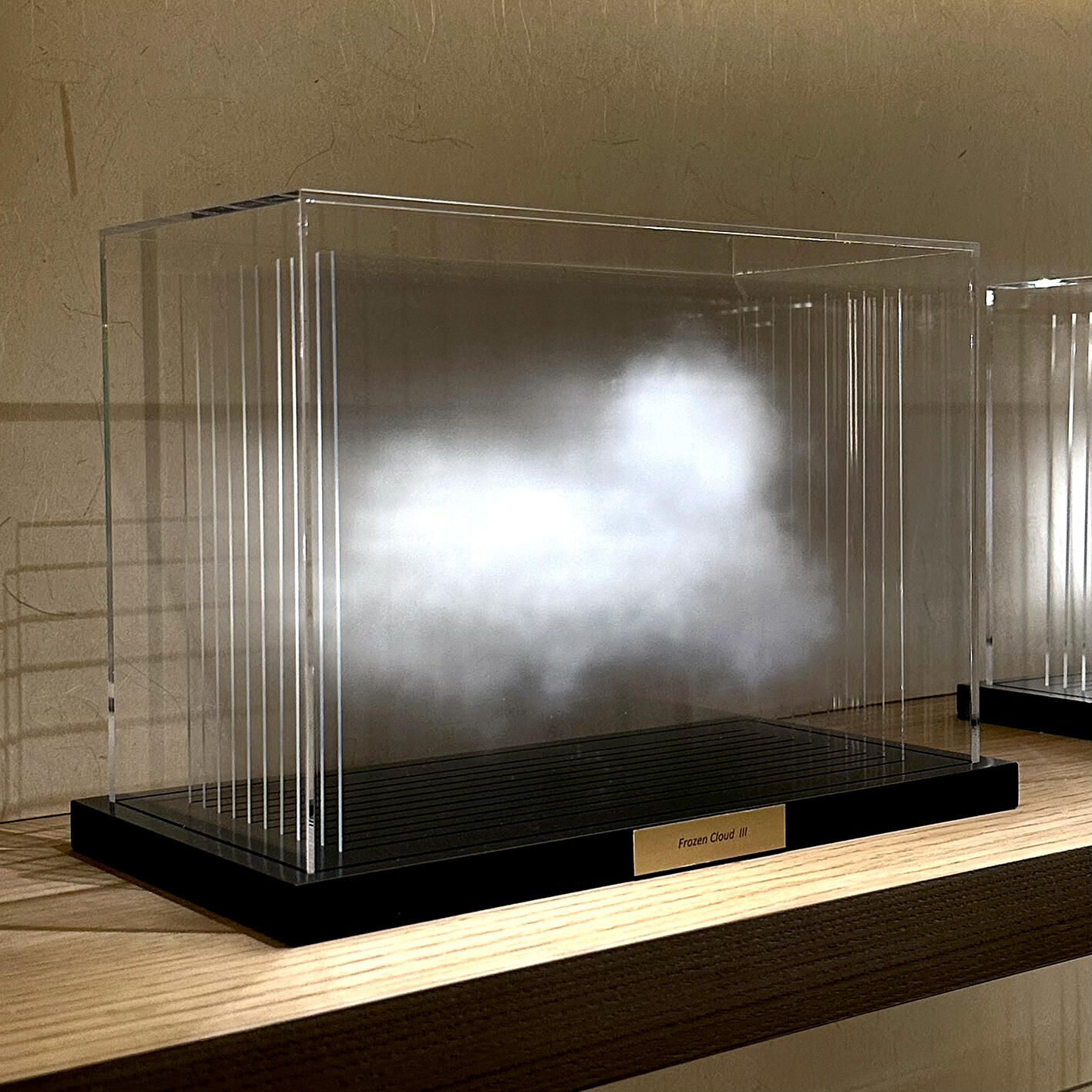
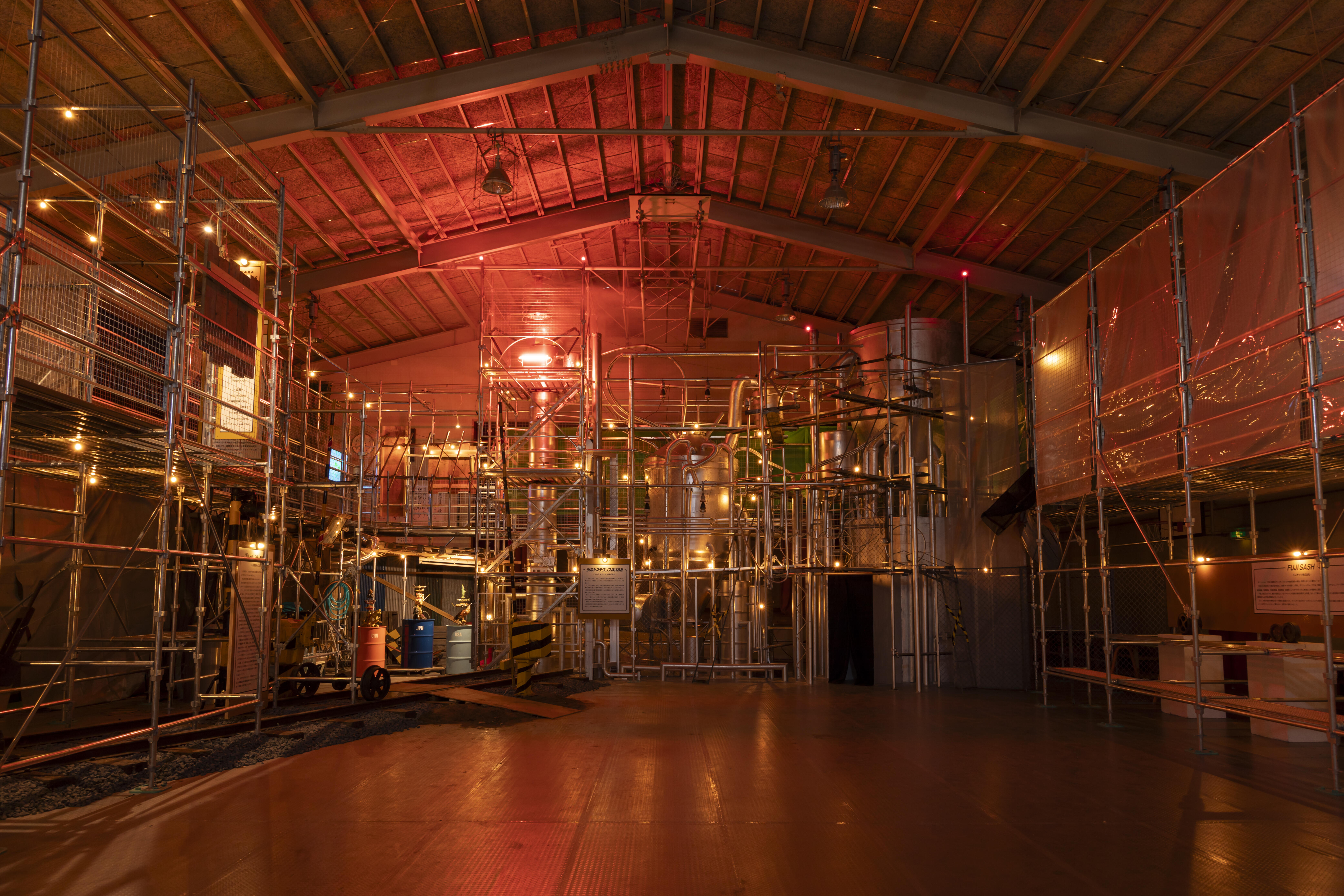
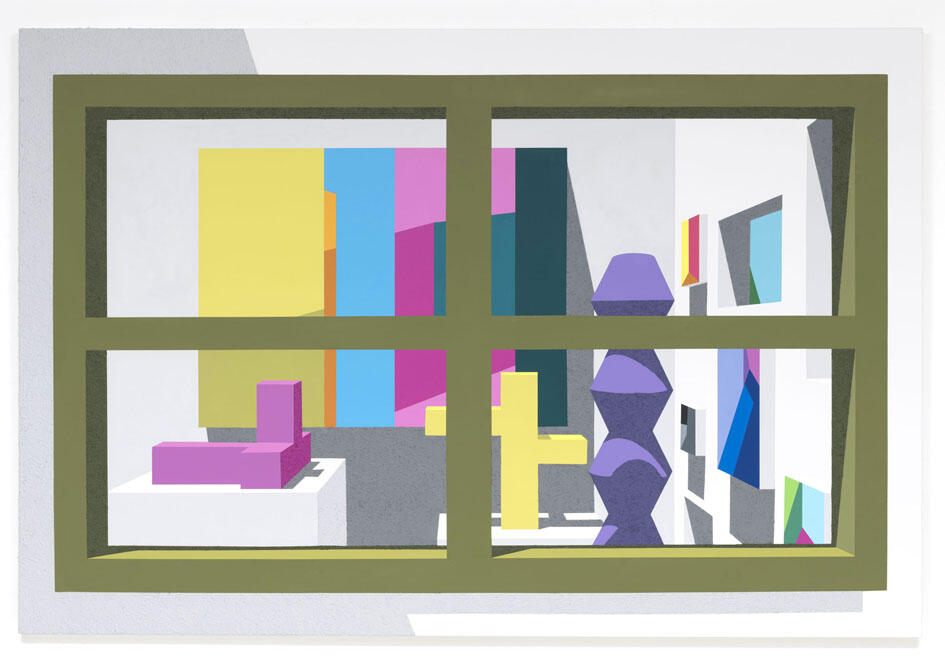
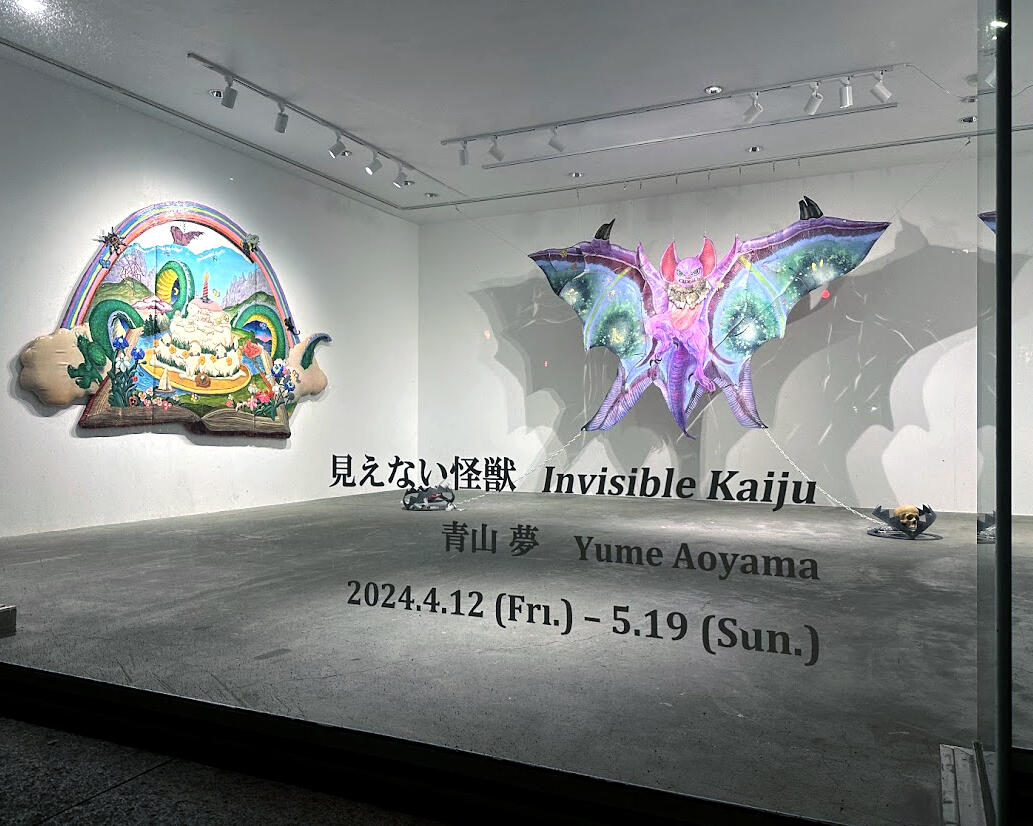
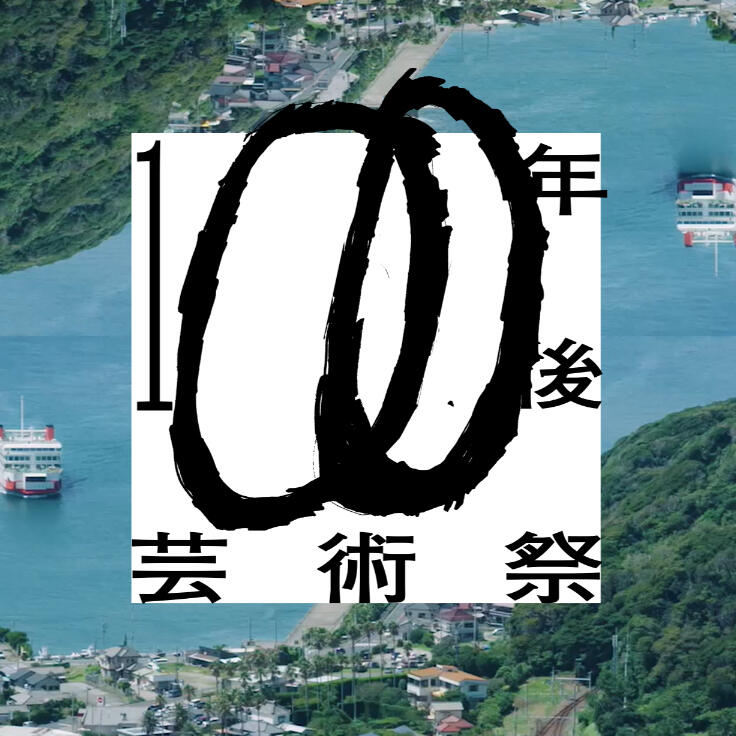
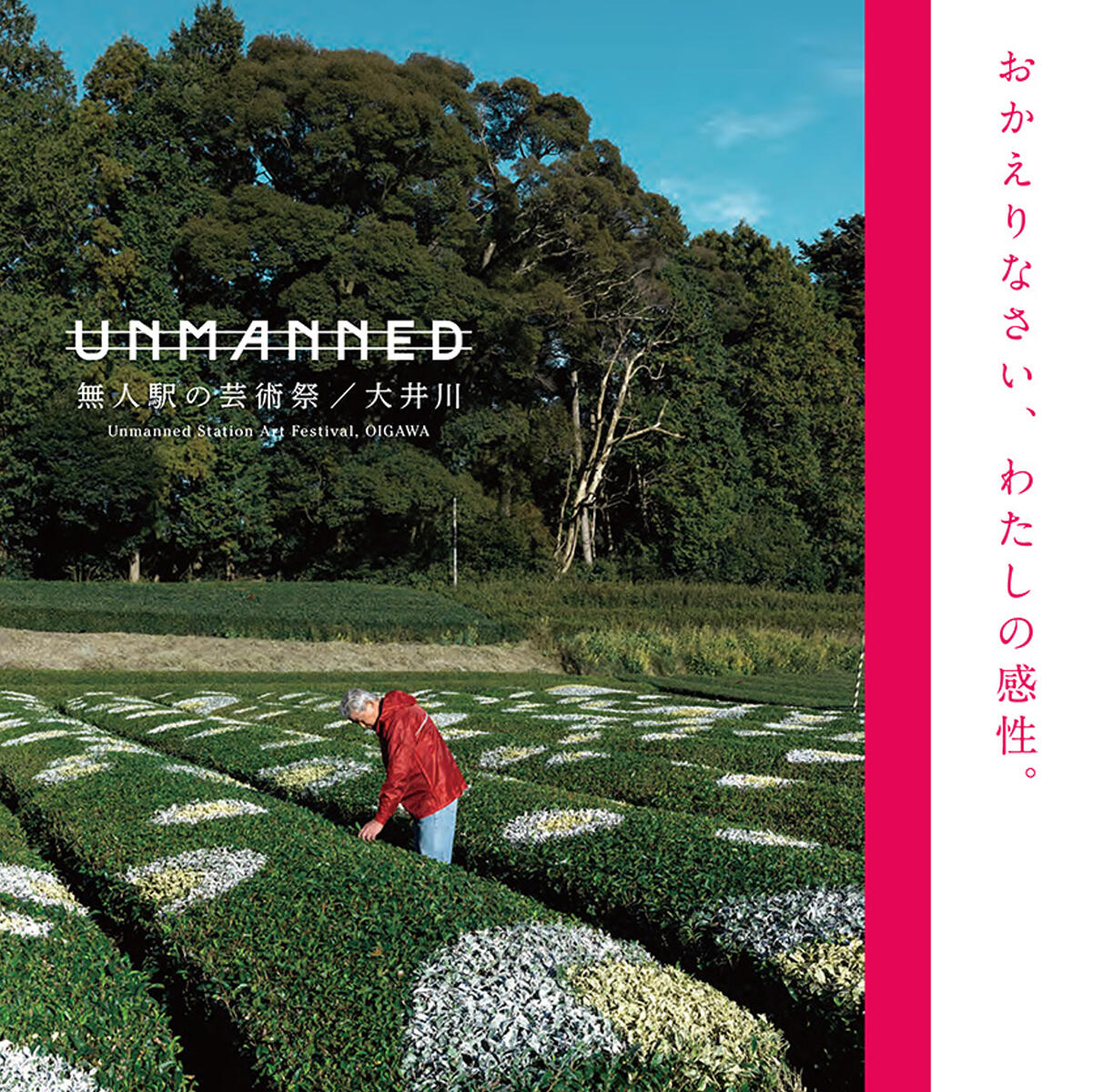
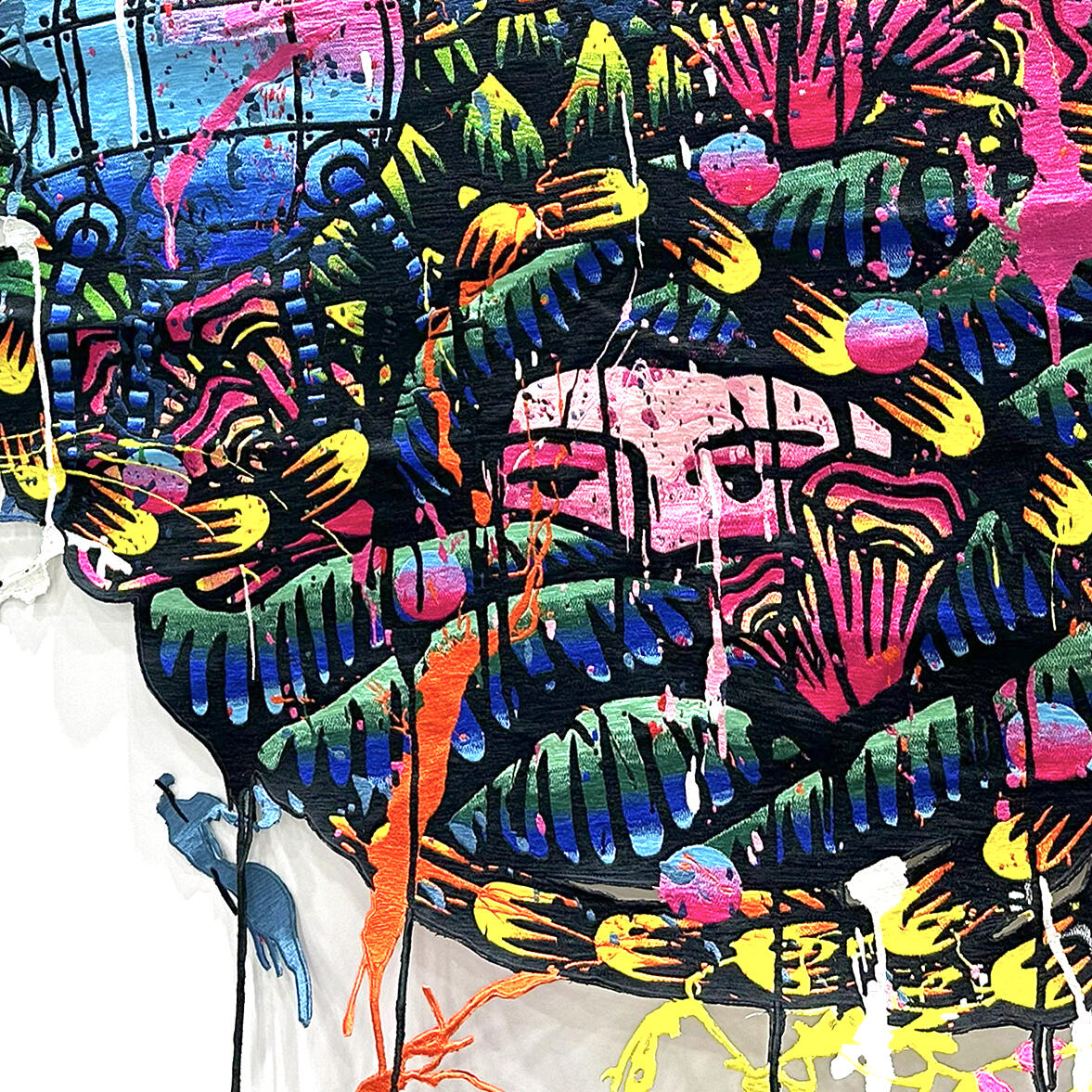
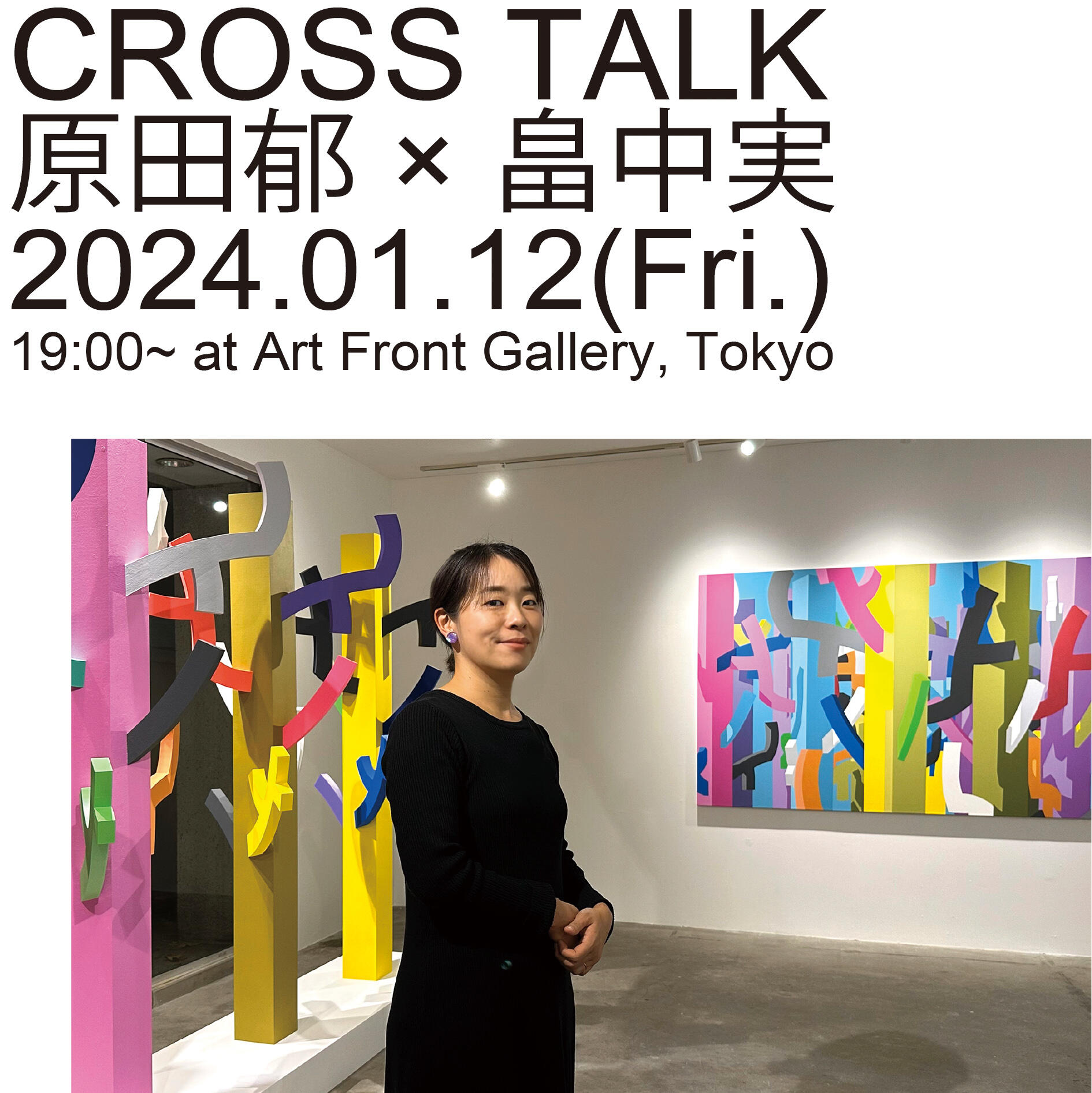
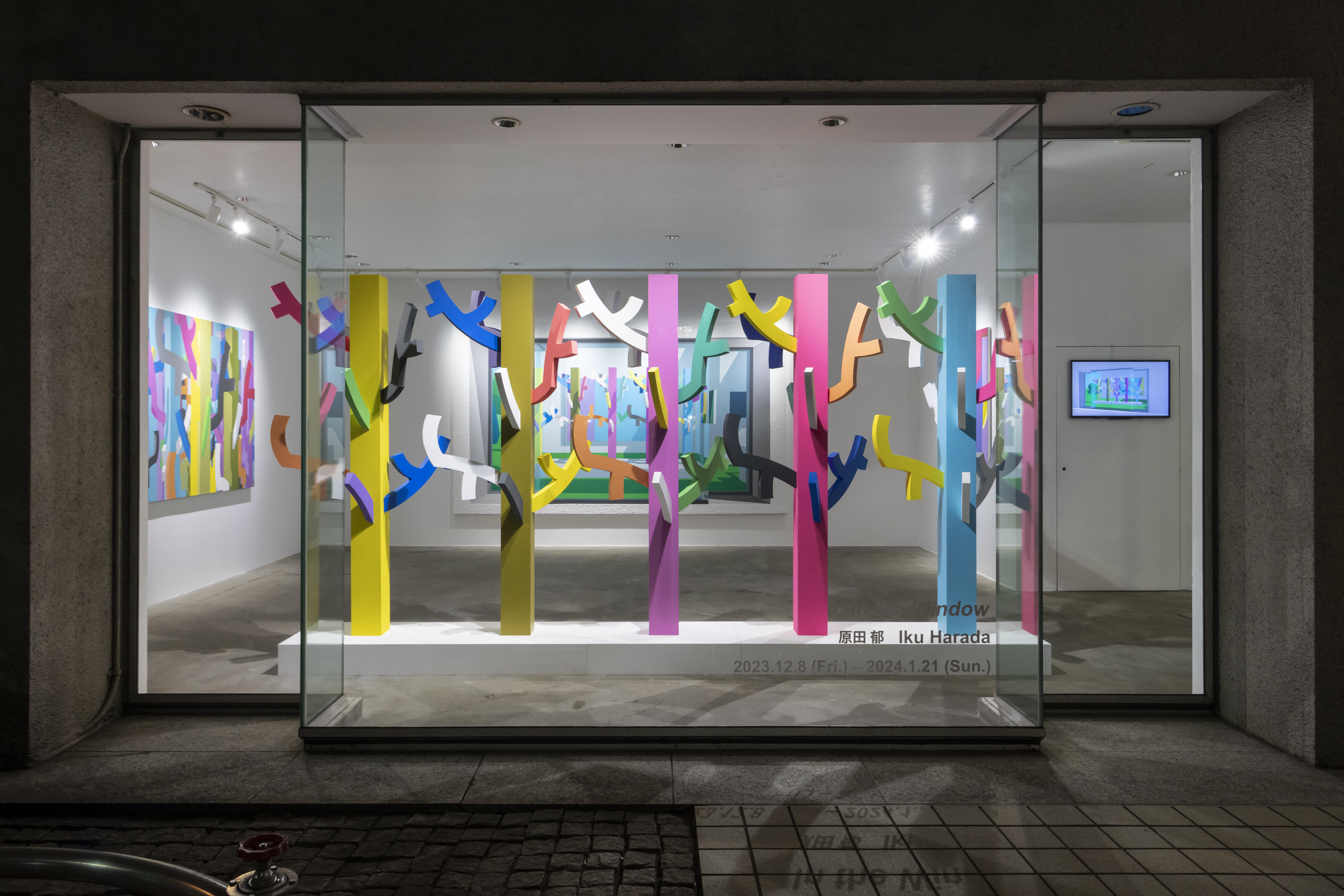
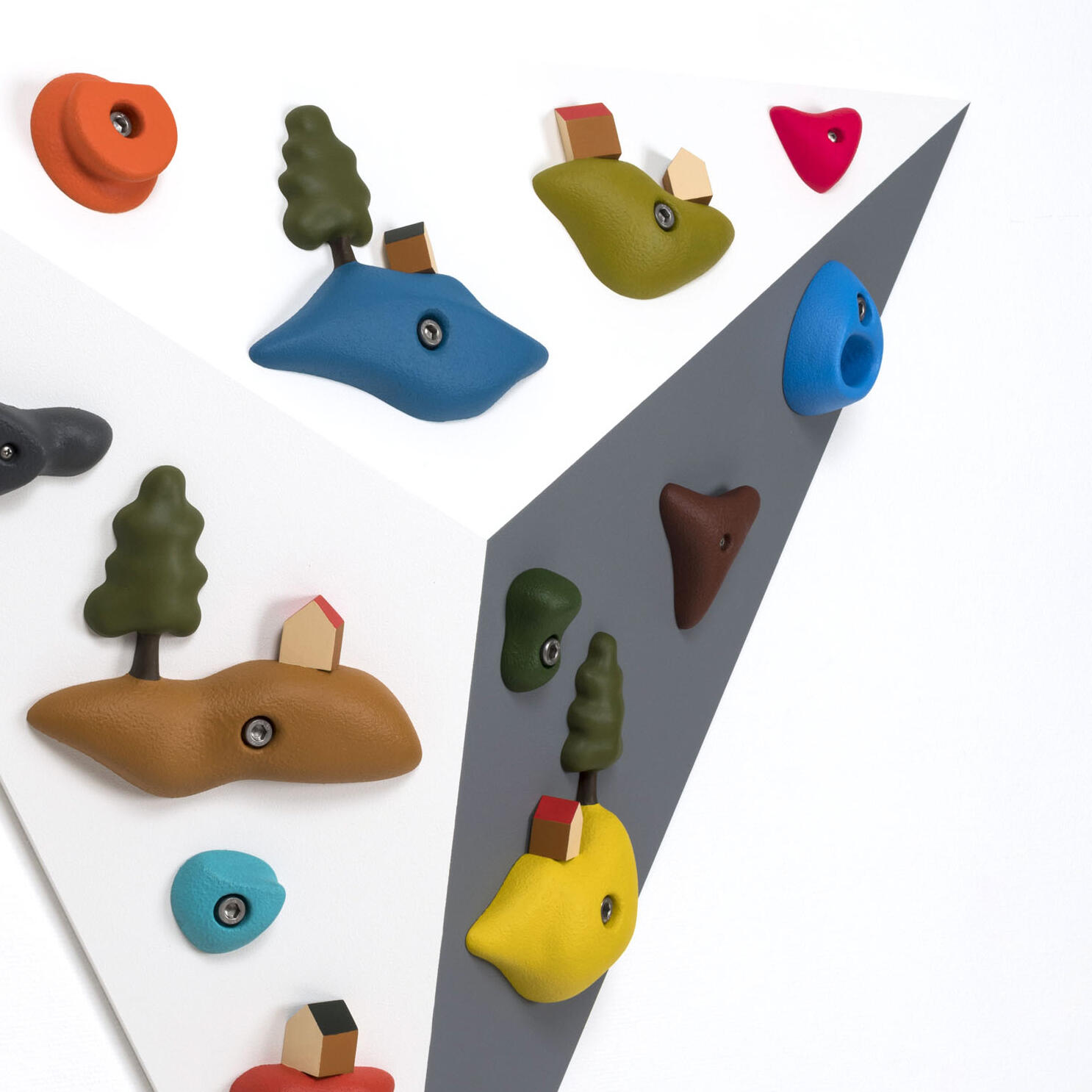
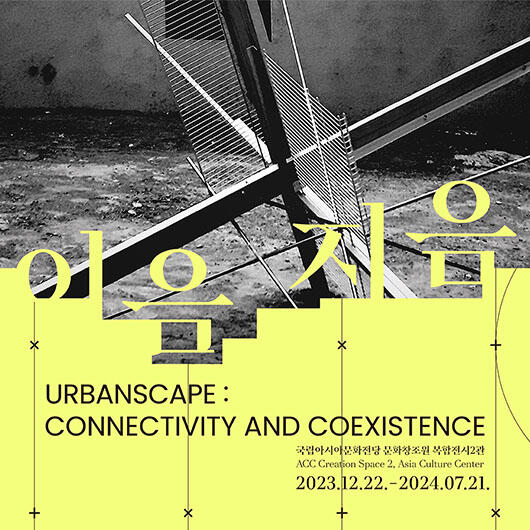
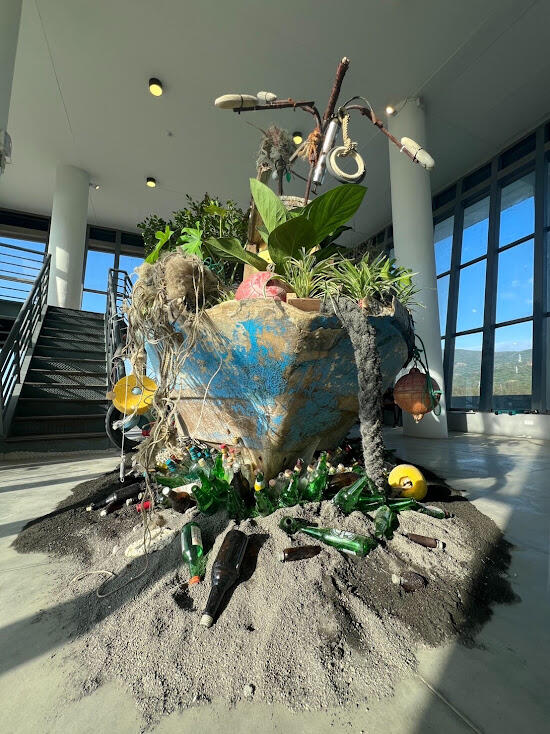
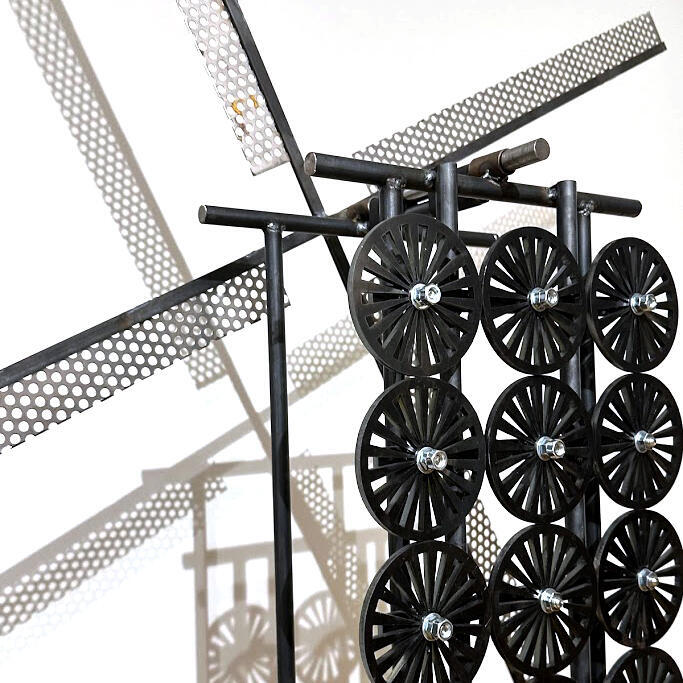
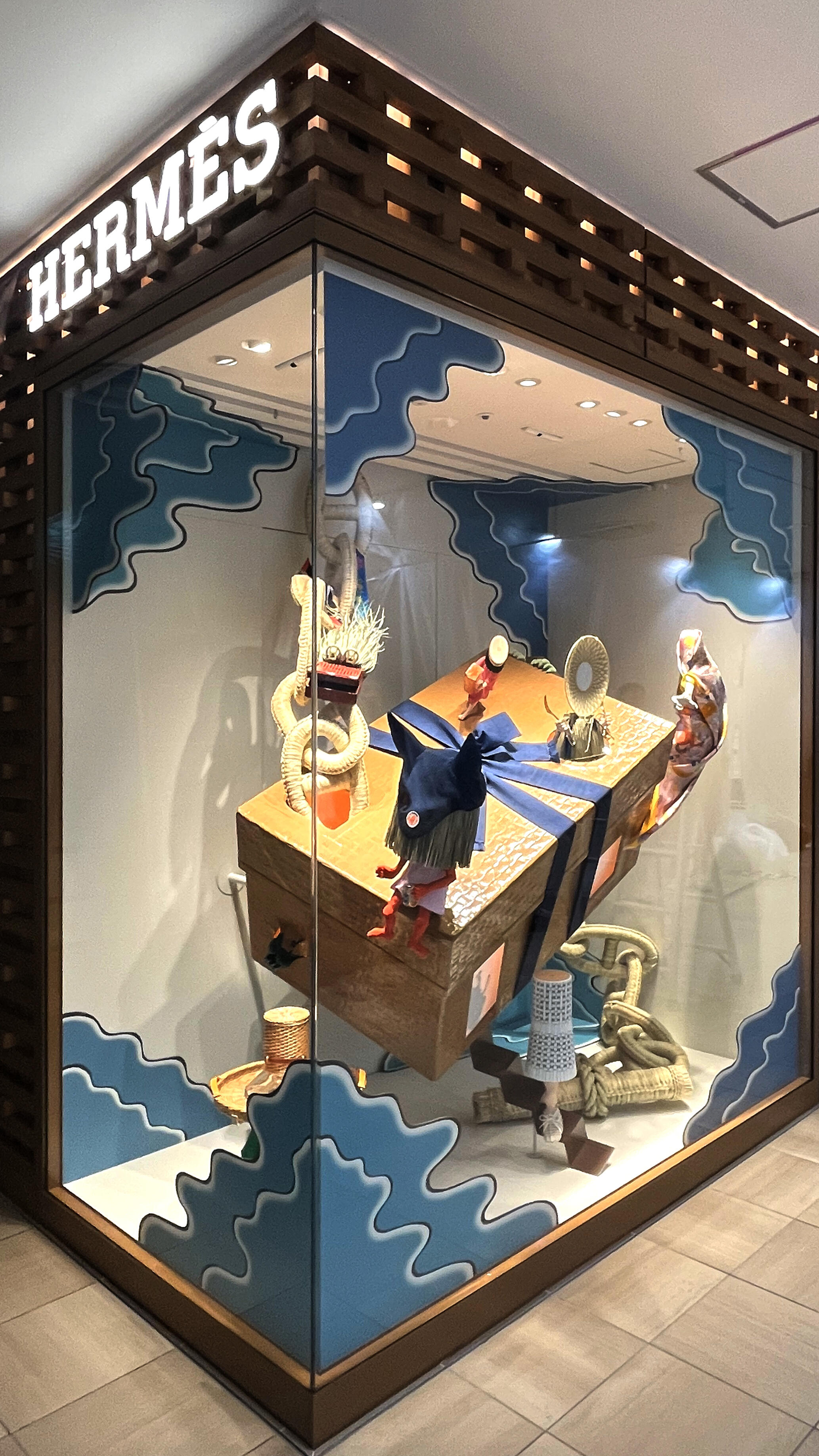
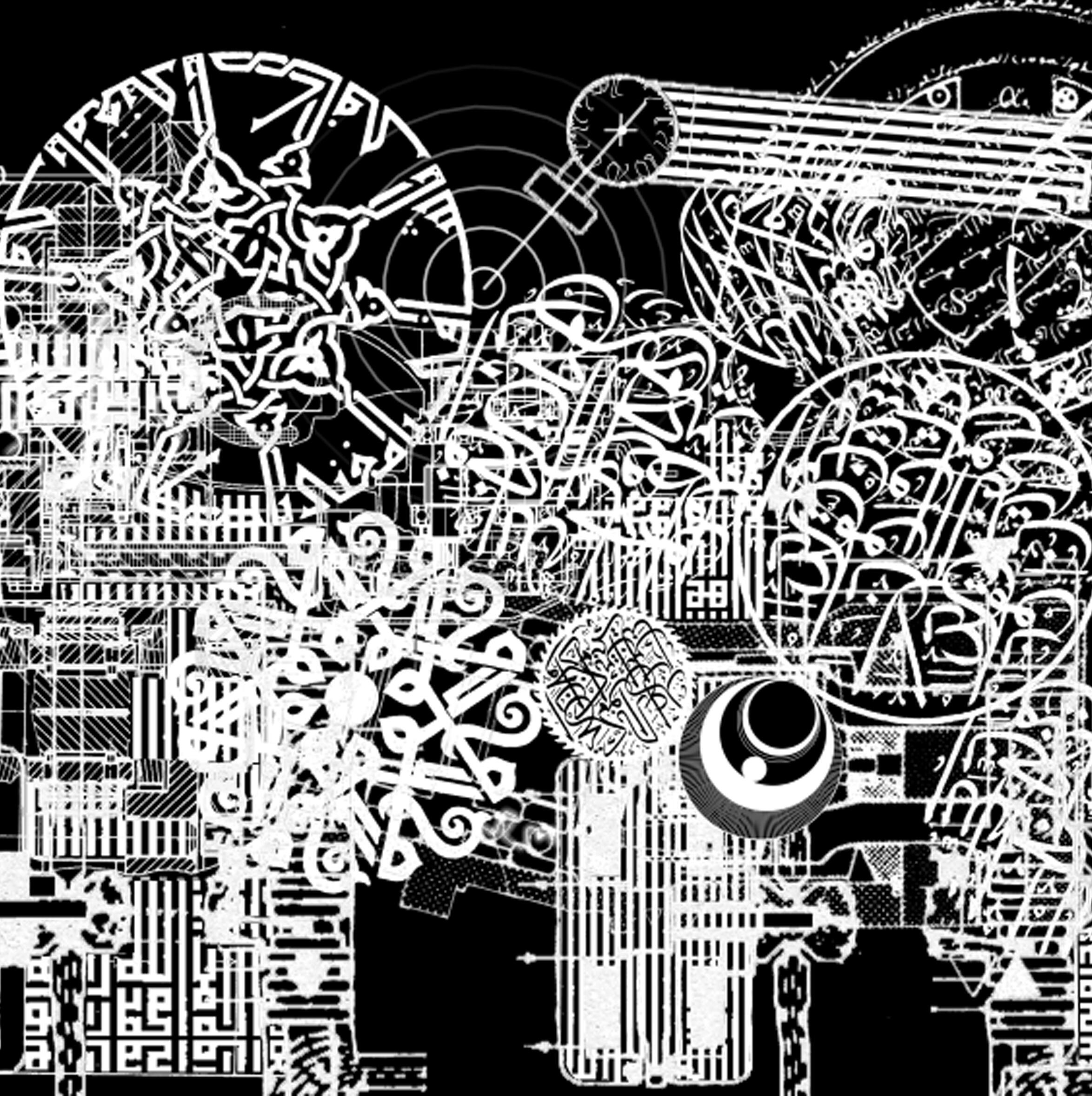
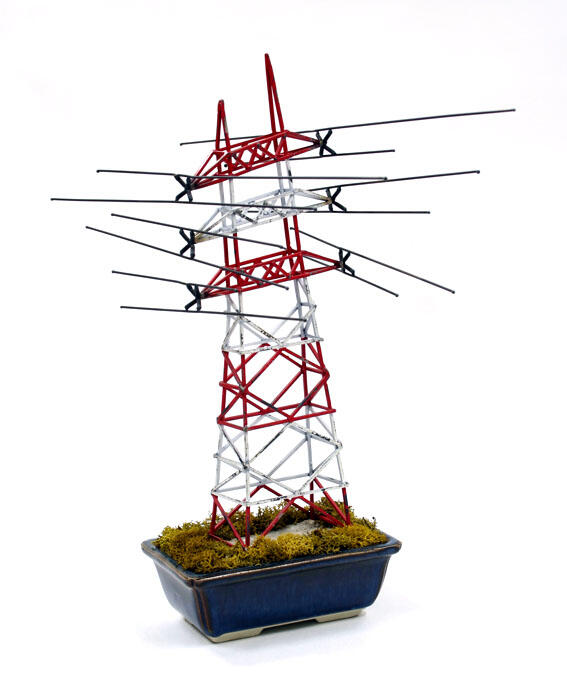
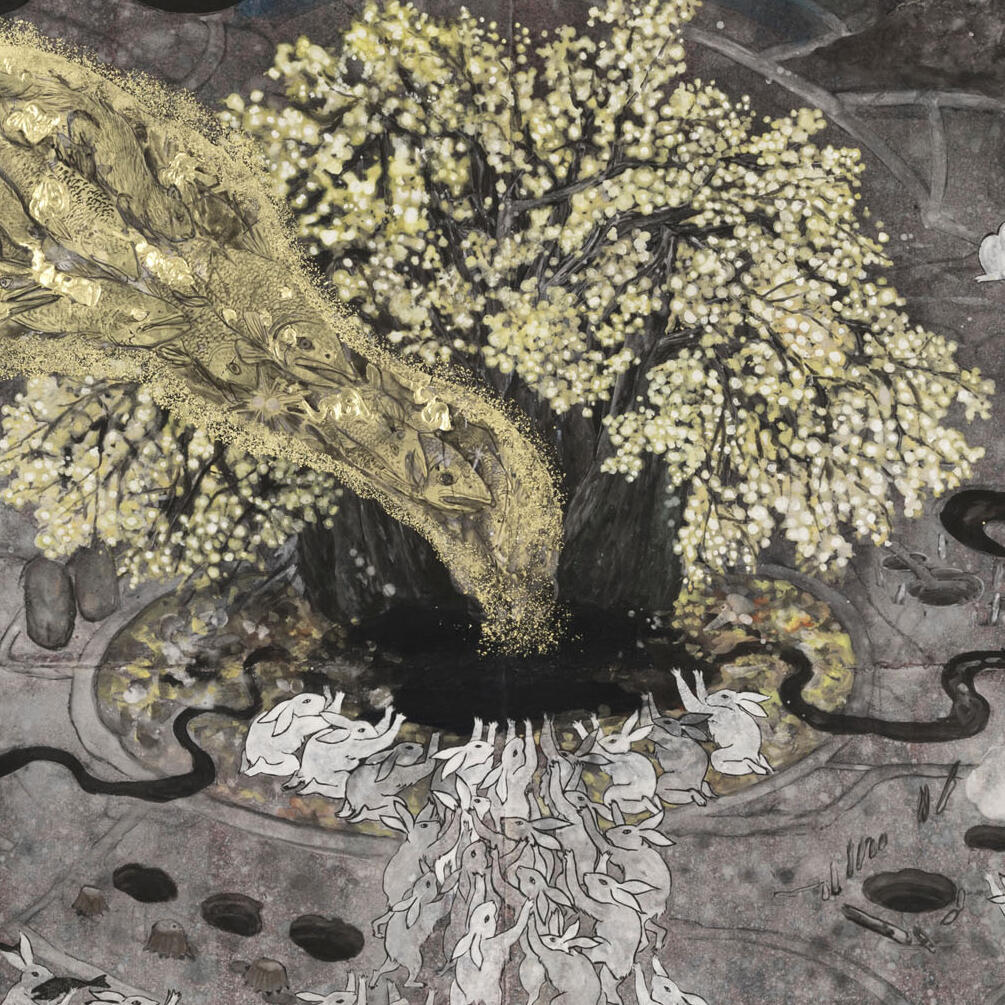
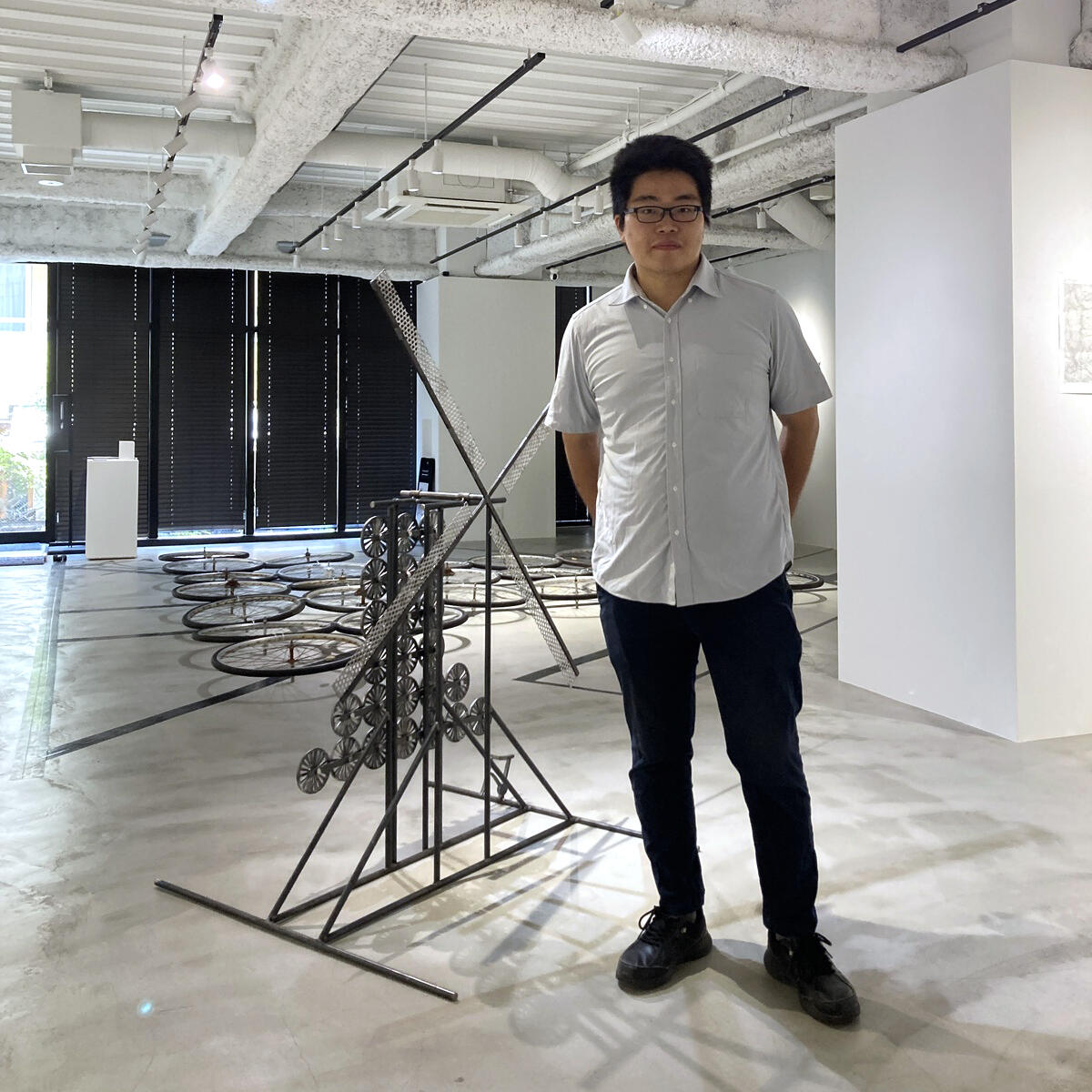
![[ART FAIR] Kiaf SEOUL 2023 / 키아프 서울 2023](https://artfrontgallery.com/whatsnew/assets_c/2023/09/kiaf-thumb-652x652-11457.jpg)
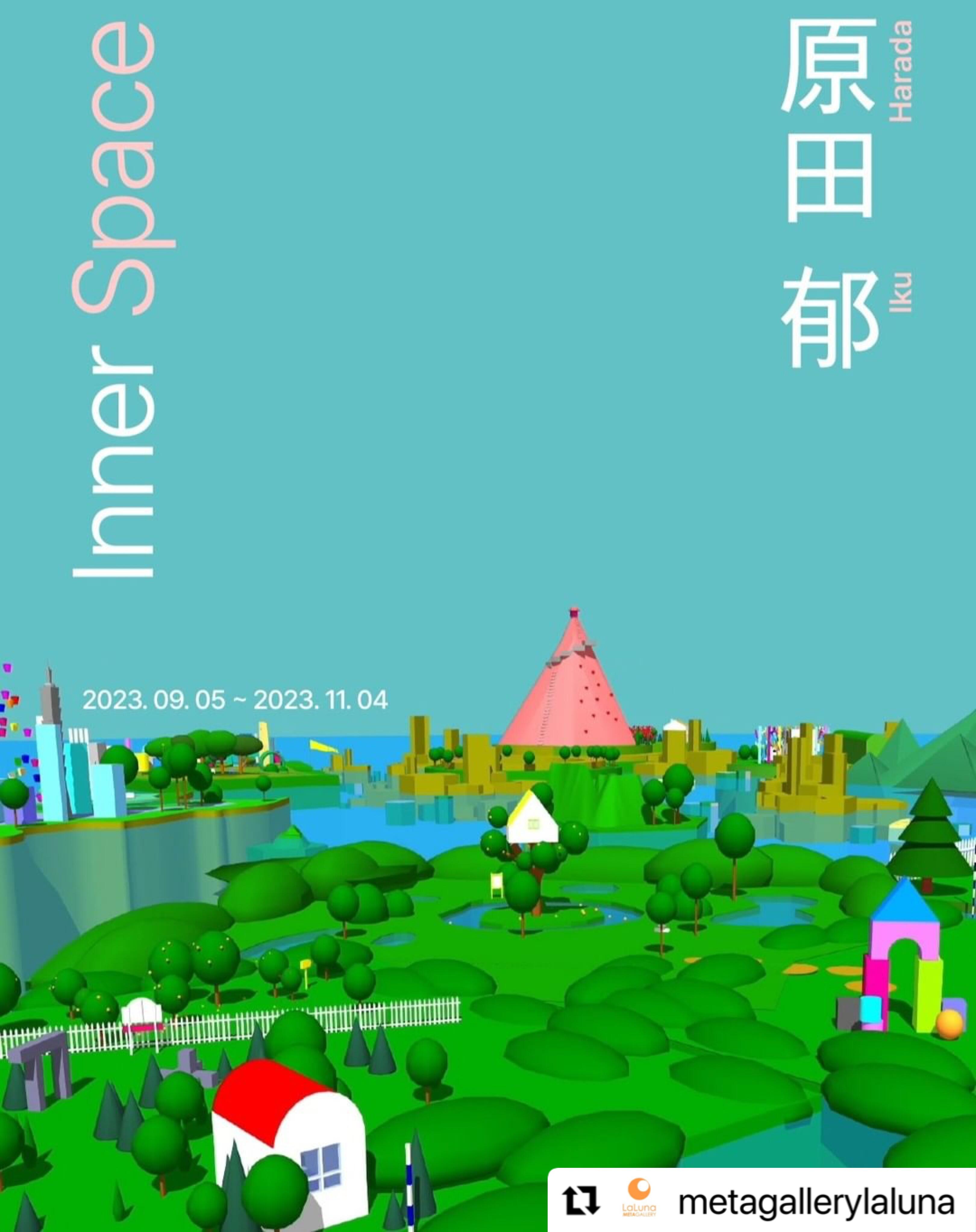
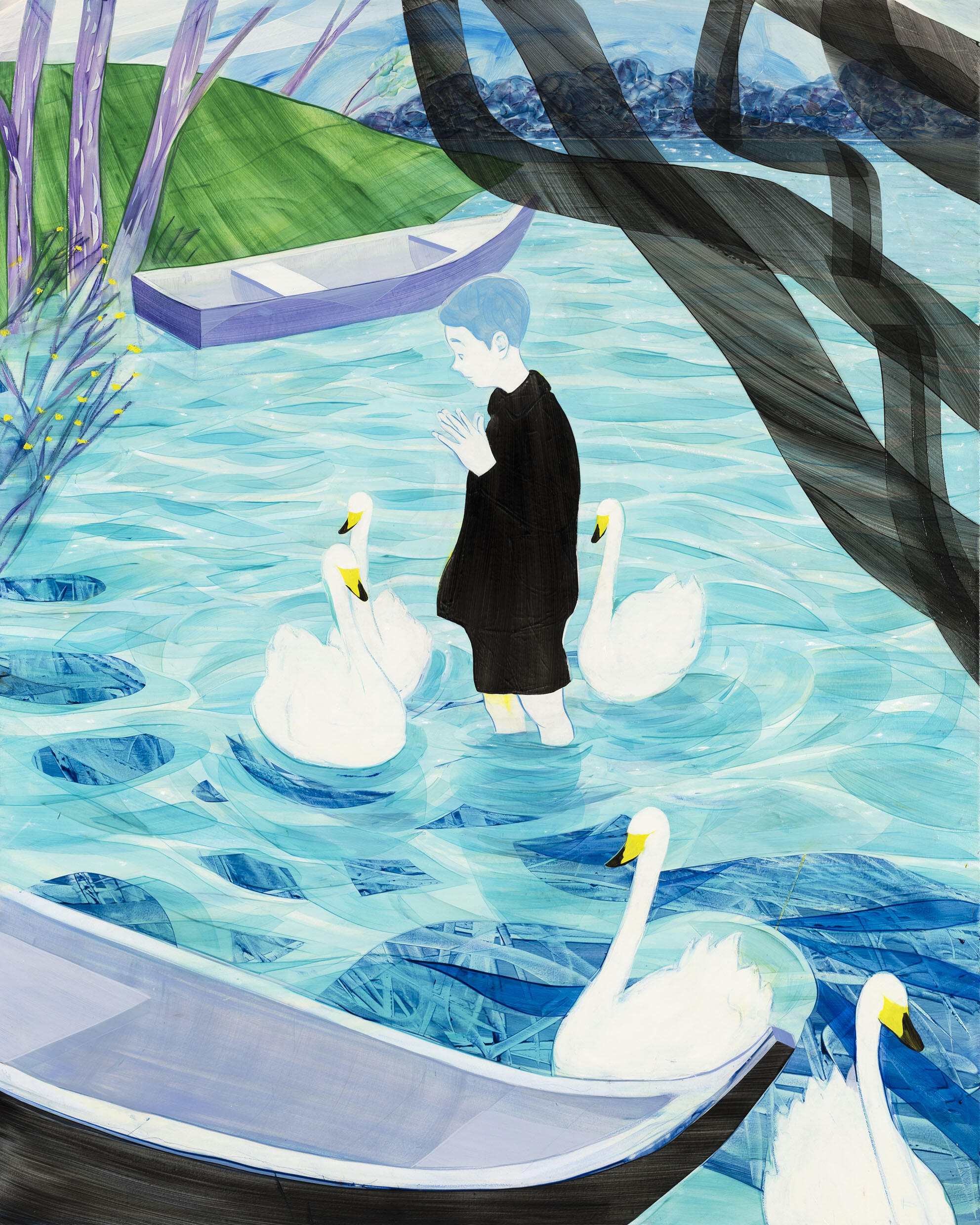
![[Art Fair] Tokyo Gendai at Pacifico Yokohama, Japan](https://artfrontgallery.com/whatsnew/assets_c/2023/06/main-thumb-957x957-11312.jpg)
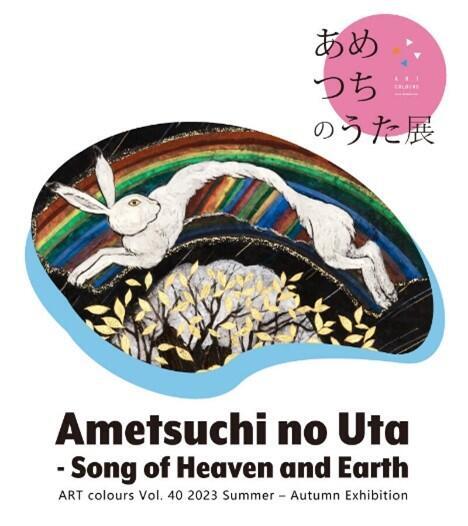
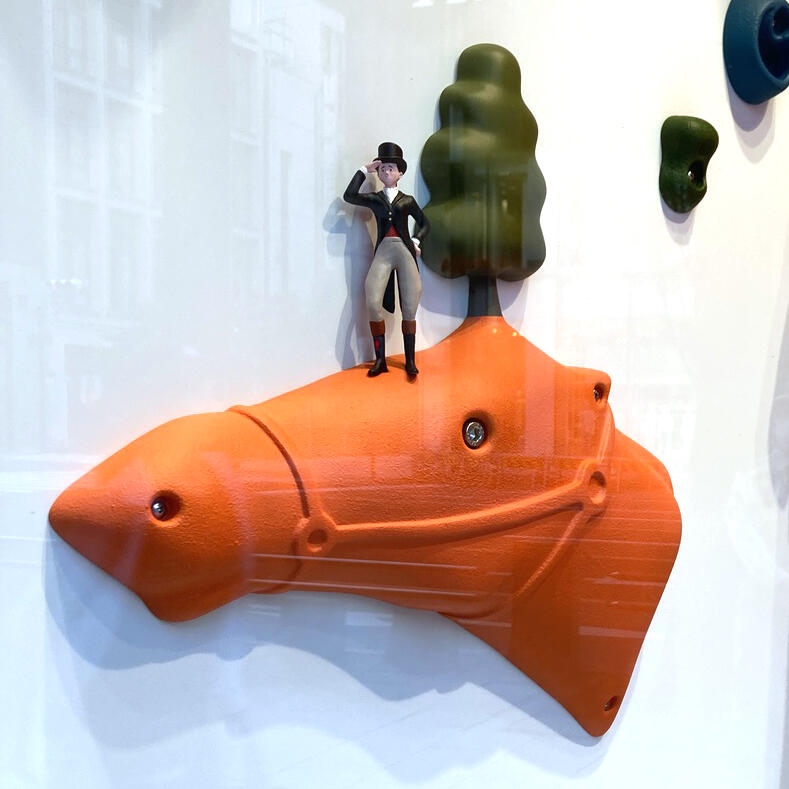
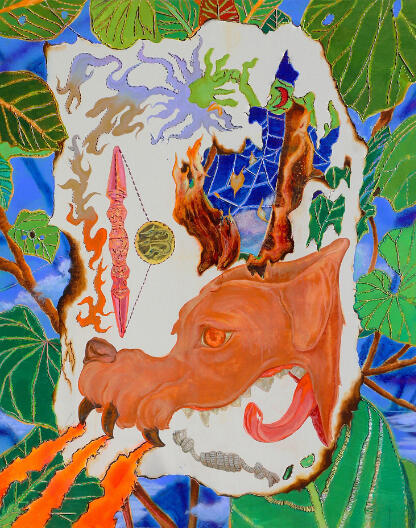
![[Artworks] Mounir Fatmi: from video to installation work](https://artfrontgallery.com/whatsnew/assets_c/2023/02/mounir-thumb-2480x1654-10957.jpg)
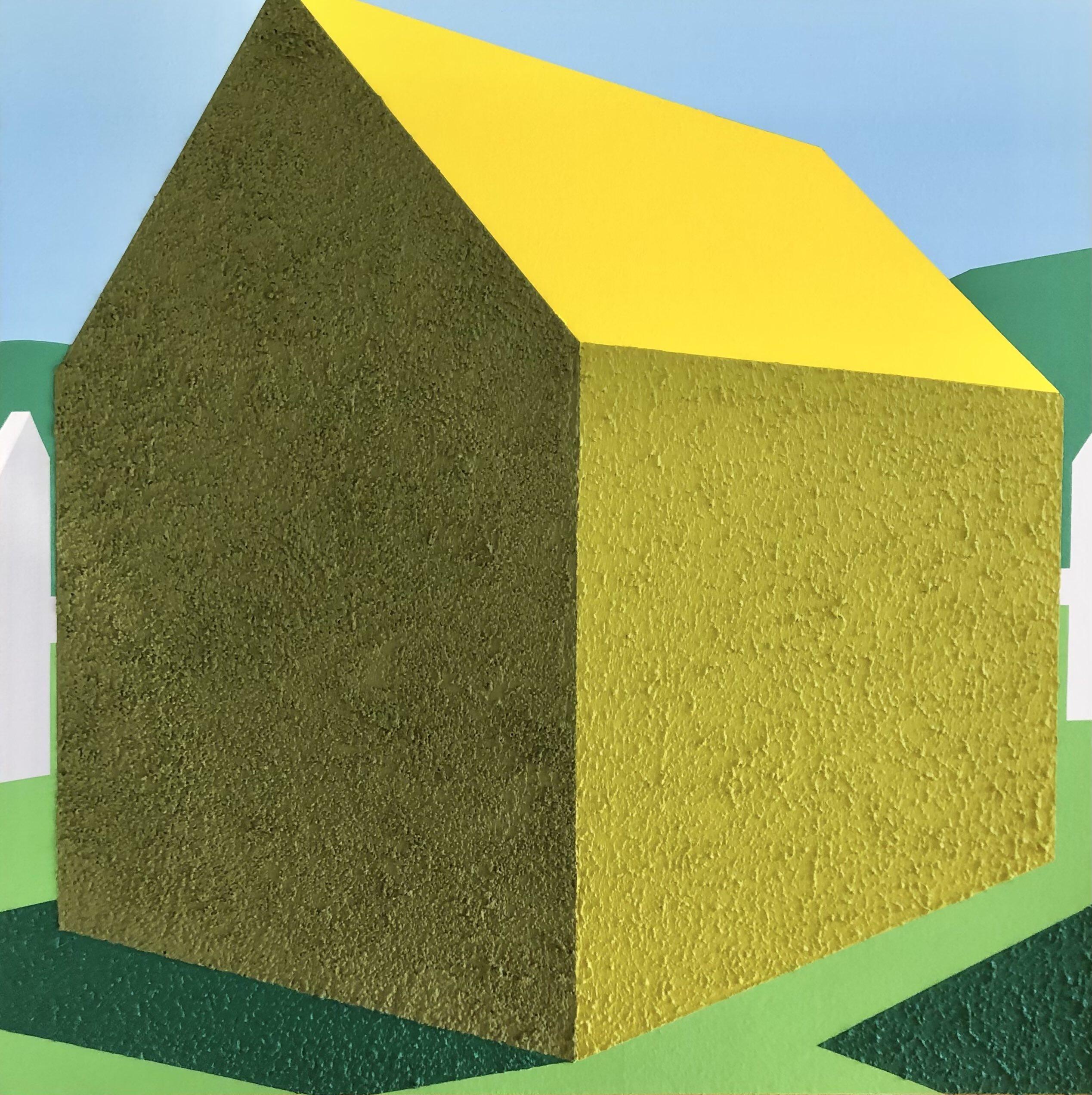
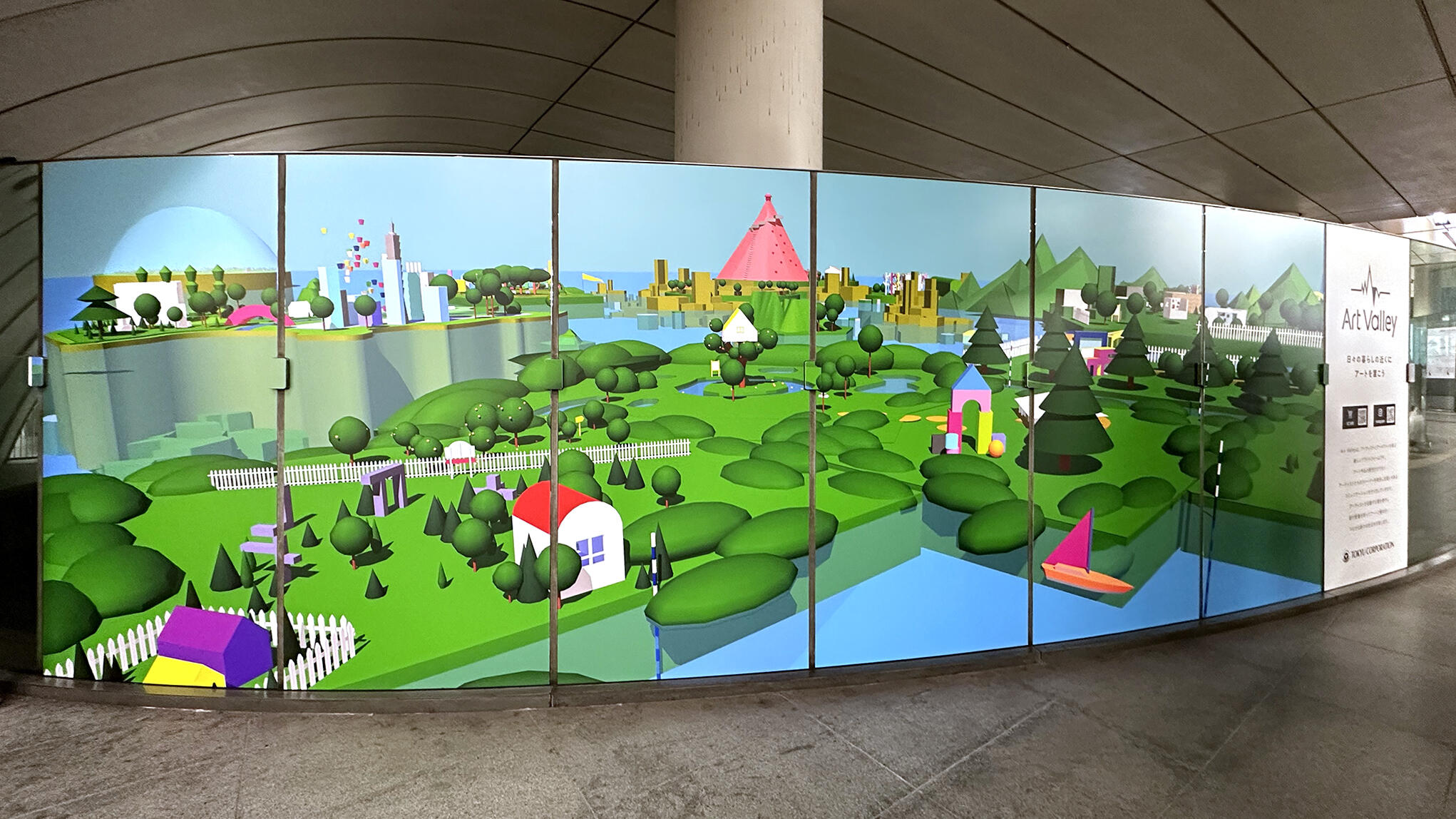
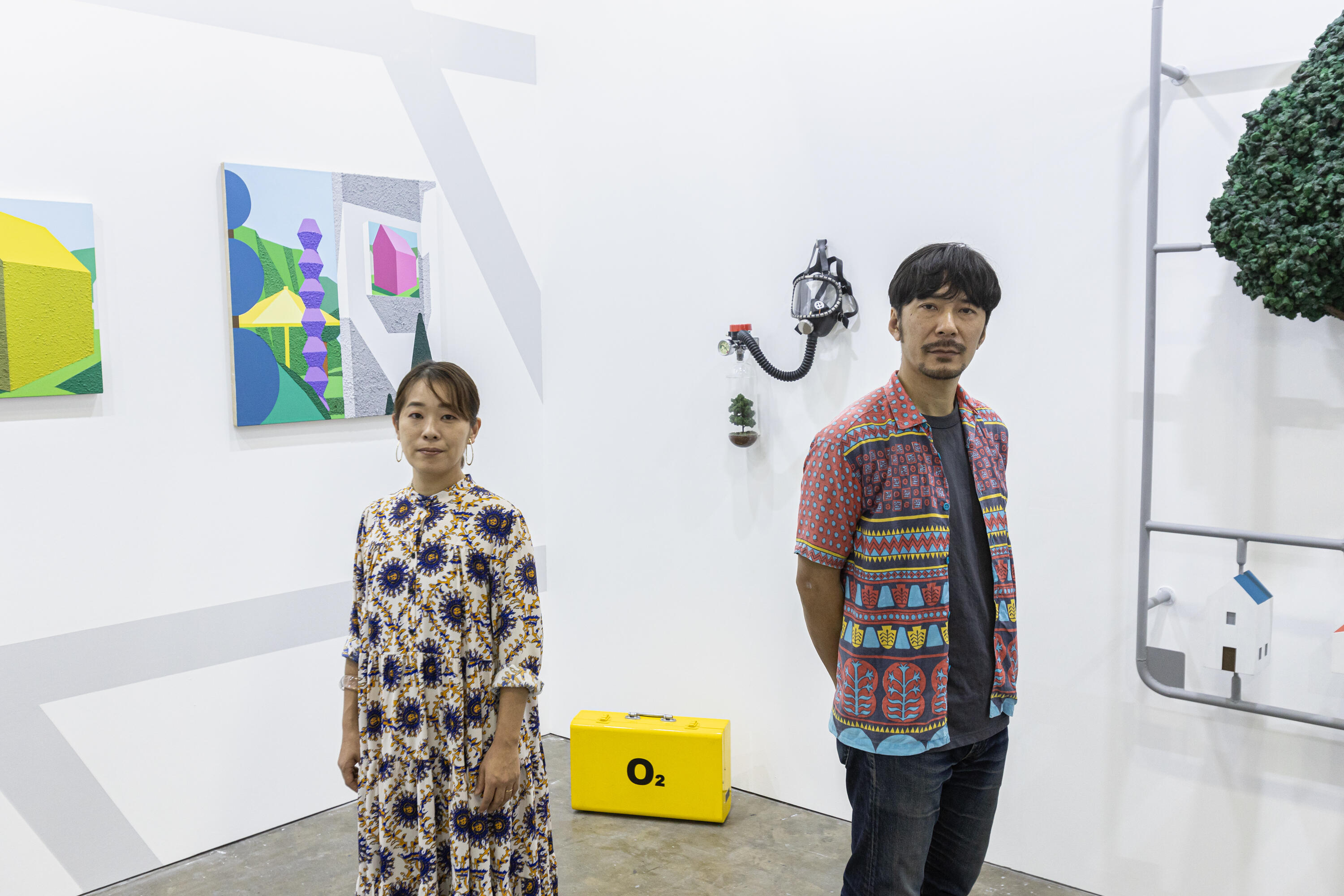
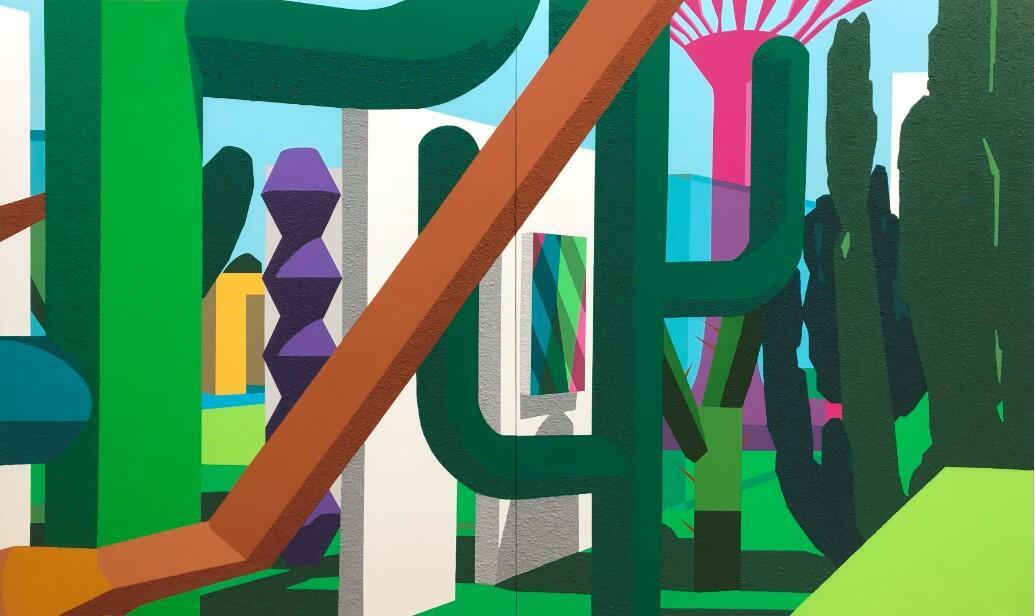
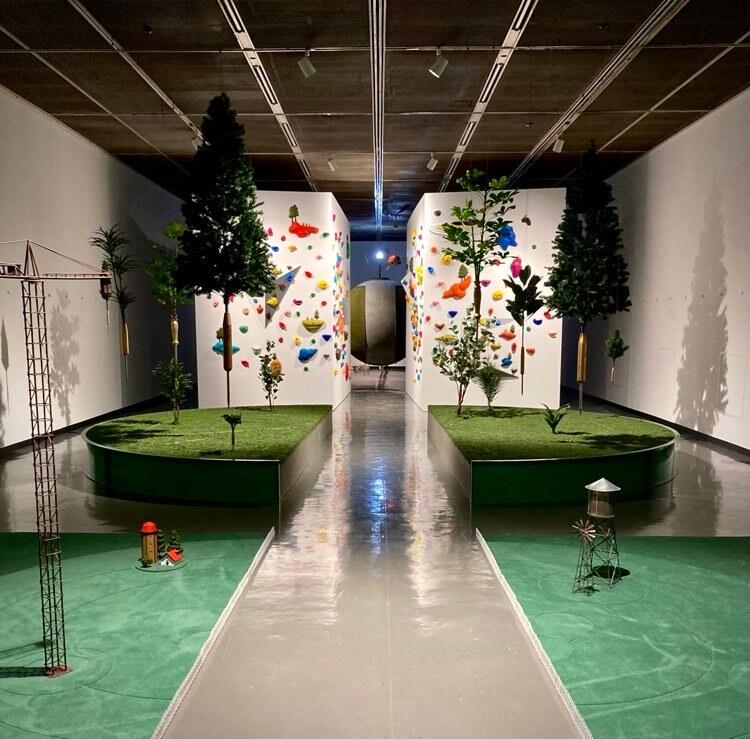
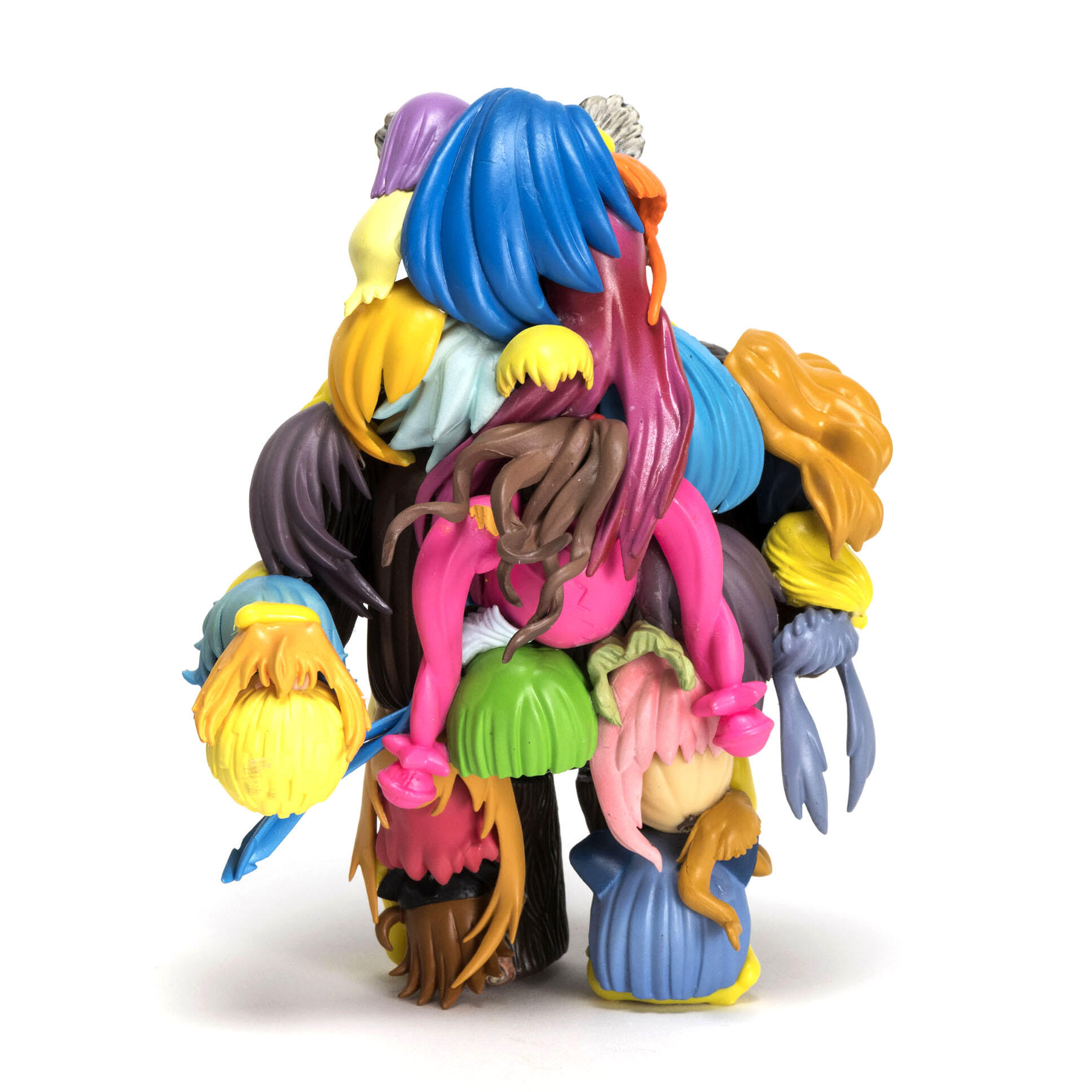
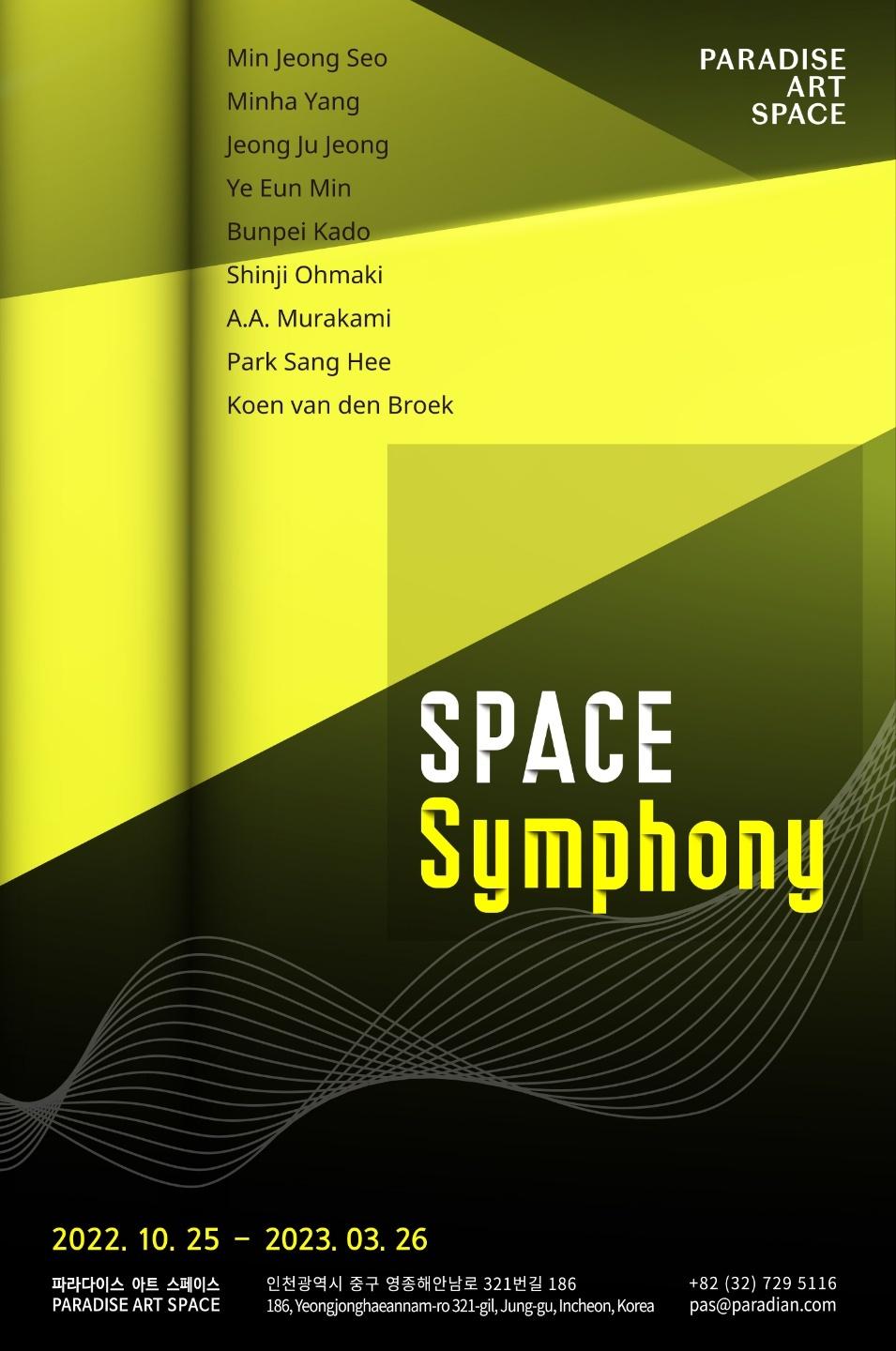
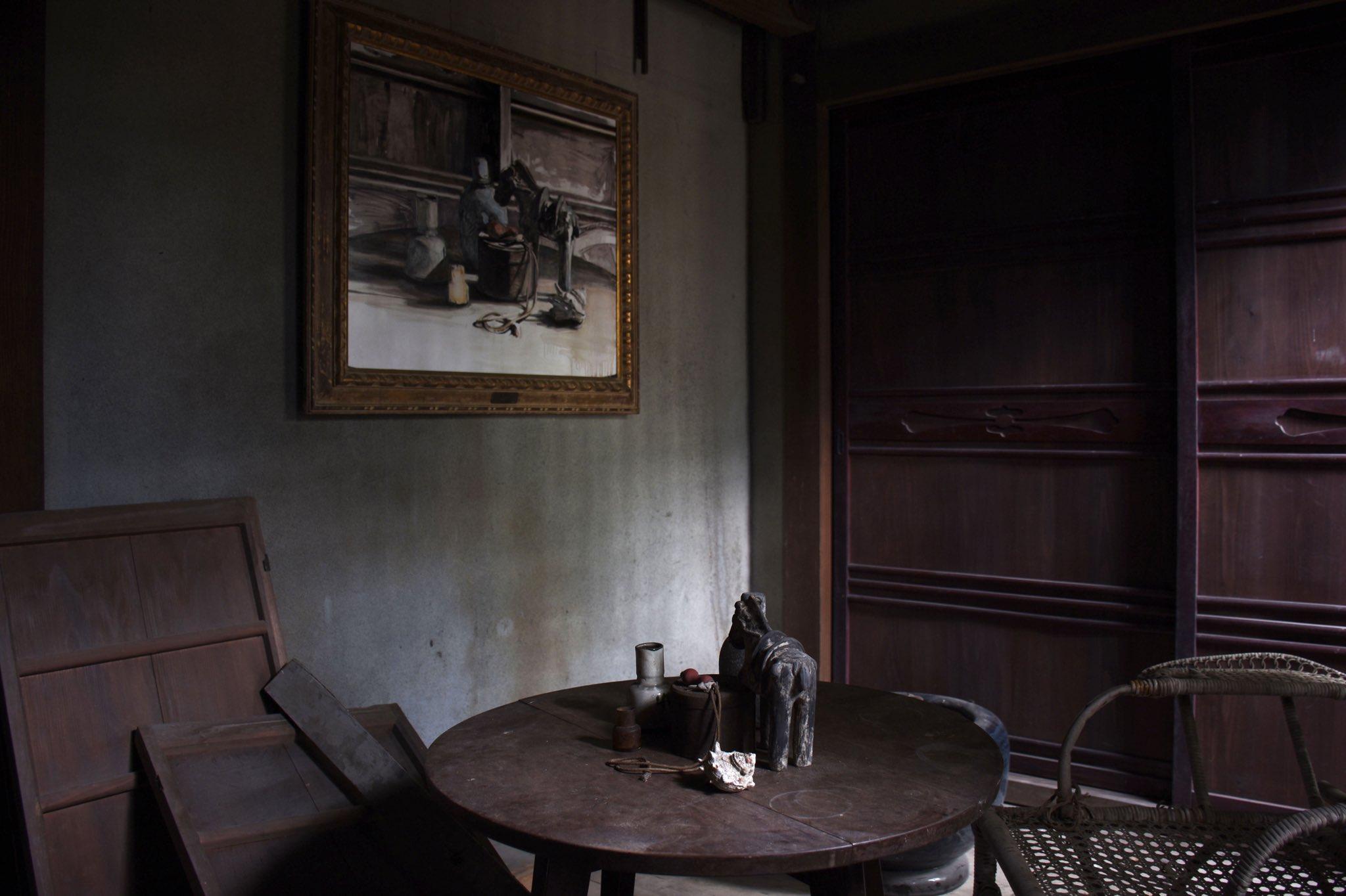
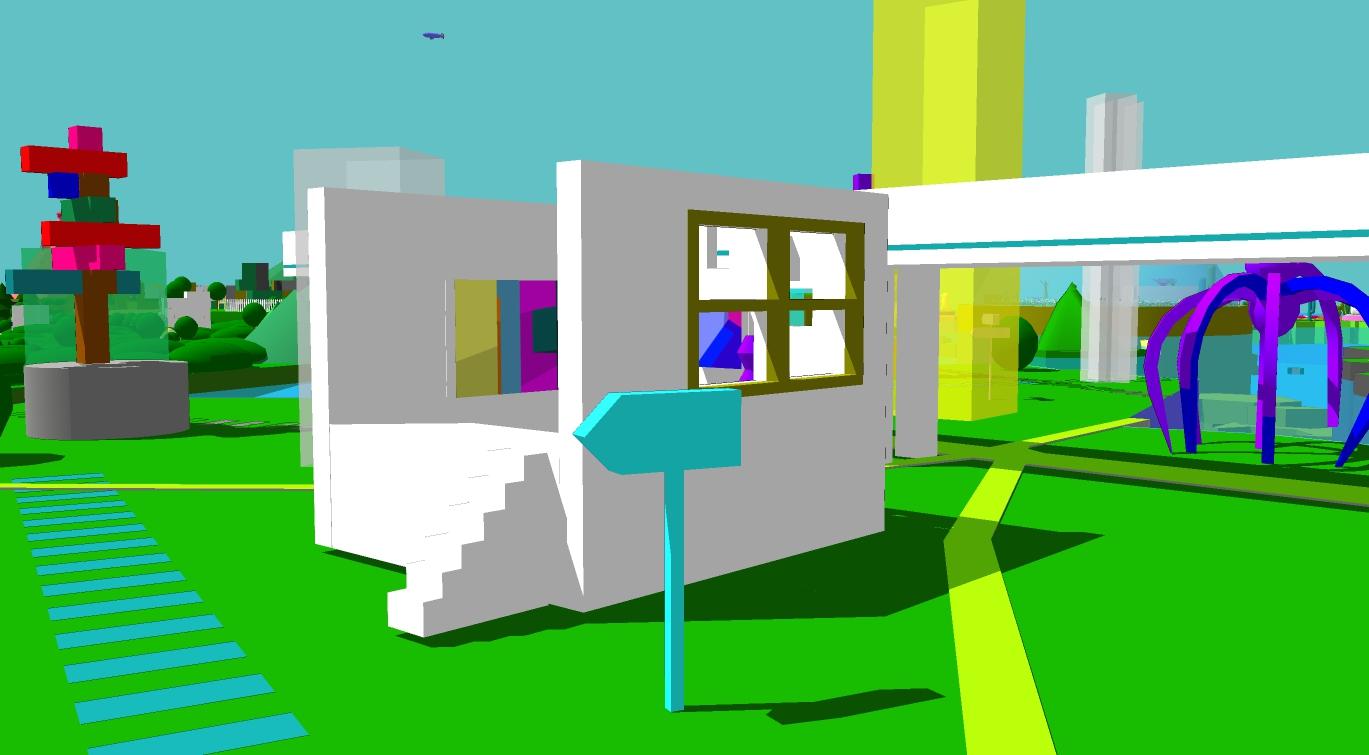
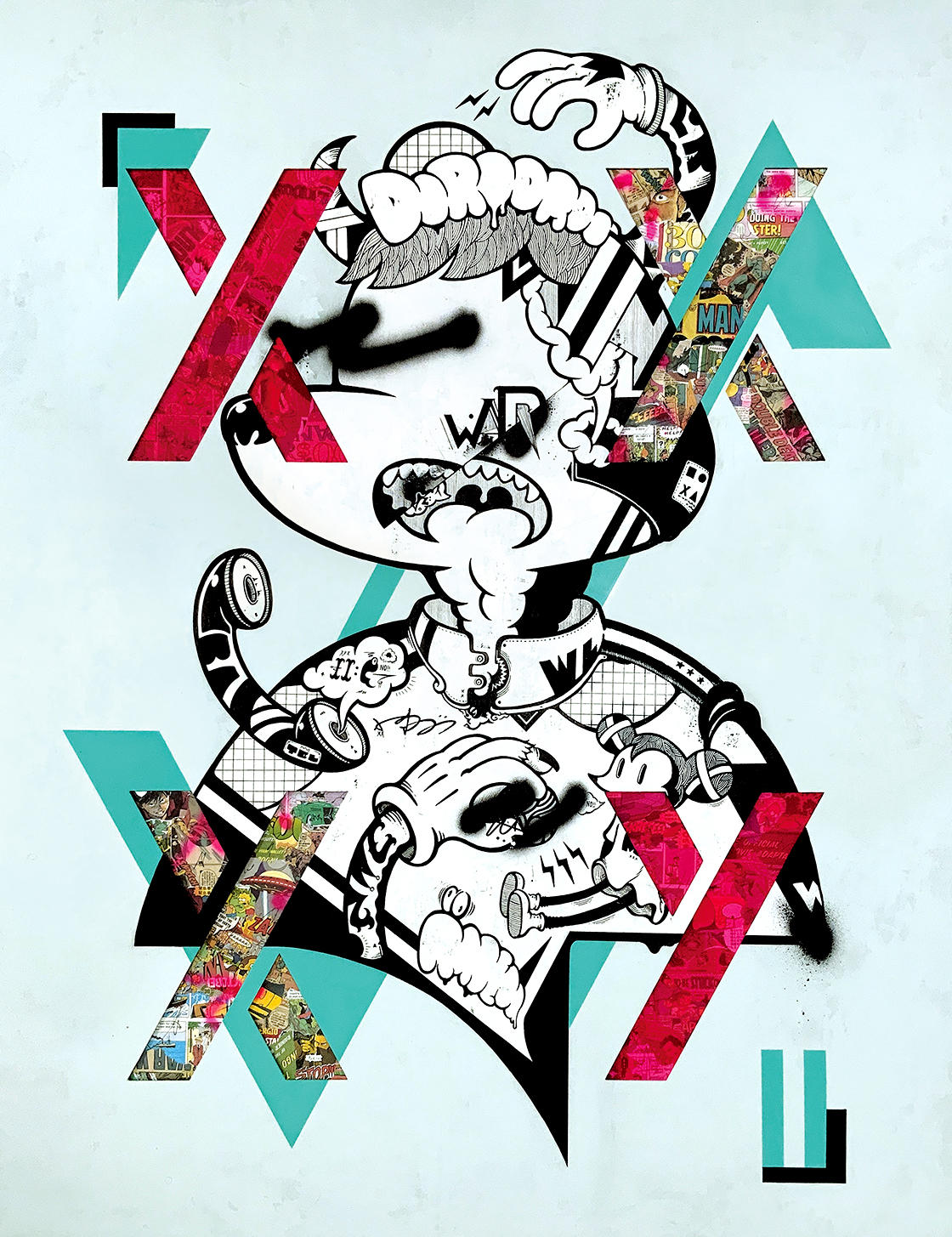
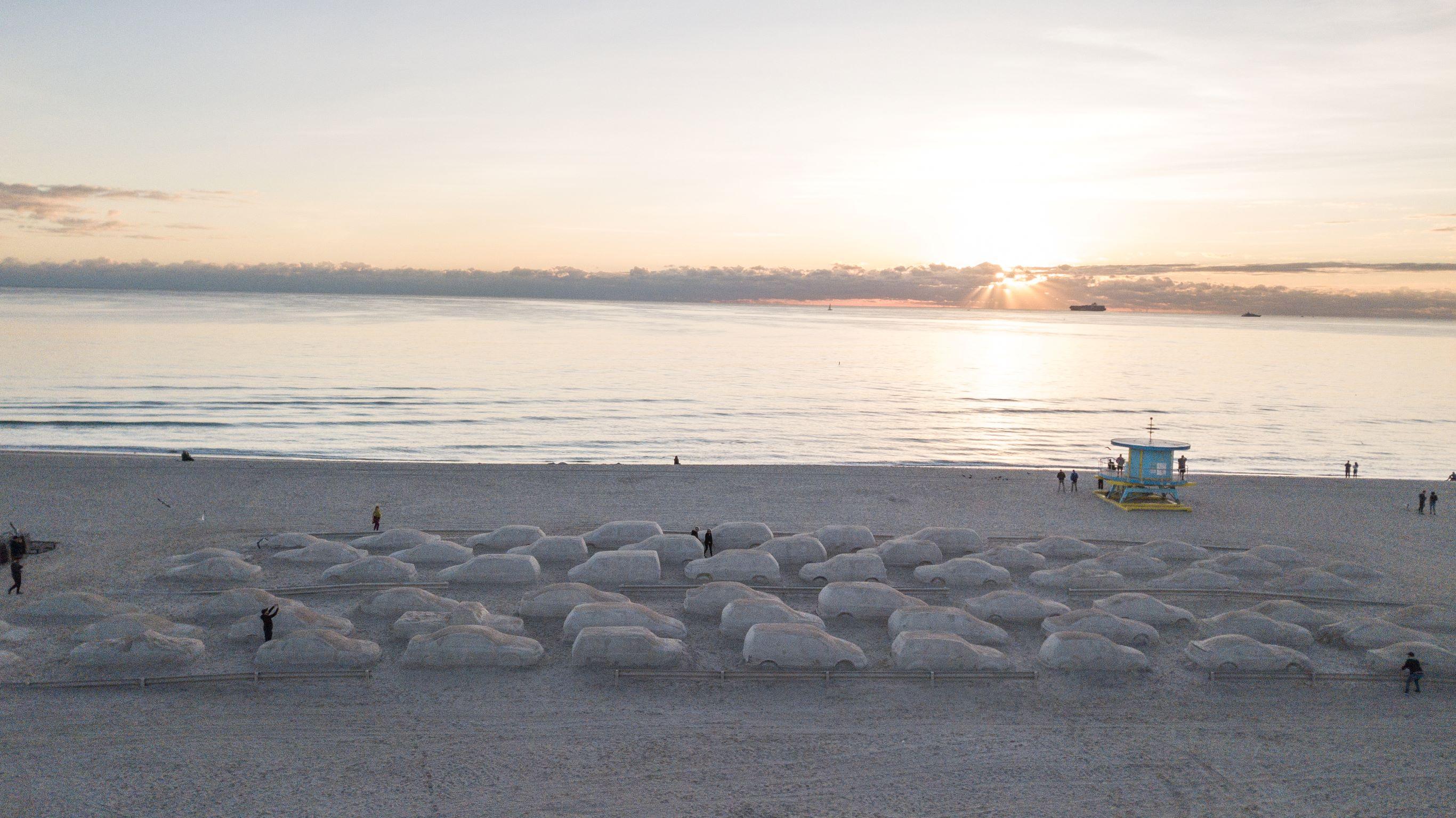
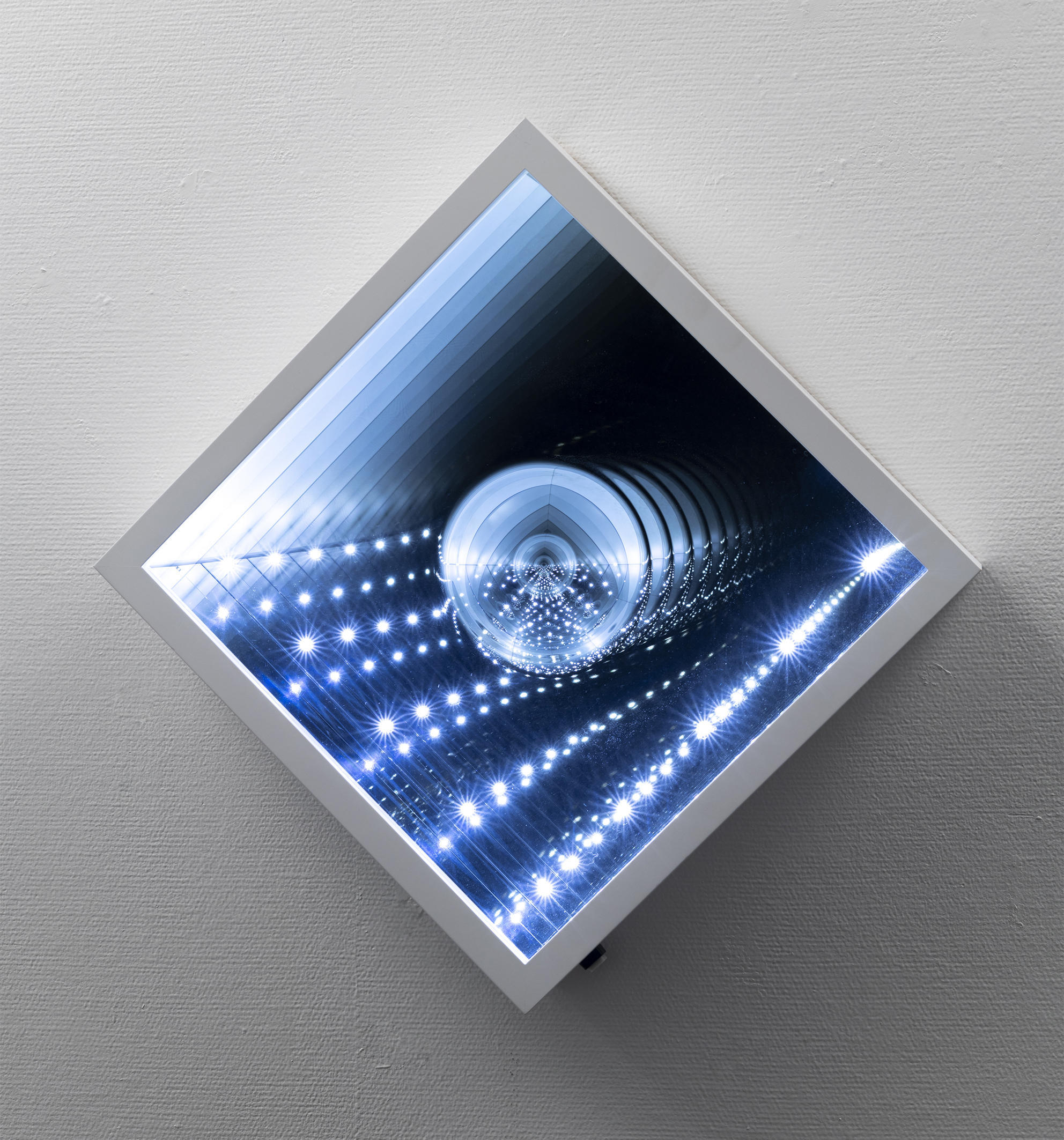
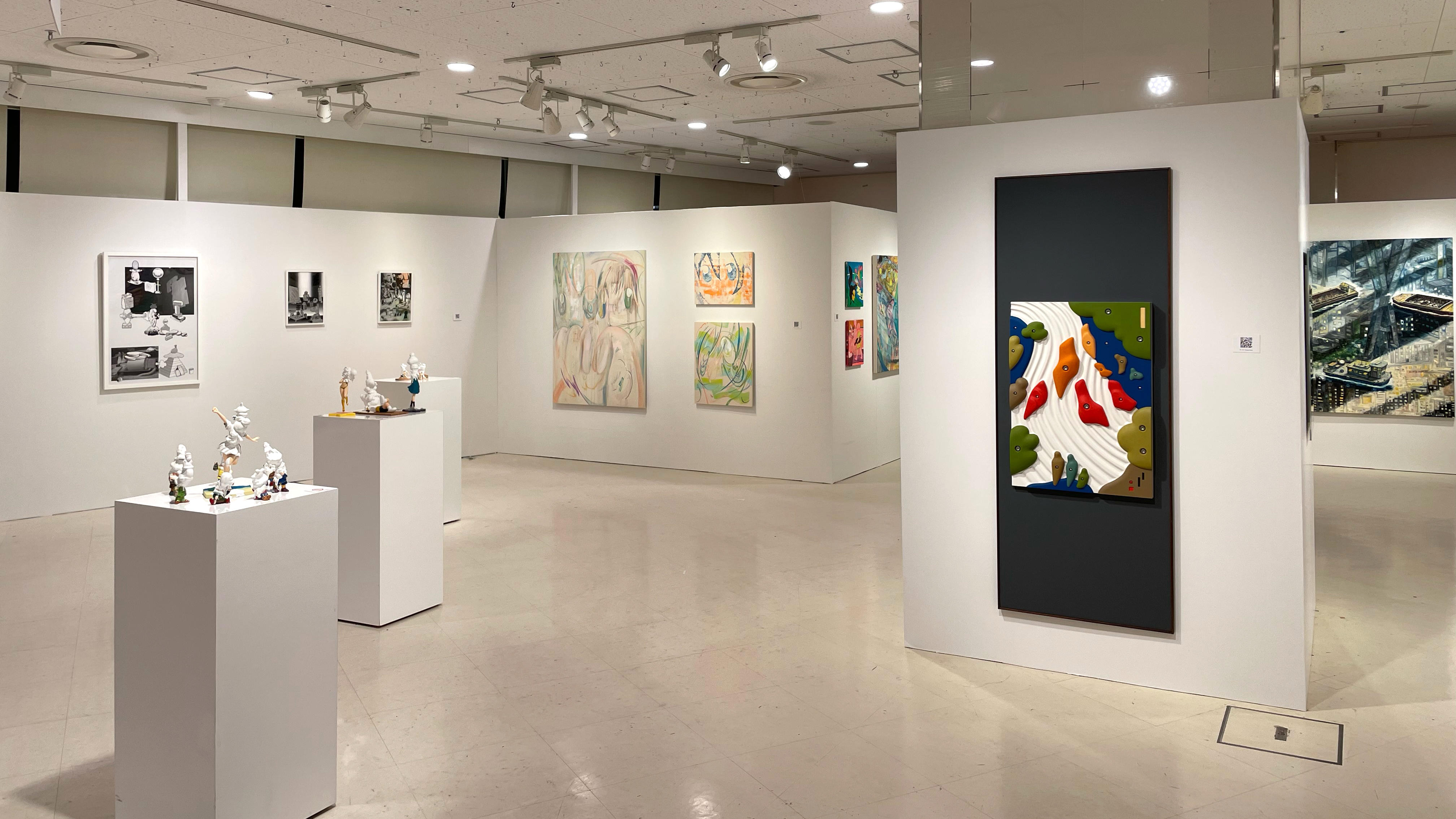
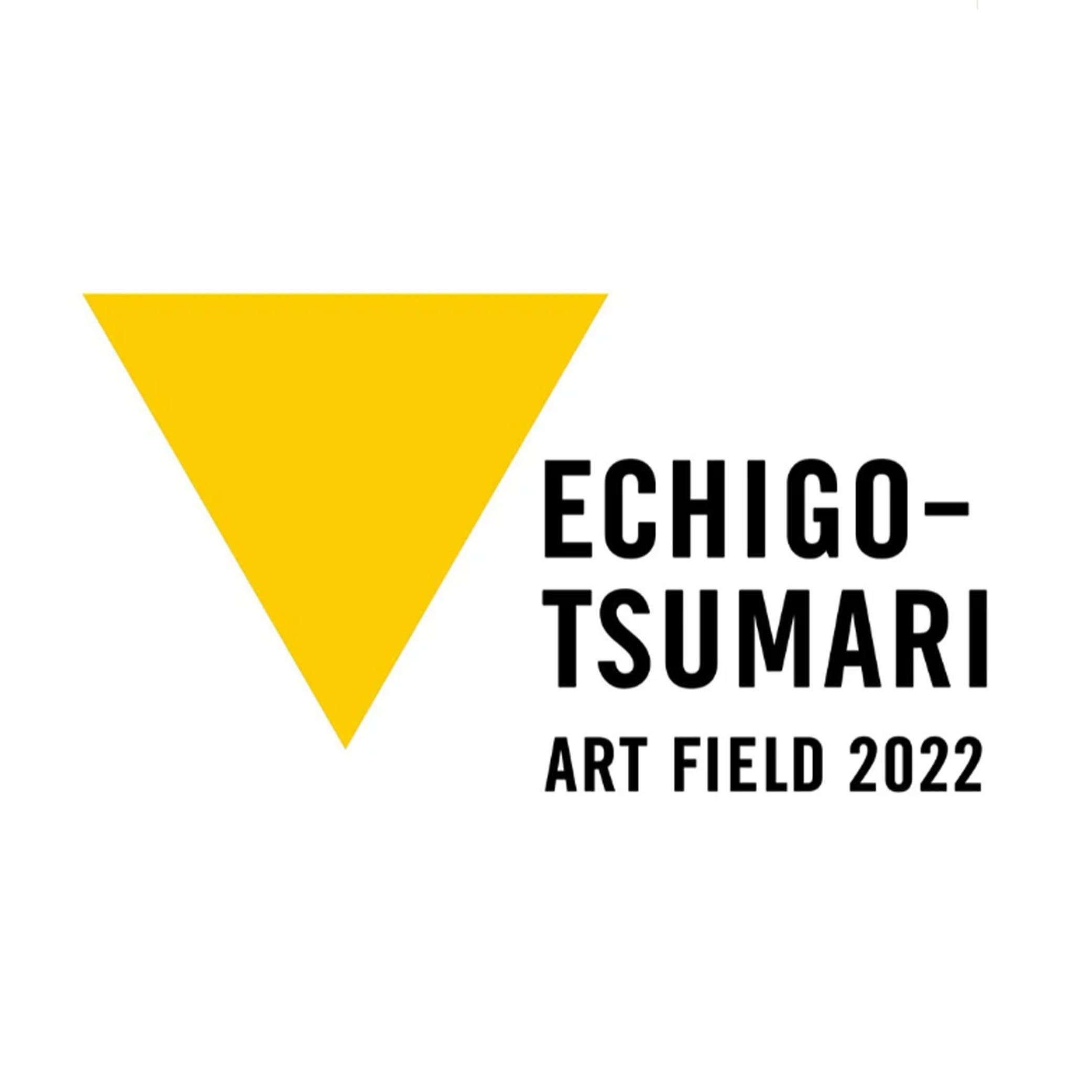
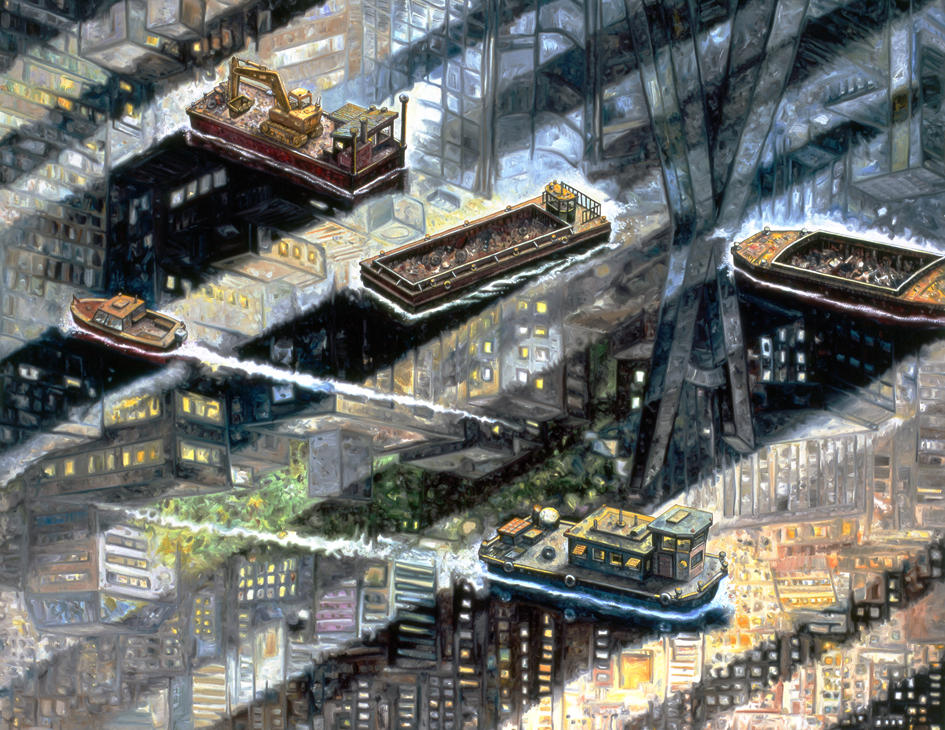
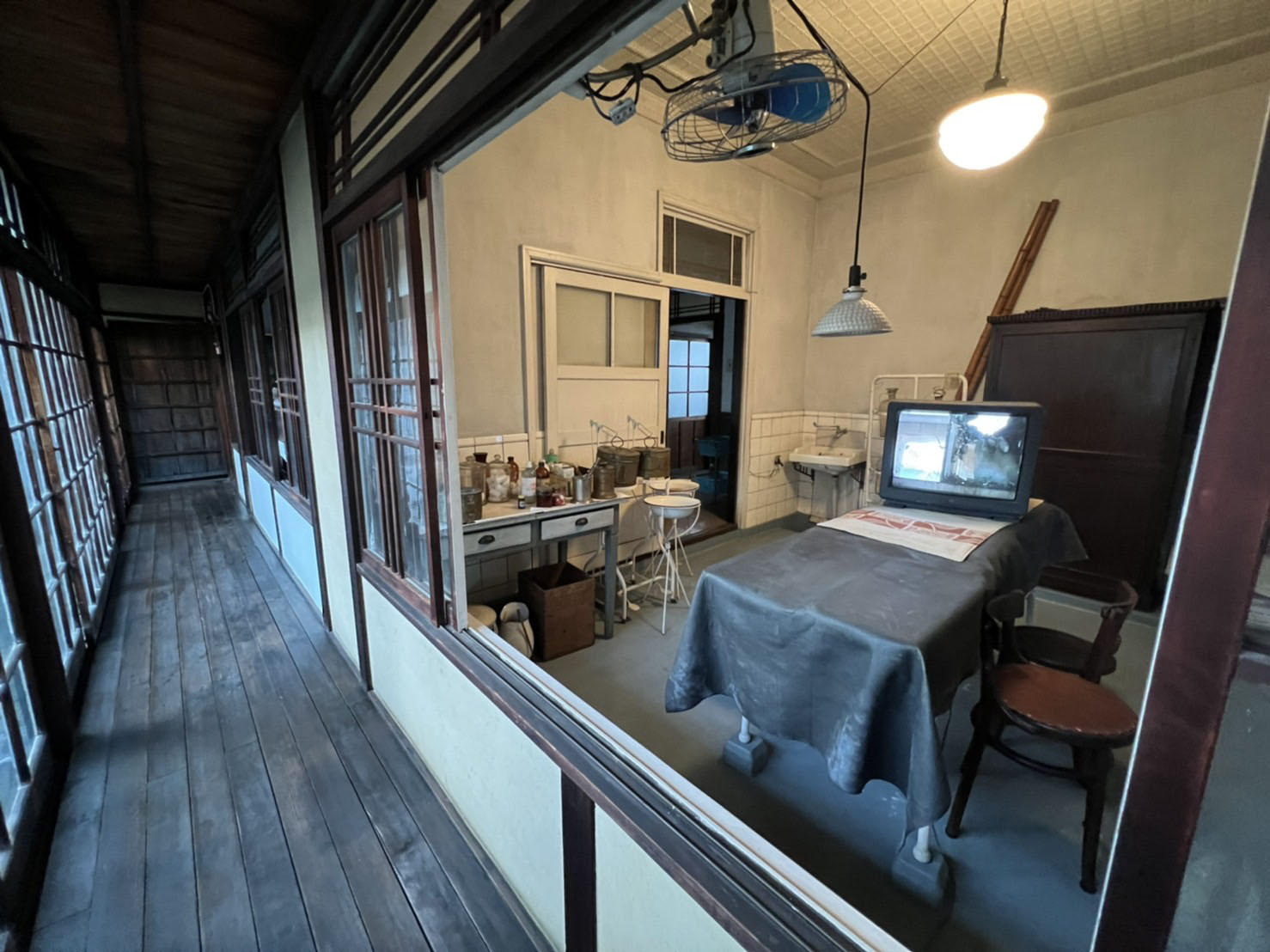
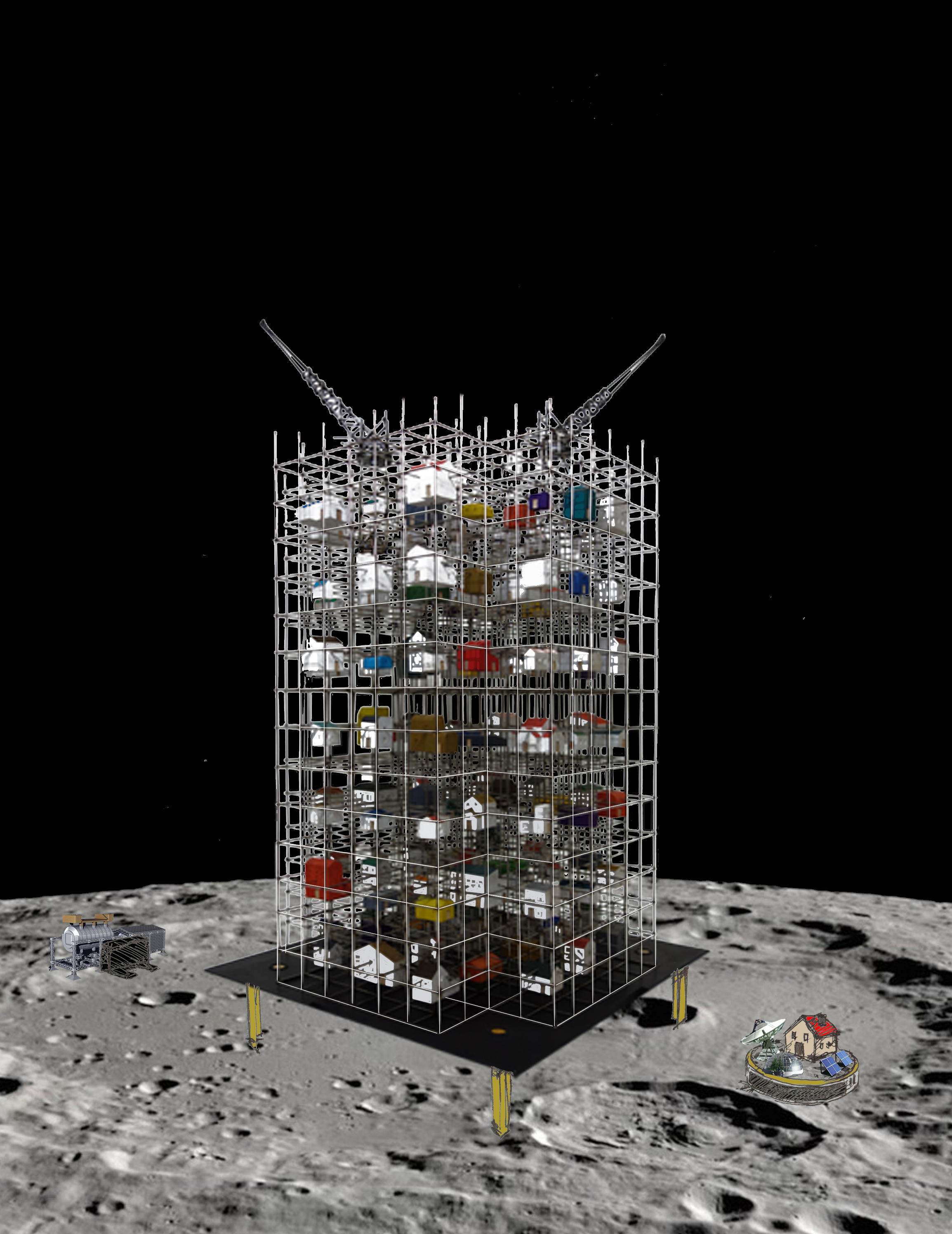
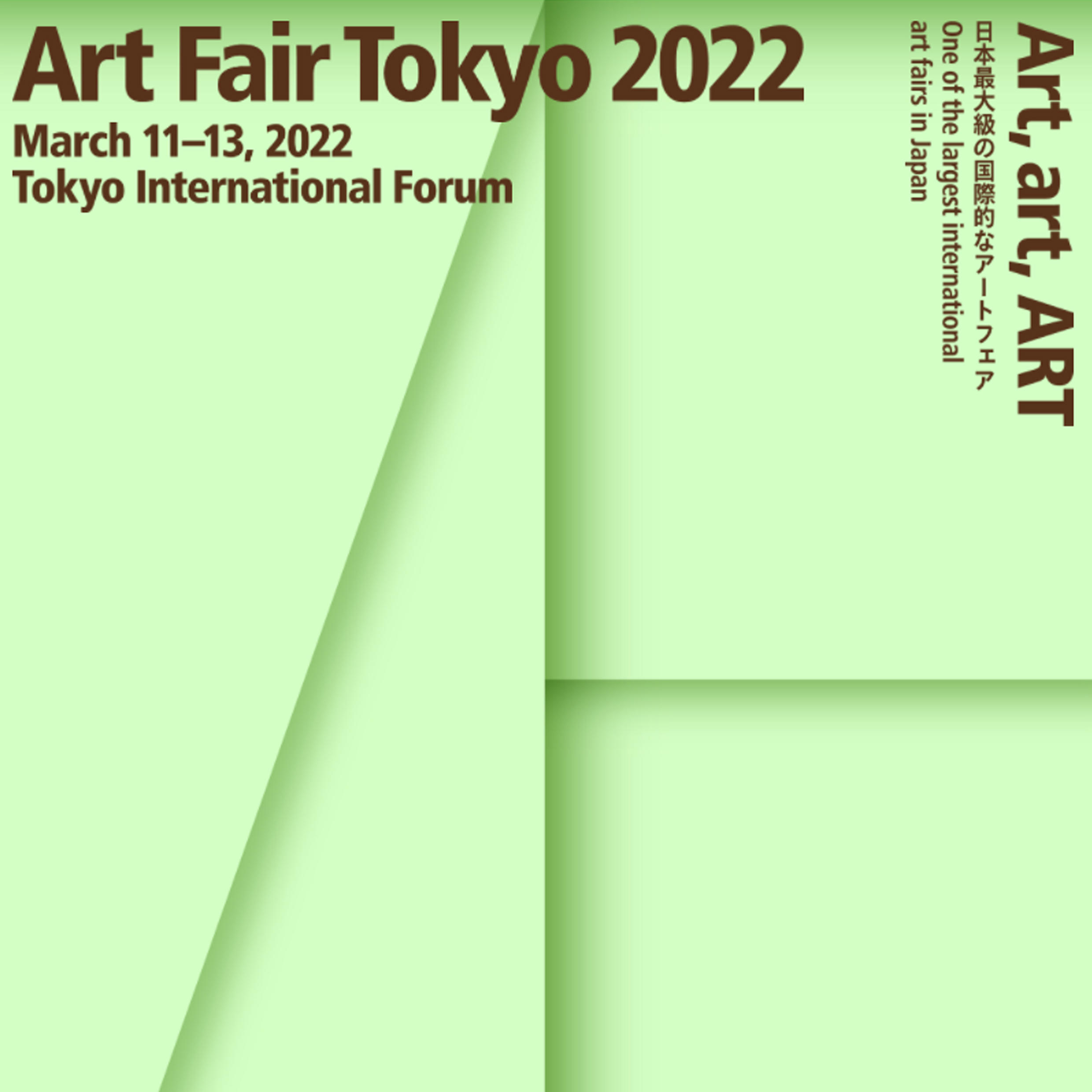
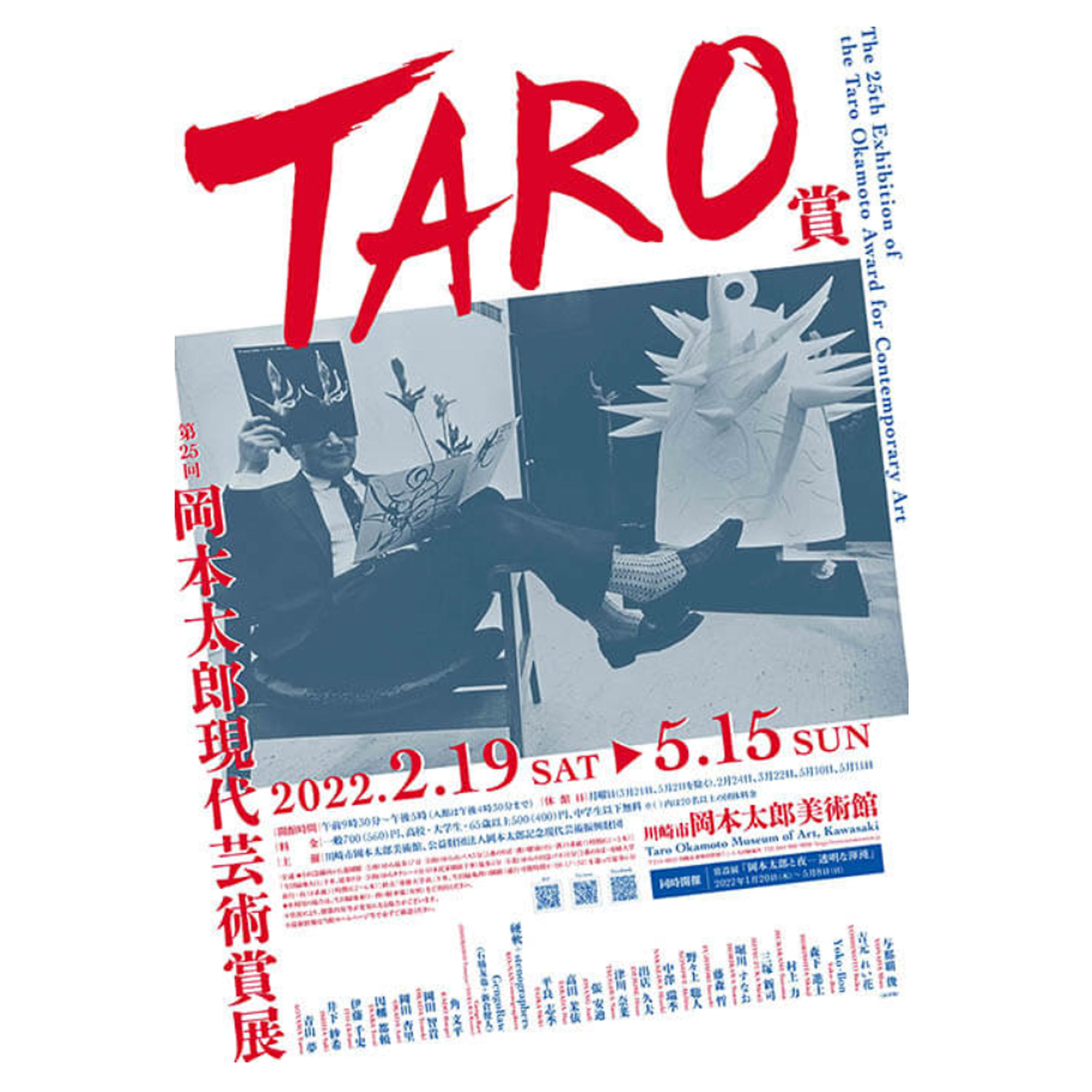
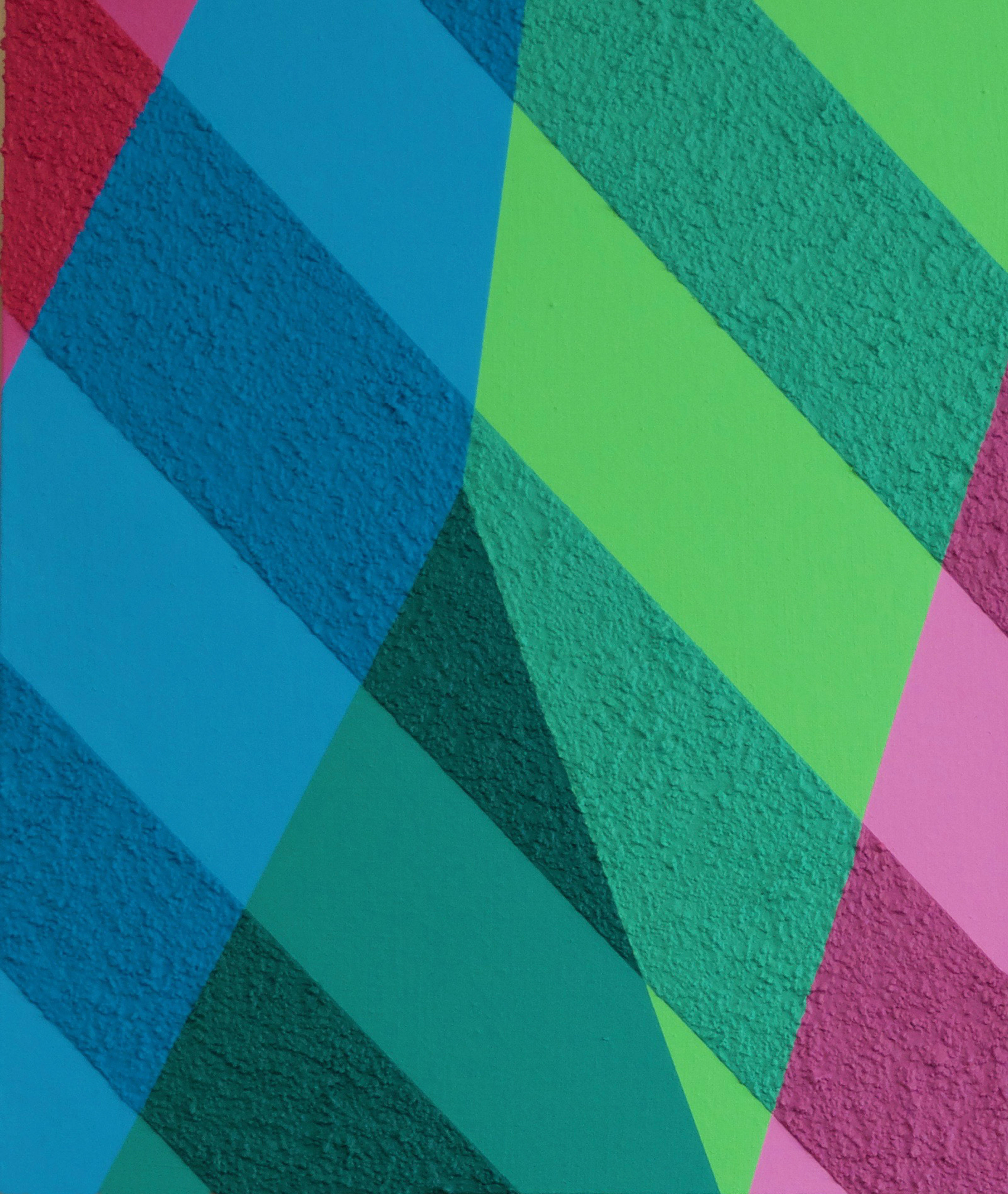
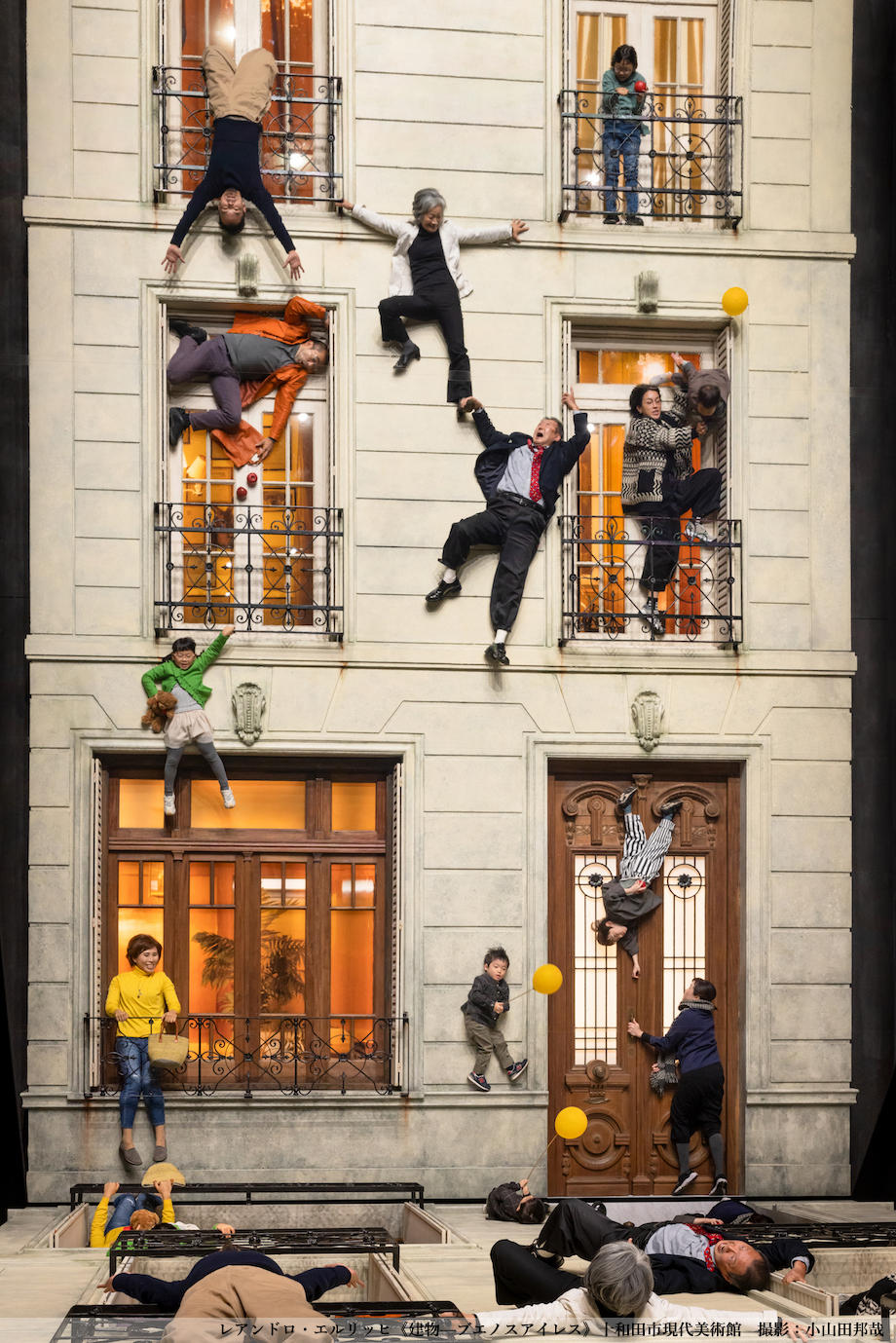
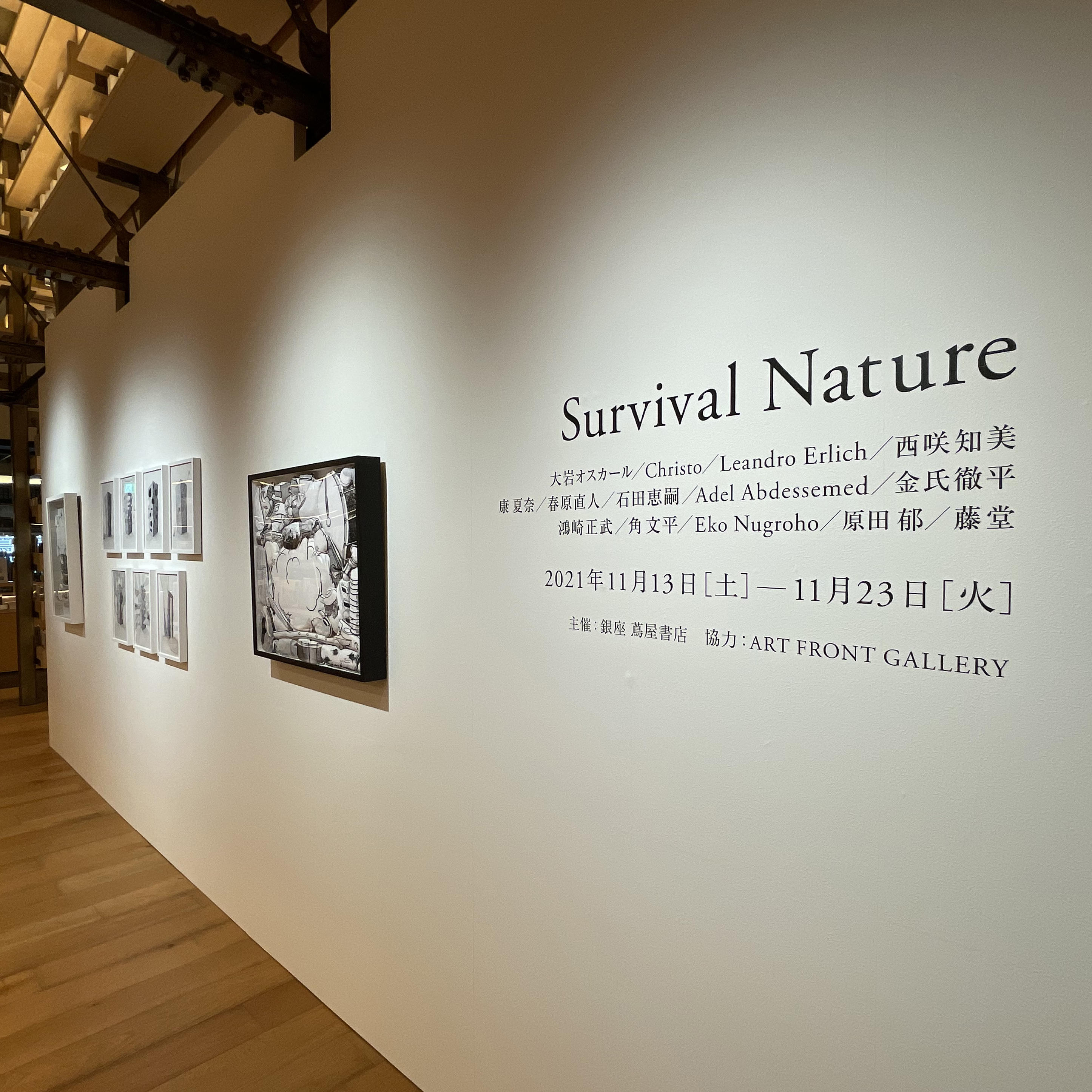
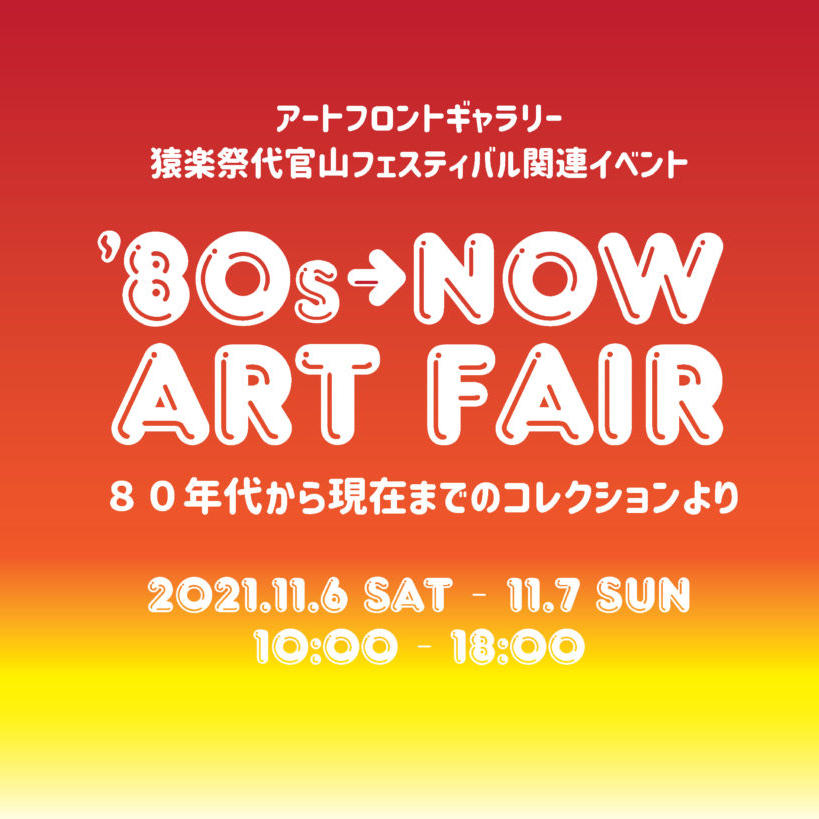
![[Interview] Keiji Ishida: notion of body, time and memory](https://artfrontgallery.com/whatsnew/assets_c/2021/10/265f5467bfe818832e5306a7a20bd43b5d734424-thumb-2480x2255-9213.jpg)
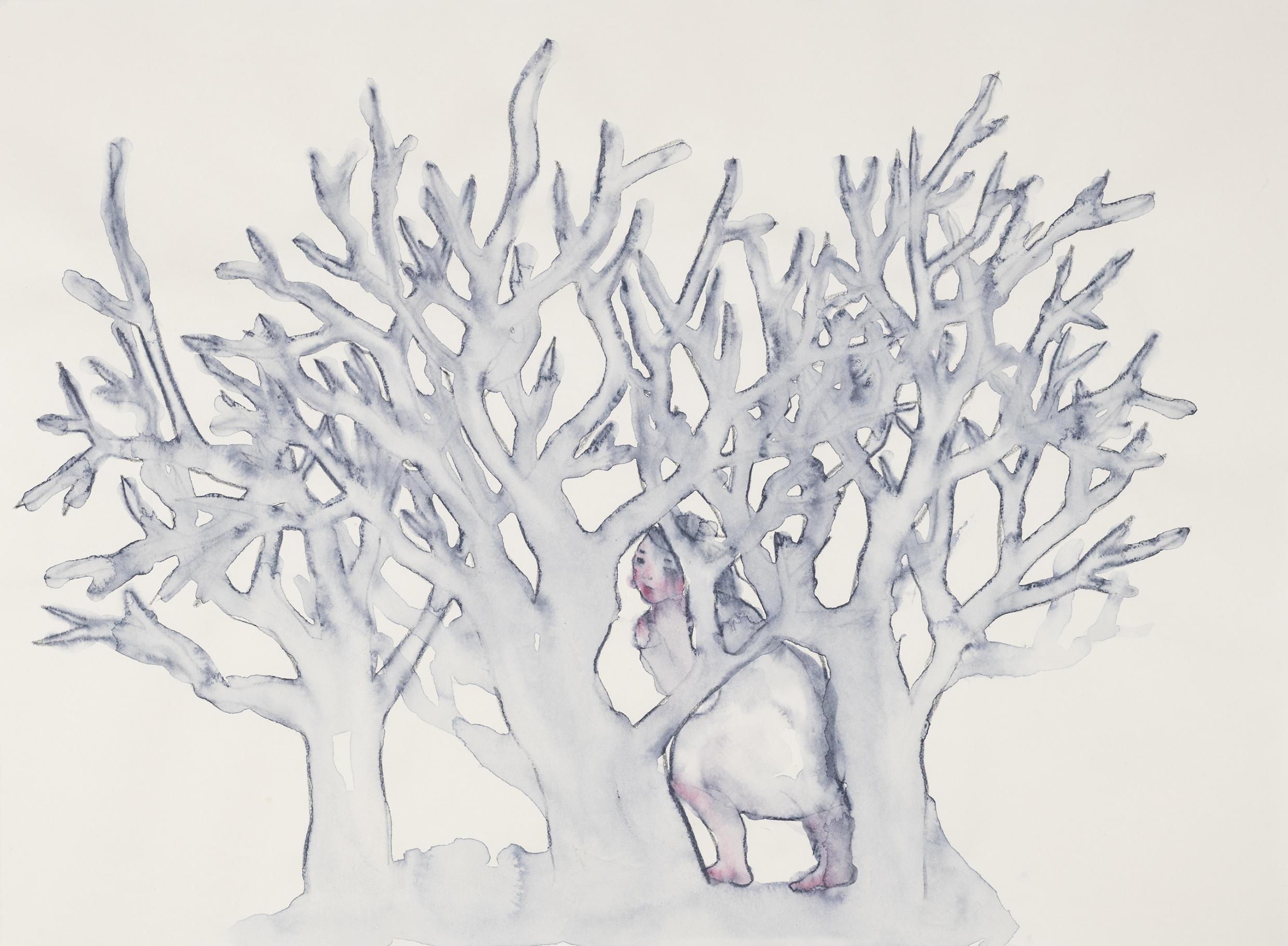
![[Interview] Bunpei Kado : Secret room](https://artfrontgallery.com/whatsnew/assets_c/2021/06/_DSC5323-thumb-2480x2480-8870.jpg)
![[Interview] Bunpei Kado : The garden](https://artfrontgallery.com/whatsnew/assets_c/2021/06/_DSC5133-thumb-2480x1653-8827.jpg)
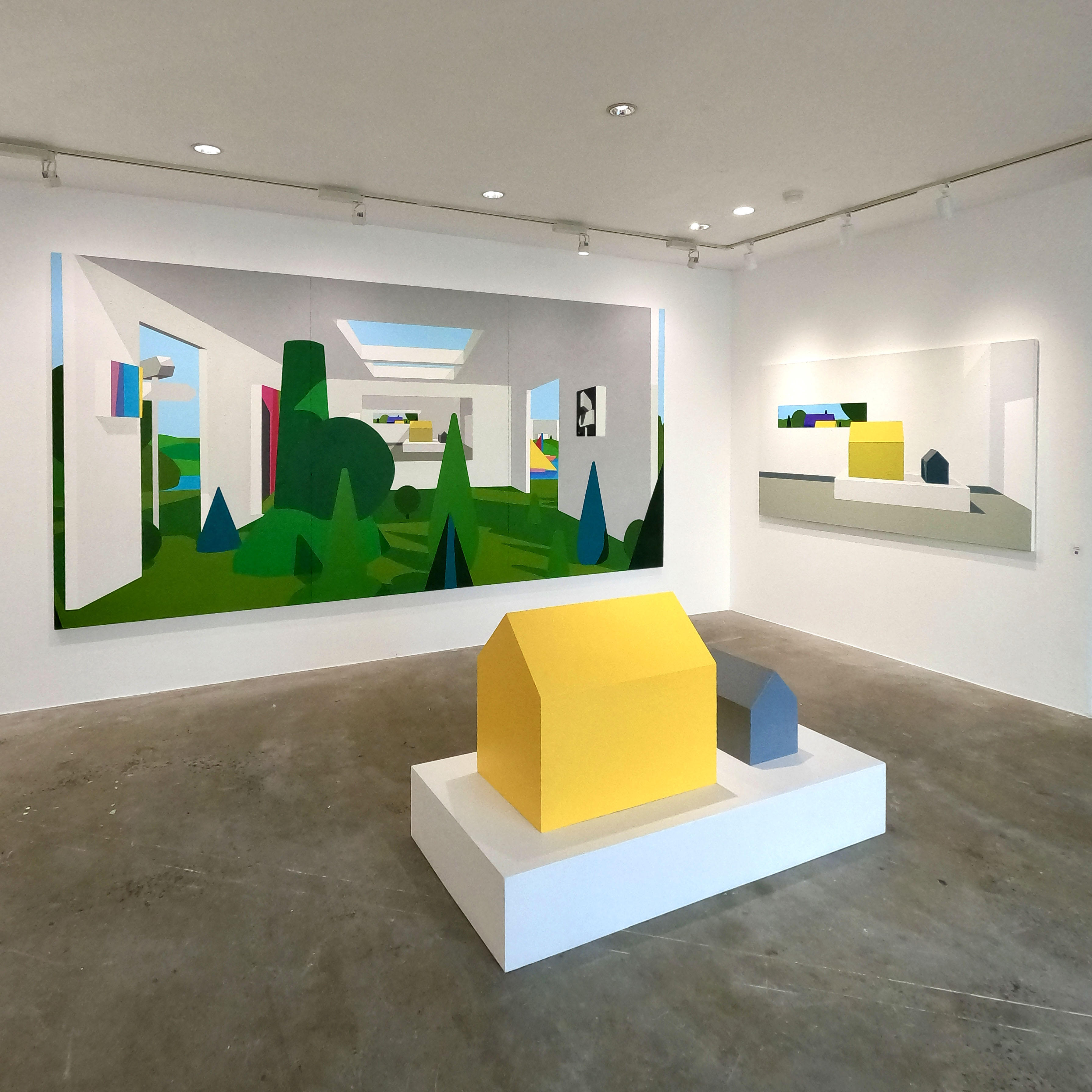
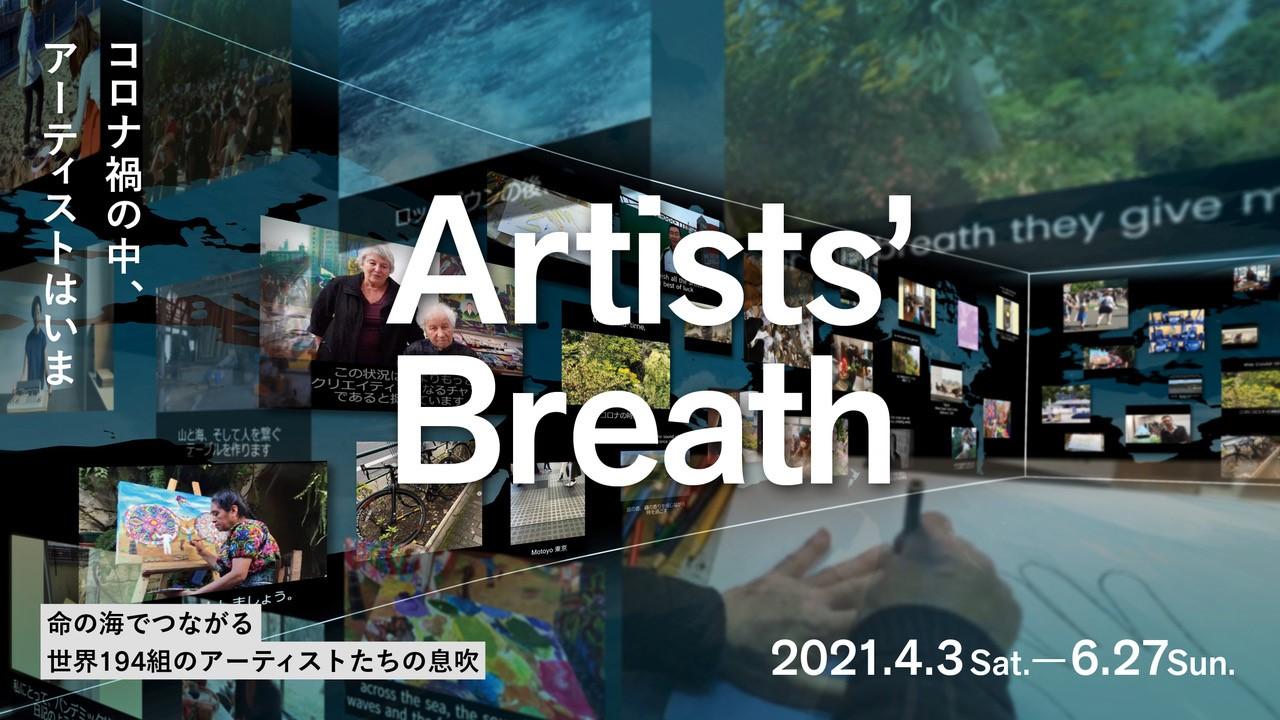
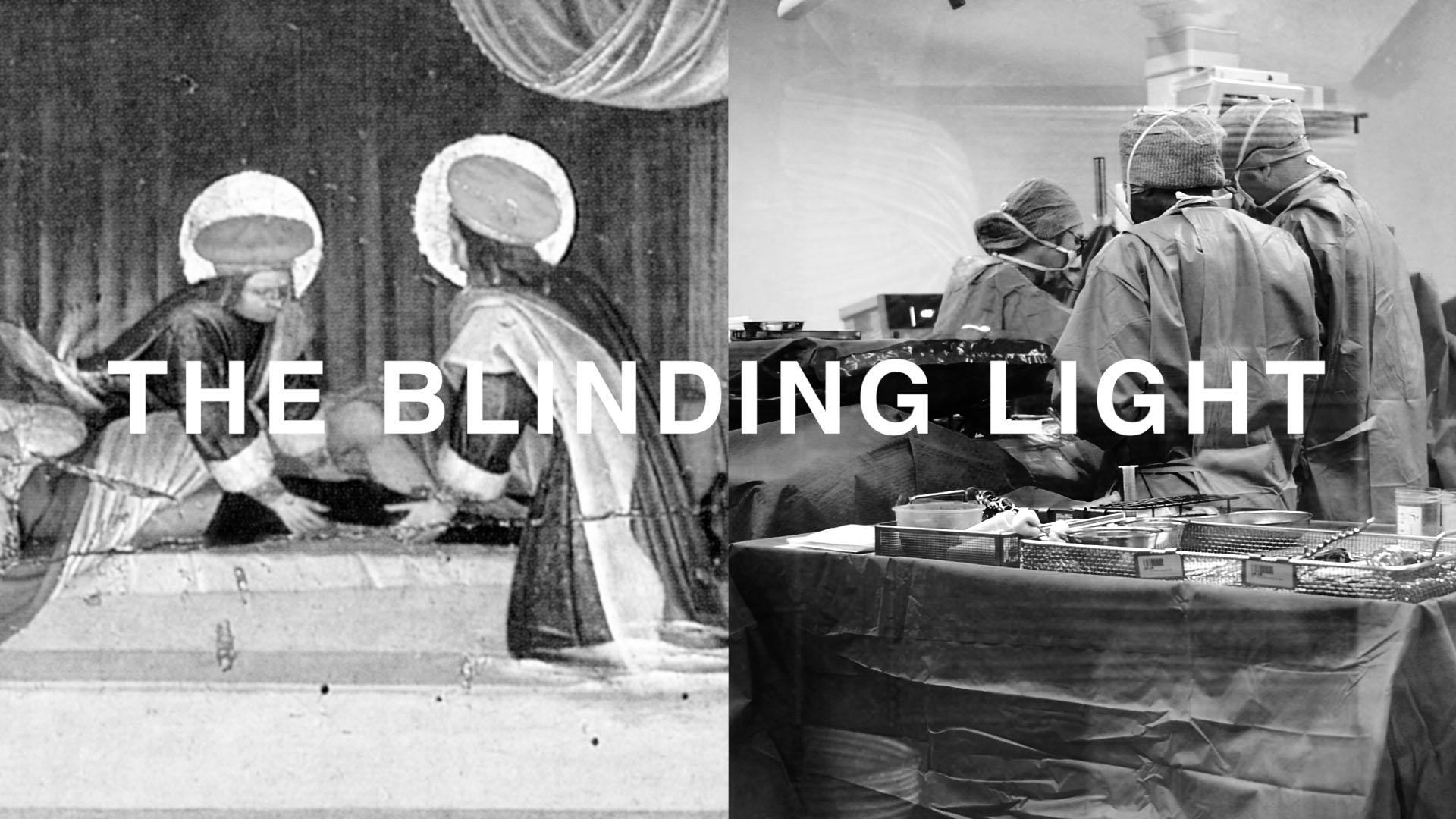
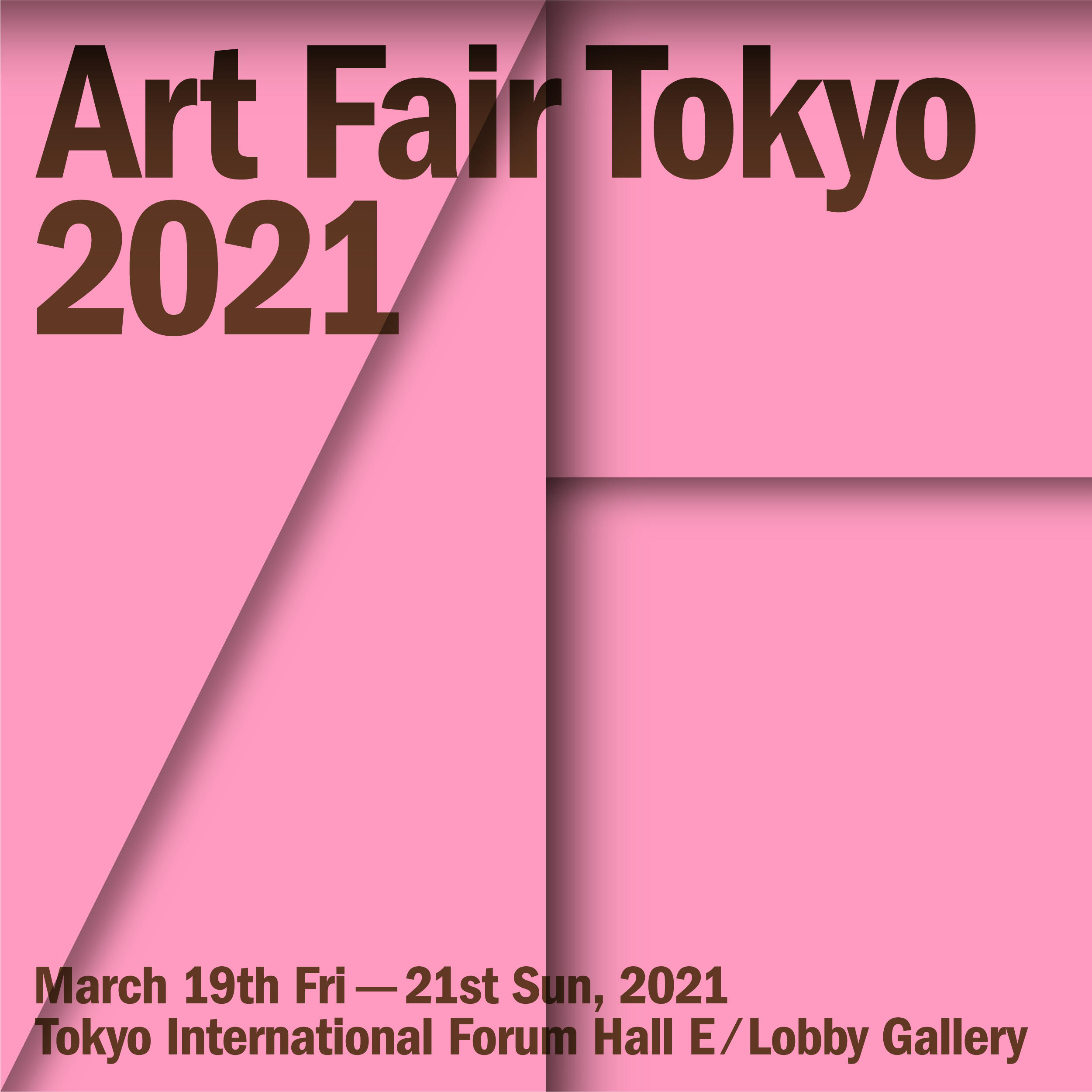
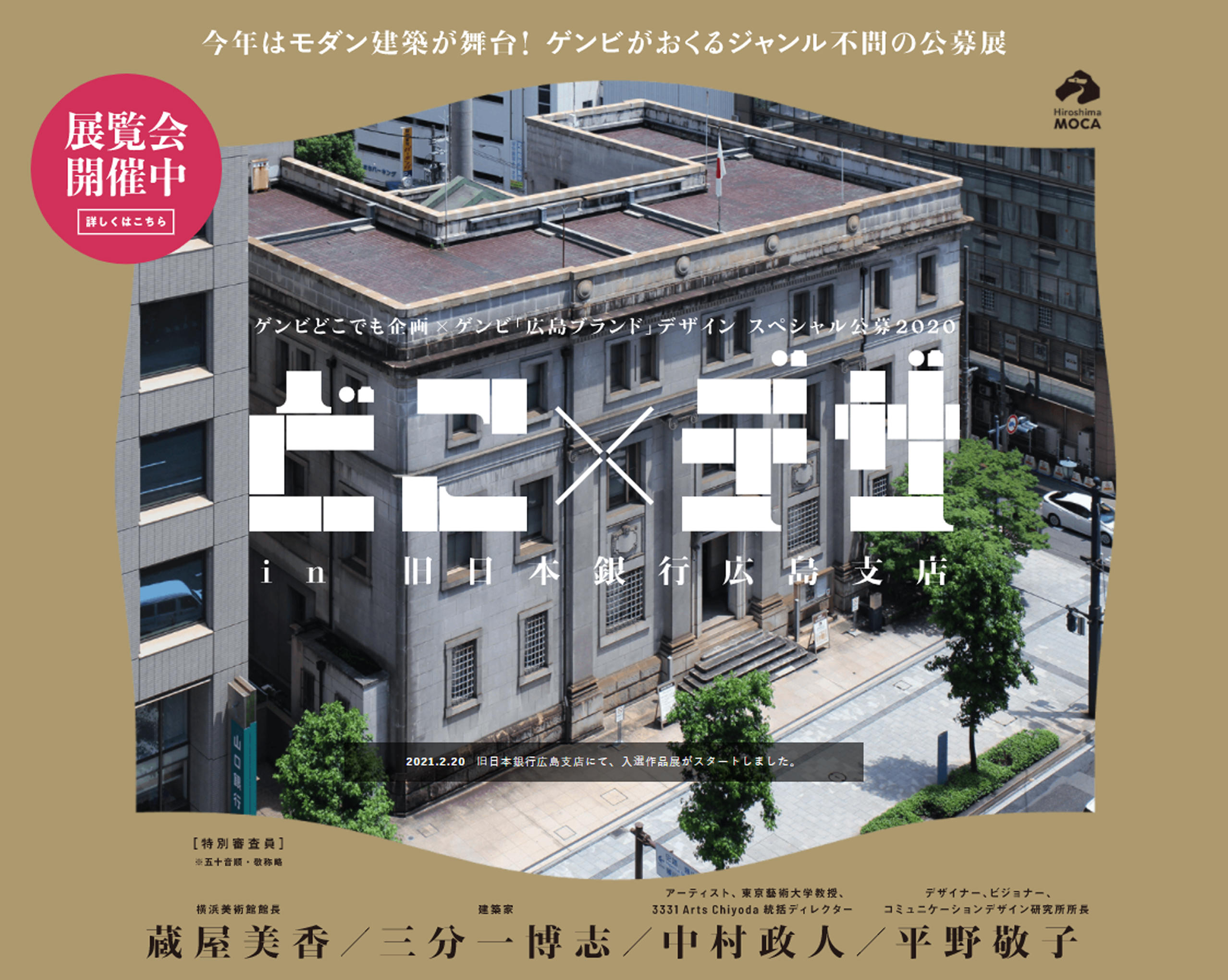
![Iku Harada @ NTT InterCommunication Center [ICC], Tokyo](https://artfrontgallery.com/whatsnew/assets_c/2021/01/IMG_0011-thumb-960x960-8419.jpg)
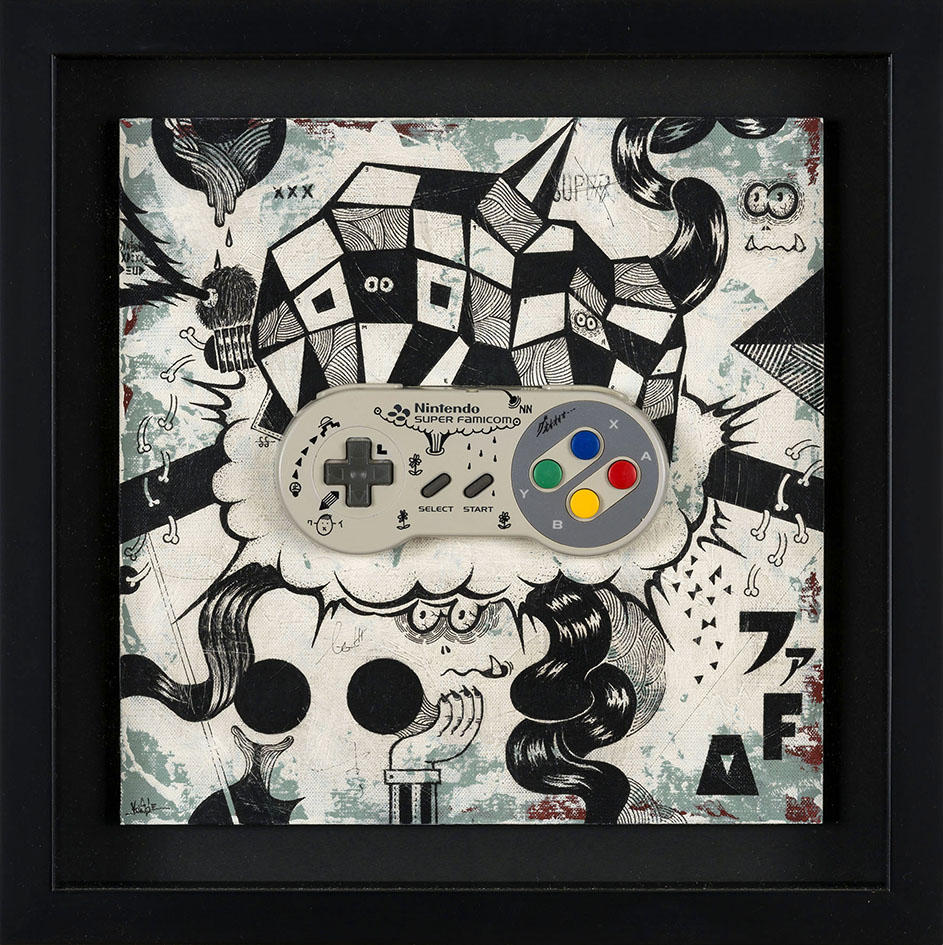
![[Oct. 9] Art Front Selection 2020 autumn : Temporarily closed](https://artfrontgallery.com/whatsnew/assets_c/2020/10/3ebd832ad43ca0ffa8a63682bb49b2fe5258a439-thumb-2444x2444-8076.jpg)
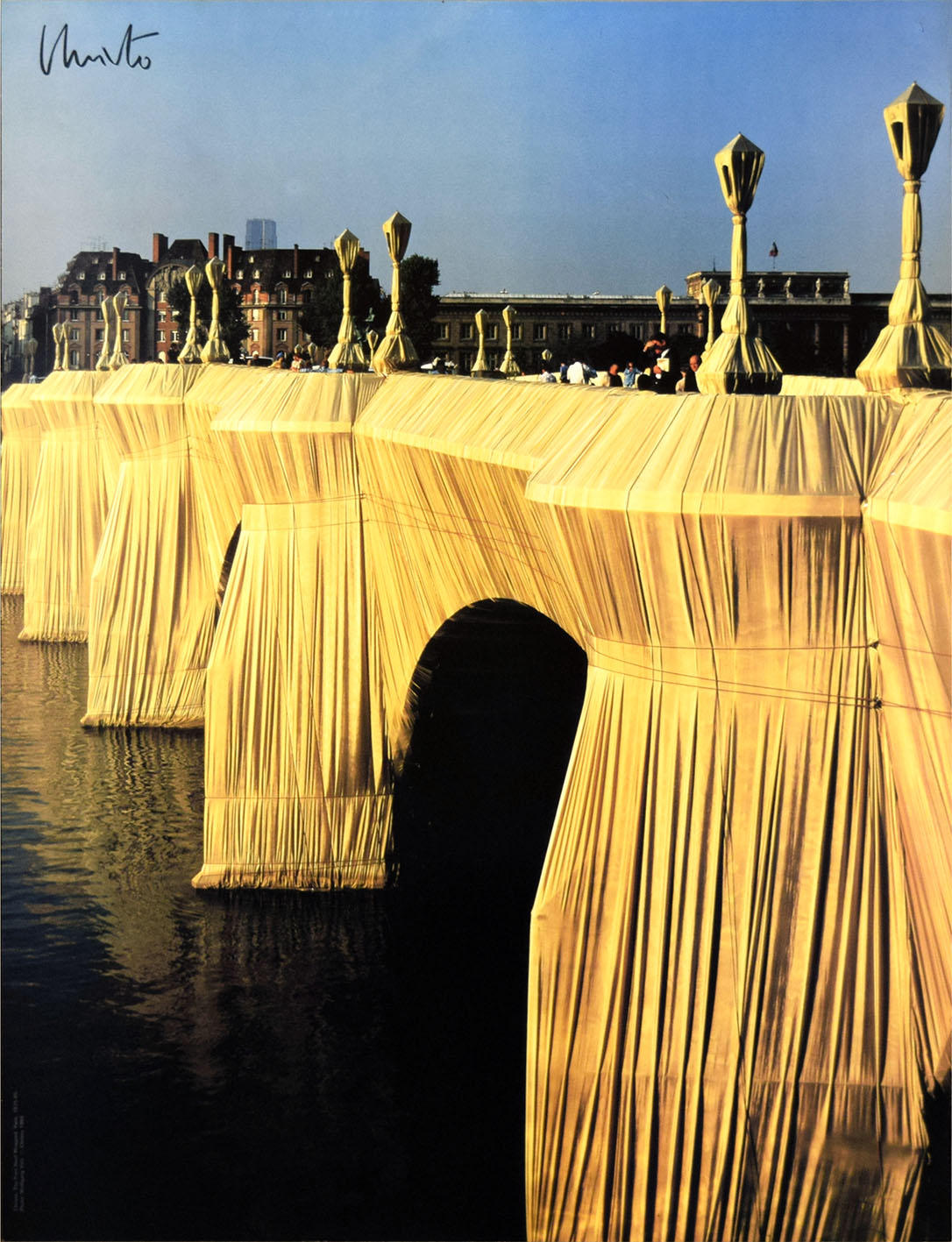
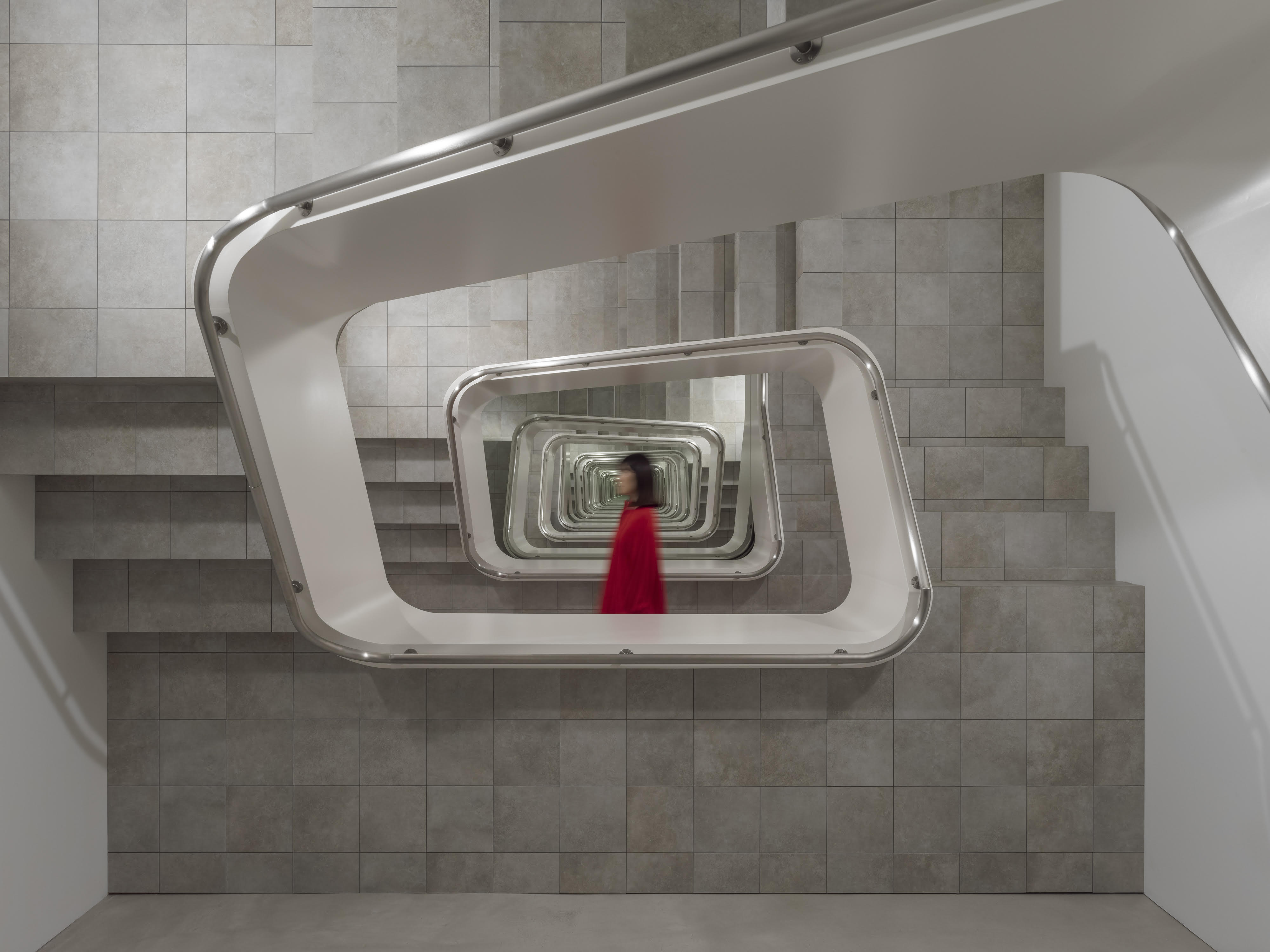
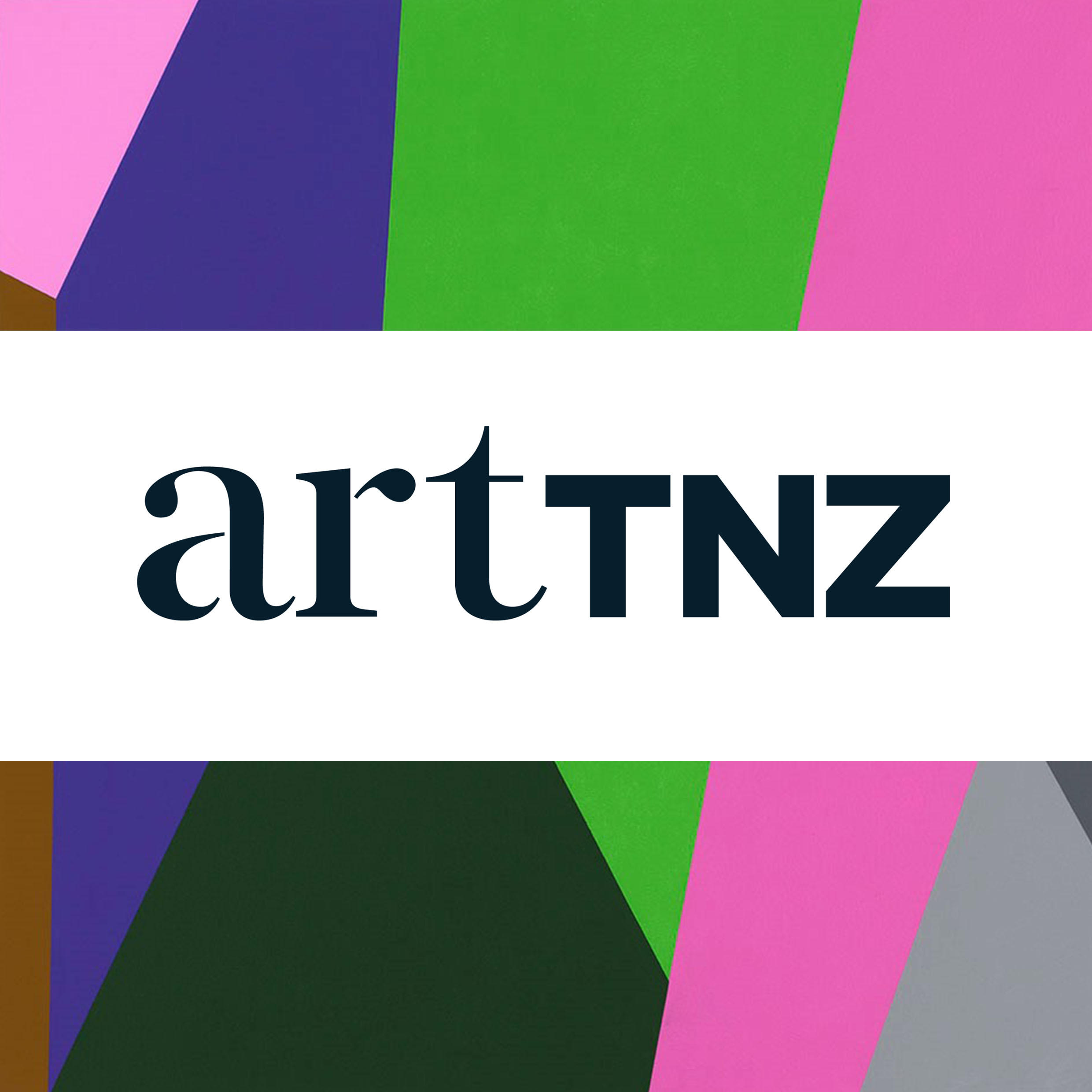
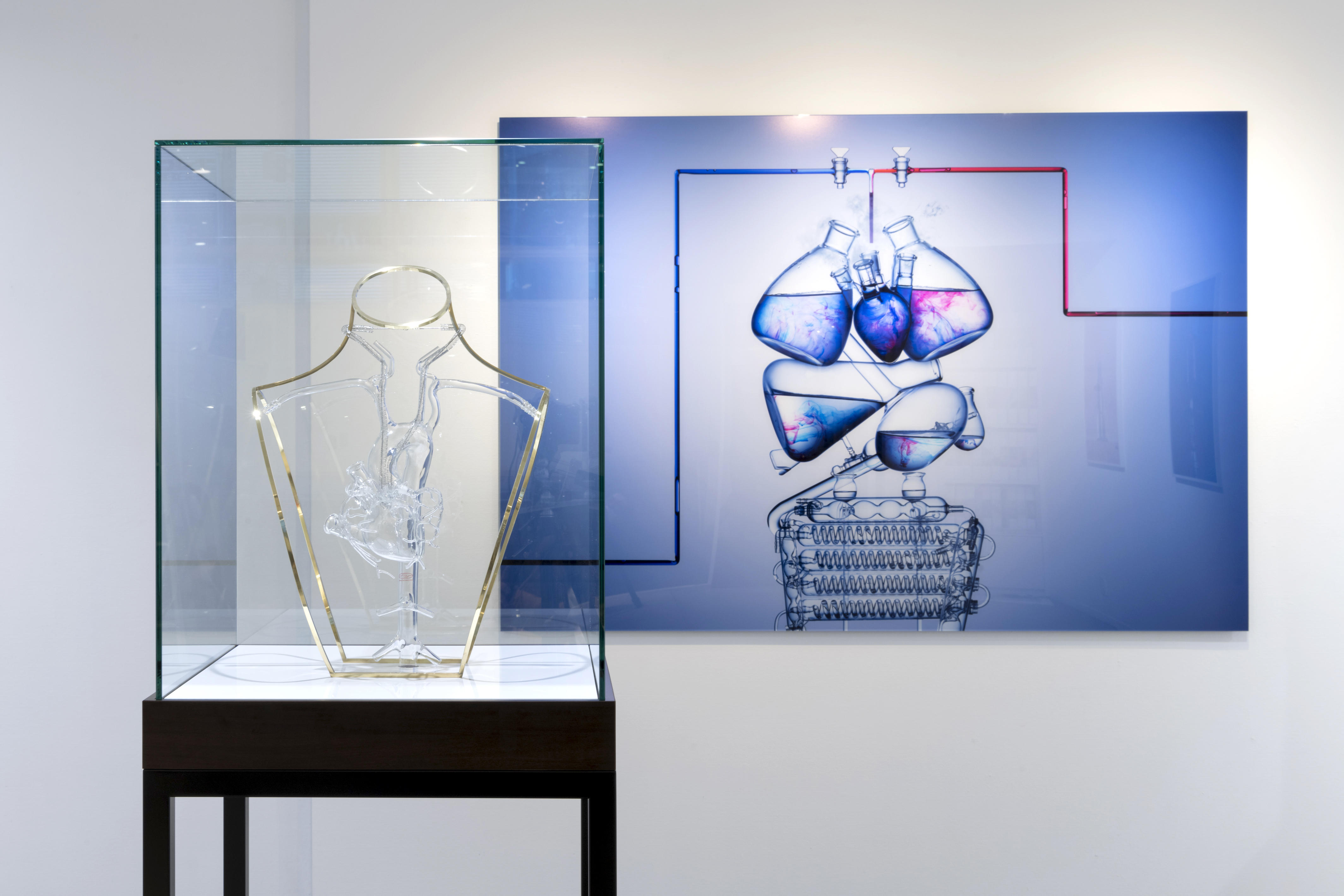
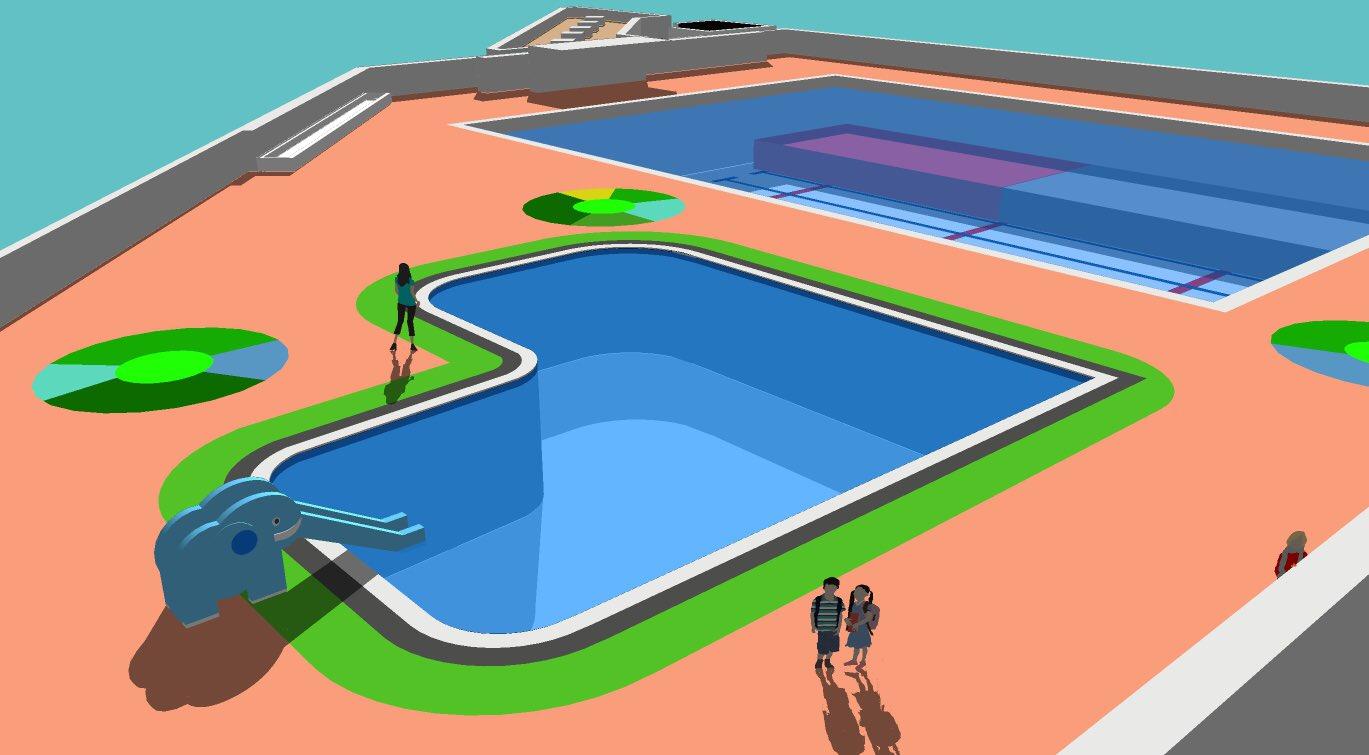
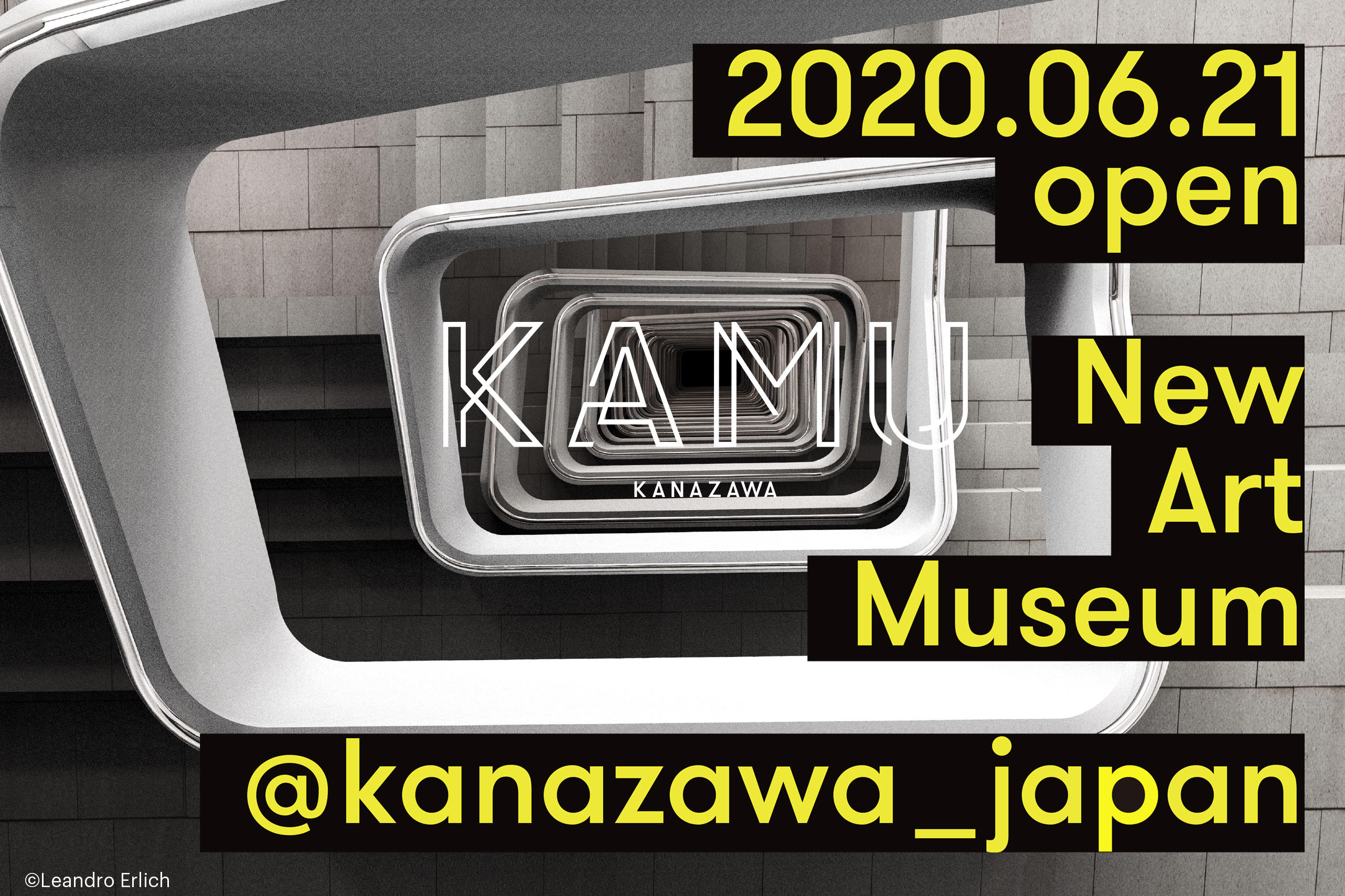

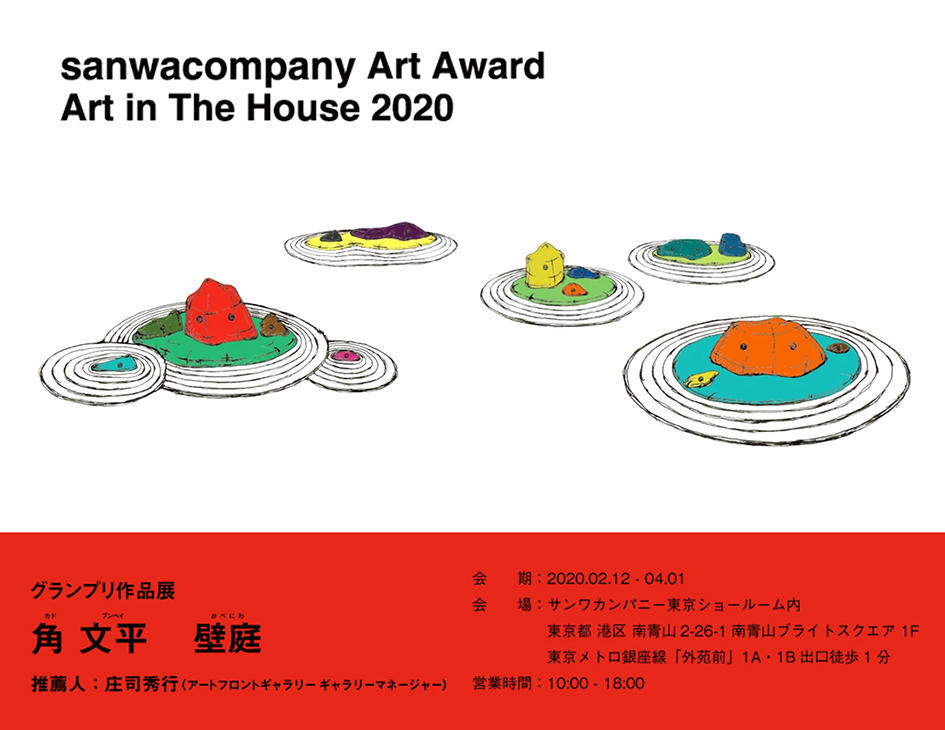
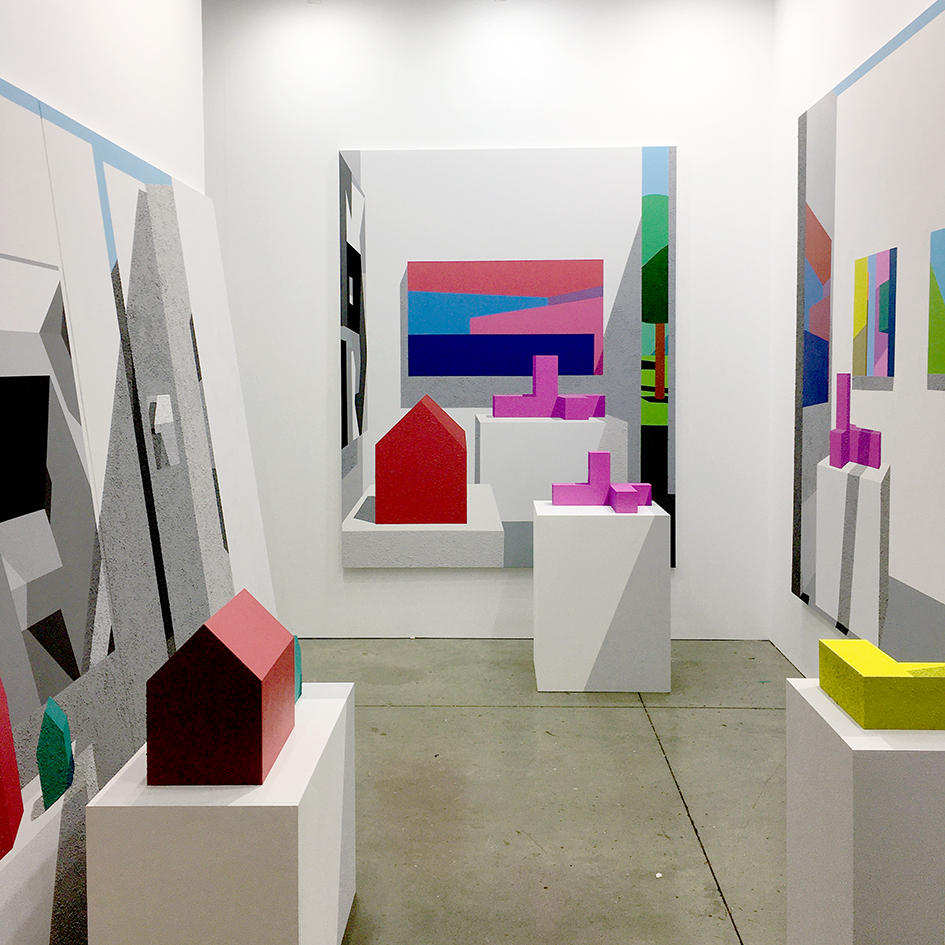
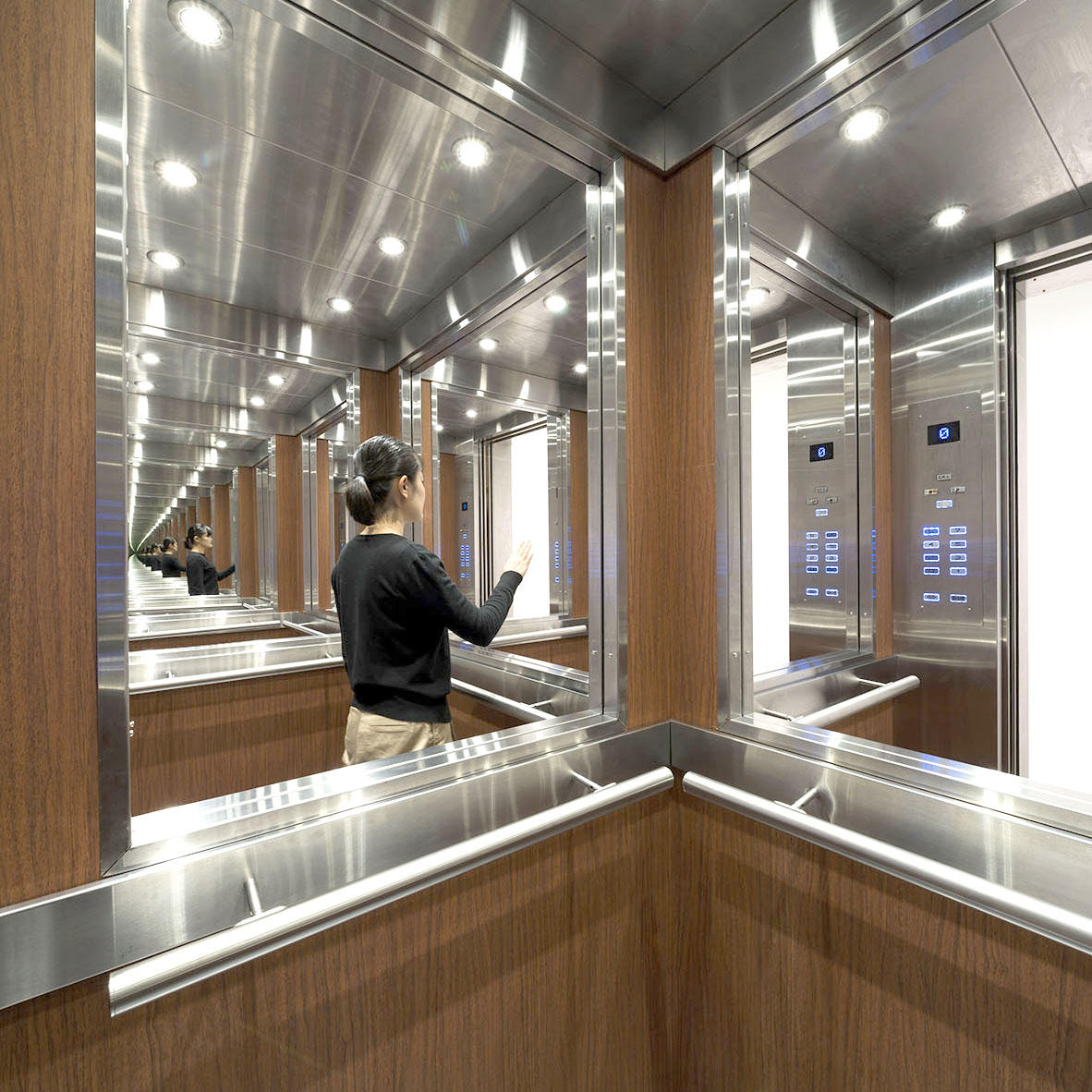
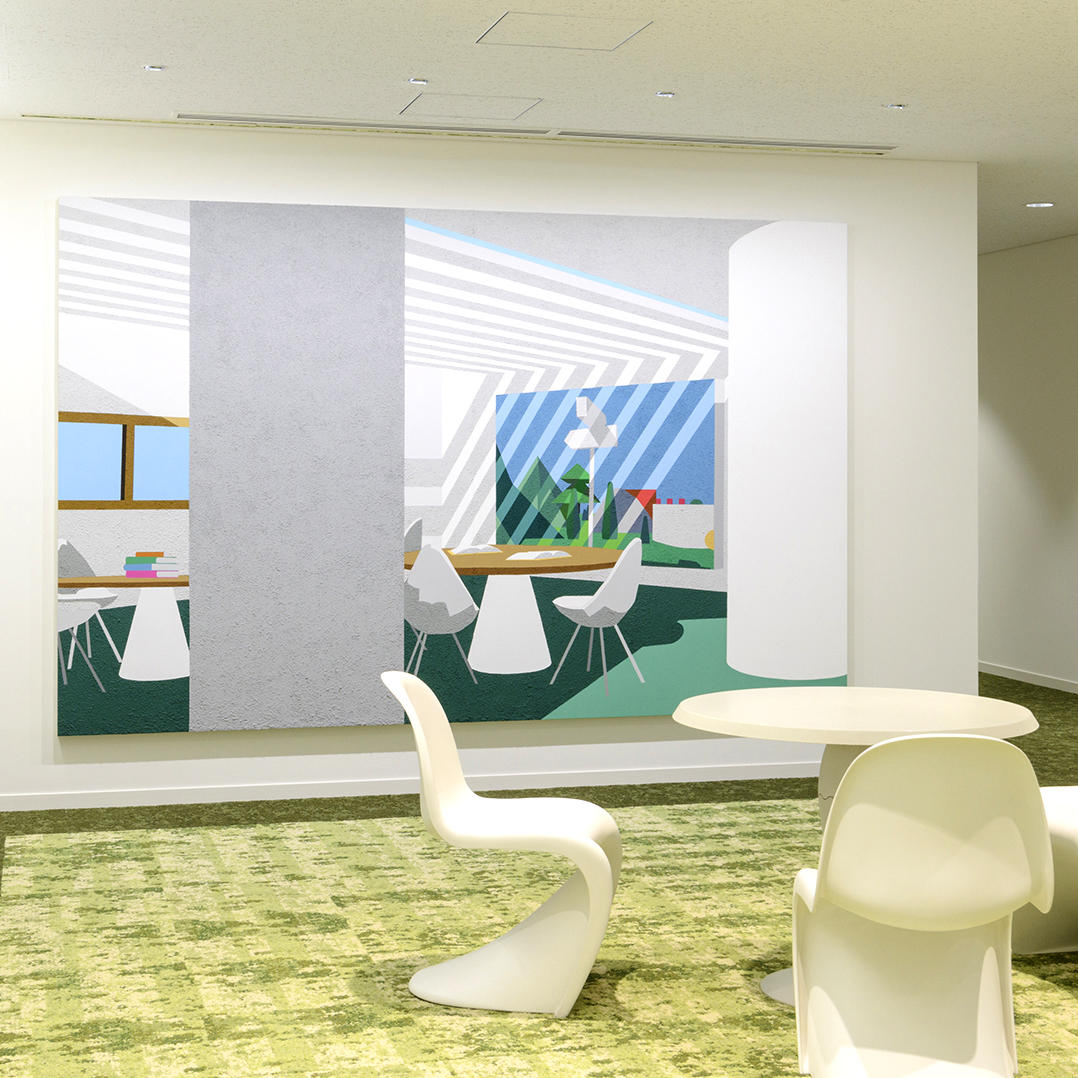
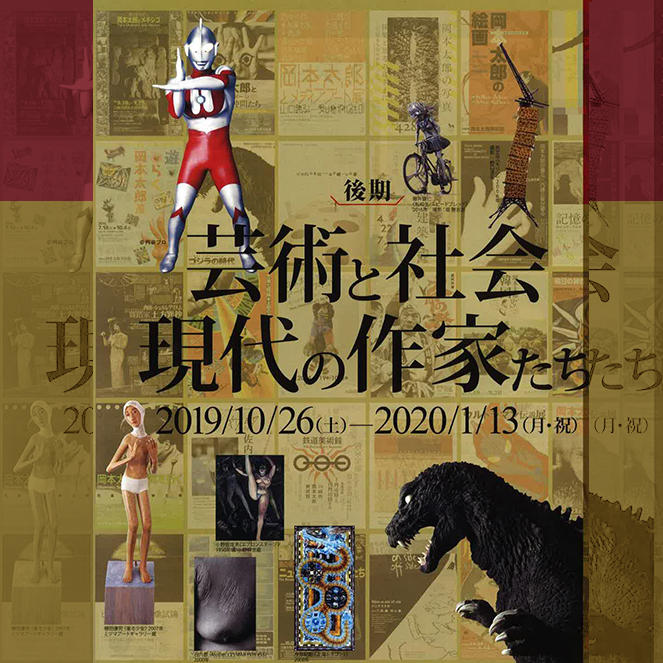
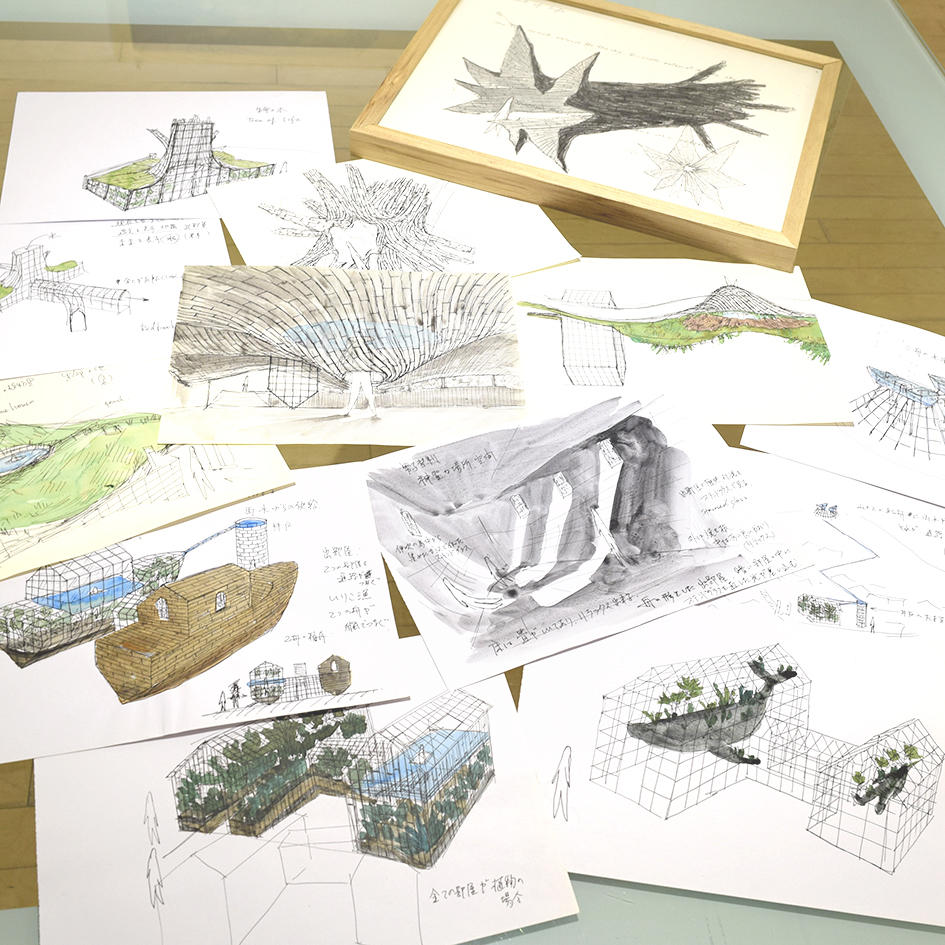
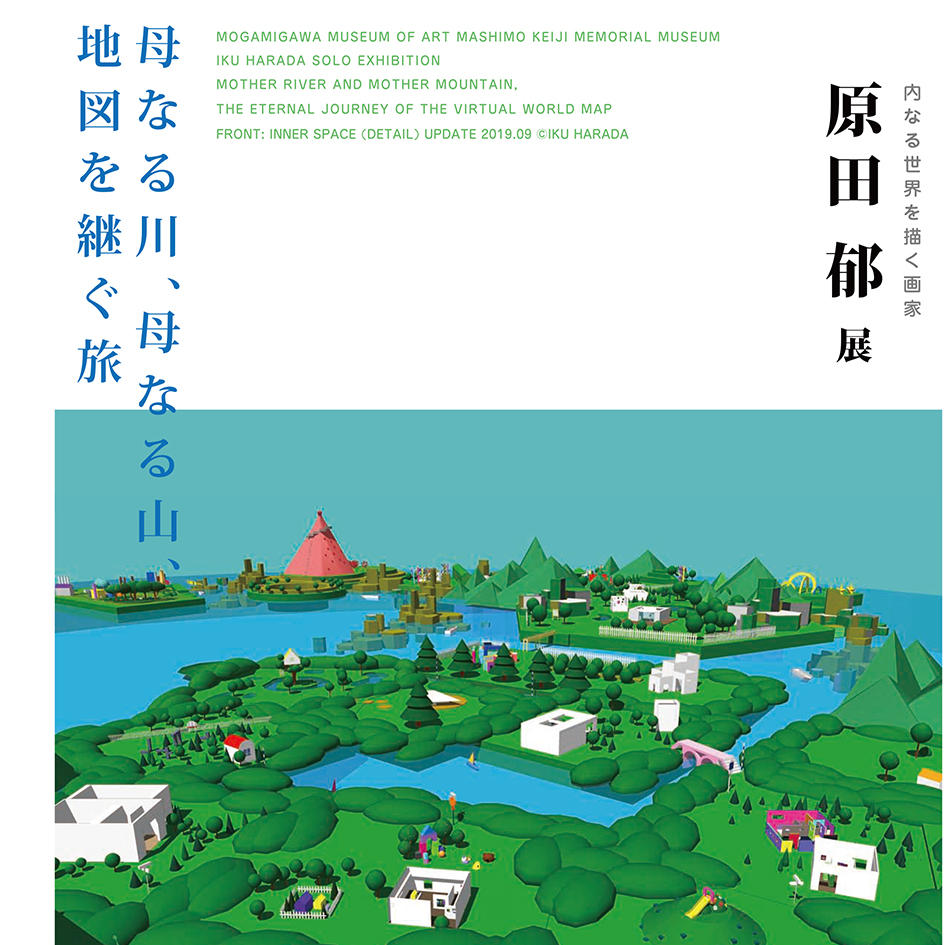
![[session extended] Related Exhibition of ART SETOUCHI @ DAIKANYAMA T-SITE anjin café](https://artfrontgallery.com/whatsnew/assets_c/2019/07/51b443e36450b17840c8fd878ff5b7350ac9f4c6-thumb-945x945-6744.jpg)
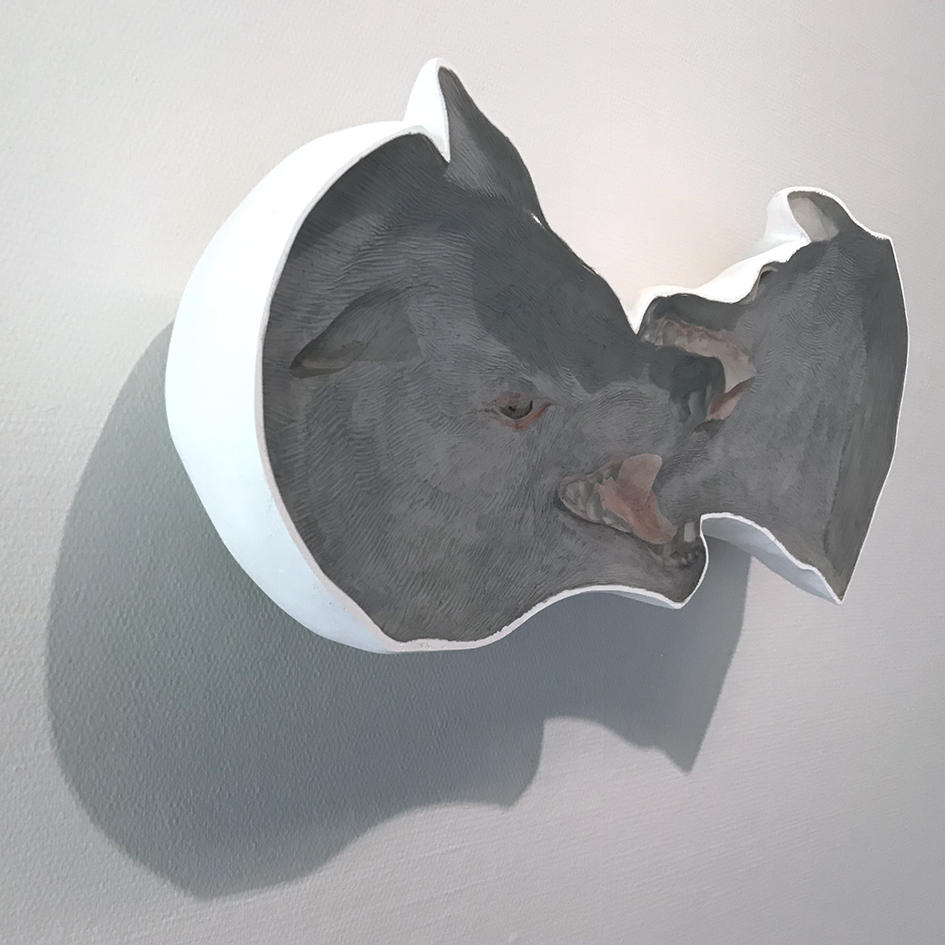
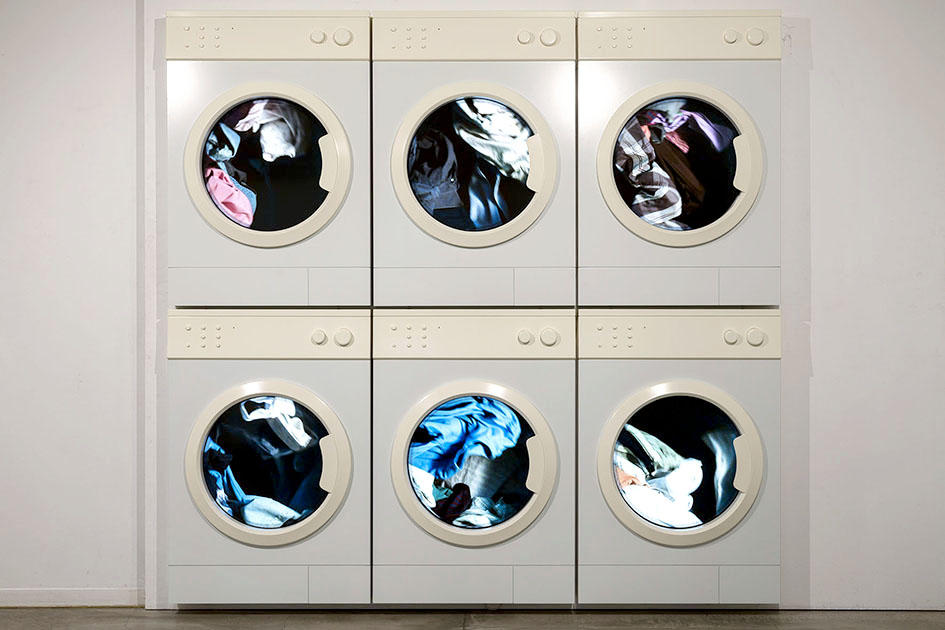
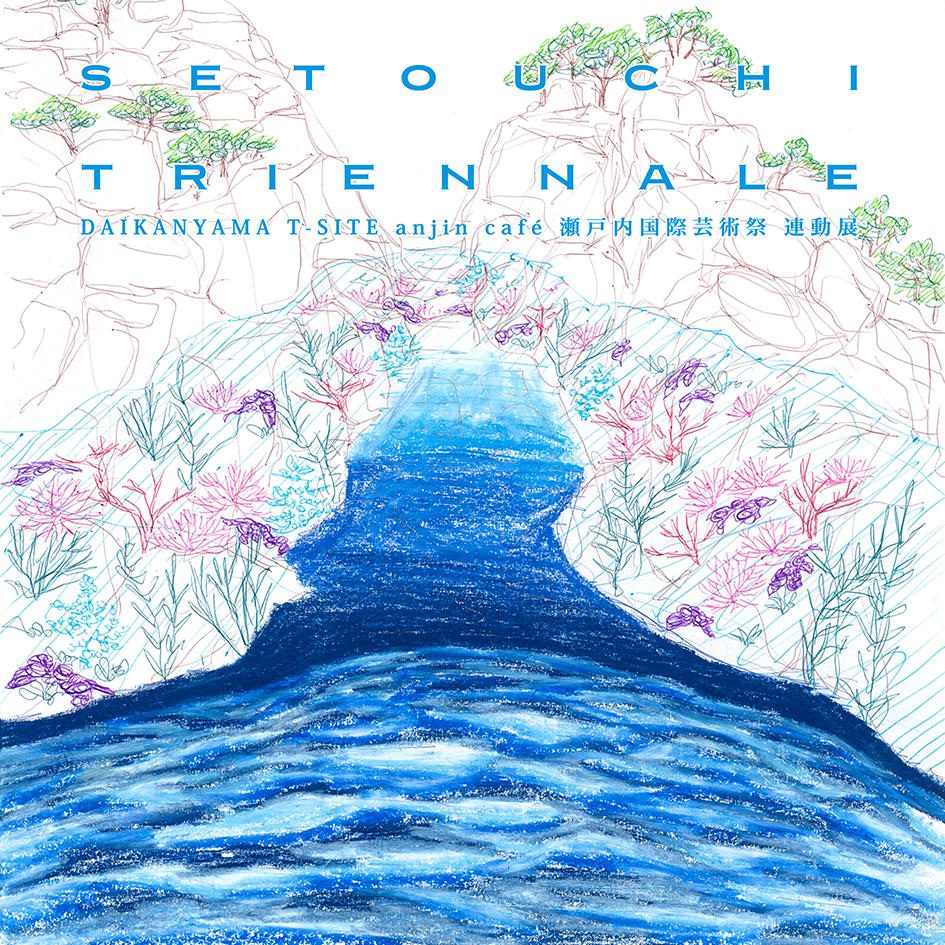
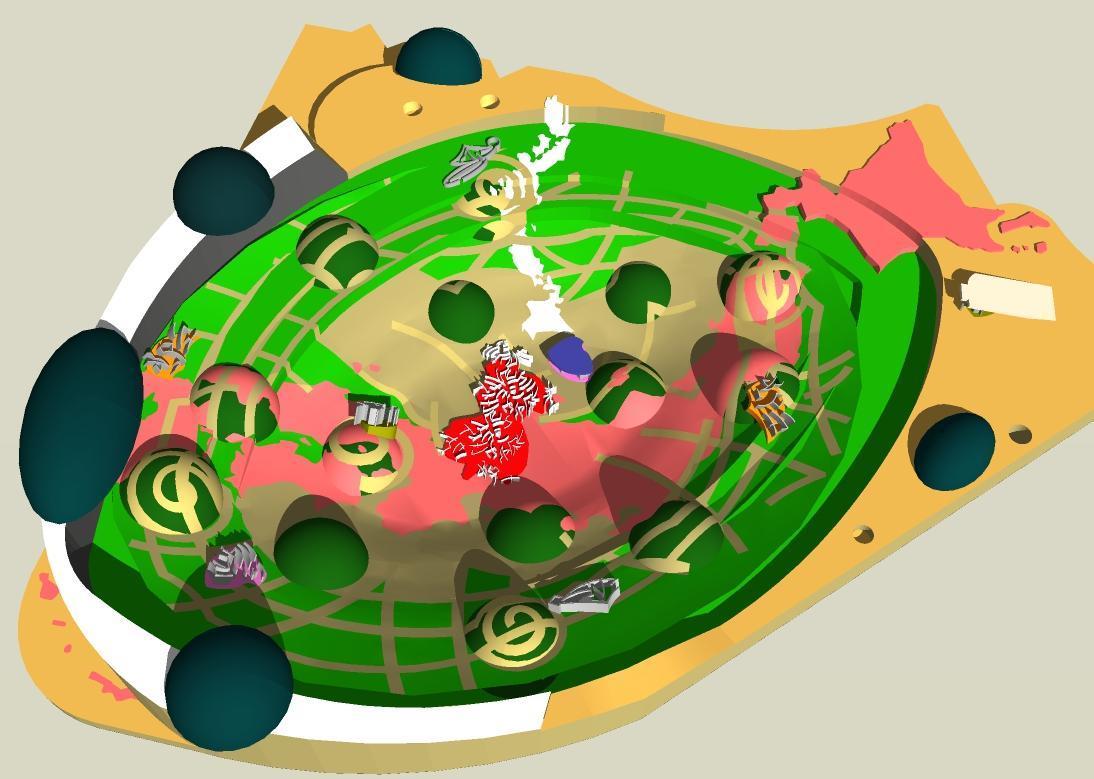
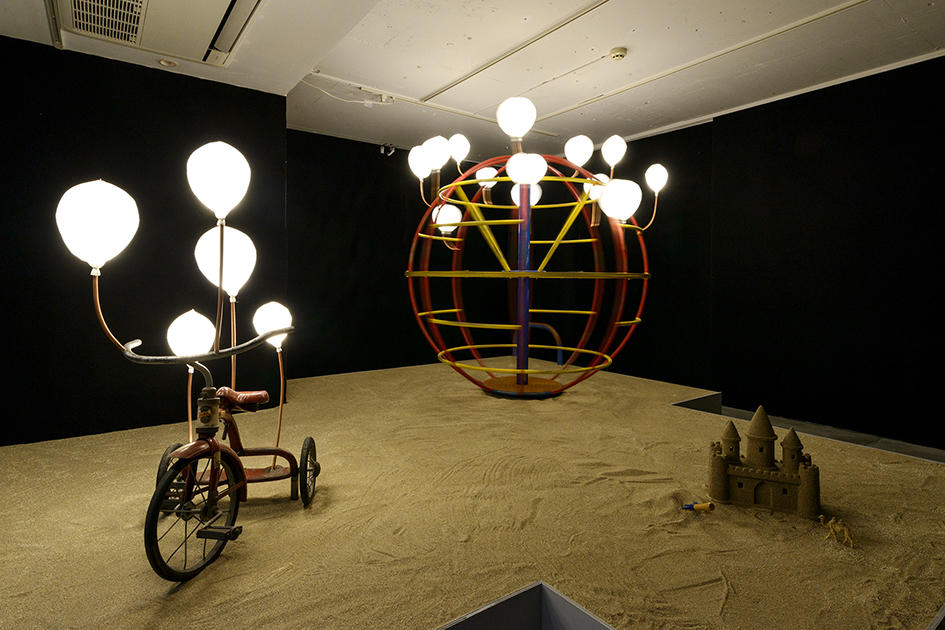
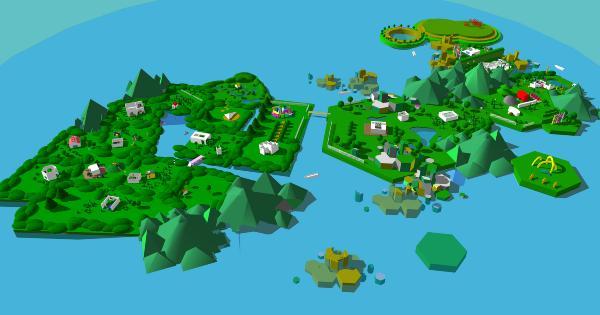
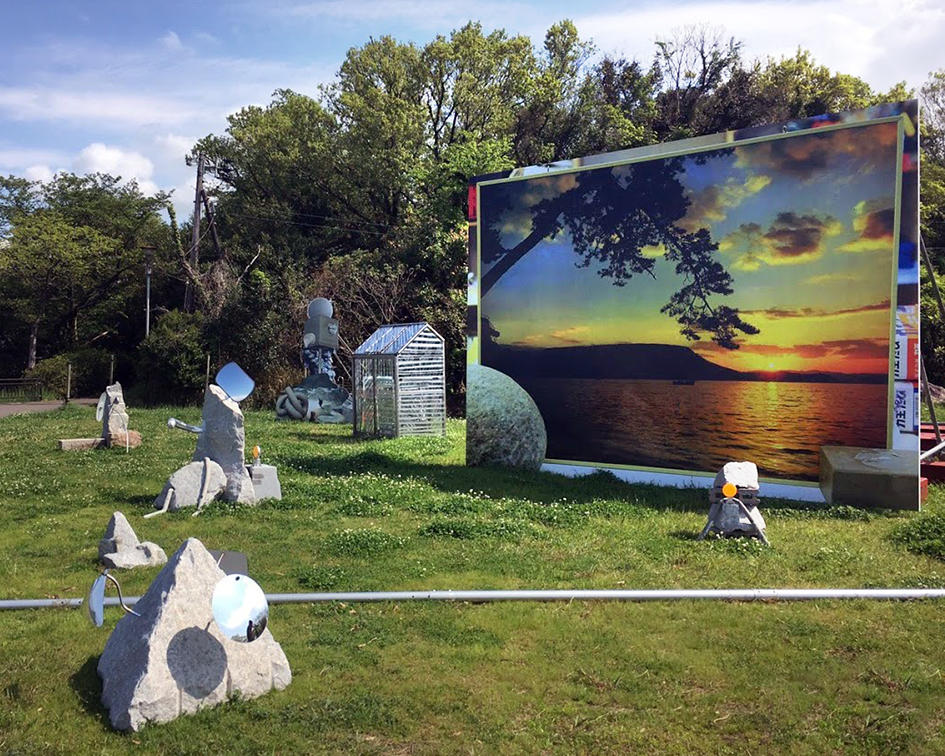
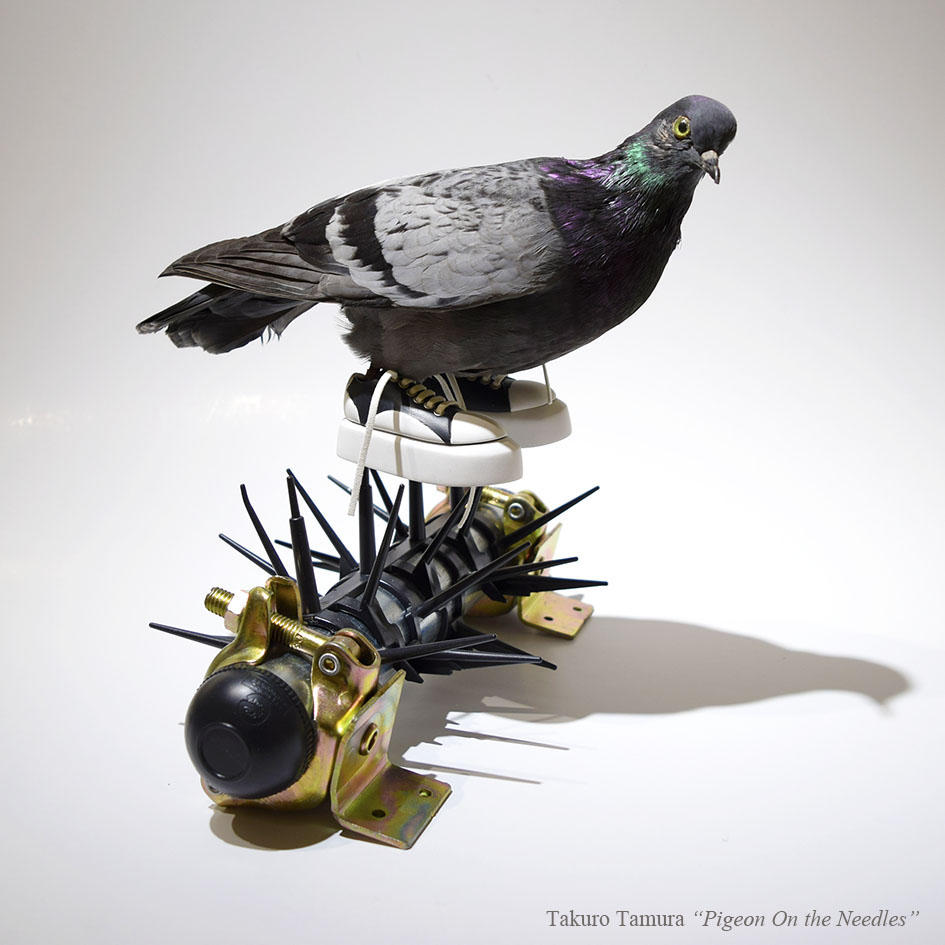
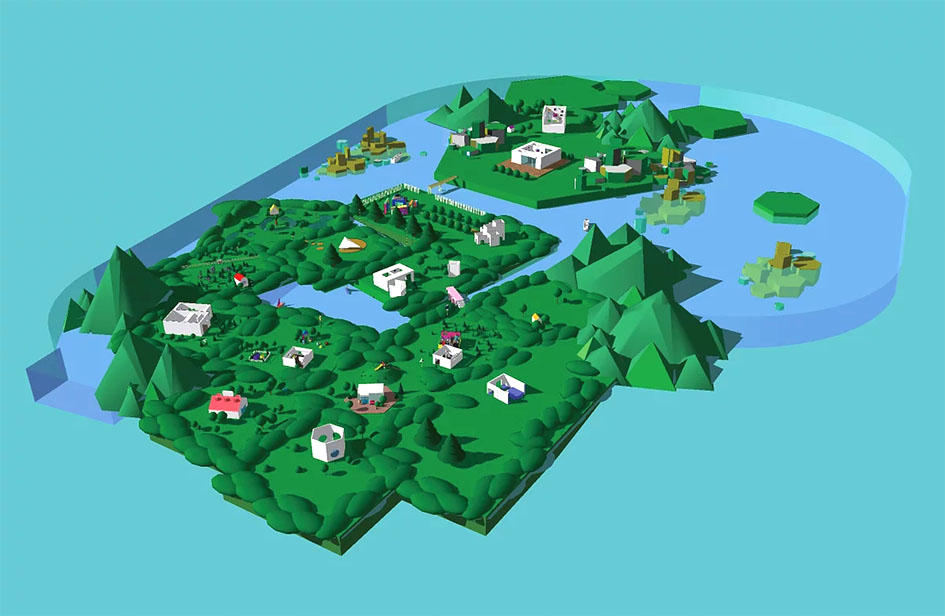
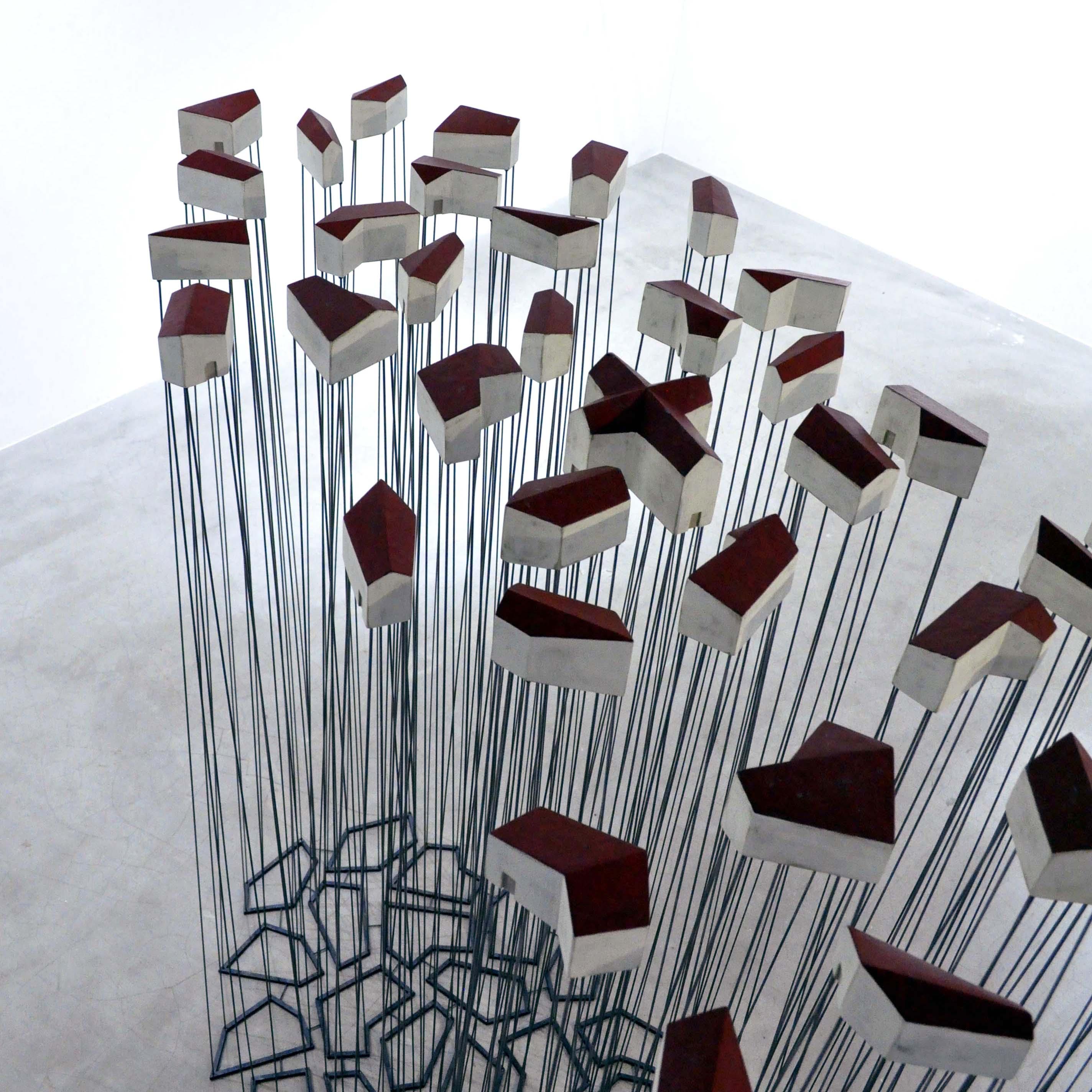
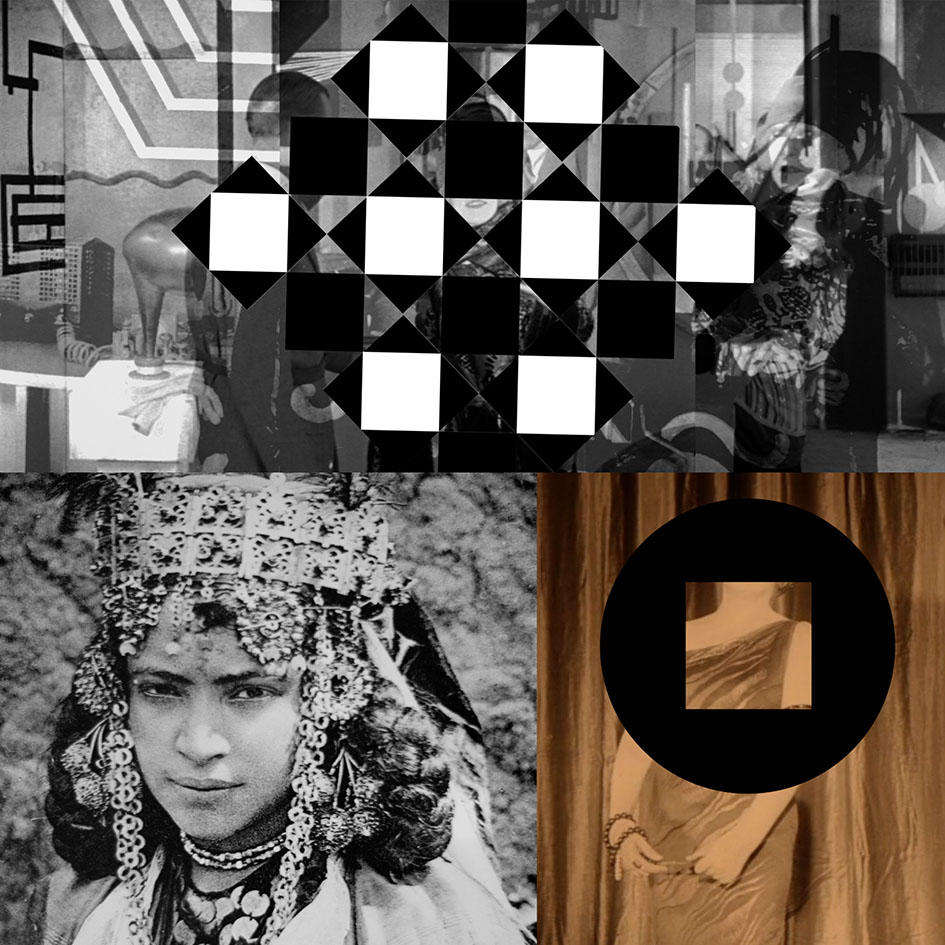
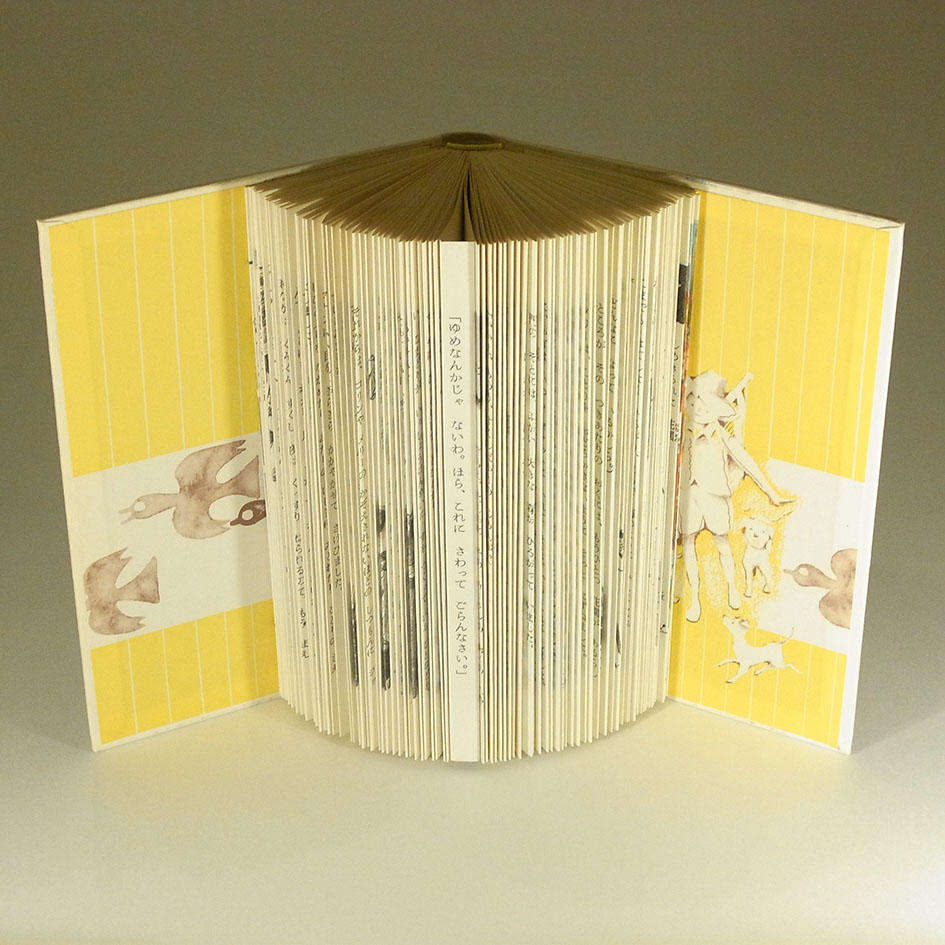
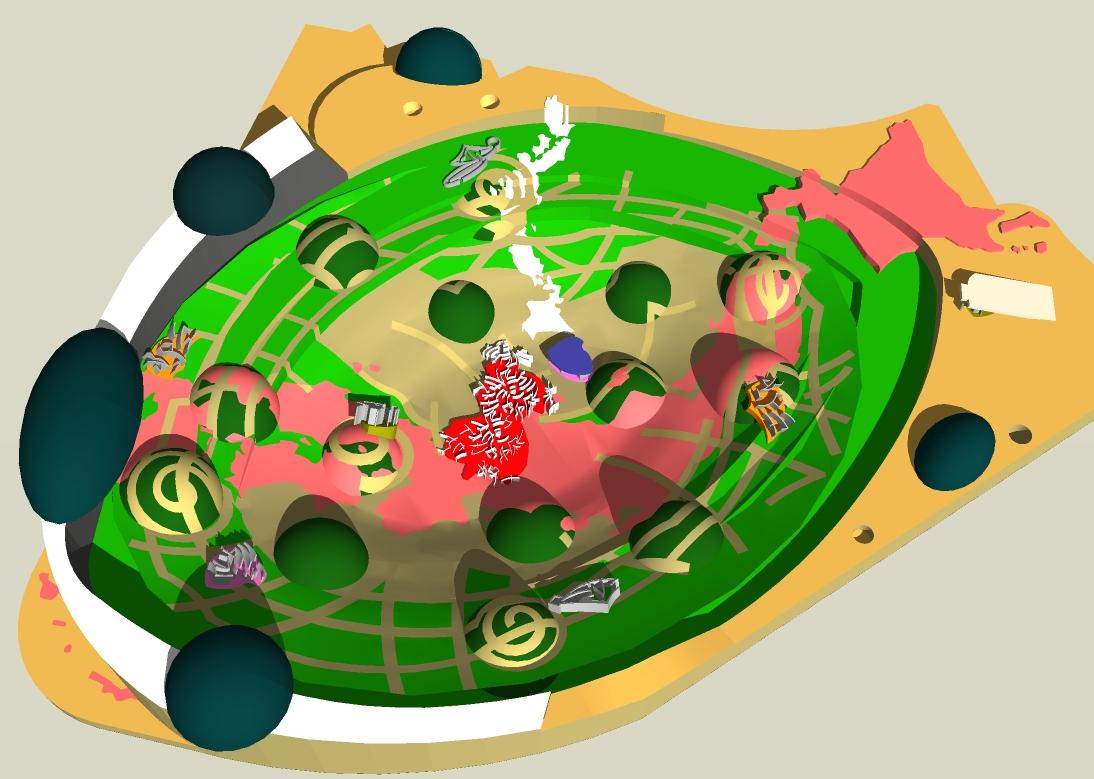
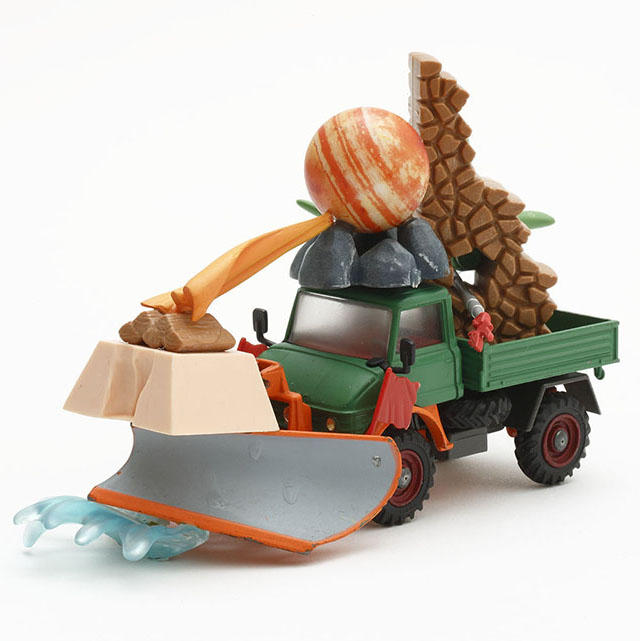
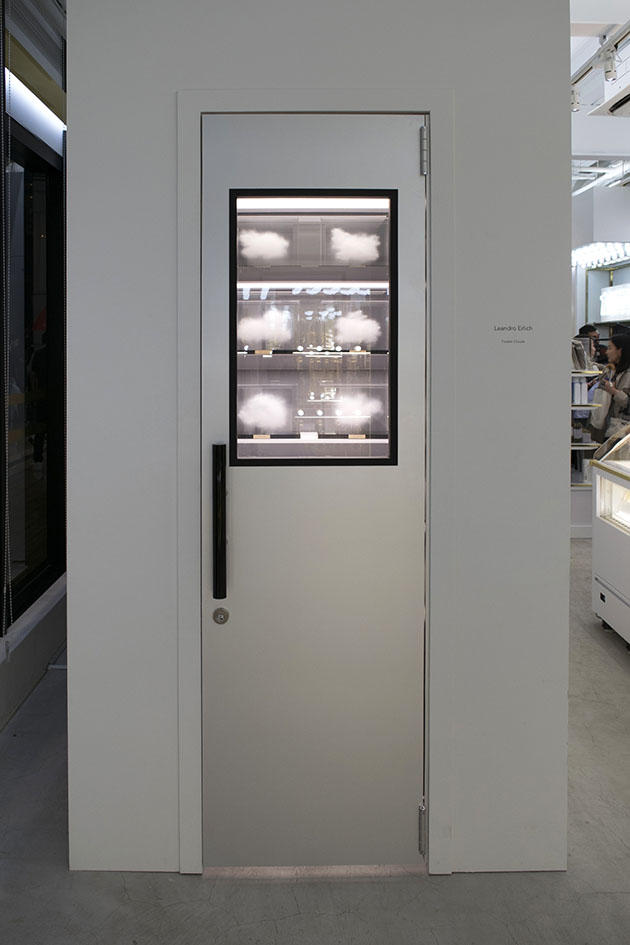
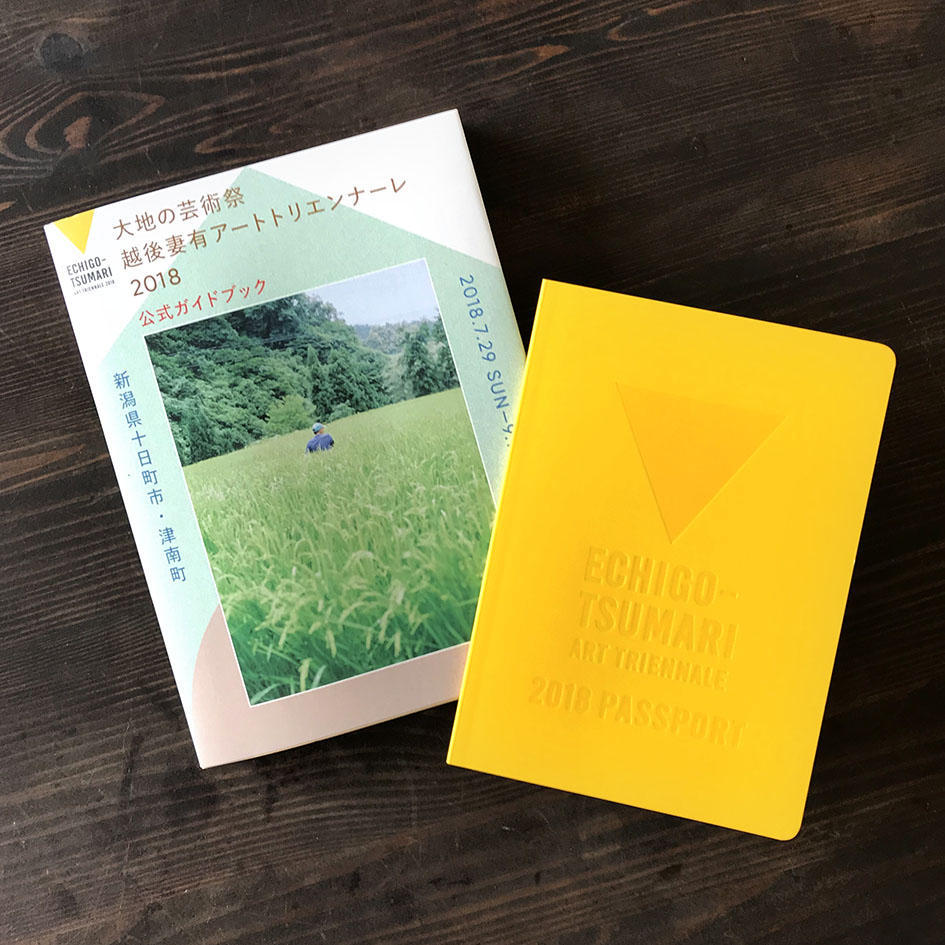
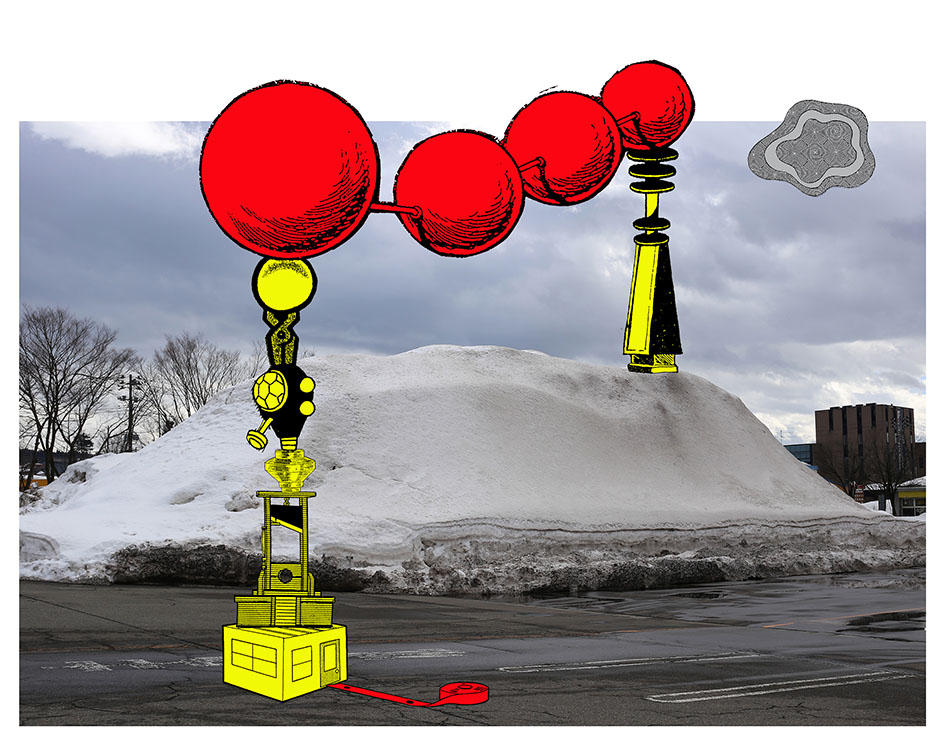
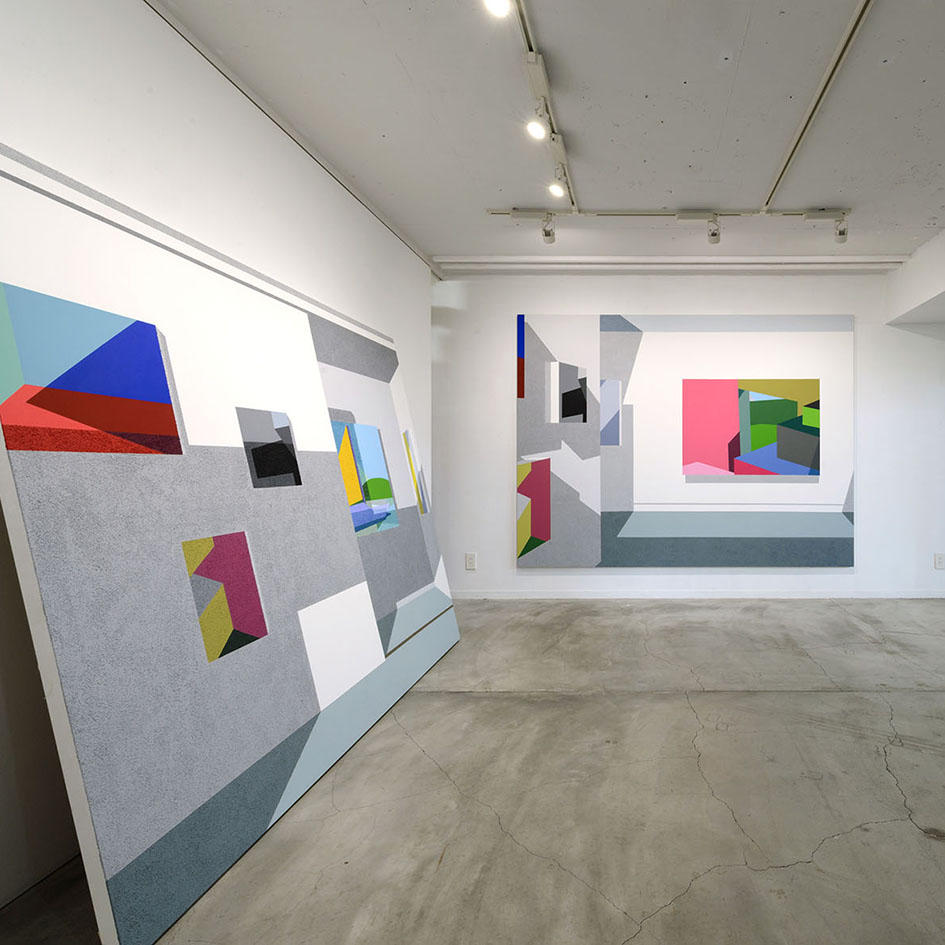
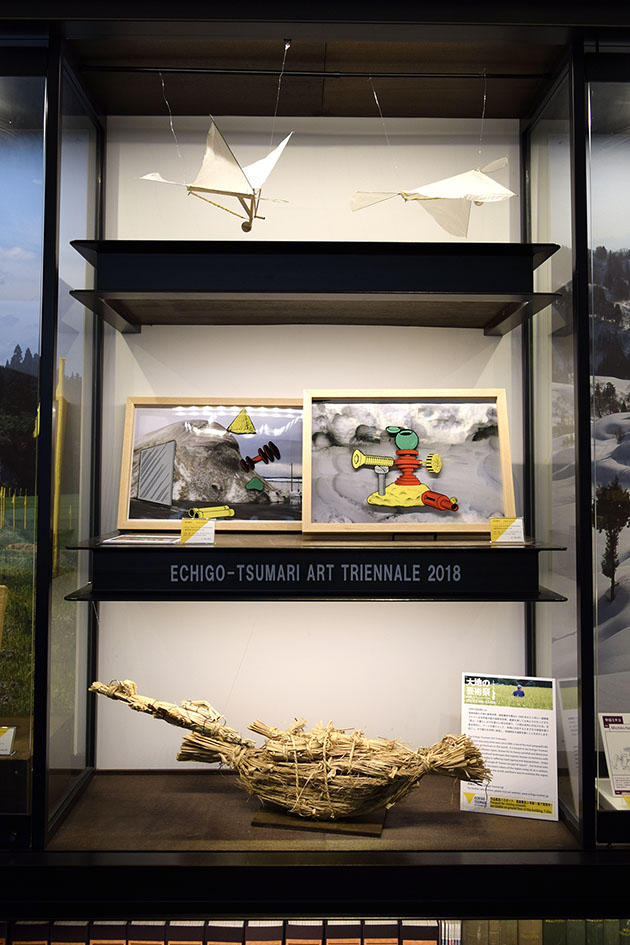
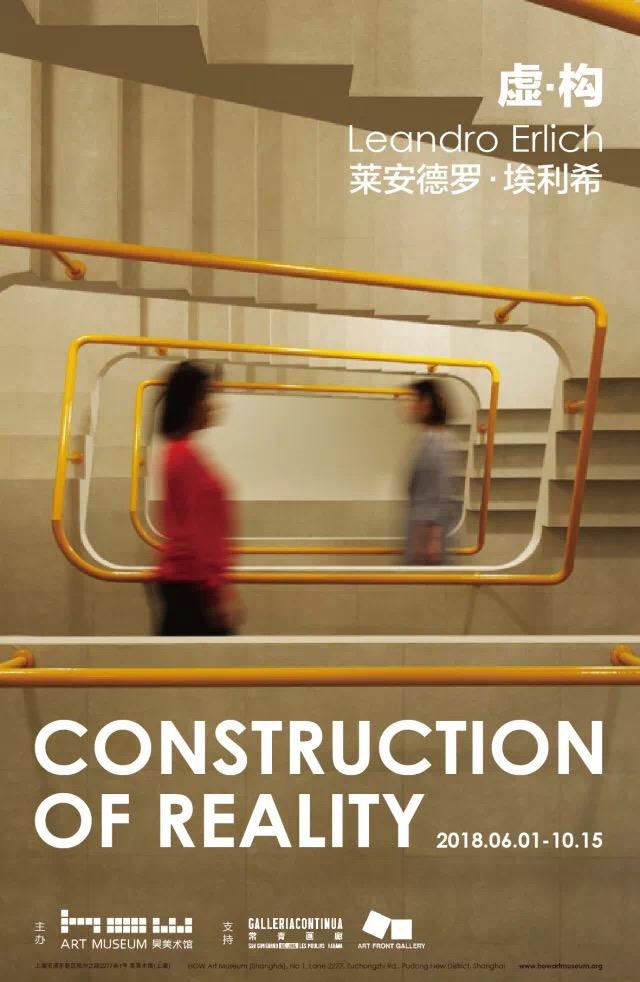
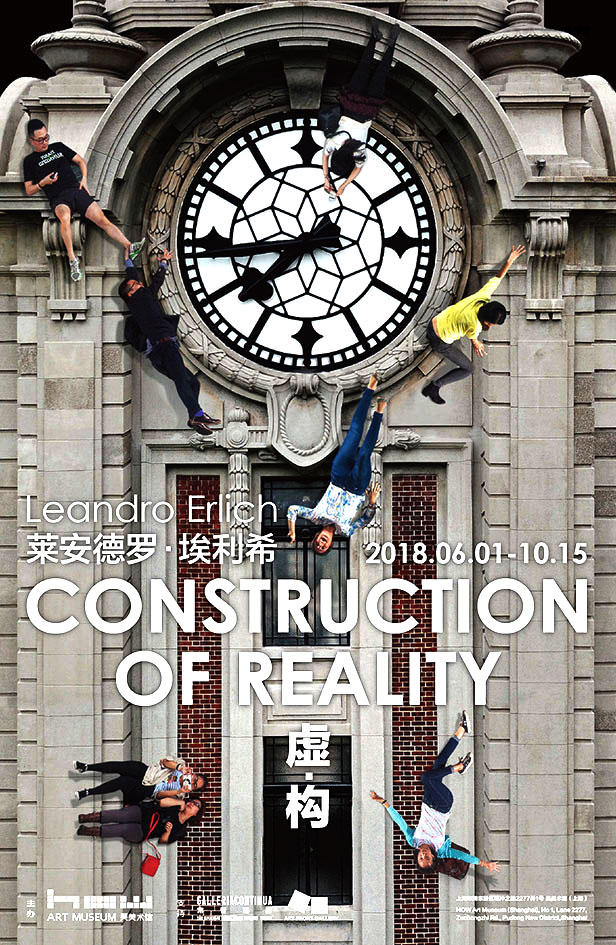
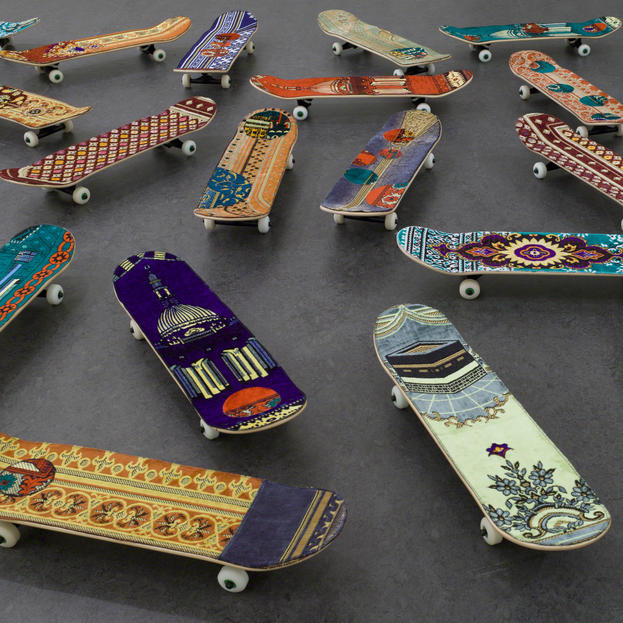
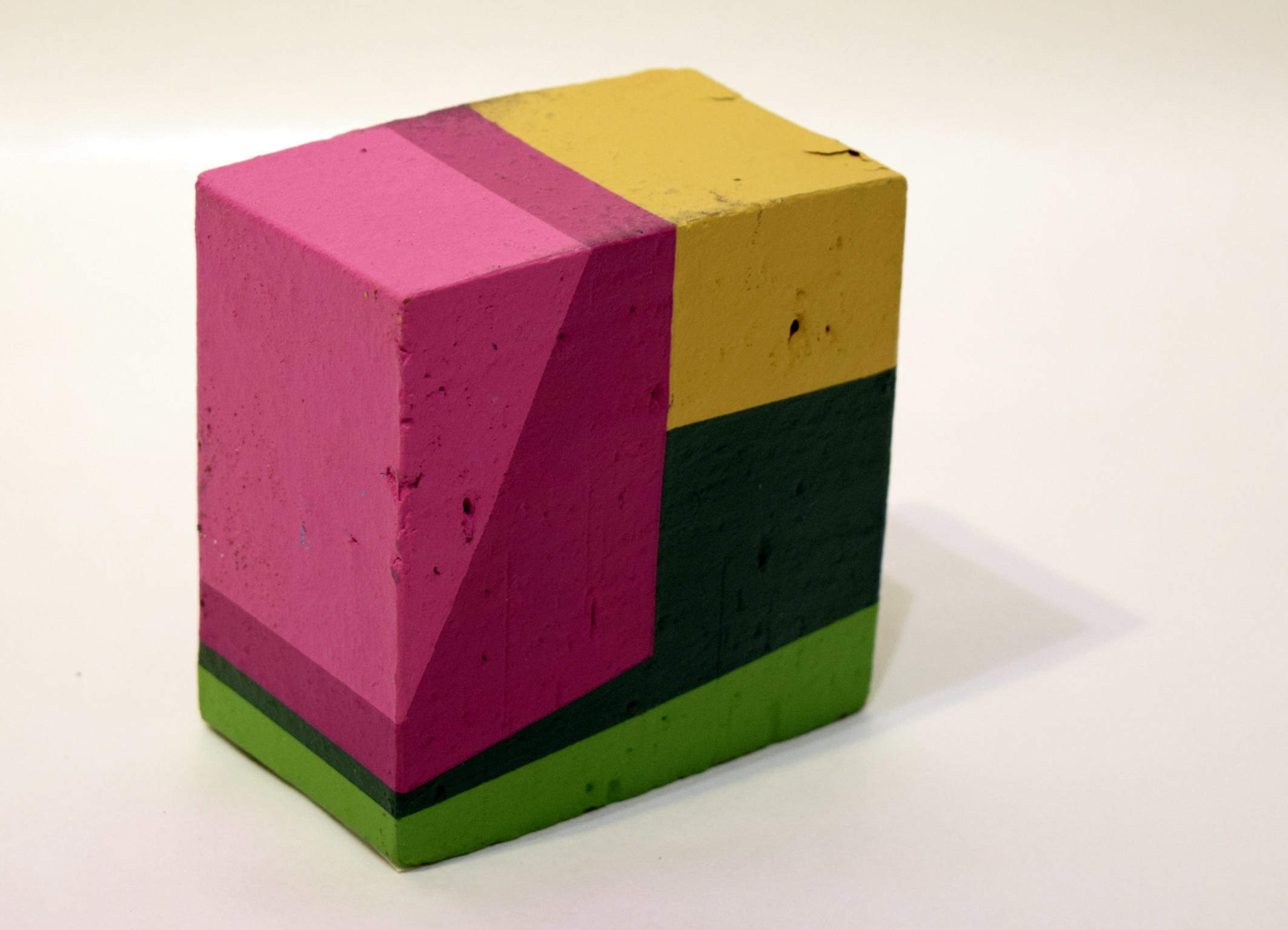
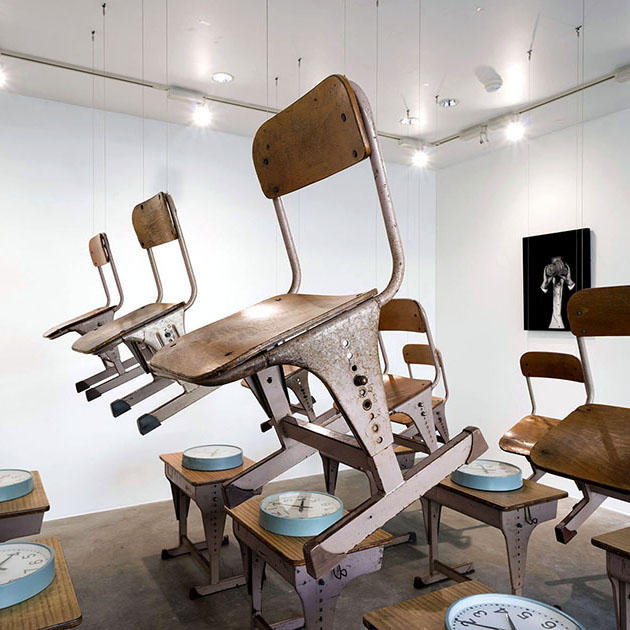
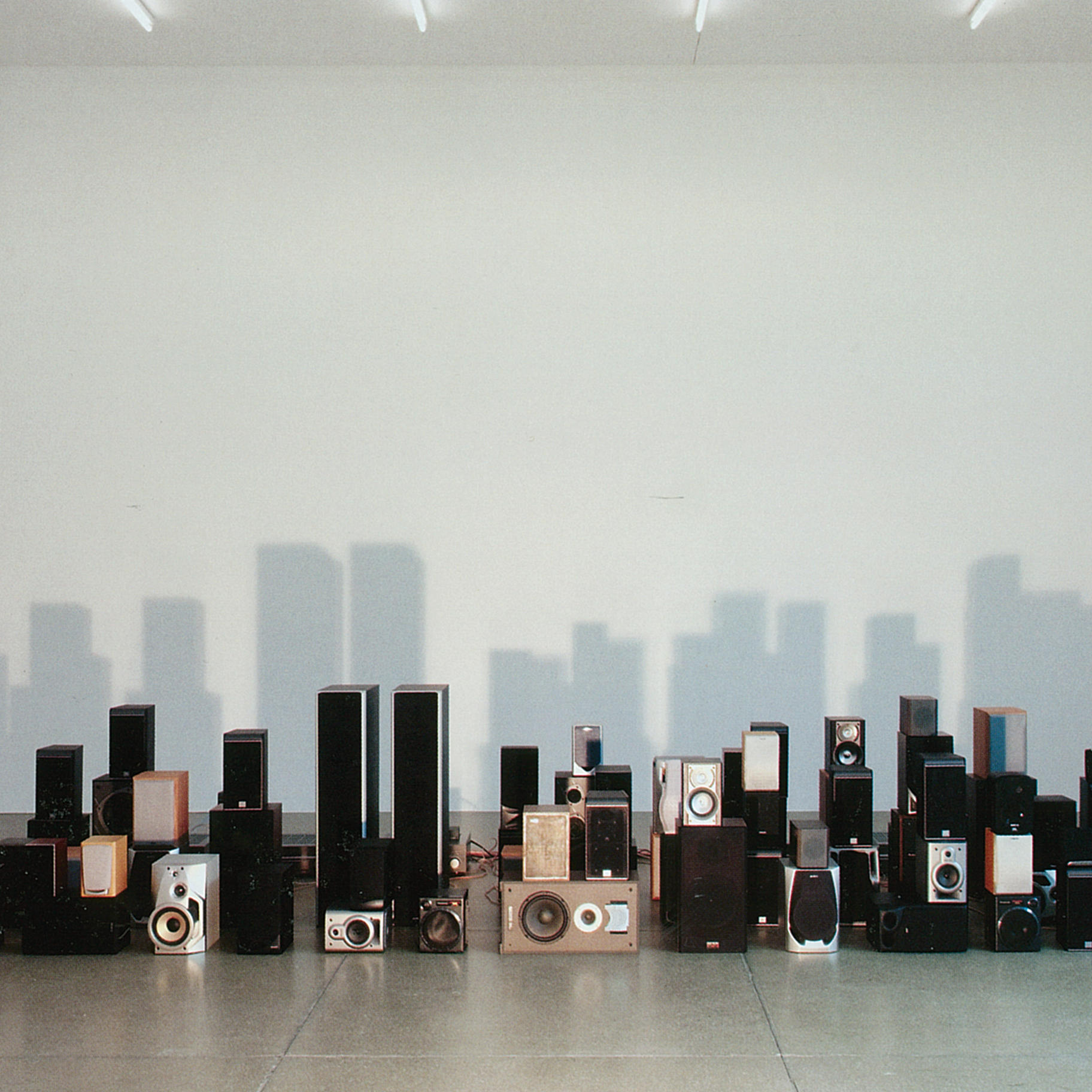
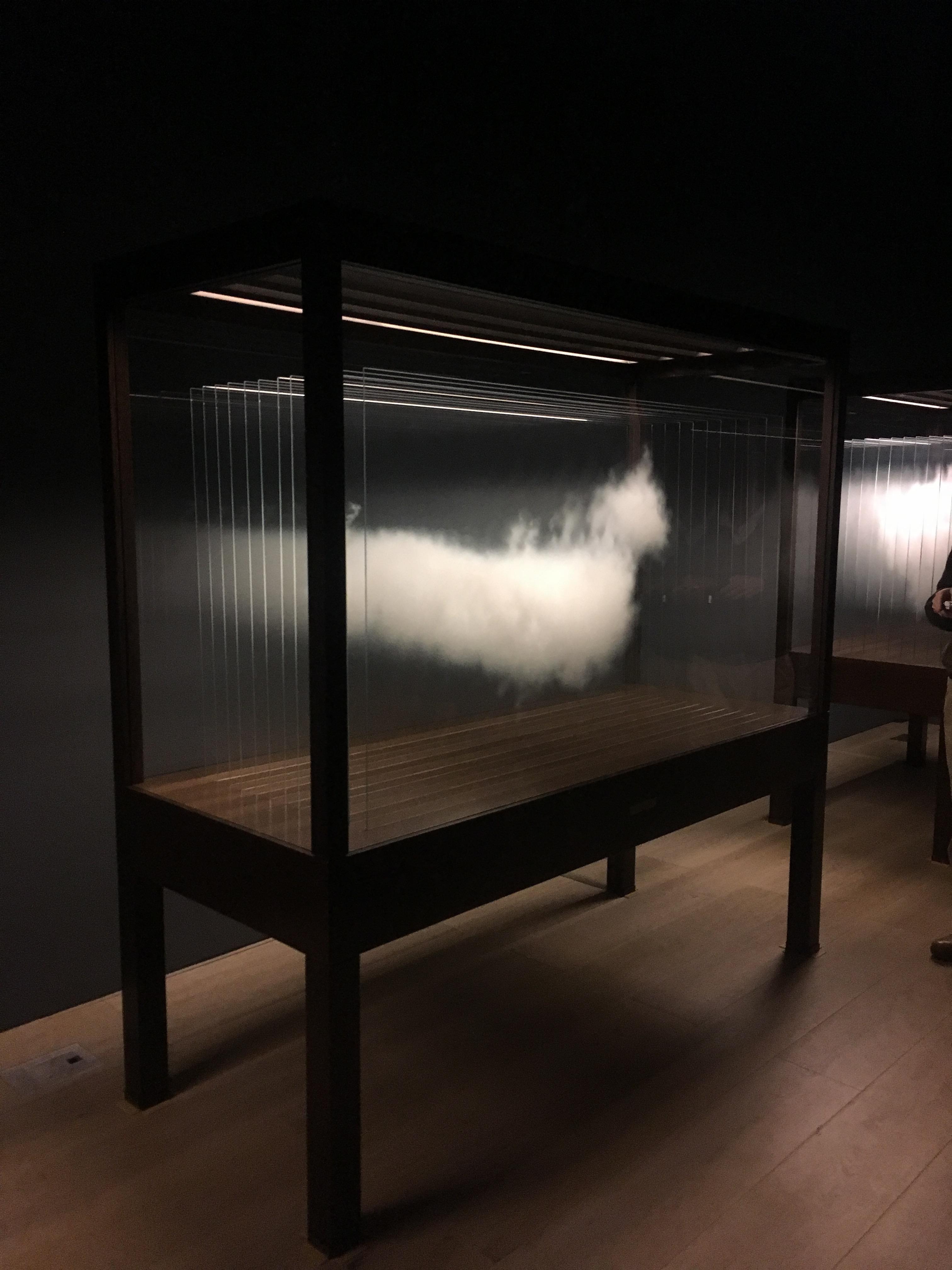
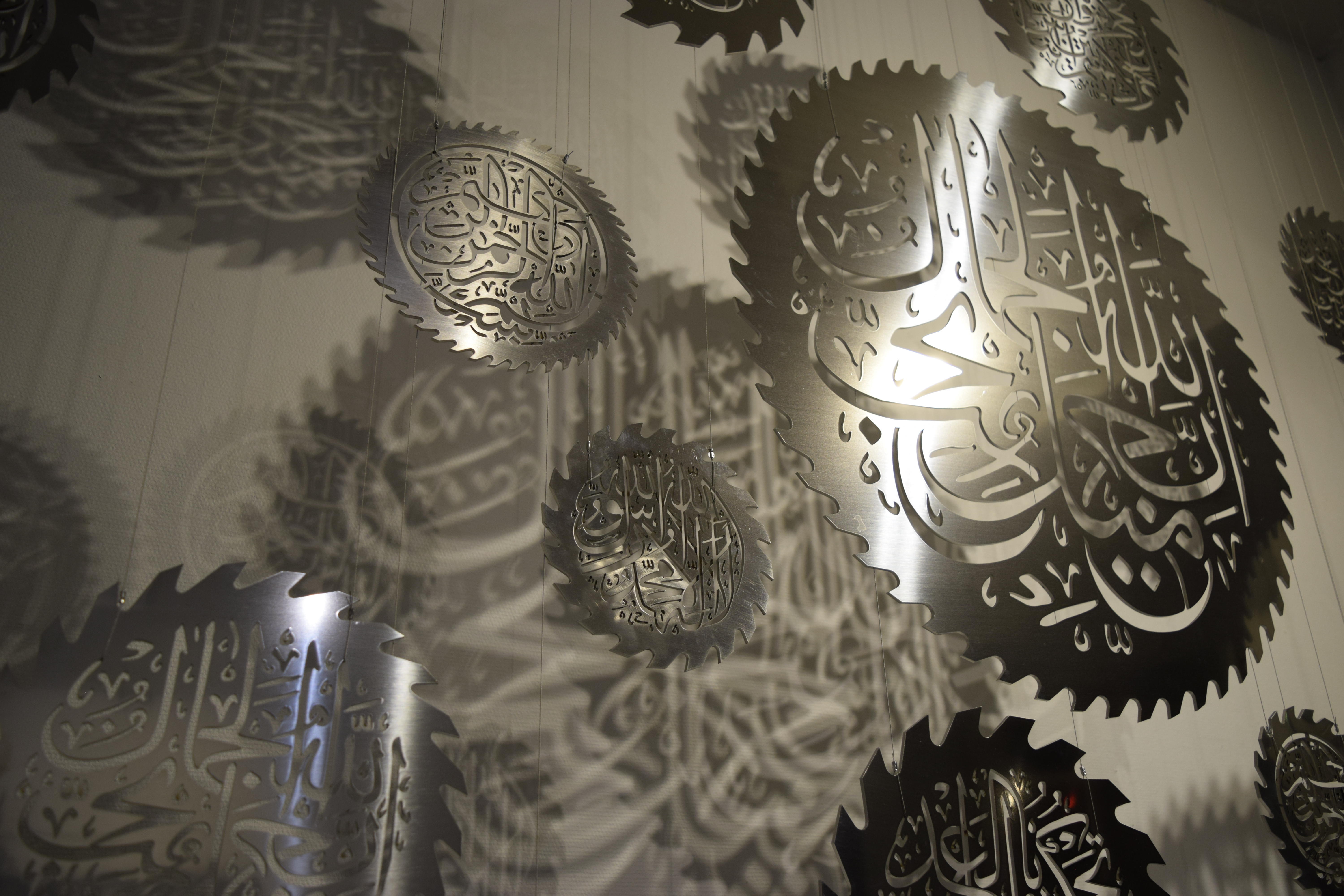
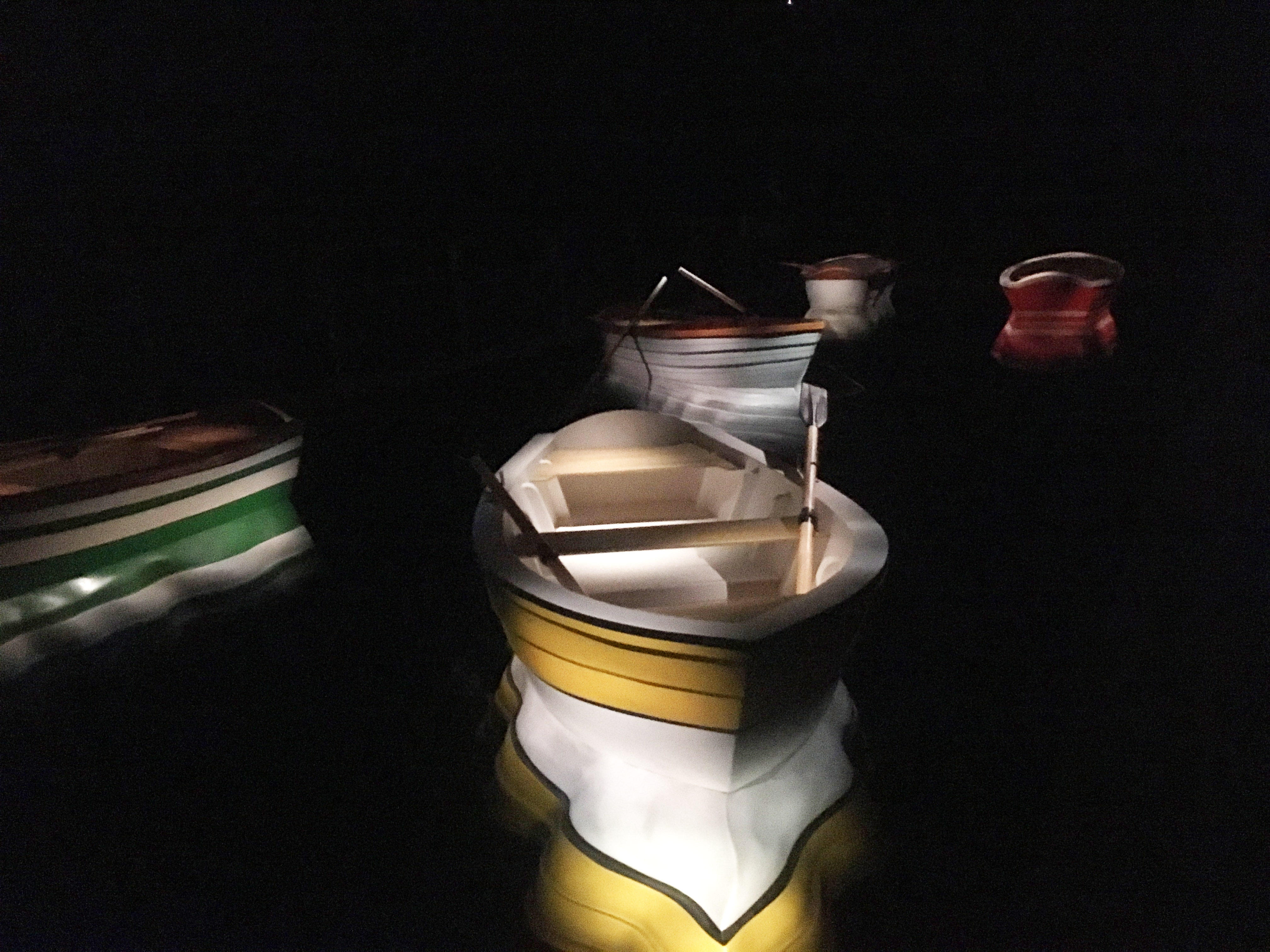
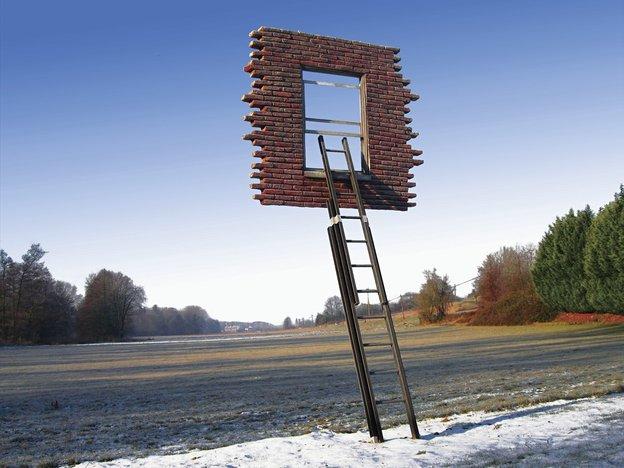
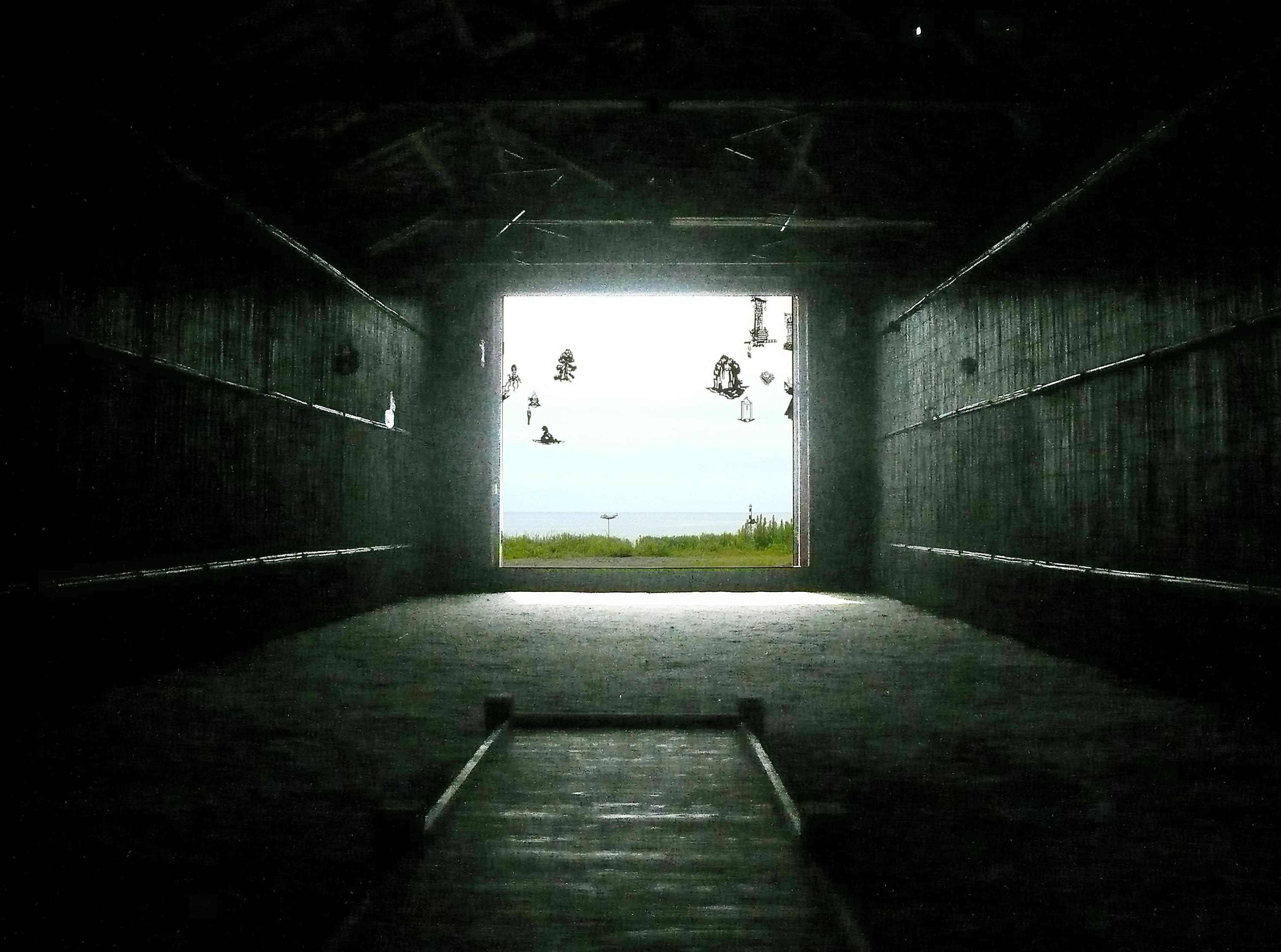
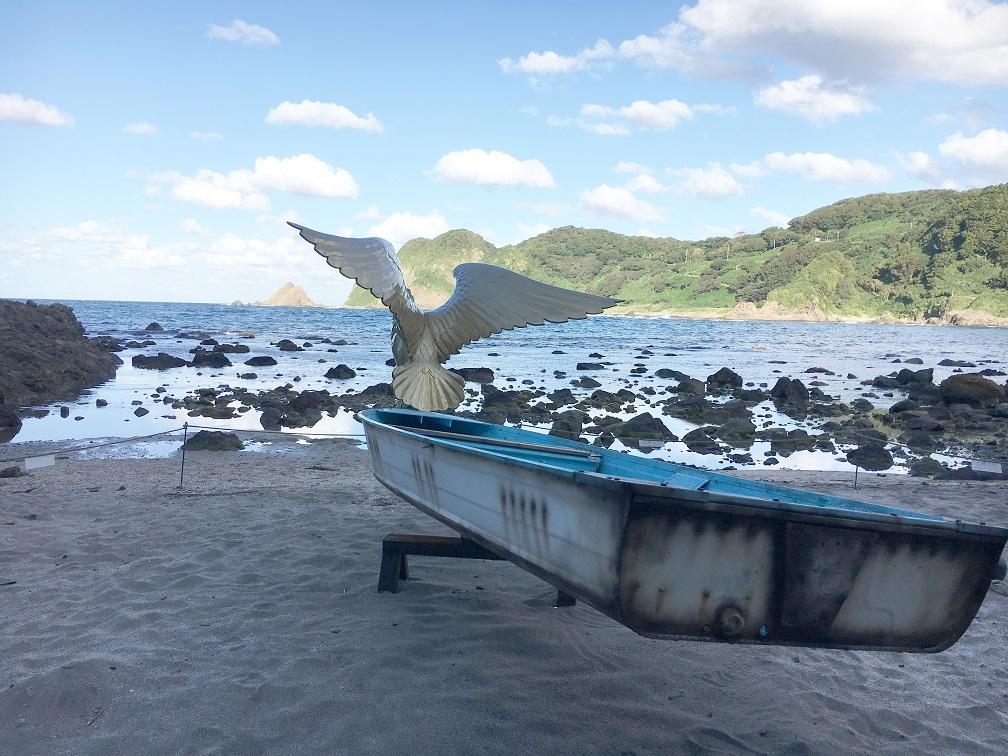
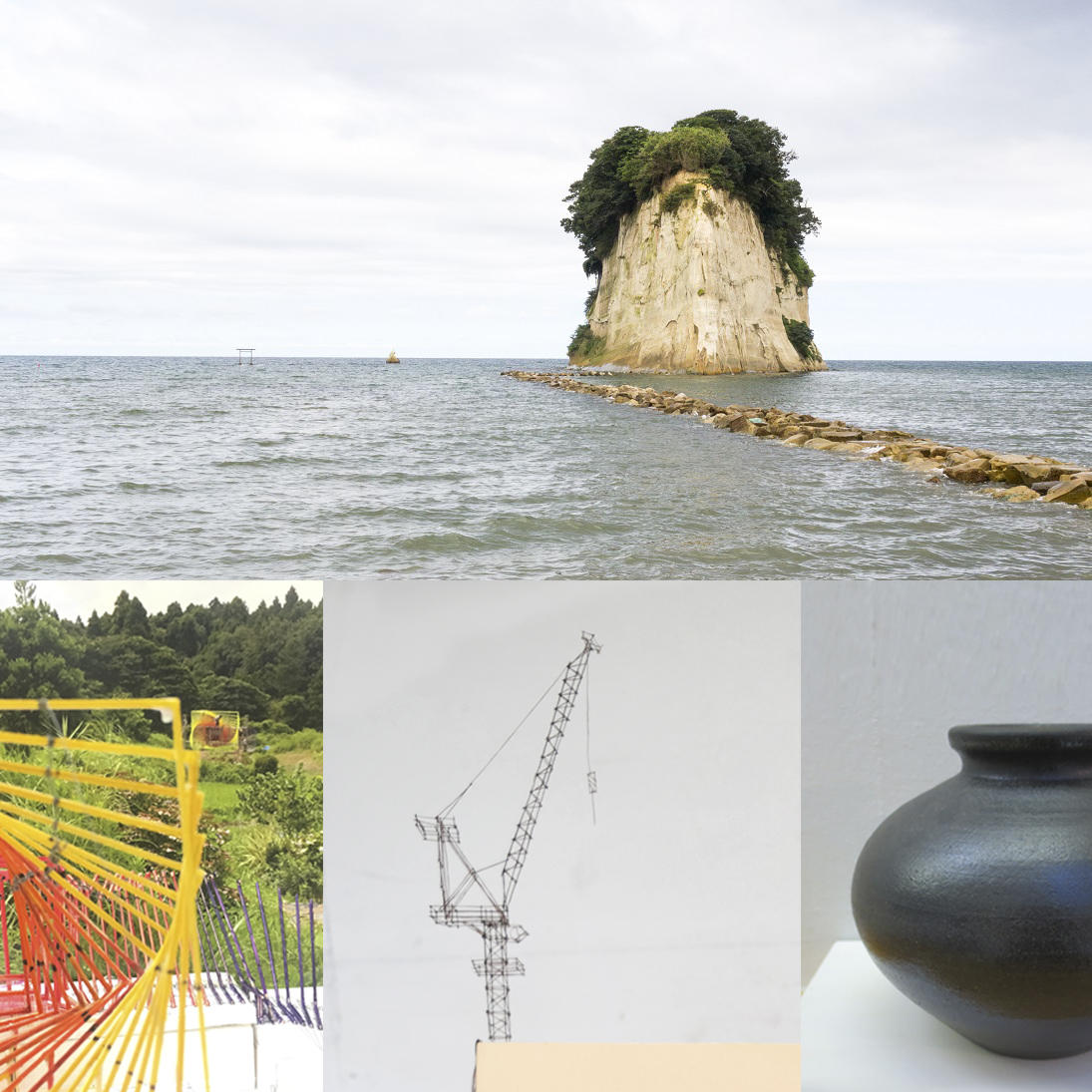
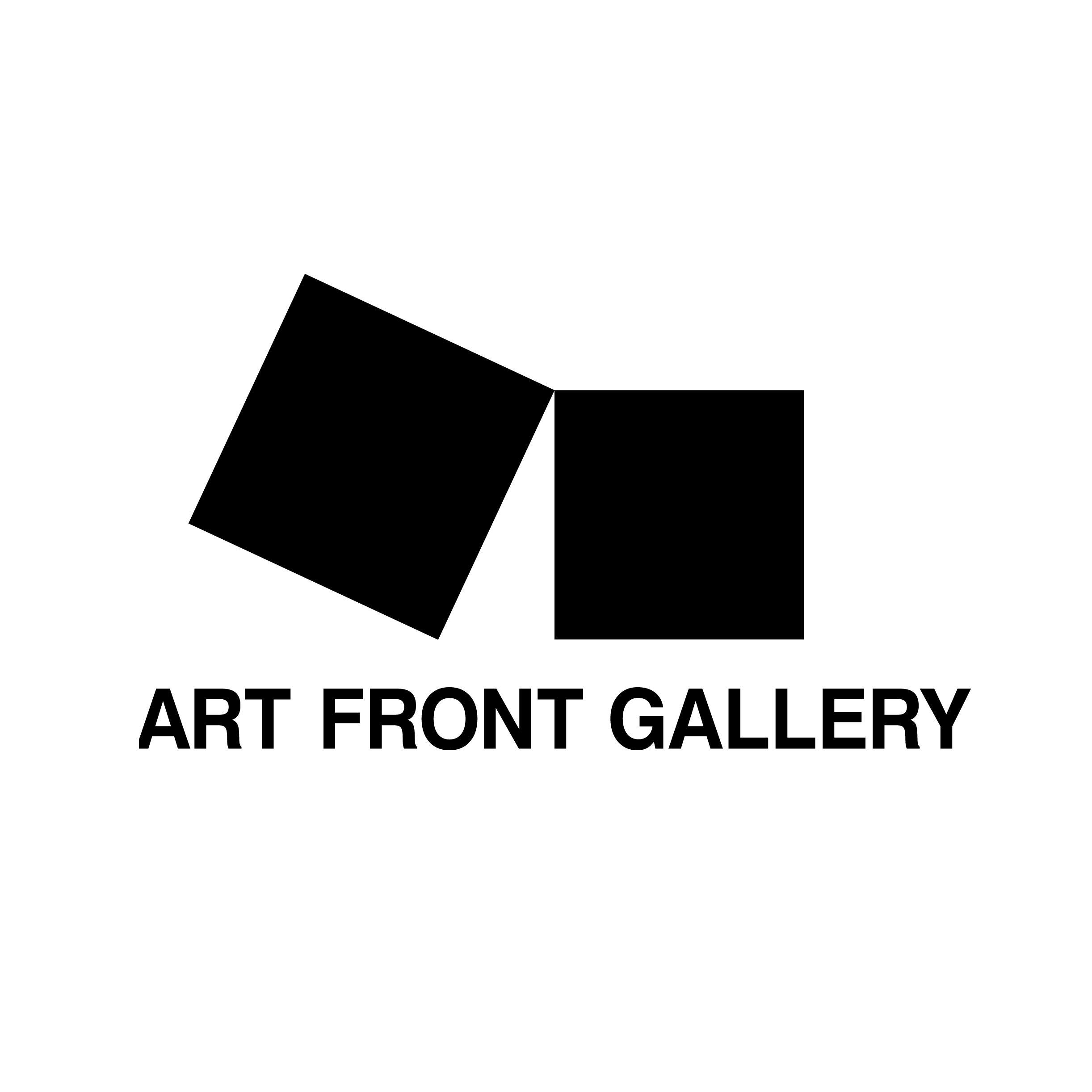
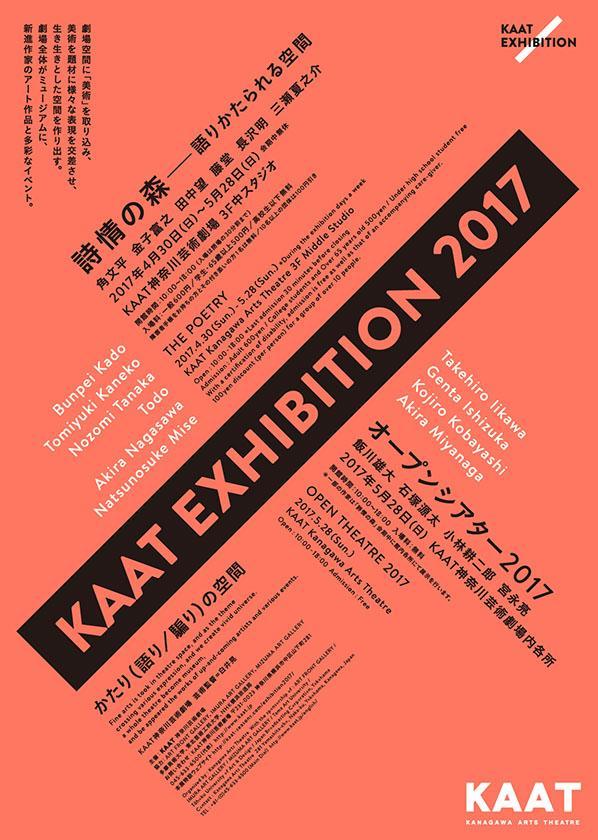
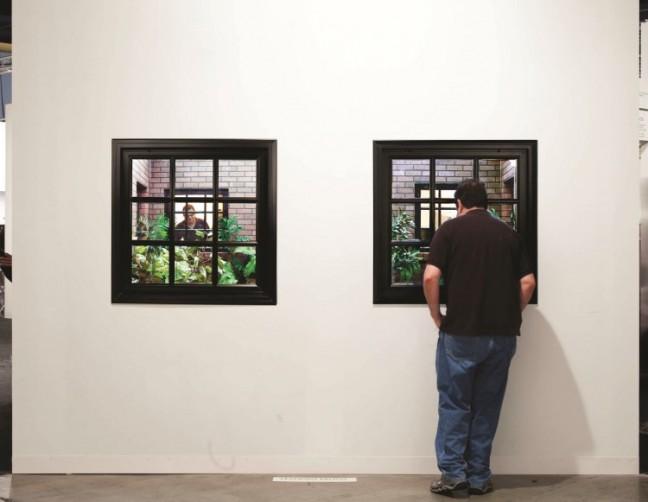
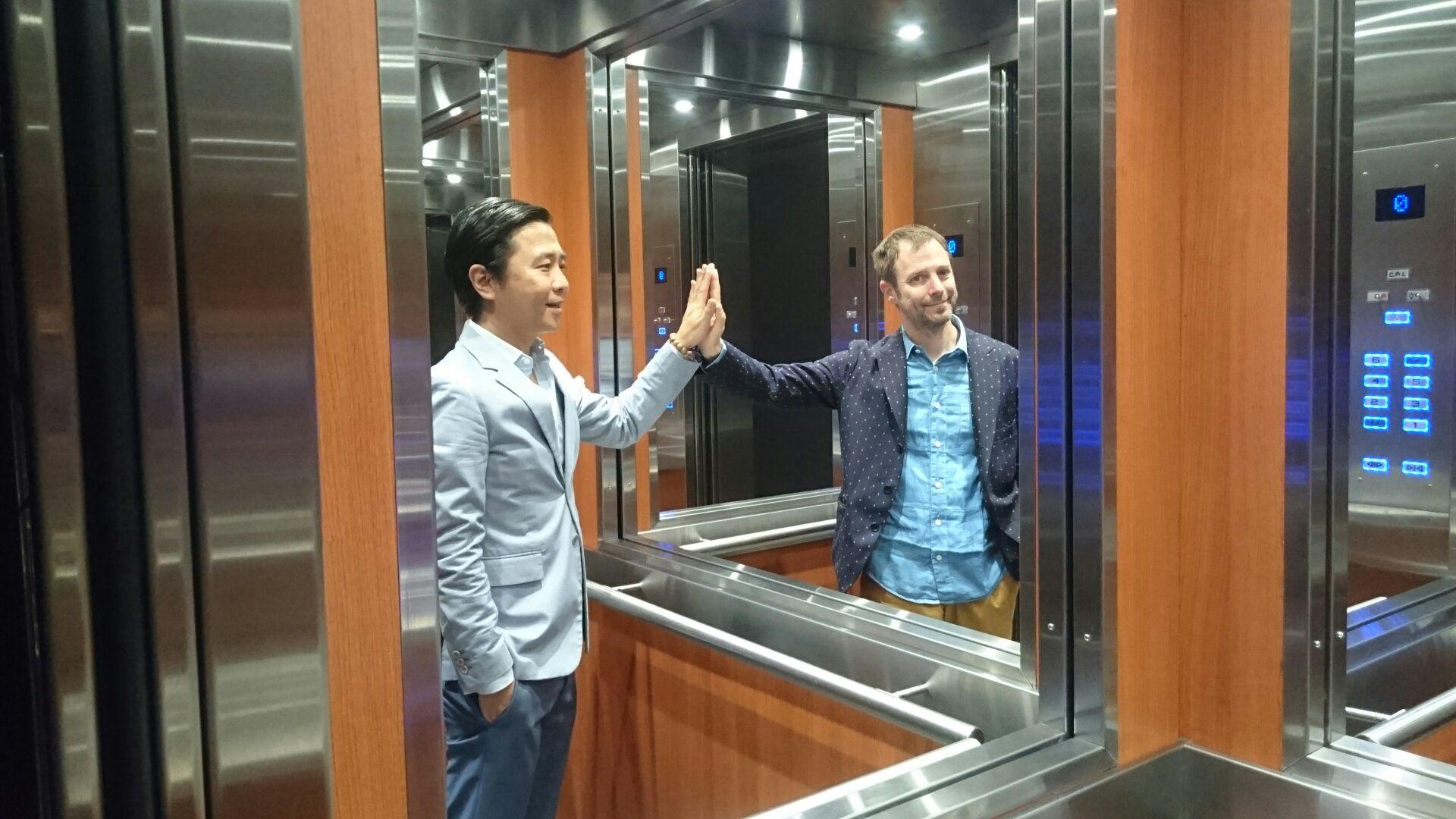
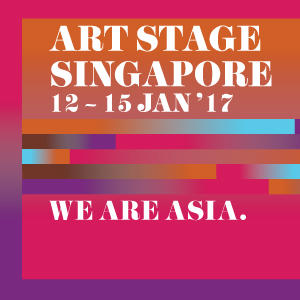
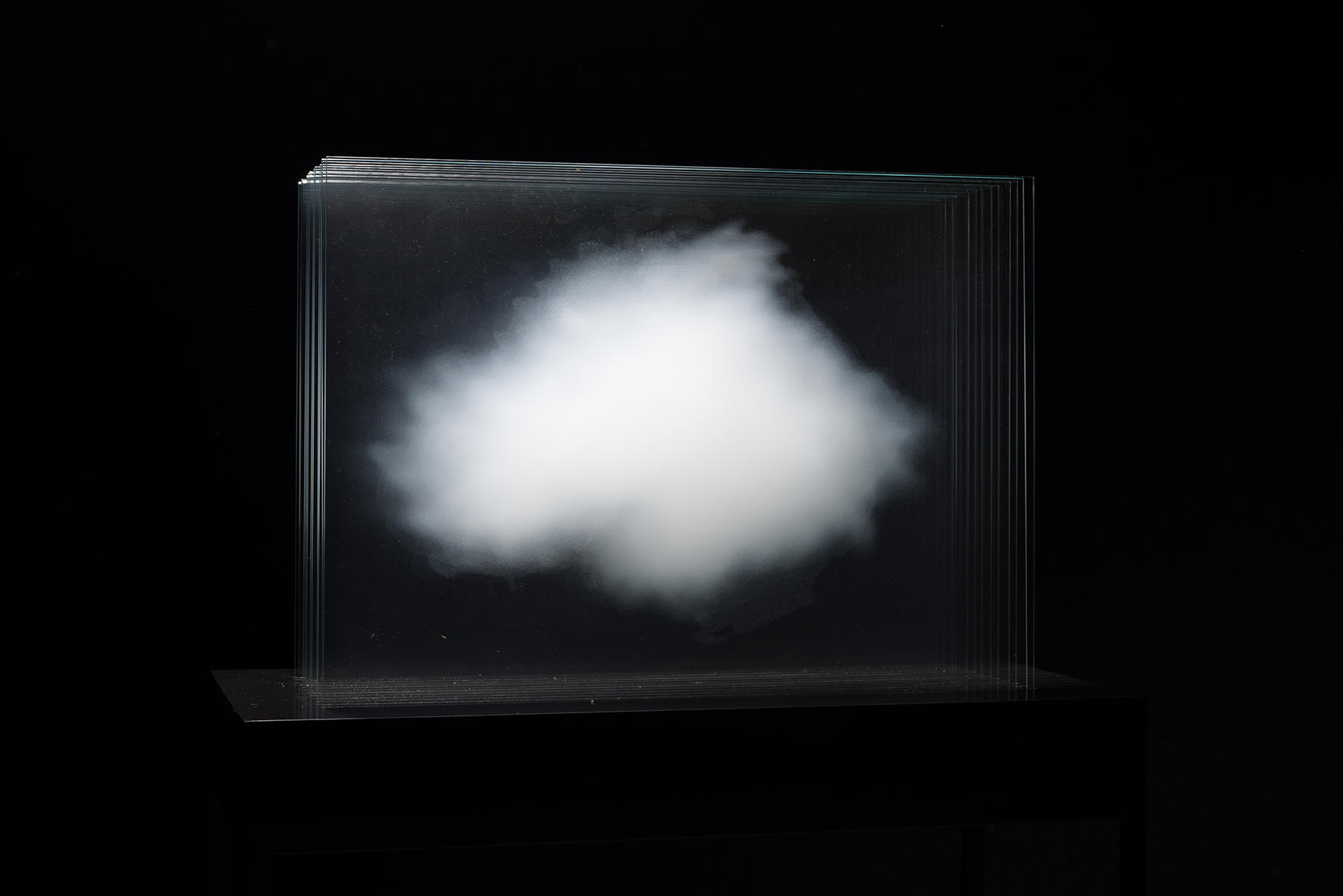
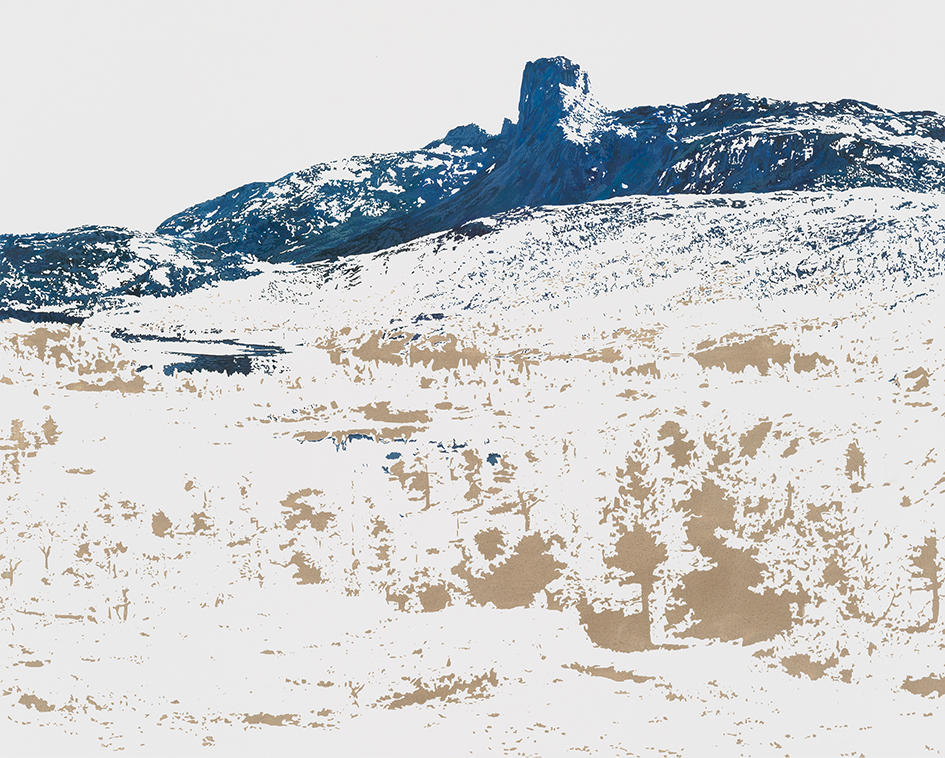
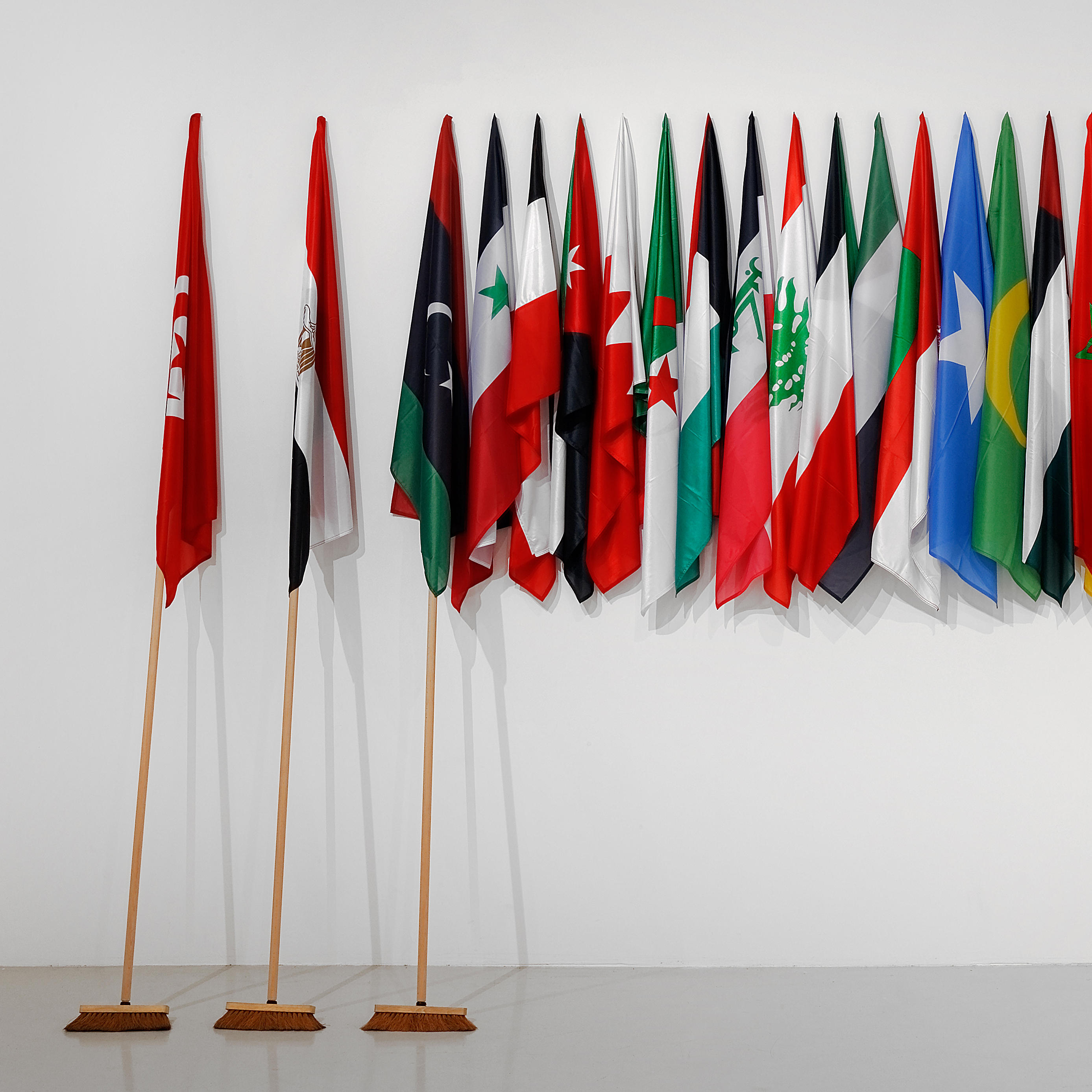
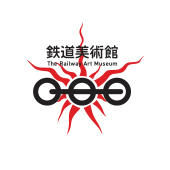
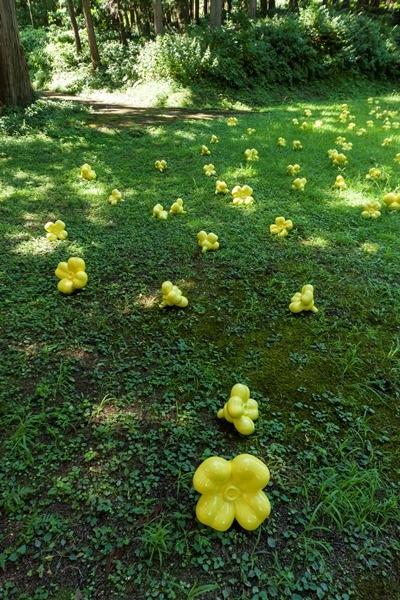
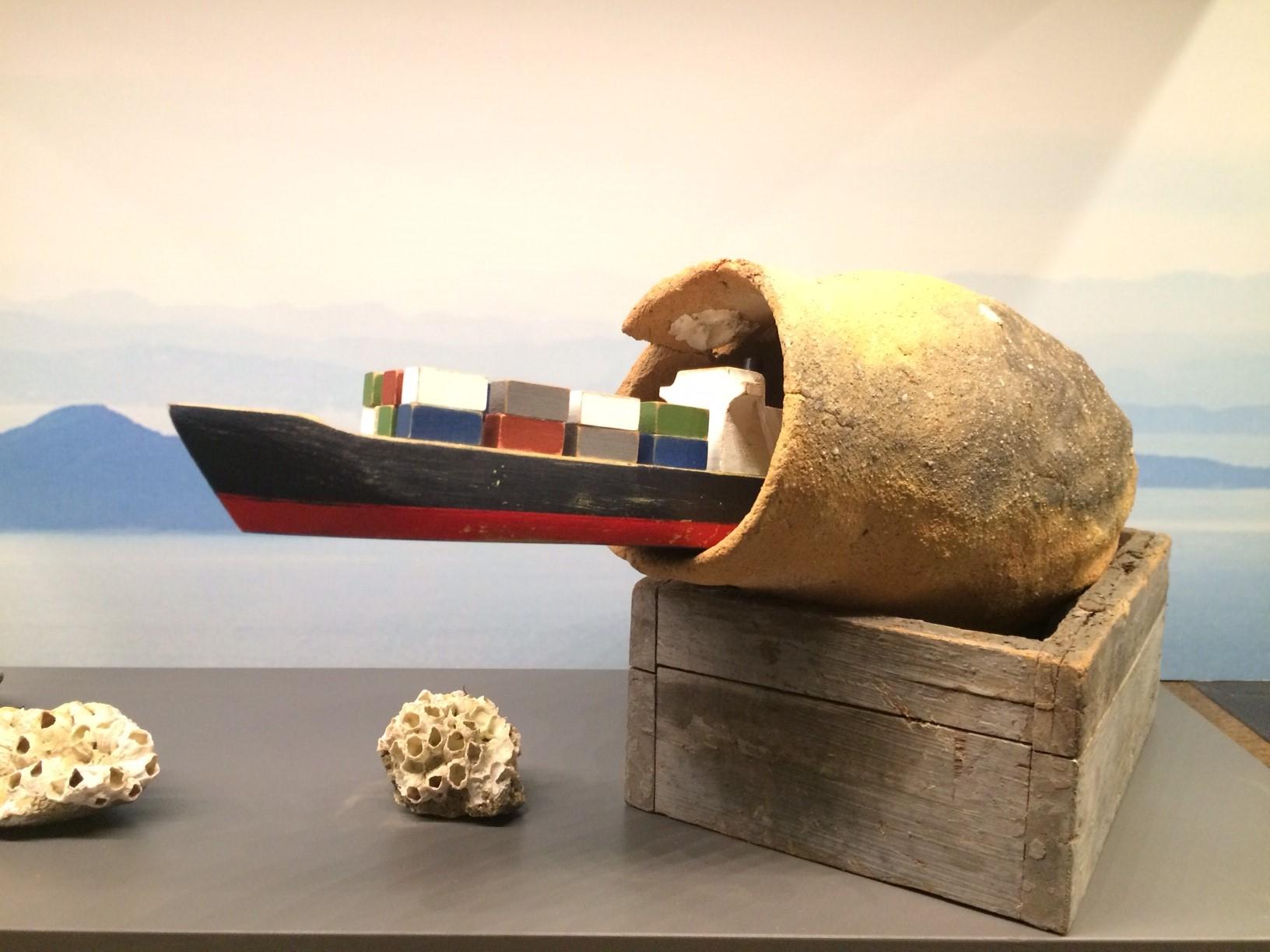
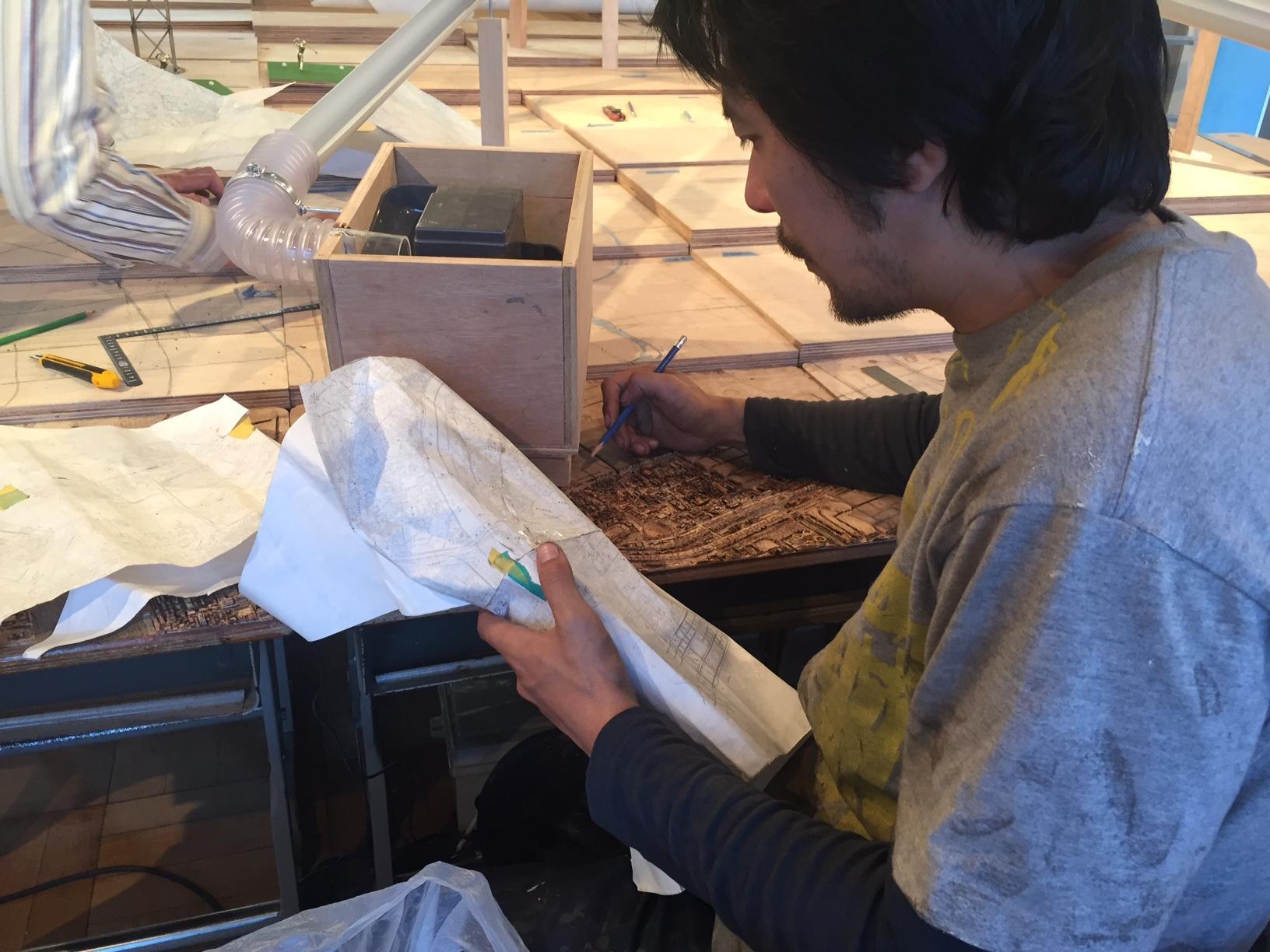
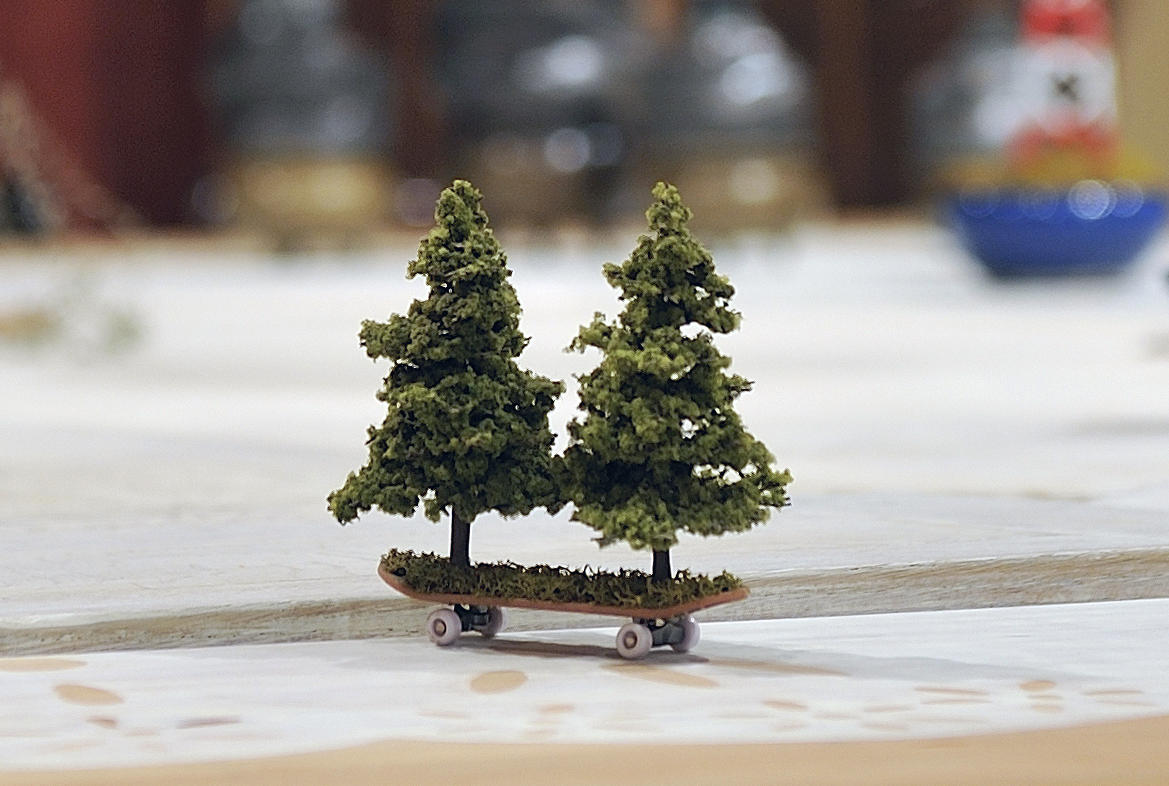
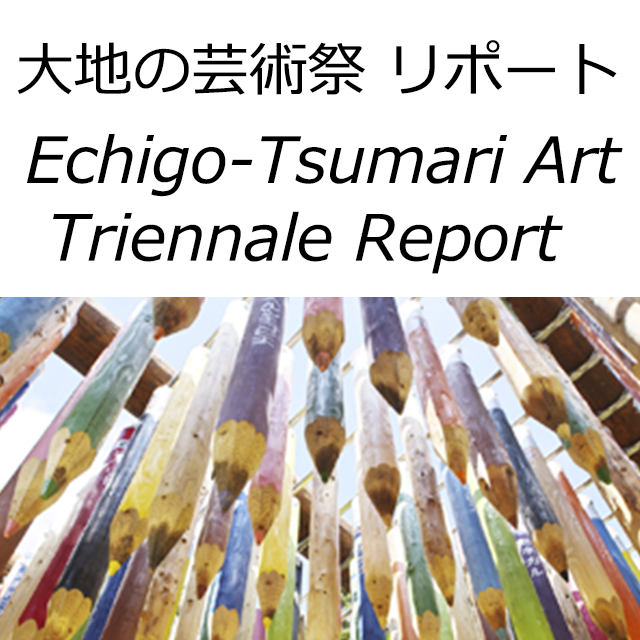
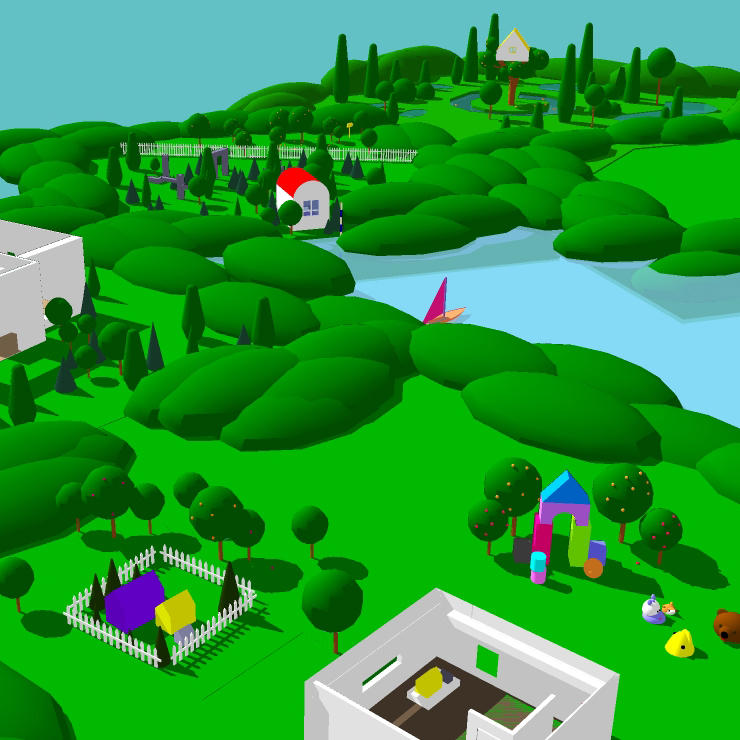
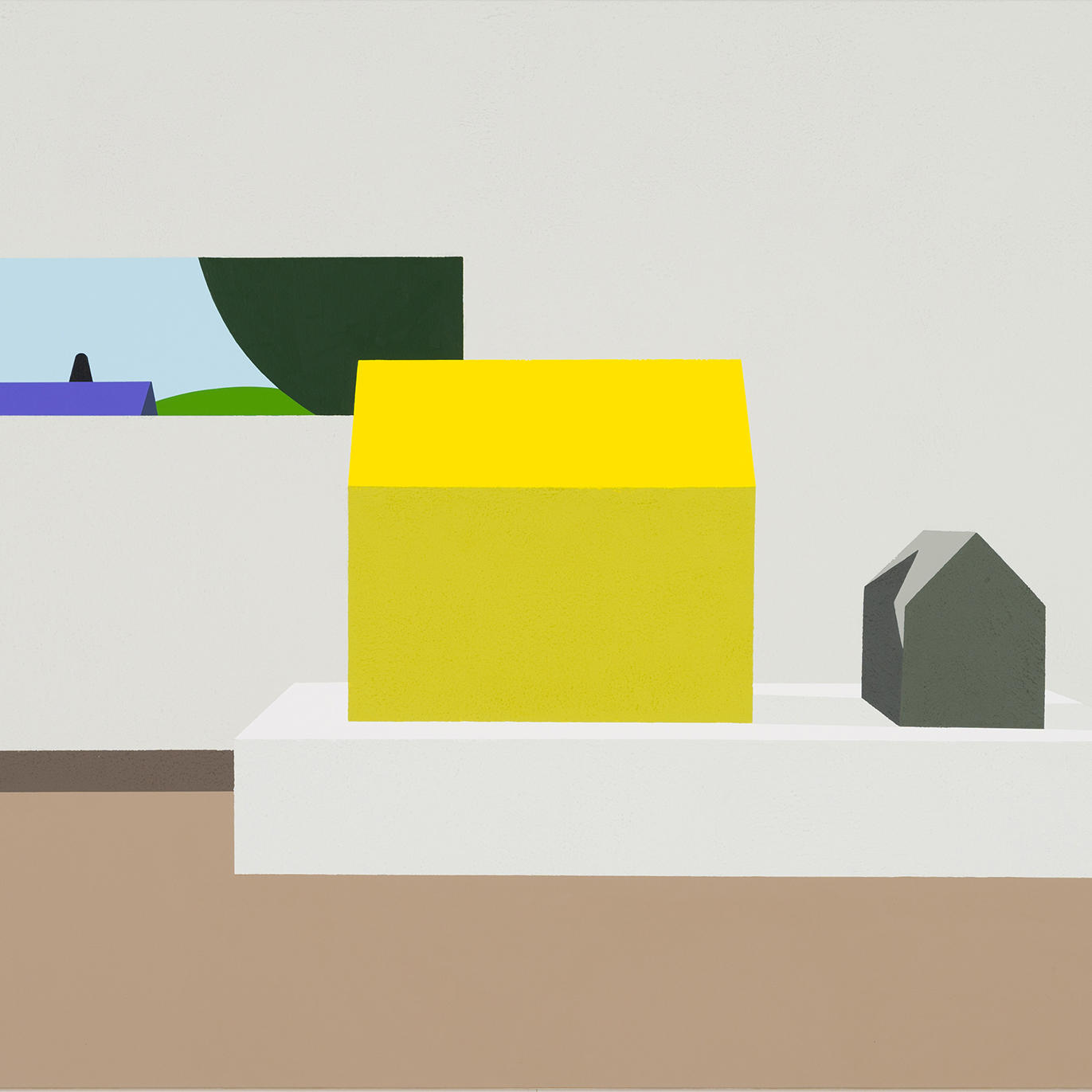
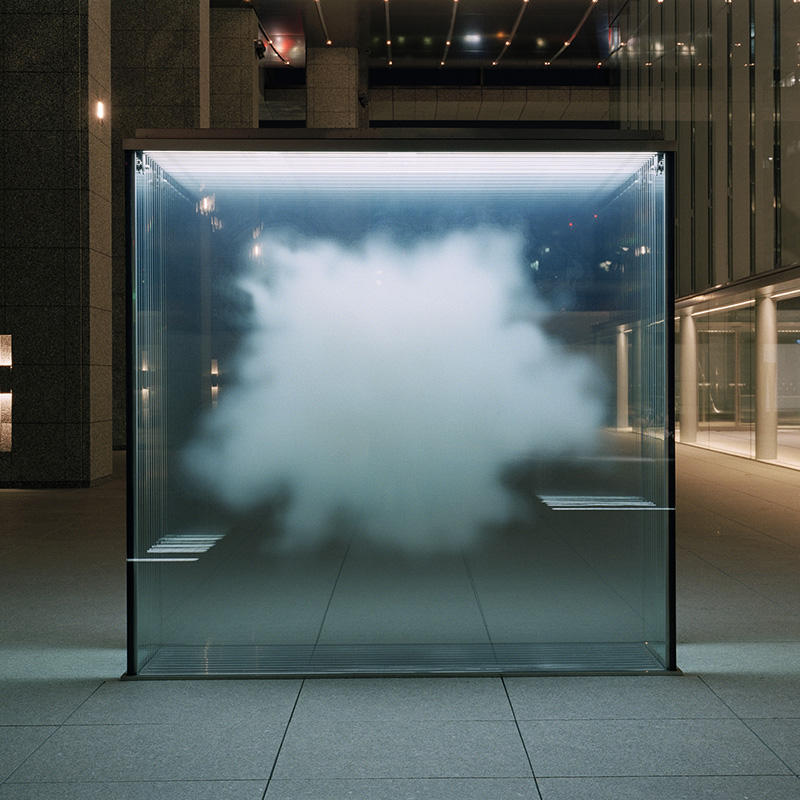
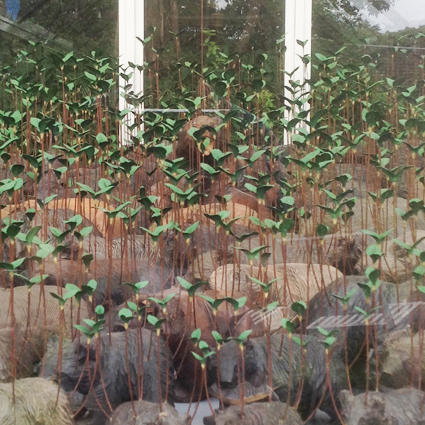
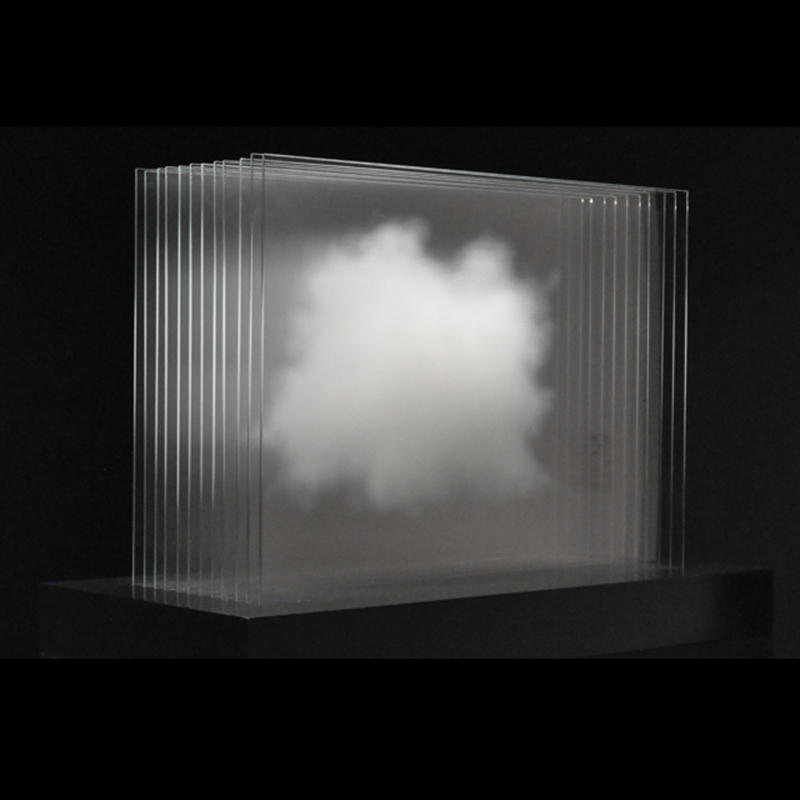
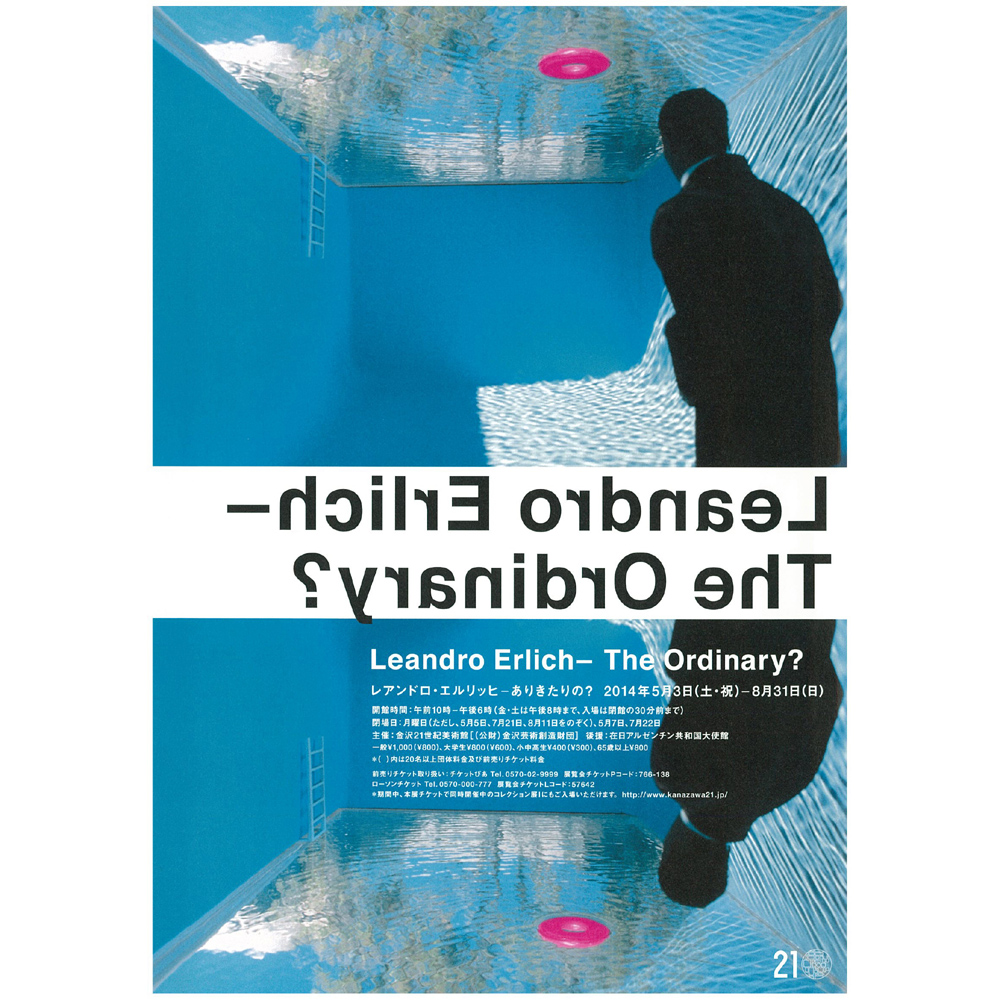
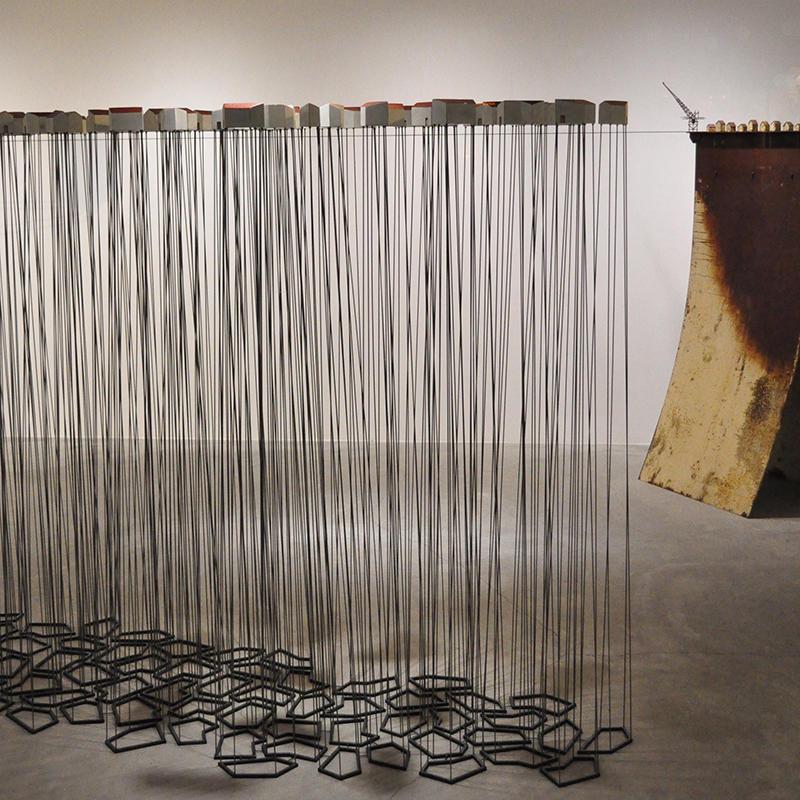
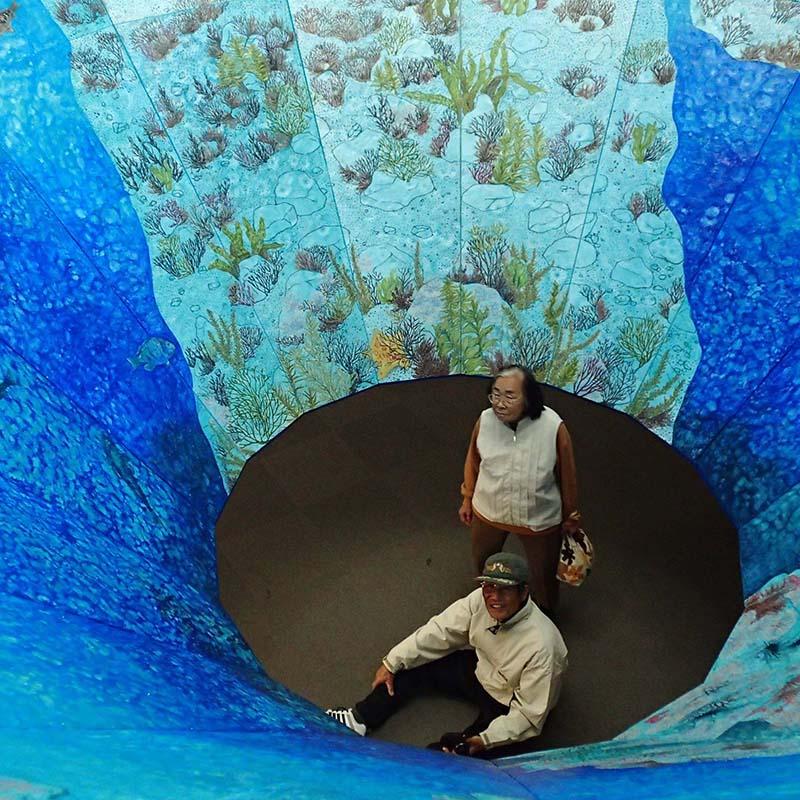
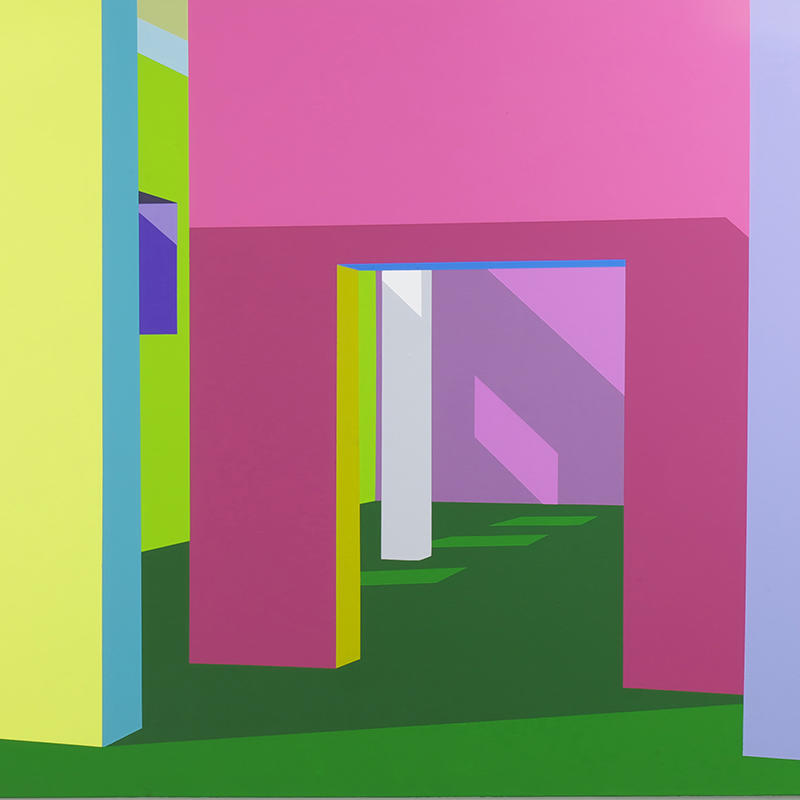
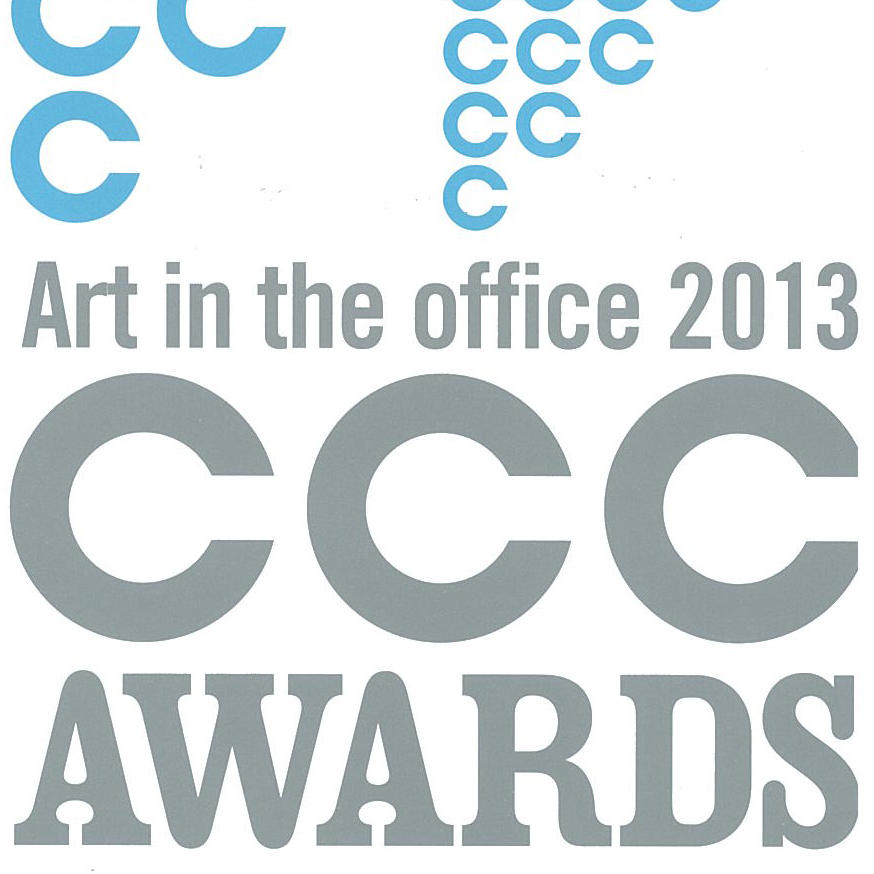
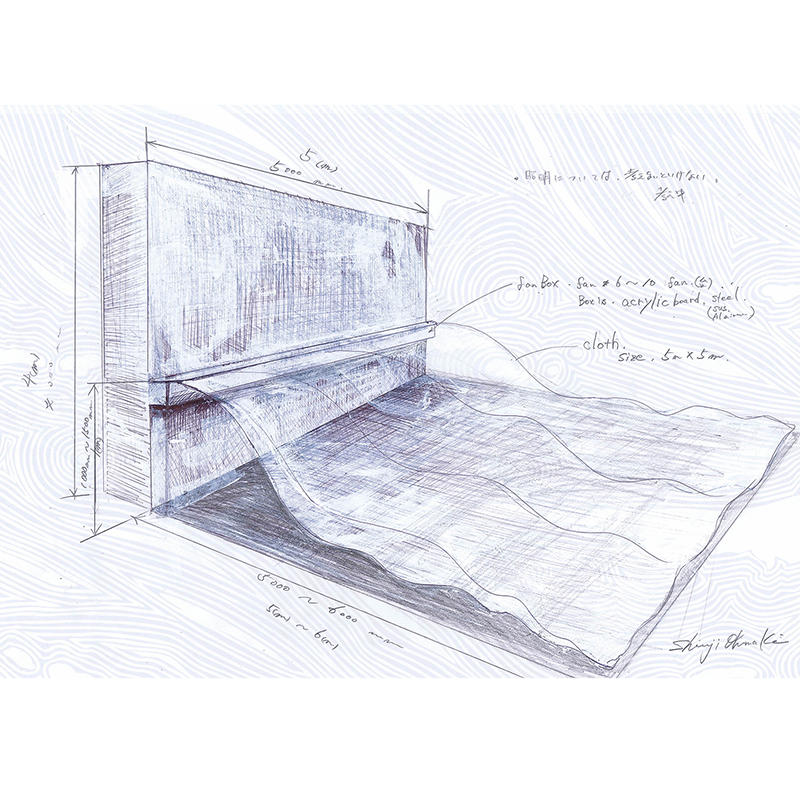
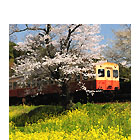
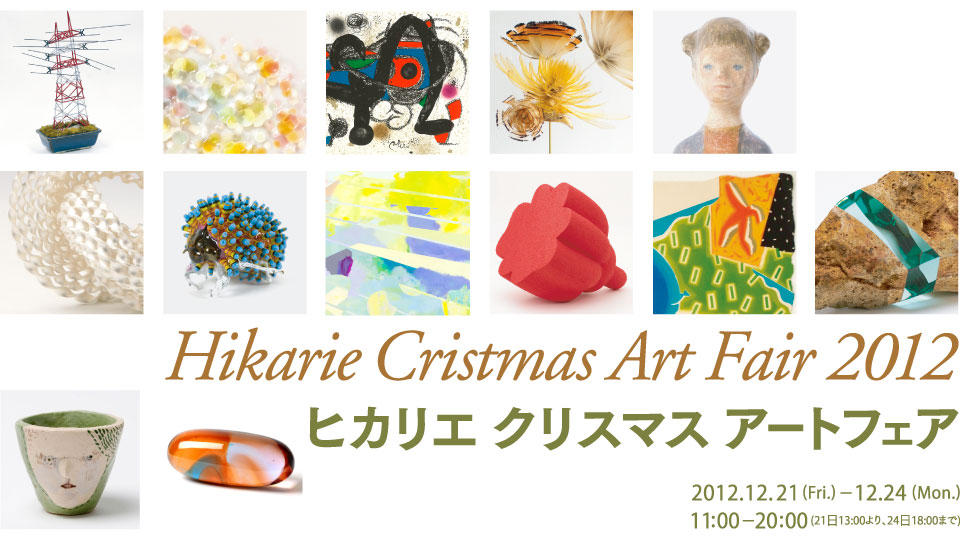
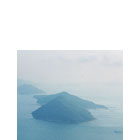
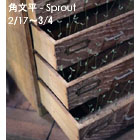
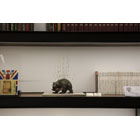
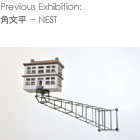
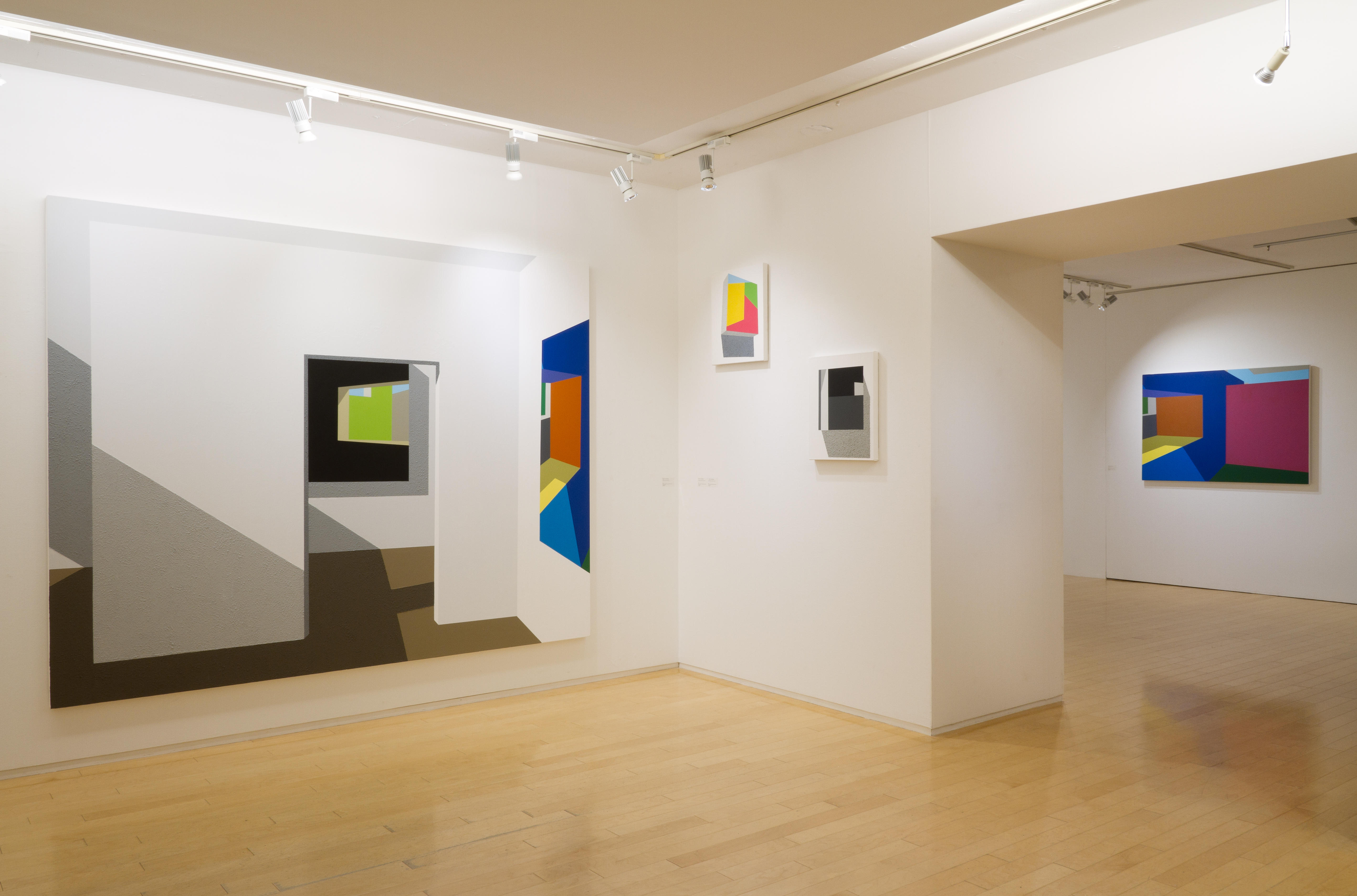
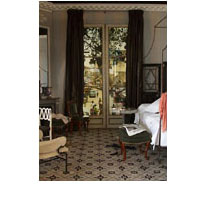
Related Exhibition



